Photo report “Africa – Land of Bushmen”
This was our first and probably the most difficult, organizationally, expedition to Africa. In 28 days we managed to visit four countries in southern Africa: Namibia, Botswana, Zimbabwe and South Africa, get acquainted with the life and traditions of local residents, and visit the most famous National Parks of these countries.
So, we begin our story. We arrived in South Africa in early August, in the midst of the dry season. At this time of the year, there is practically no rain, the grass dries up and the animals are more and more concentrated near the few water bodies. This is the best time to watch the wild animals of Africa. Our first stop is at Mapungubwe National Park, which is located in the very north of South Africa, on the border with Botswana.
Here, in a cozy lodge, we will spend 2 days, and of course an unforgettable safari in the park awaits us.
Having crossed the Limpopo river, we ended up in Botswana, on the territory of the North Tuli private reserve.
Tuli Safari Lodge is located on the territory of the reserve, on the banks of the Limpopo River, where we will stay for the next 3 days.
Three days of stay in the reserve “Northern Tuli” flew by like one day. In the evening, with a glass of champagne, we discussed with our rangers tomorrow’s flight to Zimbabwe, to Hwange National Park.
After a long flight, we finally landed at the airport of Hwange National Park.
Hwange National Park is one of the main attractions in Zimbabwe. It is located in the west of the country and covers an area of 15 thousand square kilometers. Initially, the lands on which Hwange is now located belonged to the royal family of Ndbele, and in 1929 it was decided to turn them into a nature reserve. Here, in the park, we will stop at the cozy Heide Safari Lodge.
Early in the morning our lodge was surrounded by a herd of African buffaloes. They almost got close to the entrance to our bungalow, and we decided to try to film them.
Video: Adventure World – Surrounded by buffaloes. Hwange National Park.
The morning meeting with the buffalo added to the mood, and we go deep into the park to get acquainted with the animals living here.
Four days passed quickly, and it was time for us to go again. This time we will get acquainted with the main attraction not only of Zimbabwe, but of the whole of Africa – Victoria Falls.
We decided to devote this evening to a walk on a small boat along the Zambezi River to meet the sunset.
The walk was a success, and at the end of the day we go to the nearest village, where the locals staged a small ethnic performance.
Morning has come. Today is an extreme day, and we are going rafting with our guides.
Rafting on the Zambese River is considered the most difficult commercial rafting in the world. In these places there is a very strong current of the river, on the rapids it reaches 30 km / h, while the depth of the river reaches 45 meters. On our route there will be four rapids of the fifth category and one of the sixth. So, our local “commander”, with an exotic name for Africans Kostya, gives the command, and we begin our rafting. We hope to have an unforgettable experience.
Yes! That was great! The reality has exceeded all our expectations! We went rafting in different countries (Chile, Peru, Norway, Australia, New Zealand), but perhaps this “Zambezi white water rafting” was the most interesting!
Video: Adventure World – Best Rafting on the Zambezi River.
Today is a day of “relaxation”, and we go for a walk to Victoria Falls. Now, in the midst of the dry season, it is not so deep, but still impressive.
And of course, we could not deny ourselves the pleasure of flying in a helicopter over Victoria Falls.
Video: World of Adventures – Helicopter flight over Victoria Falls. Zimbabwe.
This concludes our stay in Zimbabwe. Having received great pleasure, we again set off for Botswana. This time we will get to know the Chobe National Park. Chobe National Park is the oldest national park in Botswana and the third largest in the country. It covers an area of 10 566 km², and has consistently been included in the top of various ratings of national parks in Africa. Acquaintance with the animals living in the park, we begin with a water safari along the Chobe River.
On the river bank, a lone lioness successfully attacked a buffalo. When she was full, she was about to leave, but she so did not want to leave the prey to be devoured by the vultures.
Video: Adventure World – Lioness with Prey. Nat. Chobe park. Botswana.
The most extreme part of our journey begins today. We take off-road vehicles from the Chobe River to the Okavango Delta.
On the way we have to spend eight days observing the life of the animals living here, and we will spend the night in tents, in the wild bush, among wild animals.
In this part of the expedition we were joined by two young couples, “gallant” Italians and “tough” Americans, as well as a “lonely English wanderer.” And if you add a Moldovan, a Russian and a Belarusian to them, you get a pretty interesting company …
Today we enter the Moremi Nature Reserve. It is located on the eastern side of the Okavango Delta and was named after one of the tribes of Botswana. There are quite a few lions and leopards here and we hope we get lucky to see these big African cats in the wild.
Usually in the midday heat, lions like to rest under the shade of trees. Peering into the distance, we finally noticed a pride of lions resting in the shady grass.
And in the shady thickets of bushes, a young leopard is hiding from the midday heat.
Seeing our car, he, not paying any attention to the Kafr horned raven, slowly leaves his shelter.
Video: World of Adventures – Pride of Lions. Leopard. Moremi. Okavango. Botswana.
Well, we go to our camp, set up in a picturesque place, on the outskirts of the bush.
And tomorrow, on wooden boats, carved from a solid tree trunk, we will sail along the Okavango River to one of the picturesque islands formed in the river delta.
And as always, our guides have found a great camp site.
Here, in the wilderness of the Okavango Delta, in the company of locals, we will spend the final evening of our stay in this beautiful country – Botswana.
Video: Adventure World – Okavango Delta.
And tomorrow from the city of Maun, on a small light-engine plane, we fly to the capital of Namibia, the city of Windhoek, where a new stage of our expedition begins.
Windhoek made a good impression. A fairly well-kept modern city with spacious streets and a pretty center.
Here we are joined by the organizer and member of our expedition Oleg Panov. He specially flew from Cape Town to spend the next seven days with us.
After exploring the city, we head to our hotel to rest and tidy up after eight days in the wild in Botswana.
So, we go to the Atlantic coast of Namibia, to the city of Swakopmund.
Today is a day of rest, and we decided to ride an ATV on the sand dunes along the ocean shore.
And tomorrow, in a light airplane, we will fly to the very south of Namibia to get acquainted with another wonder of nature – Fish River Canyon.
Fish River Canyon is located in the Richtersveld National Park. It is the largest on the continent and the second largest in the world after the Grand Canyon in the United States. The canyon was formed as a result of colossal tectonic activity on the African continent about 150 million years ago: there was a fault in the earth’s crust, which for a long time expanded and deepened.
The size of the canyon is impressive! It stretches for 161 km in length, its depth reaches 550 m, and its width is 27 km. The longest waterway in Namibia, the Fish River, runs along the bottom of the canyon.
After completing our acquaintance with Fish River Canyon, we head back to Swakopmund, and from there north, along the Skeleton Coast, to Cape Cross.
This small rocky promontory, protruding into the Atlantic Ocean, is known for the fact that it was here that in 1485 the first European, the Portuguese captain Diogo Kan, landed on the coast.
The main attraction of the Cape Cross Reserve is the largest Cape fur seal rookery in the world located here. Every year, from eighty to one hundred thousand individuals gather on the cape, which give birth to up to thirty thousand babies. With their bodies, seals all over the coastal cliffs on the cape.
Not far from Cape Cross, right on the ocean shore, we noticed a table and decided to have a little snack. Who knows when there will still be a chance to have a drink on the Atlantic coast of Skeleton Coast!
In the morning the clouds cleared away, the storm subsided, and we decided to swim in the ocean before the road.
We leave the ocean coast and head north of Namibia to the mountainous region of Damara.
The Twifelfontein Valley is best known for its 6,000-year-old rock paintings. Amazing quiet place in the heart of the rocky desert!
Here, on a compact territory, there are thousands of well-preserved petroglyphs, which are protected by UNESCO.
In total, more than 2500 drawings on rocky slabs were created in the Twifelfontein Valley at different times. Basically, these are images of African animals.
Here, in the Twifelfontein Valley, there is another amazing place – a petrified forest. Its age is 150-200 million years! In those distant times, huge trees grew here, and dinosaurs ruled on Earth.
Some fossilized tree trunks are 3-5 meters long.
But for the most part, these fossilized trees fell apart over millions of years into separate stone pieces – hemp. If you take them in hand, you can see the annual rings and even the structure of wood, which grew hundreds of millions of years ago.
And next to it, we saw an amazing plant – this is Velvichia, a unique relic plant of its family.
It is unique in that it grows almost in depth. A small trunk turns into a long (up to three meters) root. The plant is dioecious, males and females differ from each other. Moreover, the period of Velvichia’s life is more than two thousand years!
Evening is falling and it’s time for us to head back to Windhoek. Tomorrow we have a flight to Cape Town, from where we will go to the southernmost point of Africa – Cape Agulhas.
Cape Town, washed by waters and blown by the winds of the Atlantic Ocean, is located at the very edge of the African continent
The city is over 500 years old and is considered one of the most beautiful cities in the world.
The city is crowned with the magnificent Table Mountain National Park. From the top of the mountain, a 360-degree panorama opens up and it is simply breathtaking when you look down at the huge modern city.
Not far from Cape Town, on the southern tip of the Cape Peninsula, there is the most famous Cape of the African continent – the Cape of Good Hope.
This is the most extreme southwestern point of Africa, as evidenced by the inscription with the exact coordinates installed on the site in front of the cape.
The first of the Europeans to reach this point of the globe was the Portuguese Bartolomeu Dias. The famous navigator found himself off the southern coast of Africa in 1488, trying to find a way to India. It was originally nicknamed the Cape of Tempest, but the king of Portugal, João II, was a very superstitious man and issued a decree to rename it.
Near the Cape of Good Hope is Cape Point, at the top of which there is a lighthouse.
From here, a magnificent view of the Cape of Good Hope and the adjacent cozy beach opens up.
Then we go to the very south of the African continent to the city of Hermanus.
The city is located on the shores of Walker Bay, and it is here that South Whales come in winter and spring.
The bay is considered one of the best places in the world for whale watching from the shore. Video: Adventure World – Walker Bay. Southern whale.
Evening finds us in a cozy lodge on the ocean shore. Here you can relax, drink some good South African wine and share your experiences during the expedition.
Today is the final day of our expedition, and we set off to the southernmost tip of the African continent – Cape Agulhas.
This is where the waters of the Indian and Atlantic oceans meet!
World of Adventures Archive. Film: “Africa Bushmen Land” Travel through 4 countries in southern Africa.




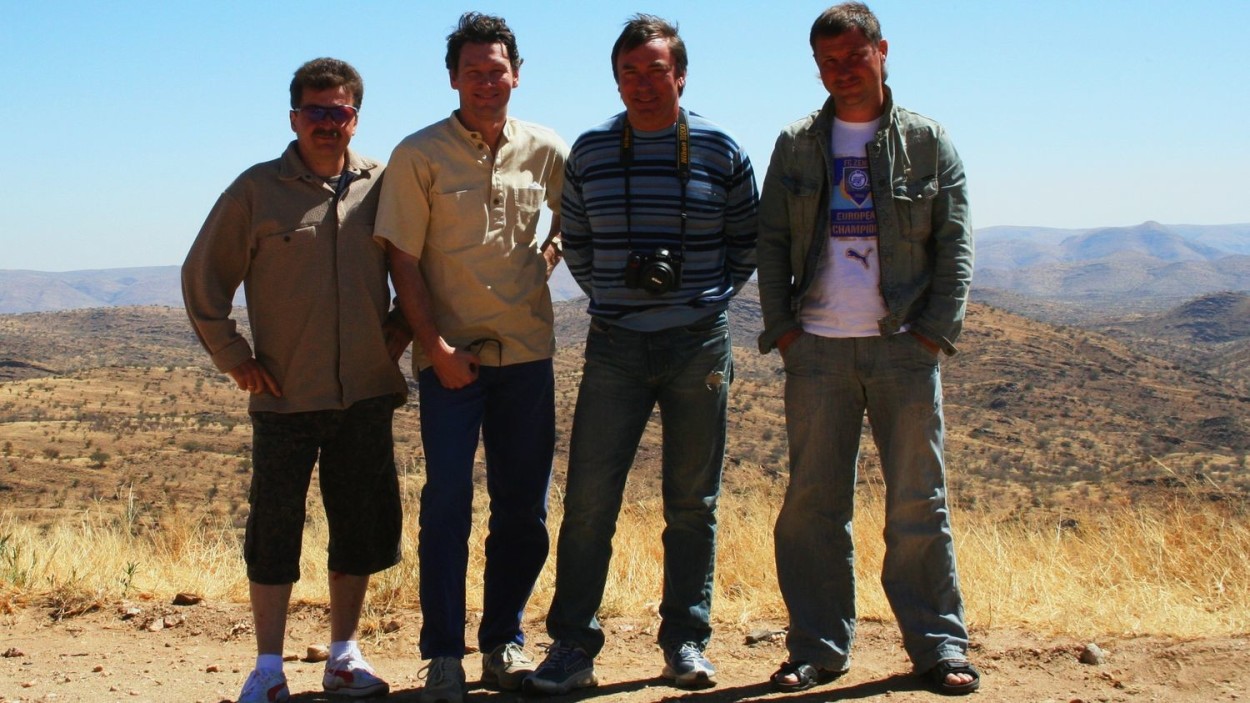
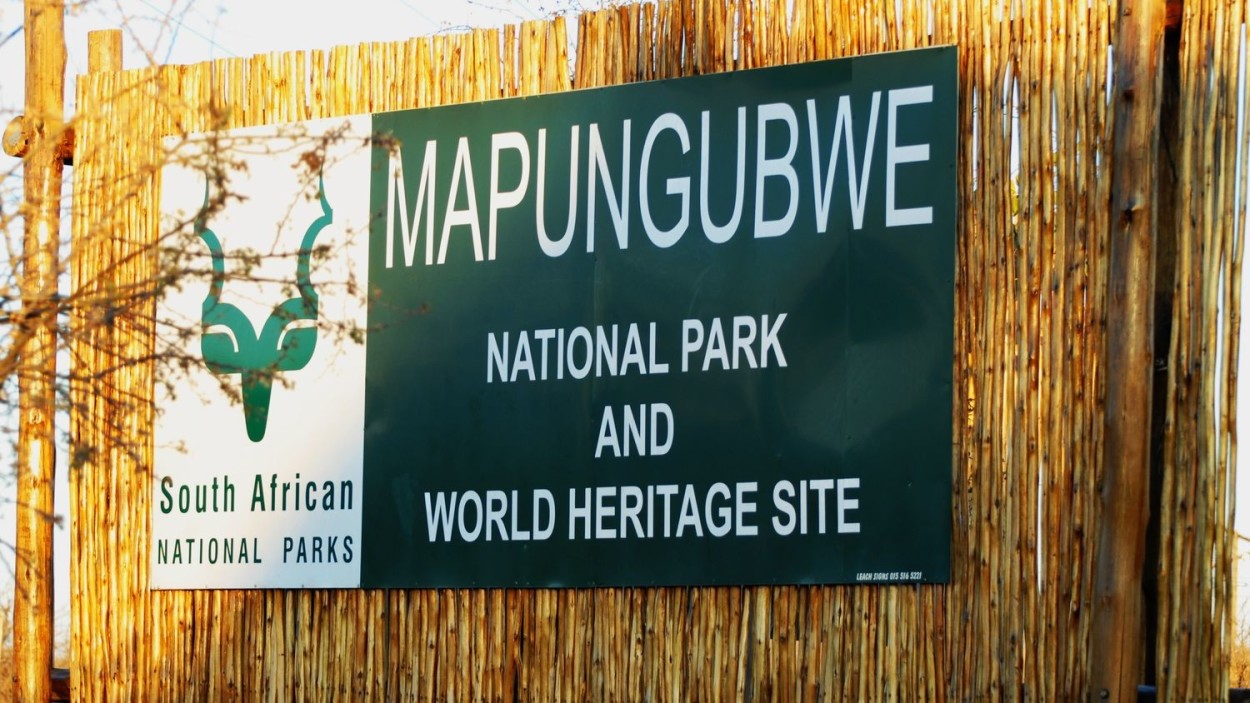
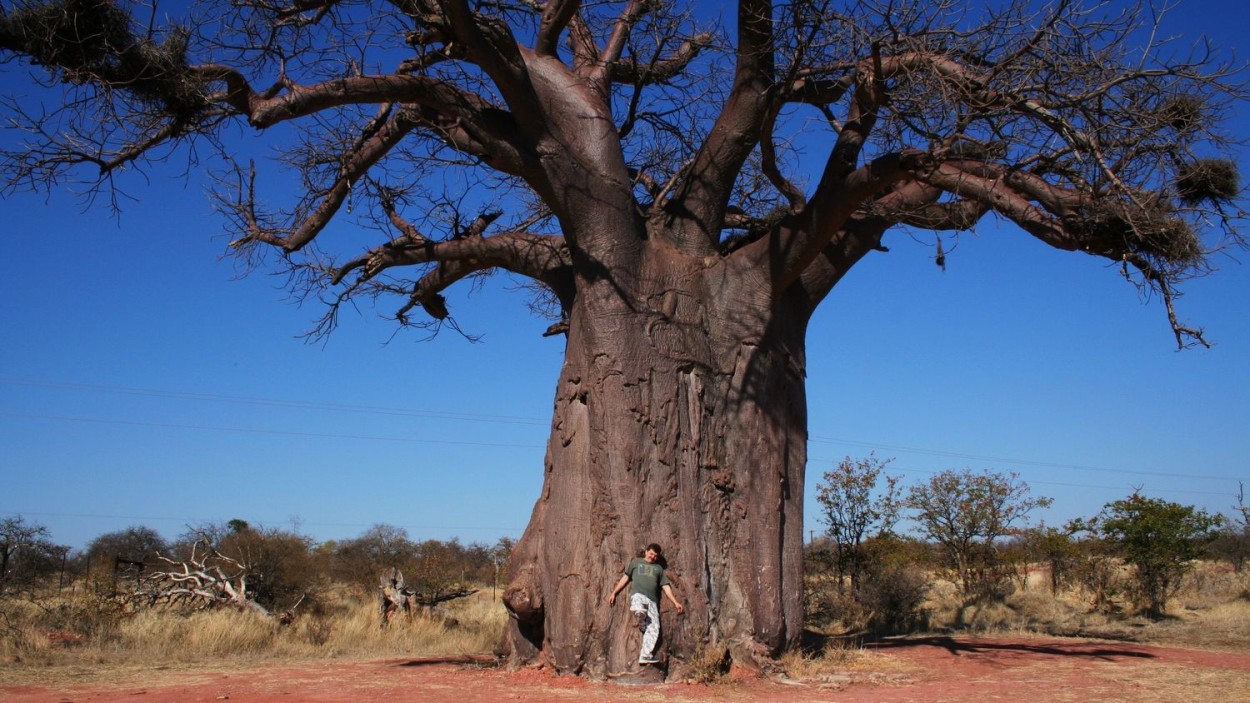
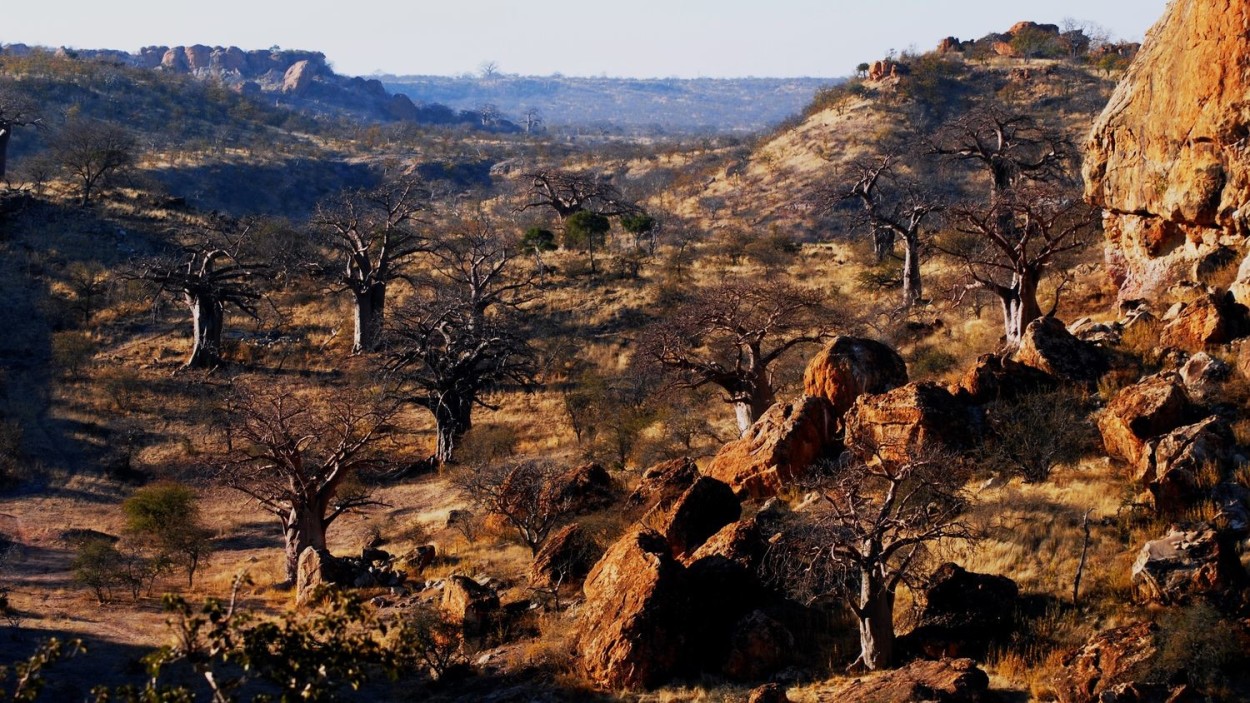
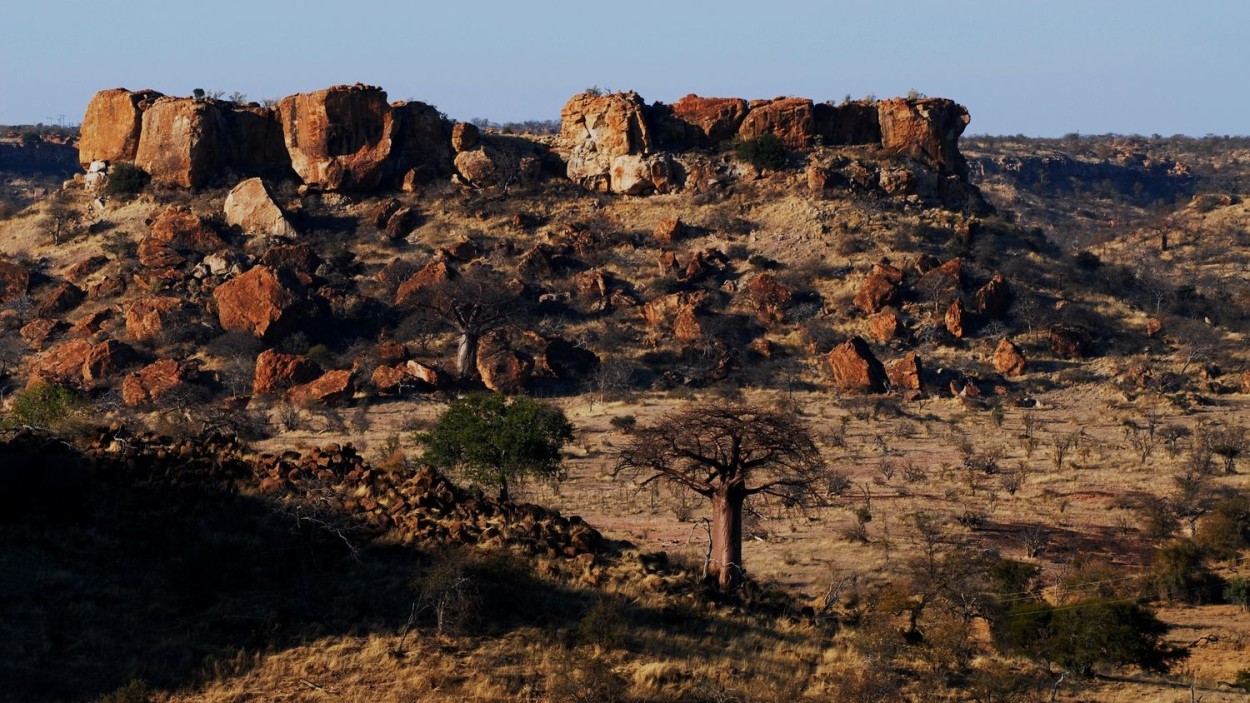
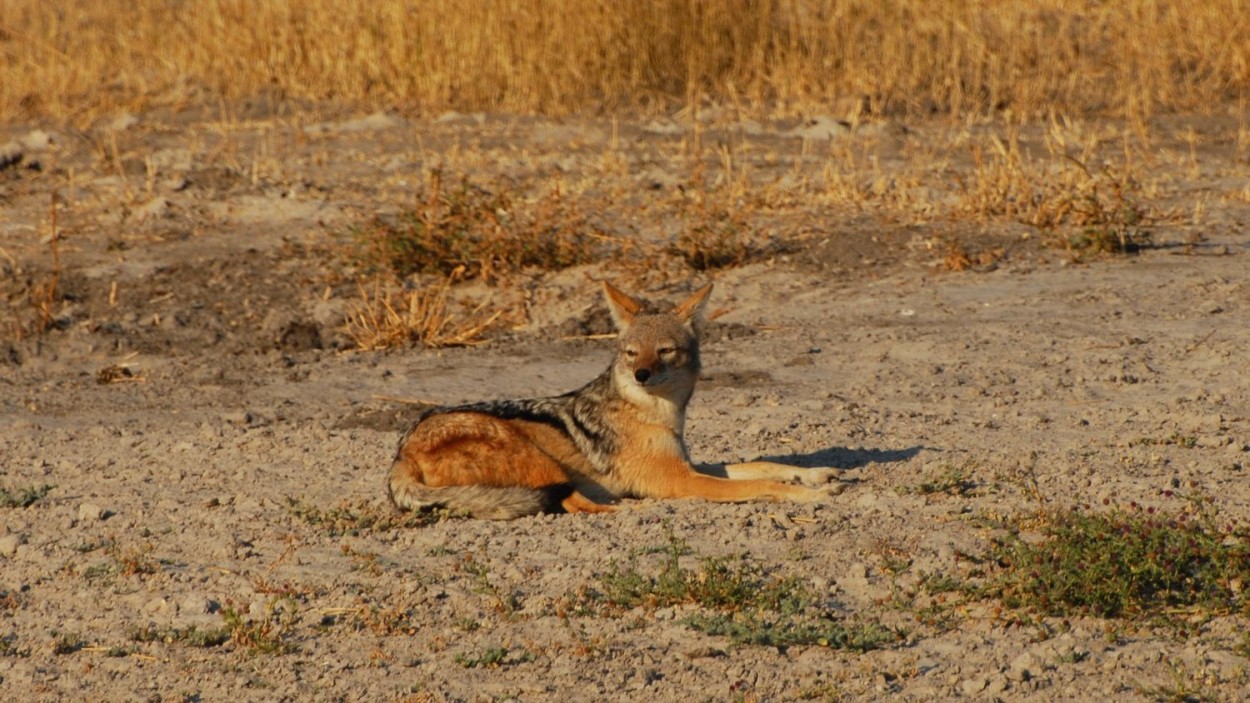
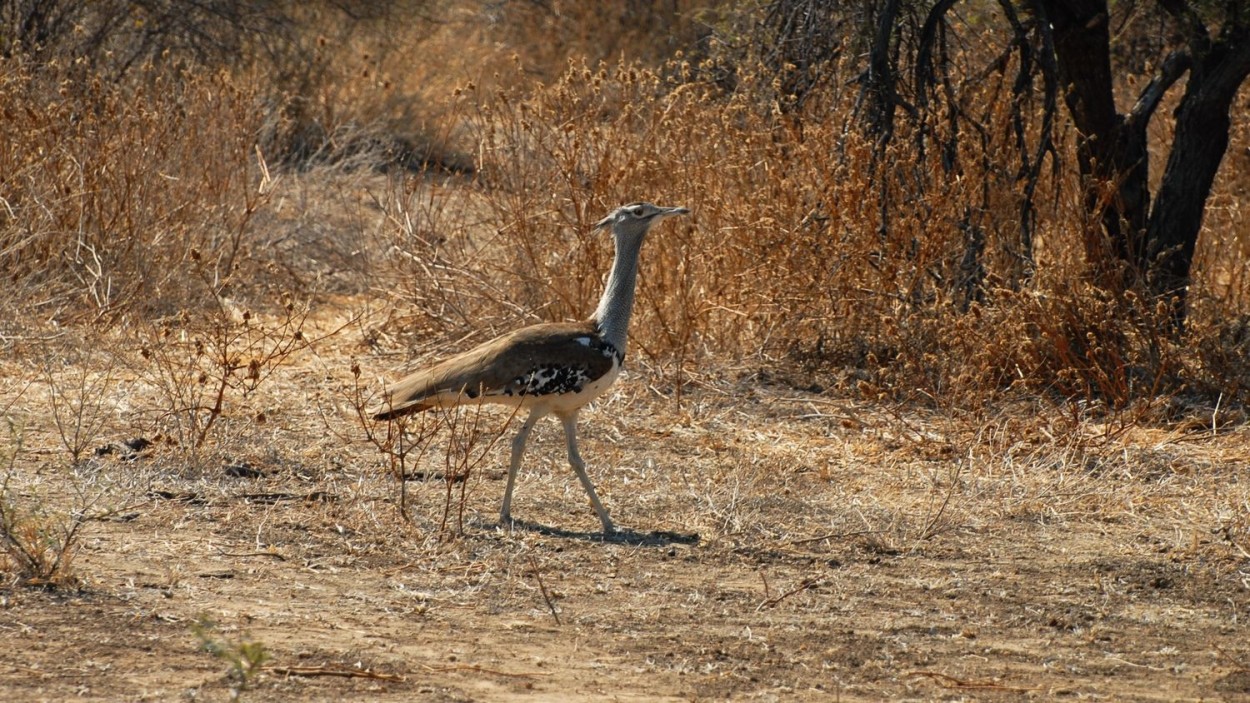
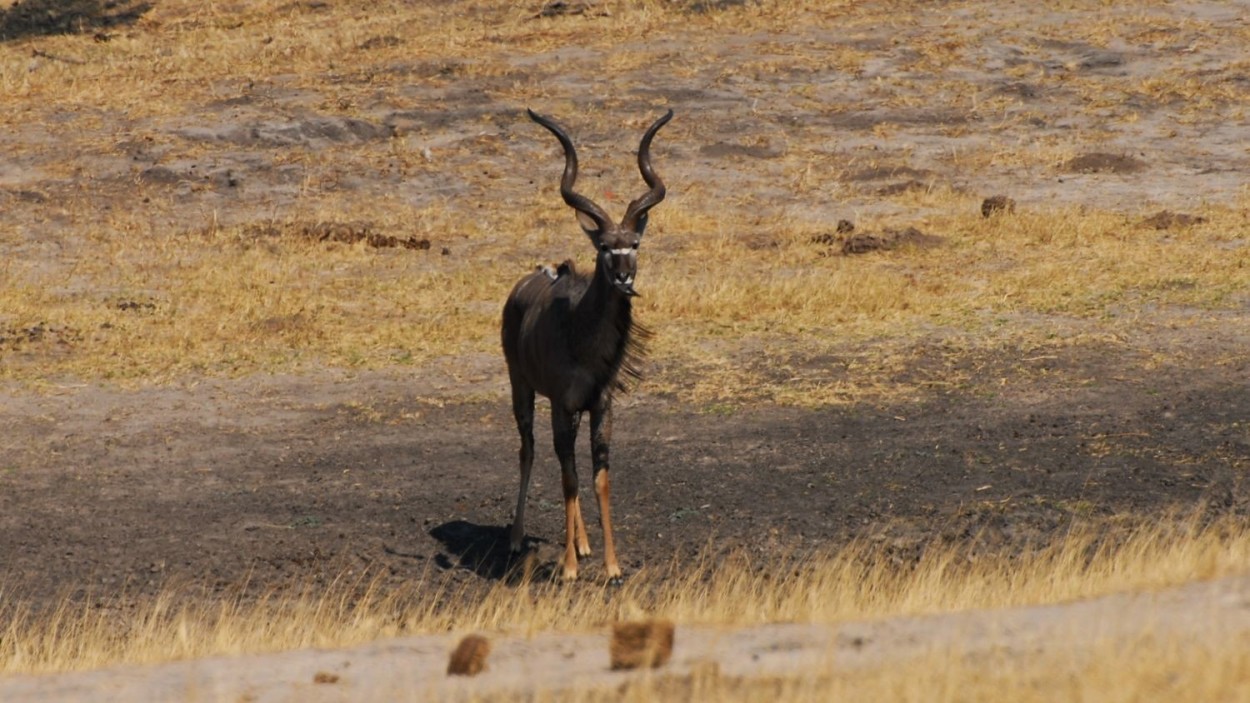
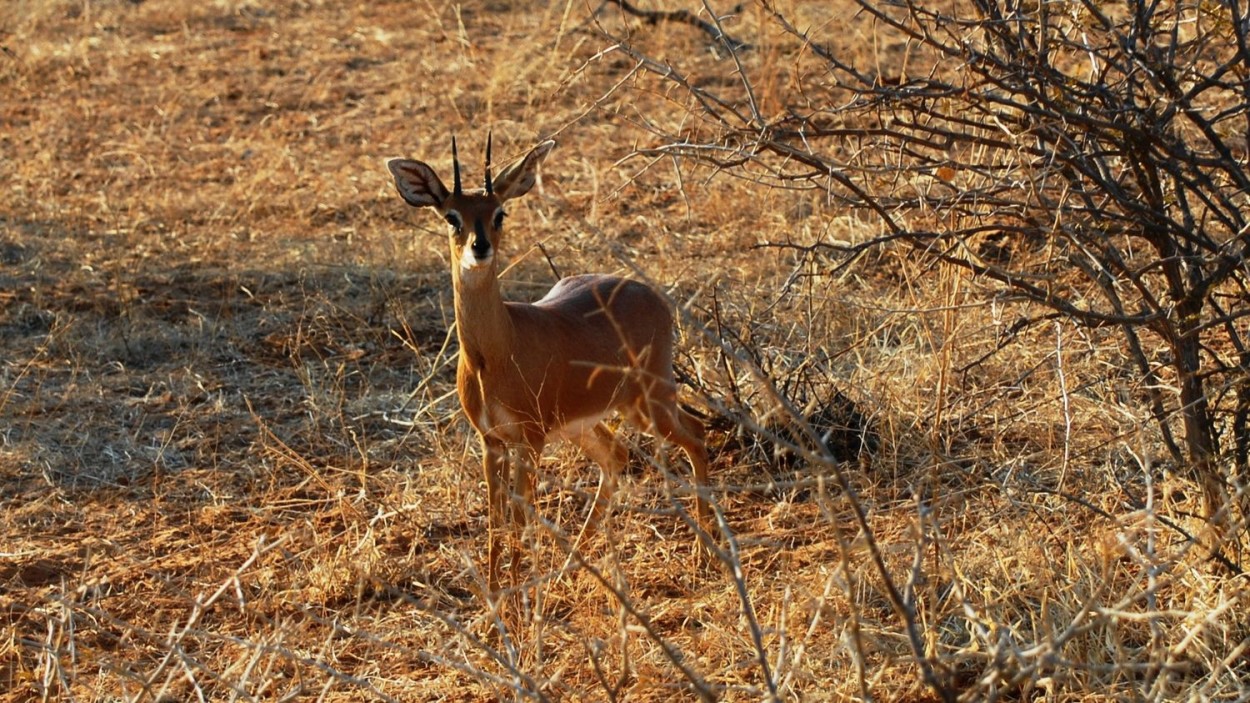
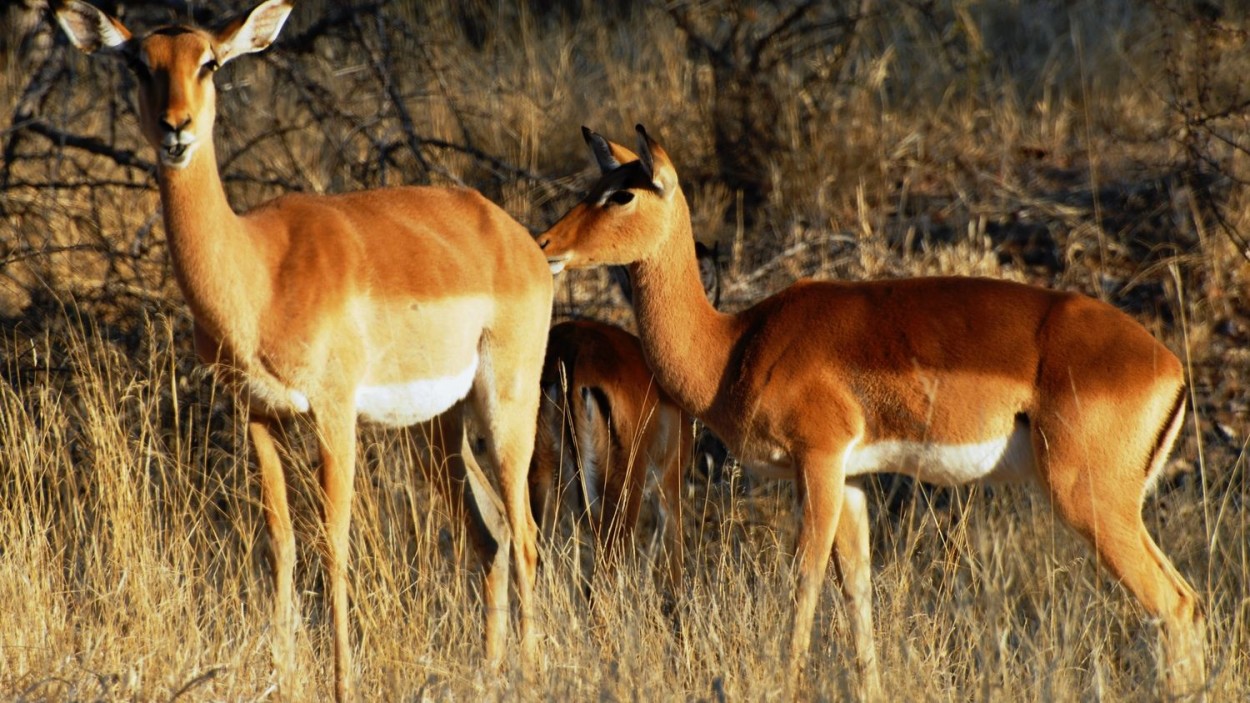
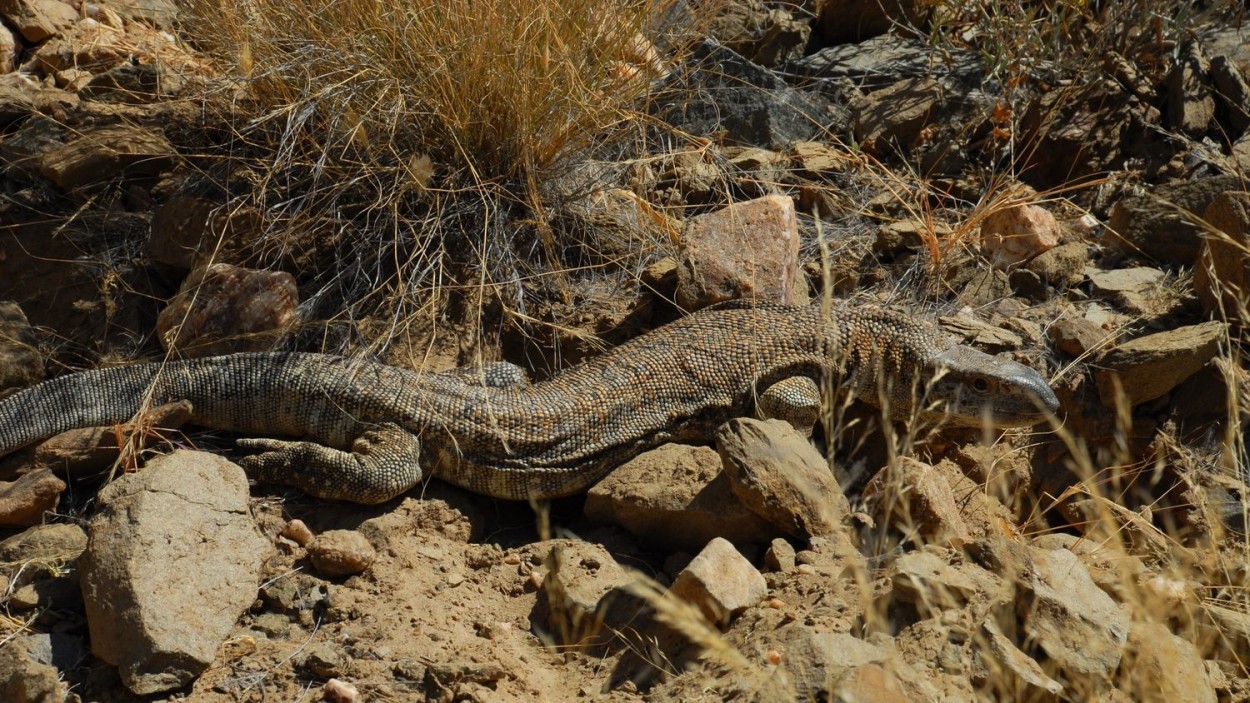
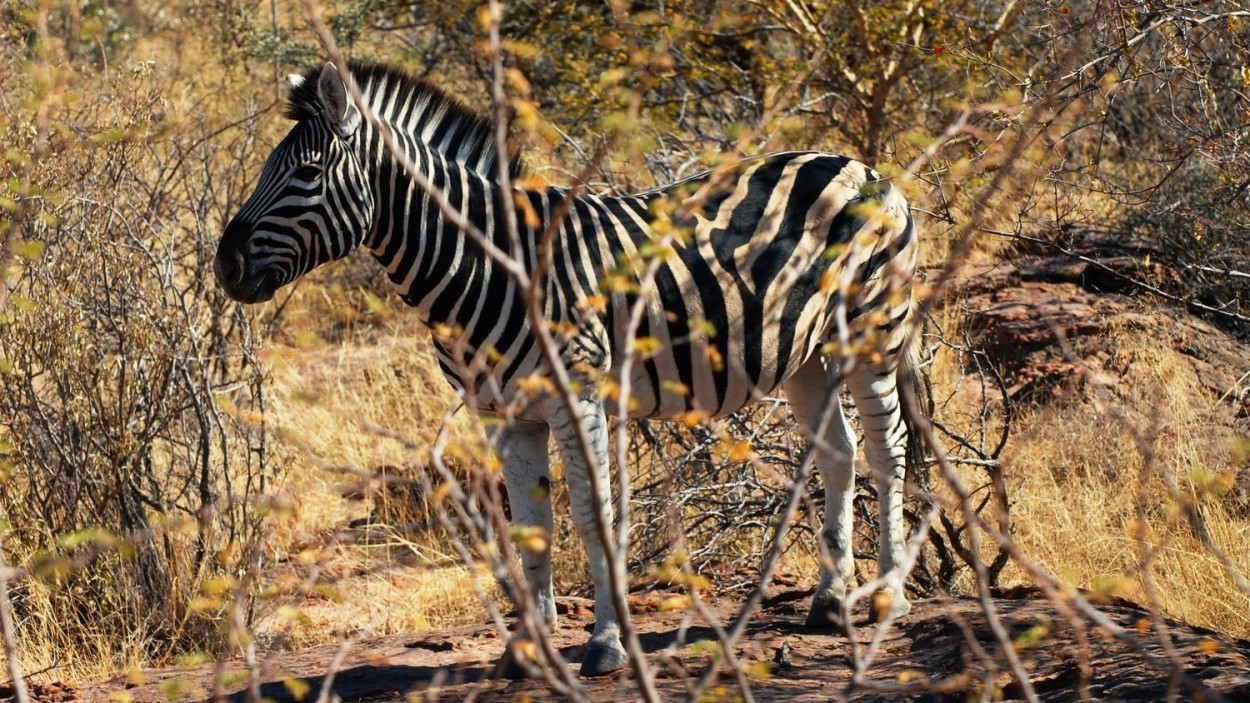
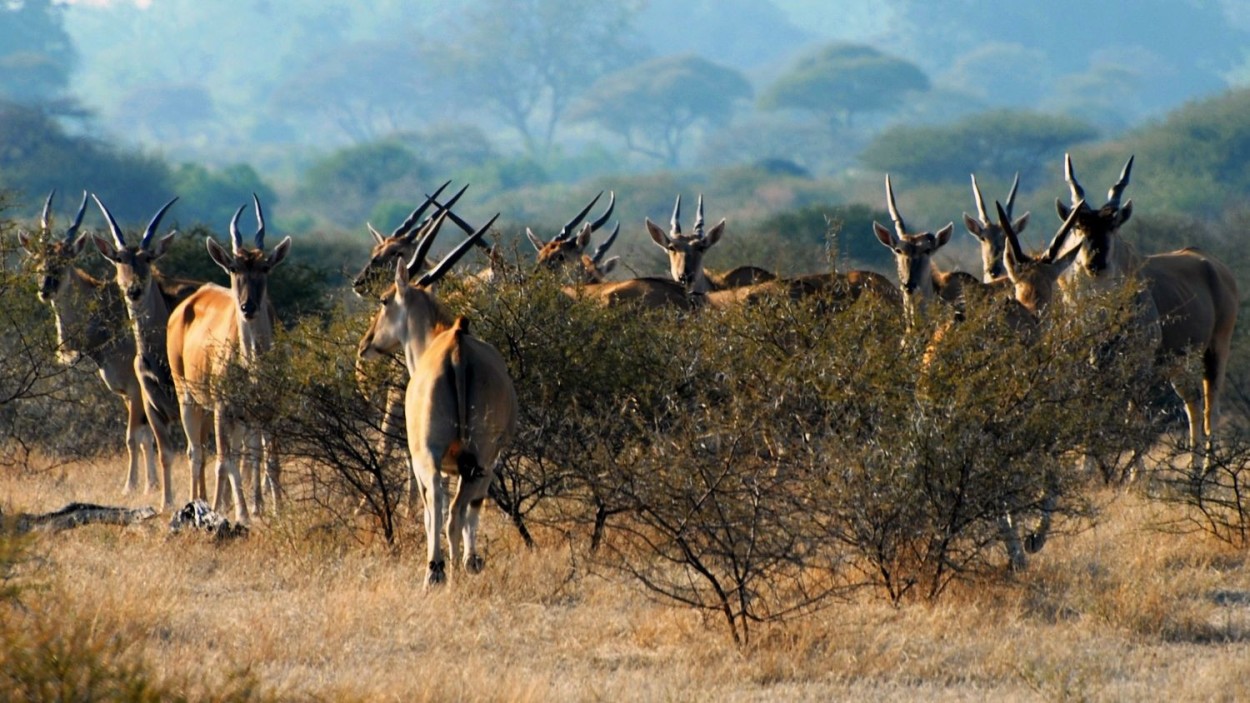
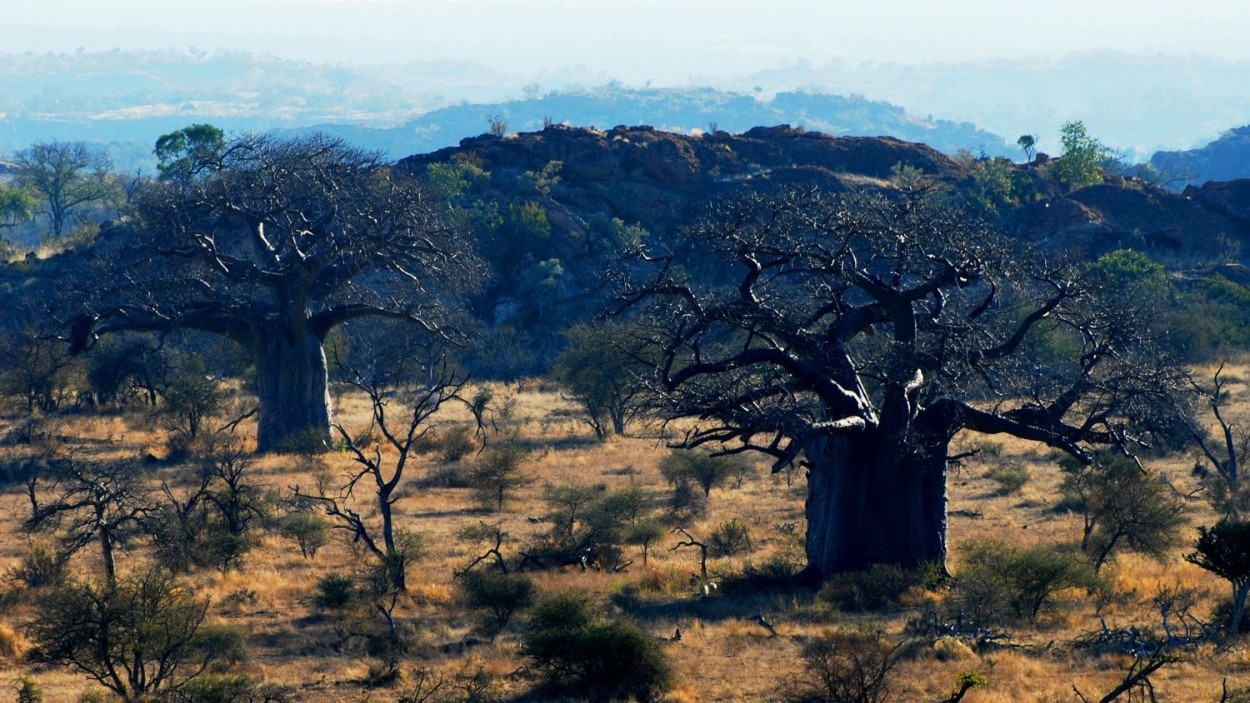
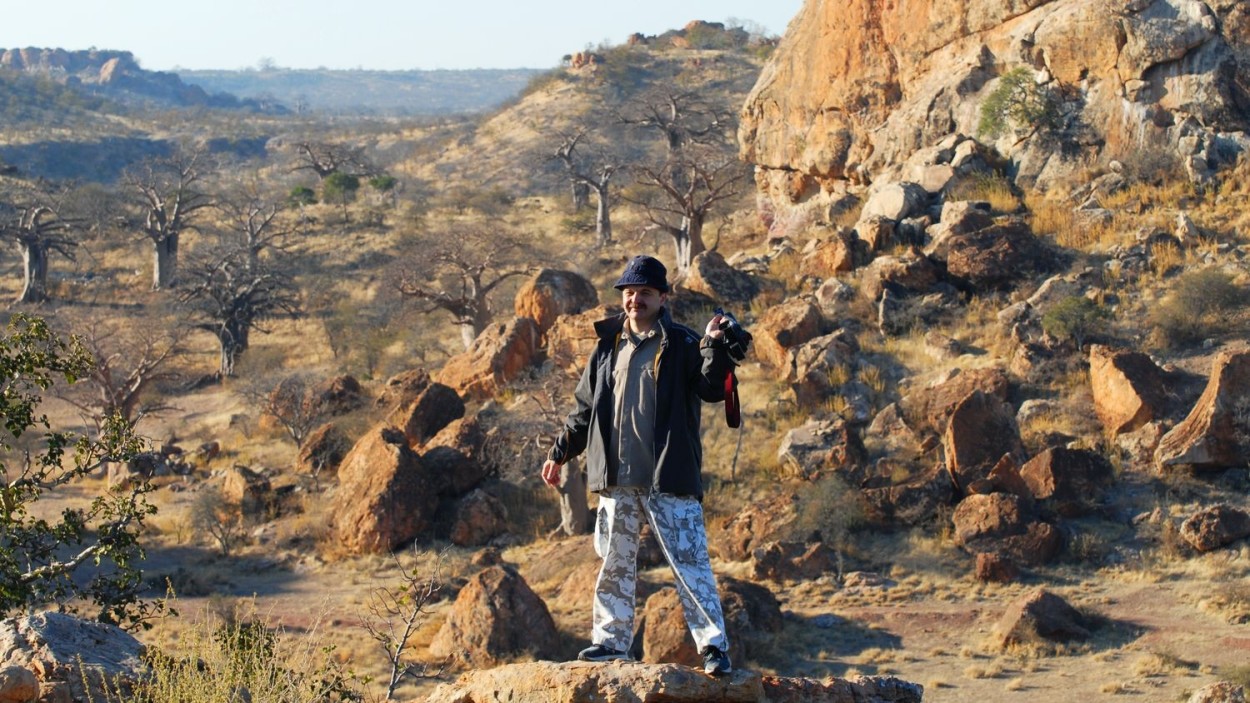
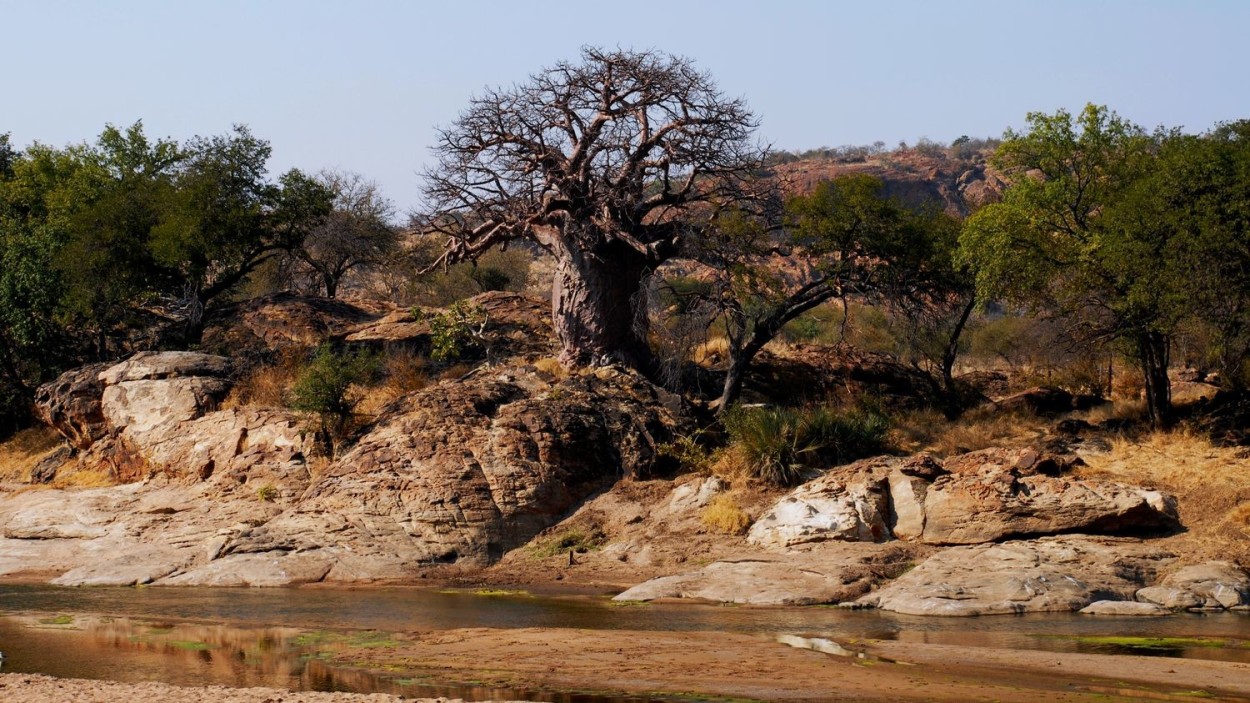
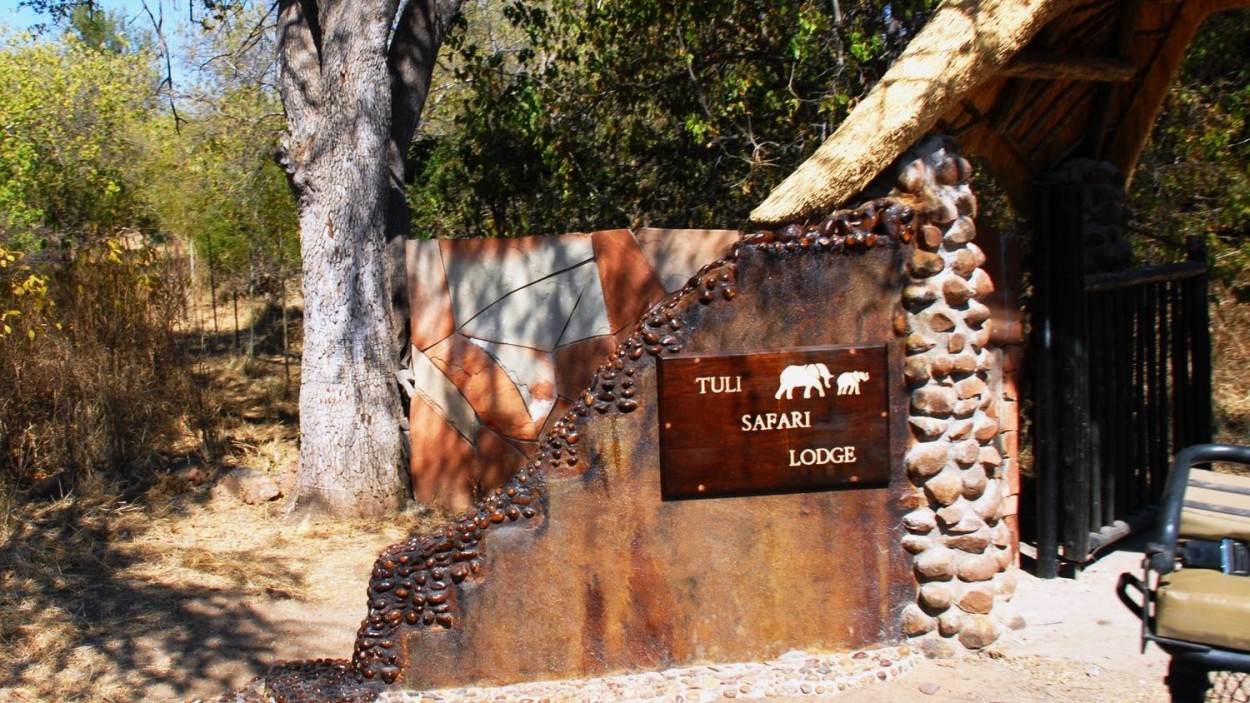
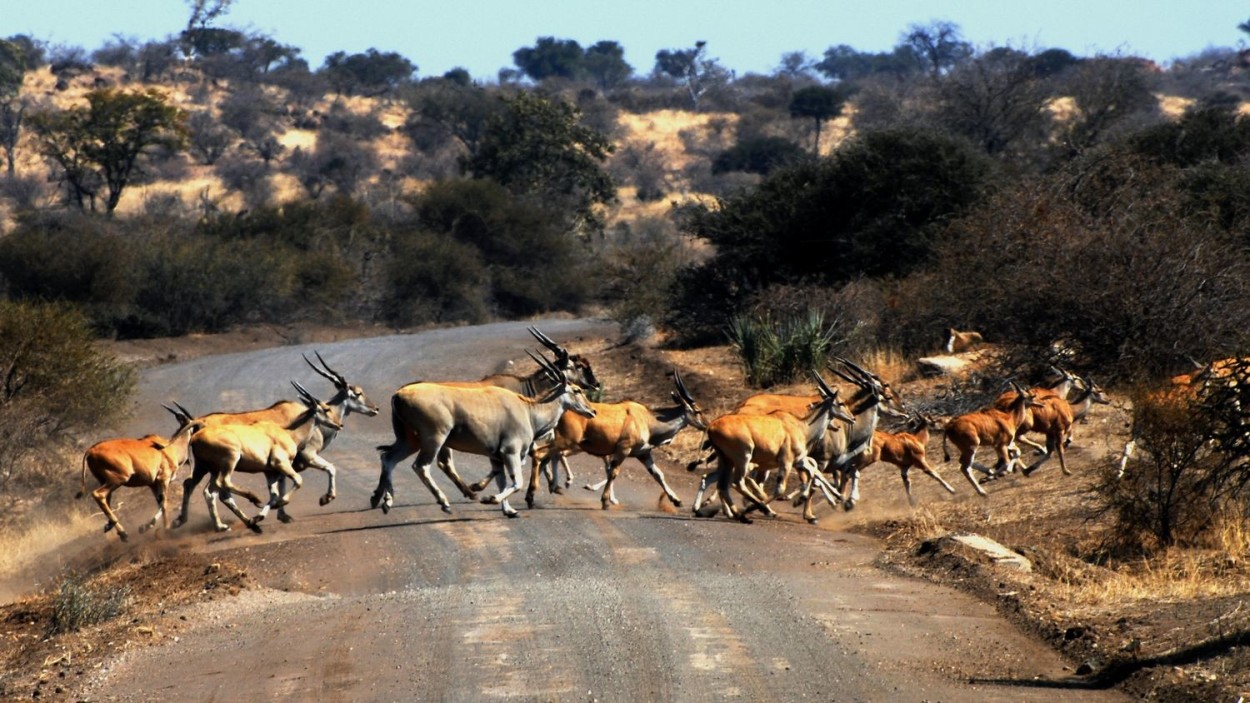
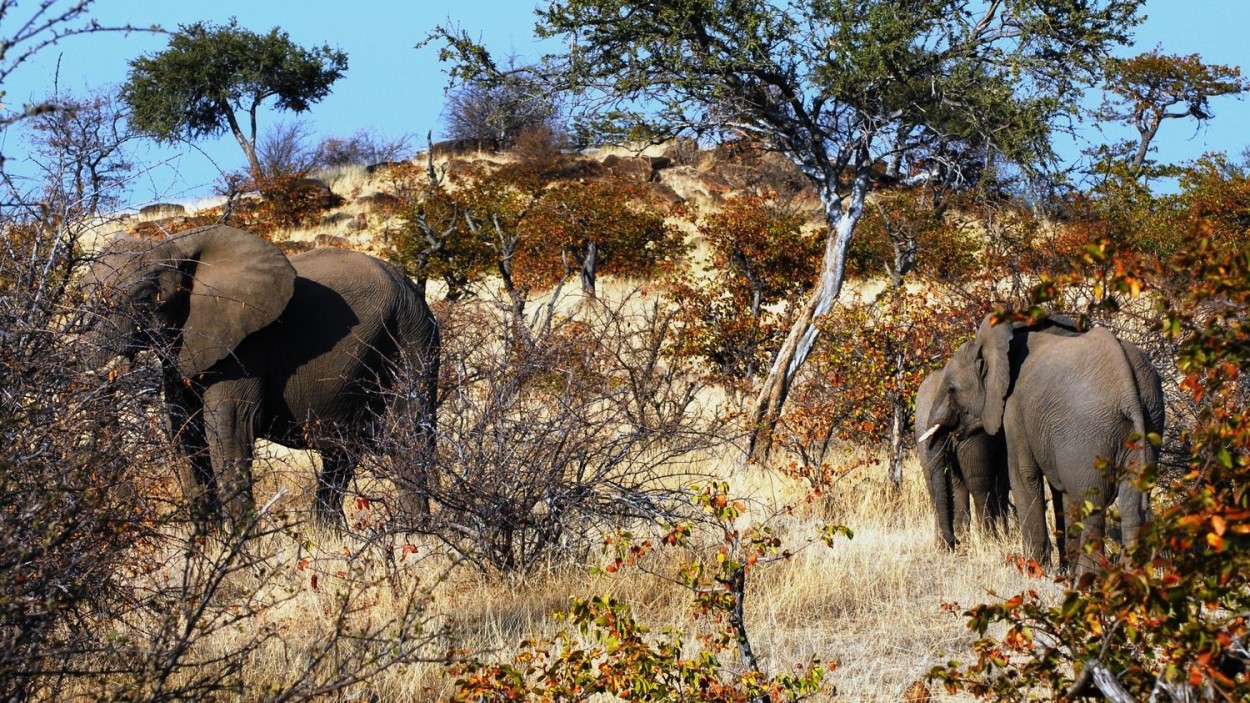
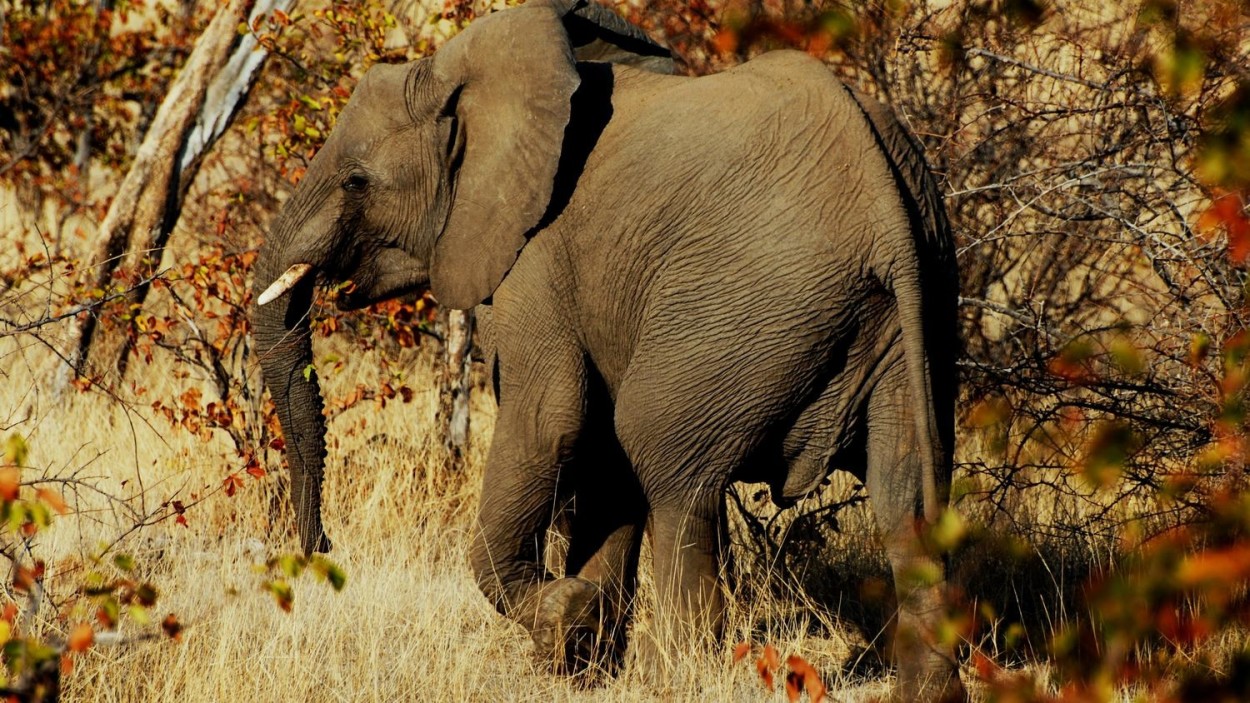
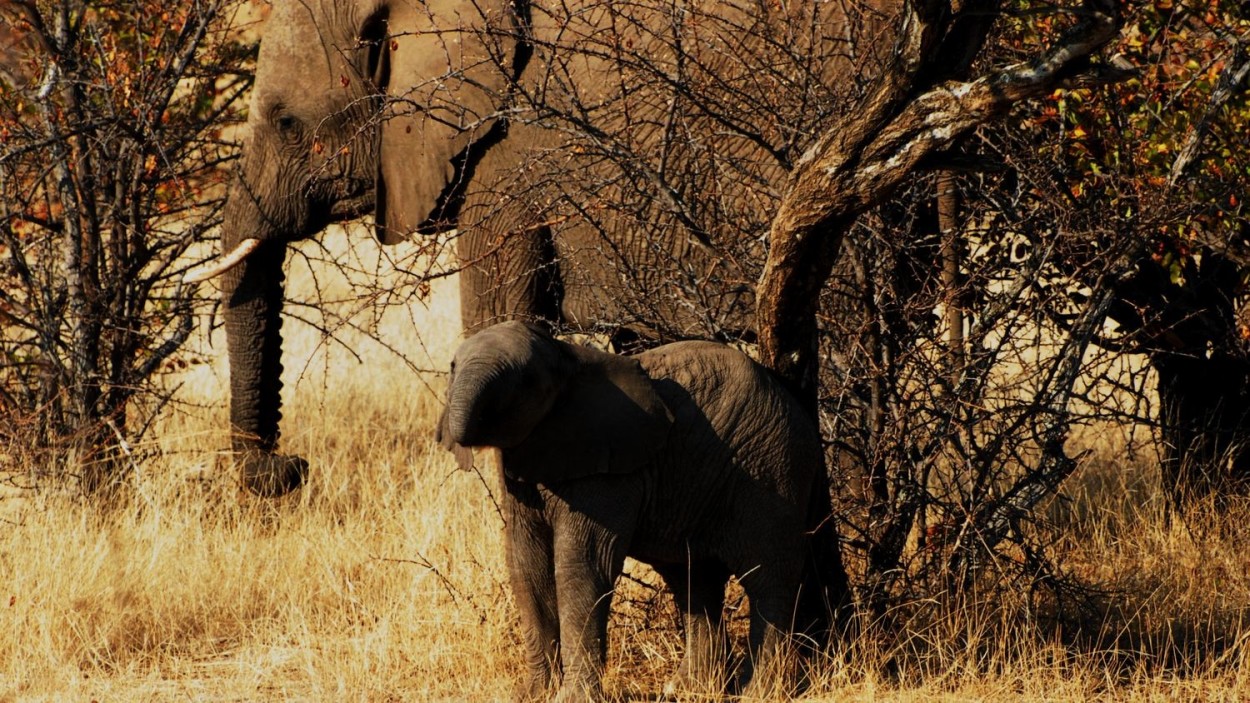
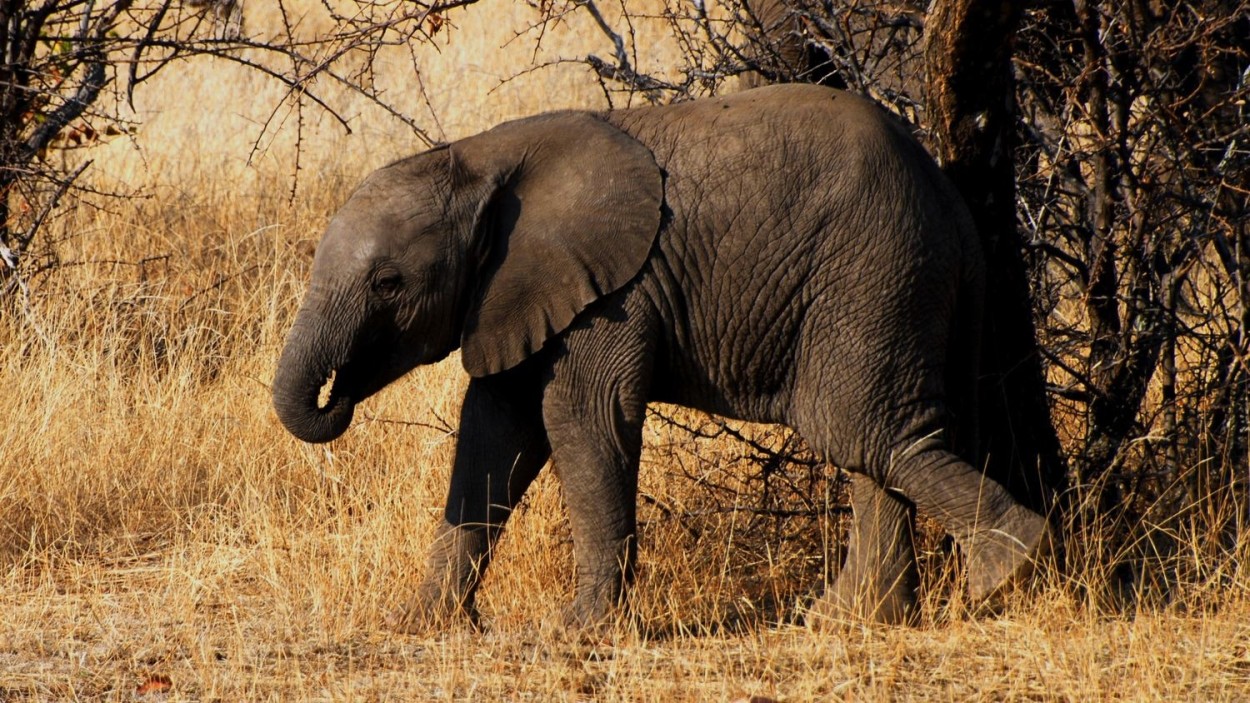
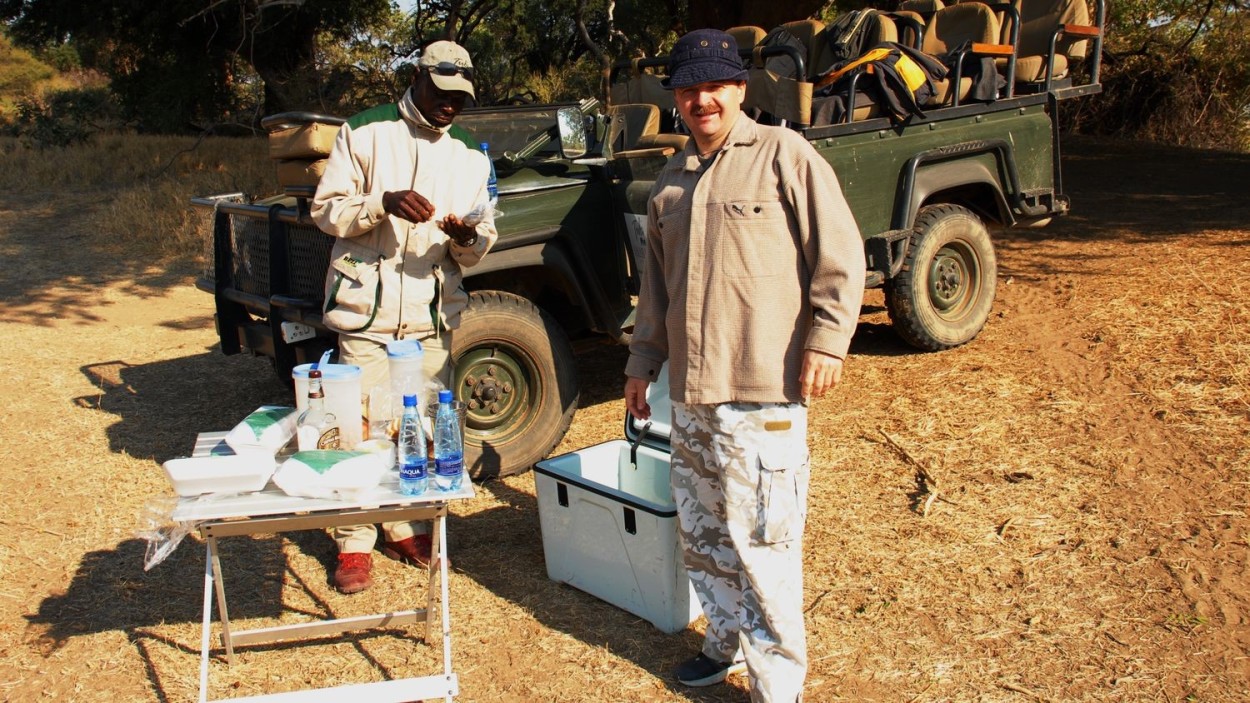
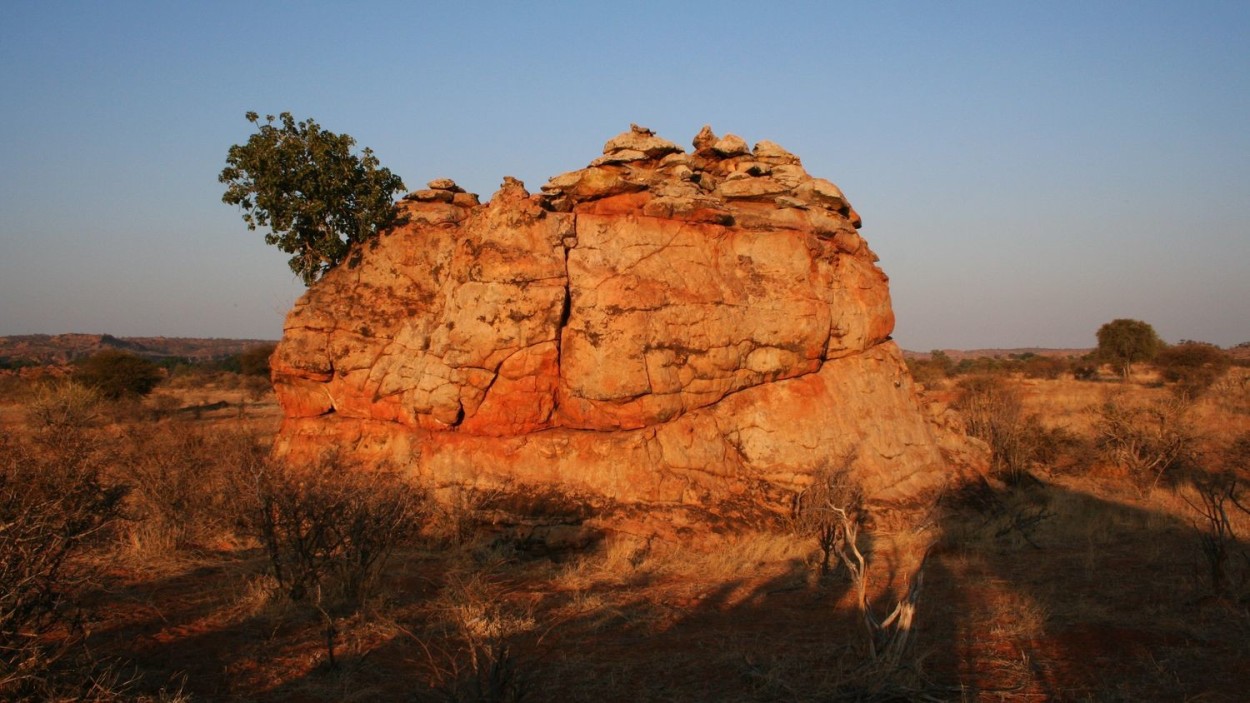
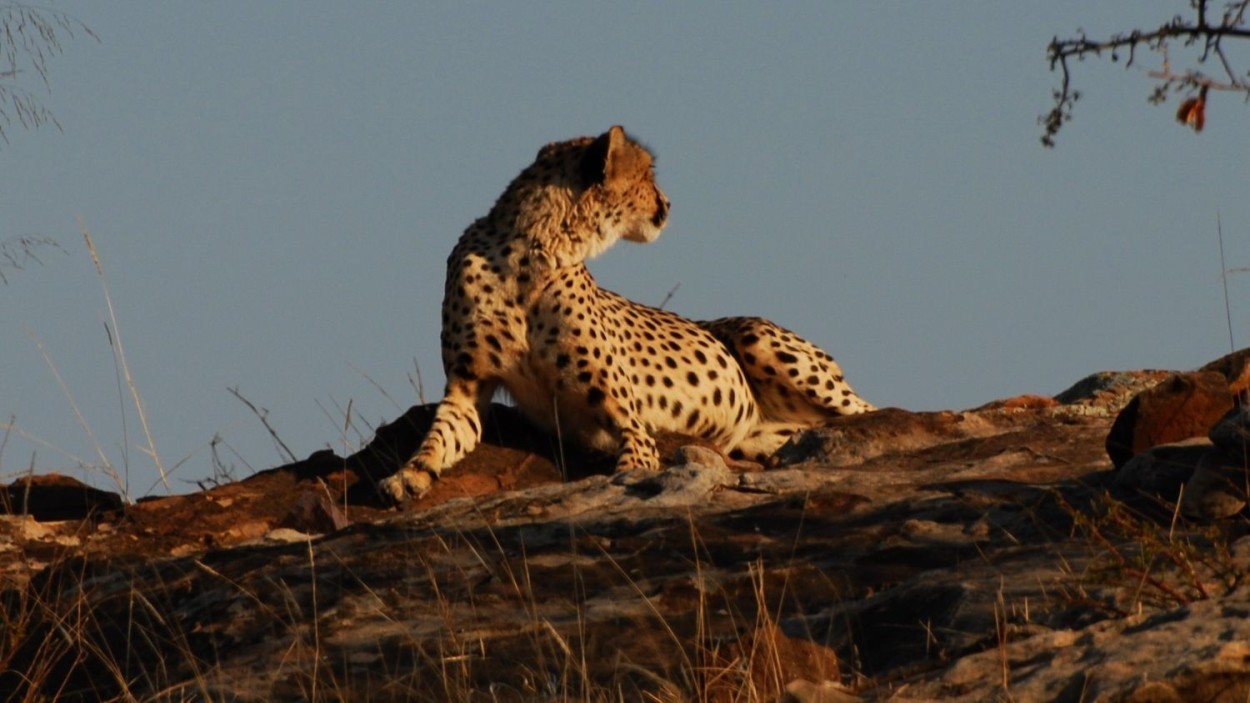
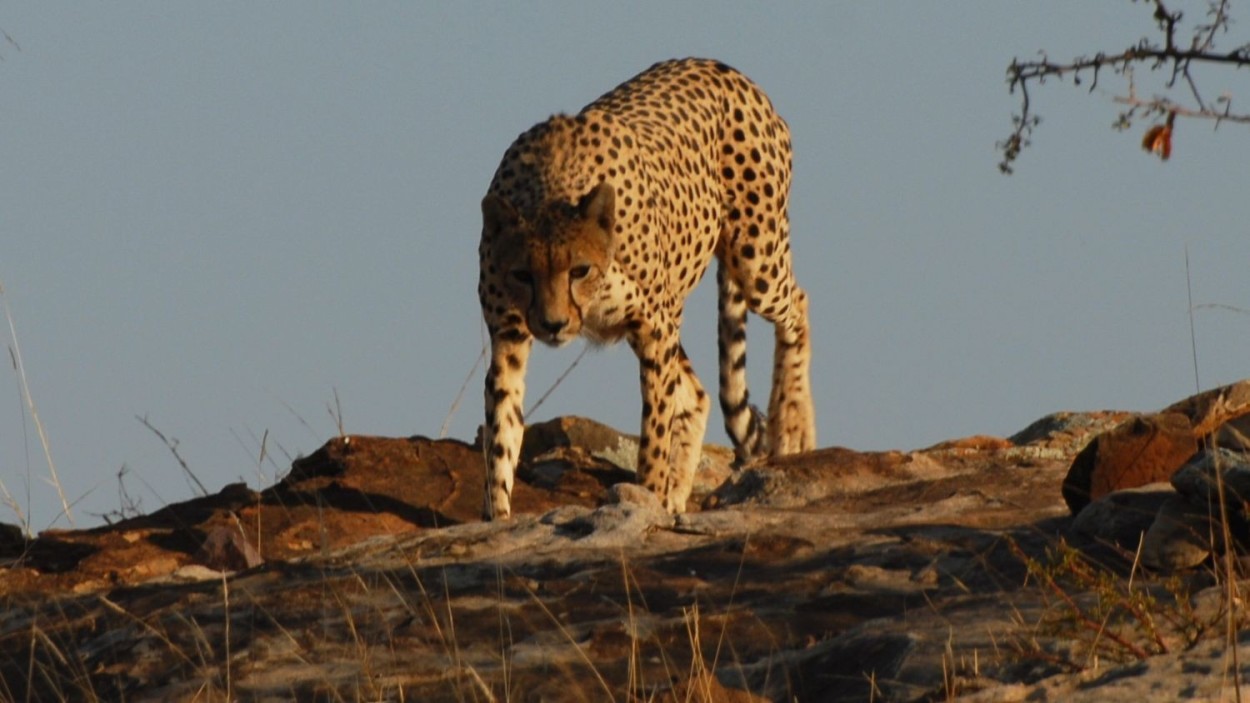
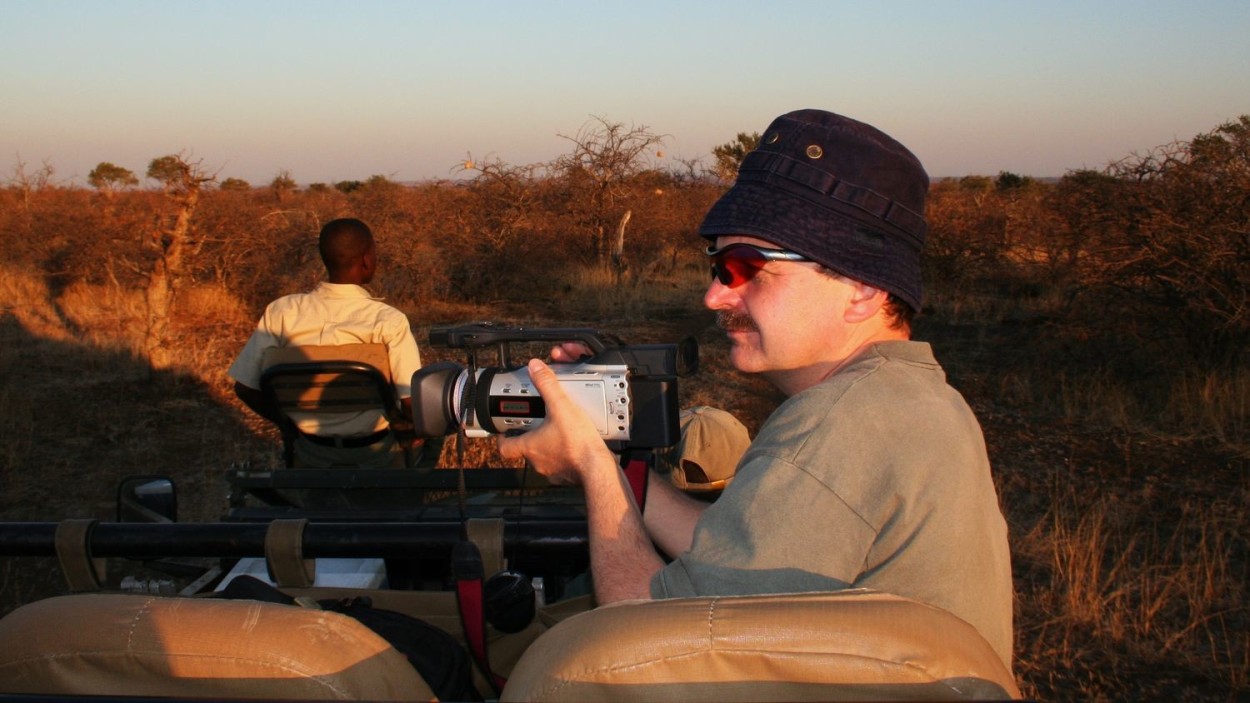
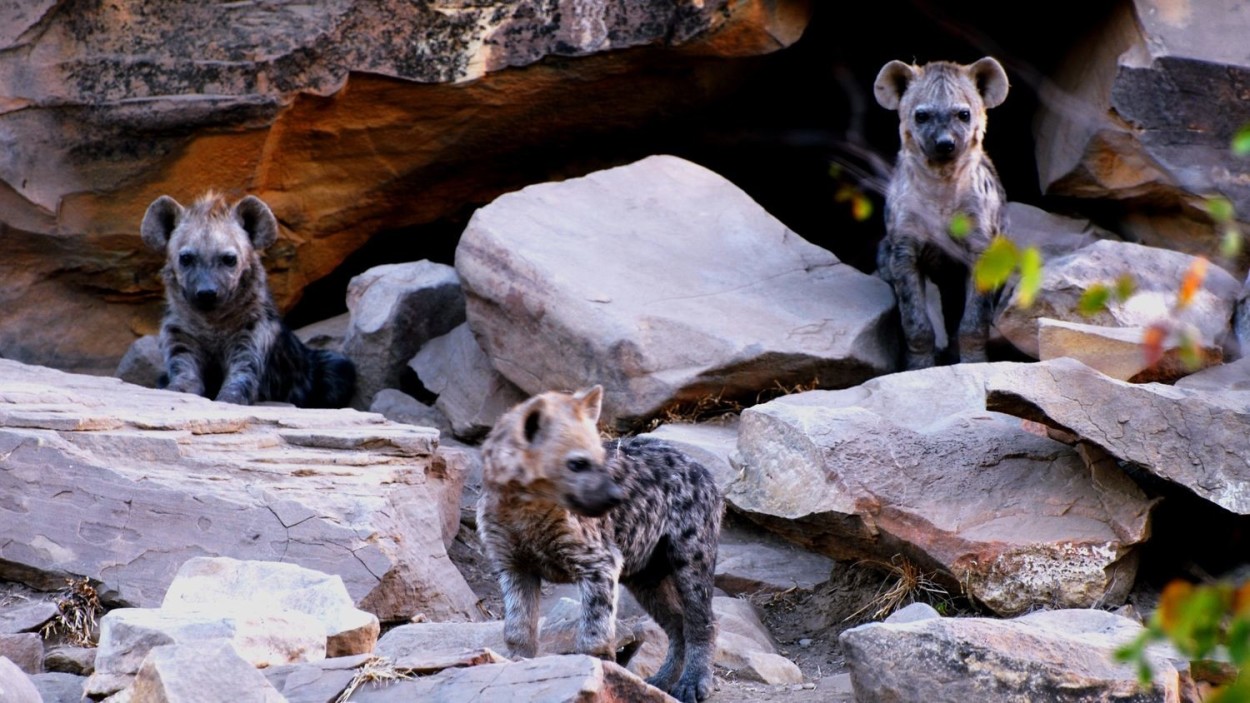
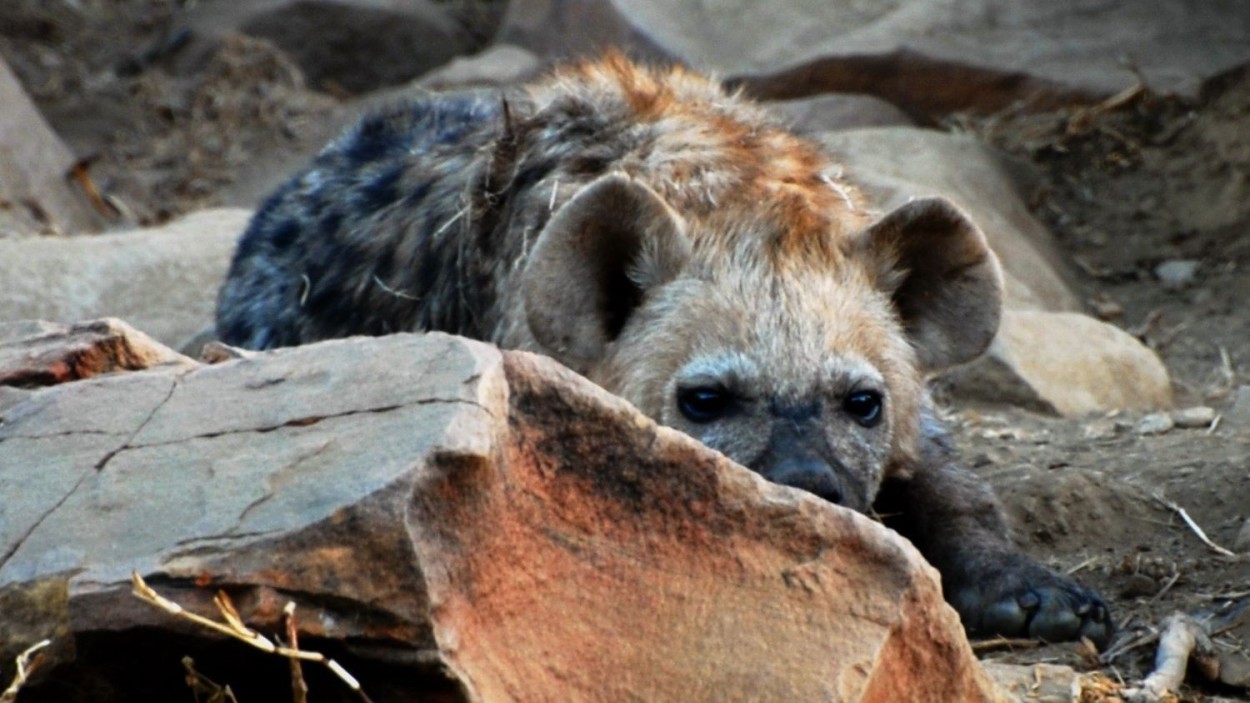
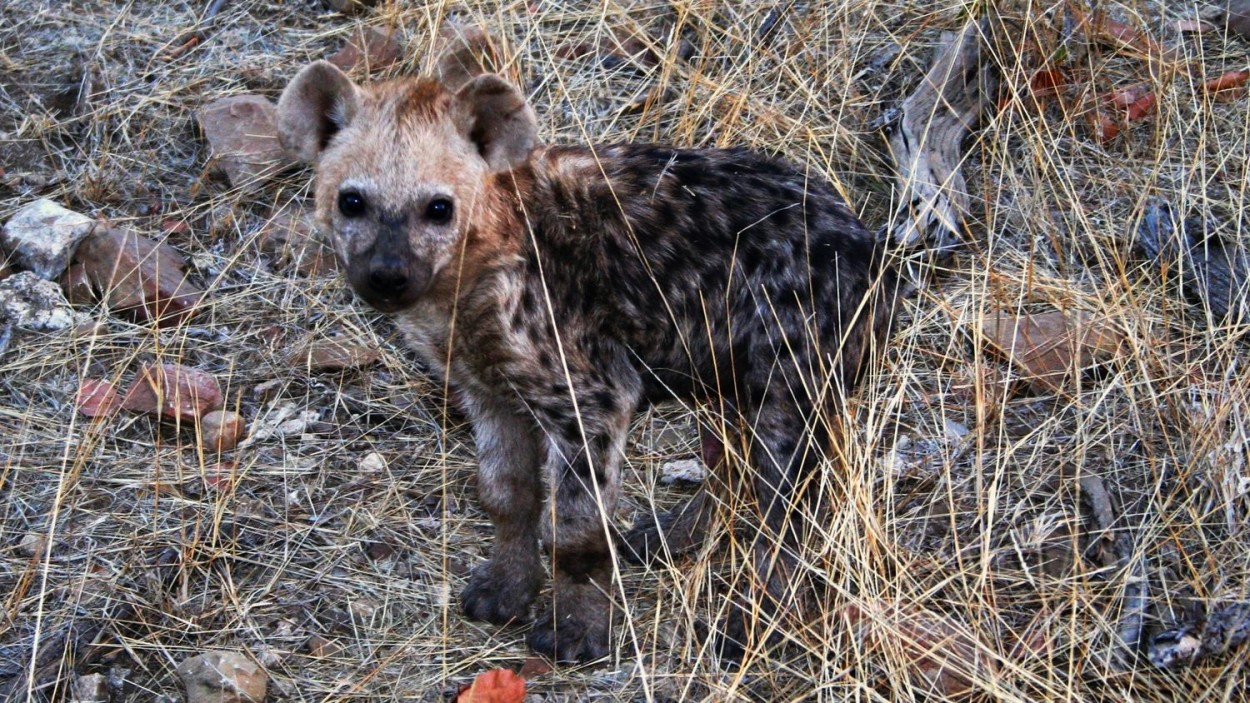
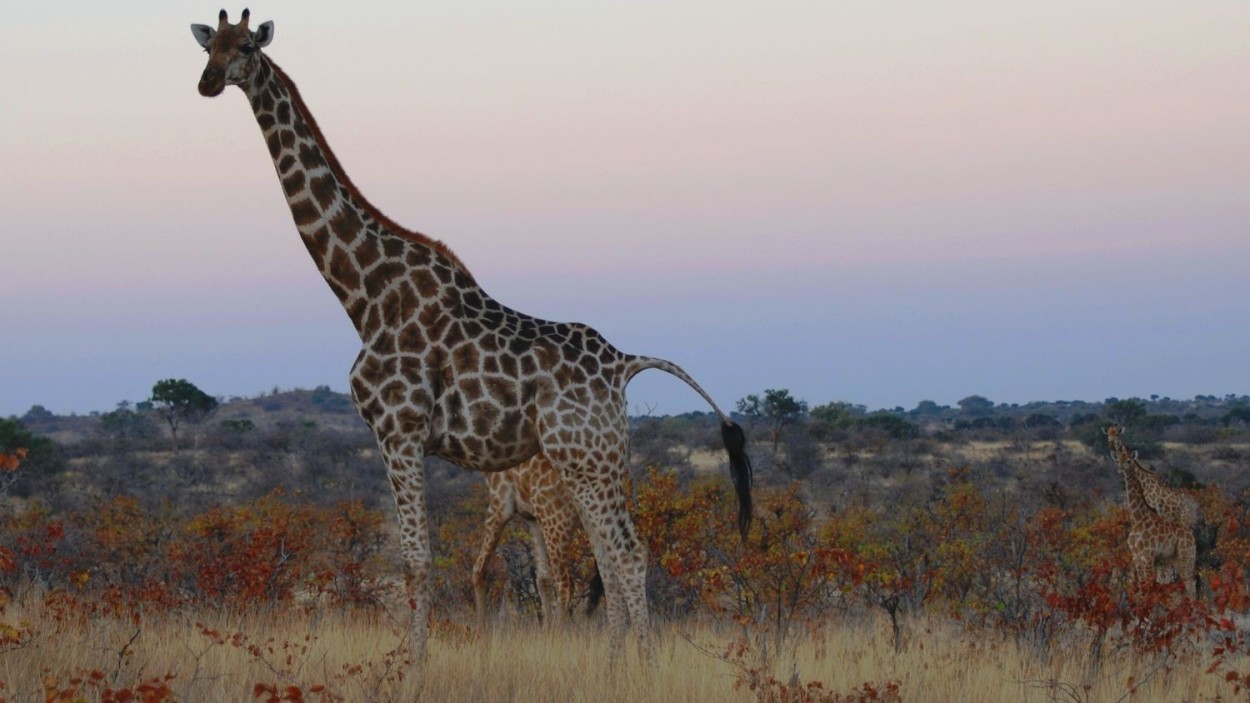
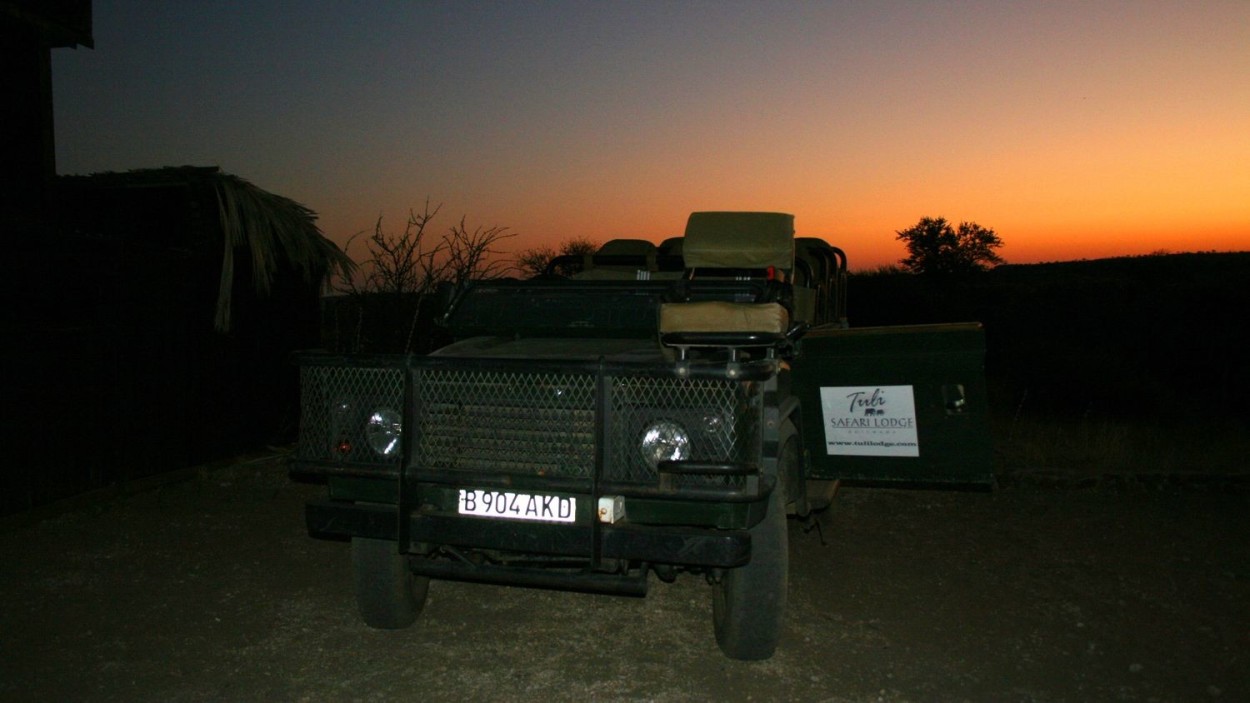
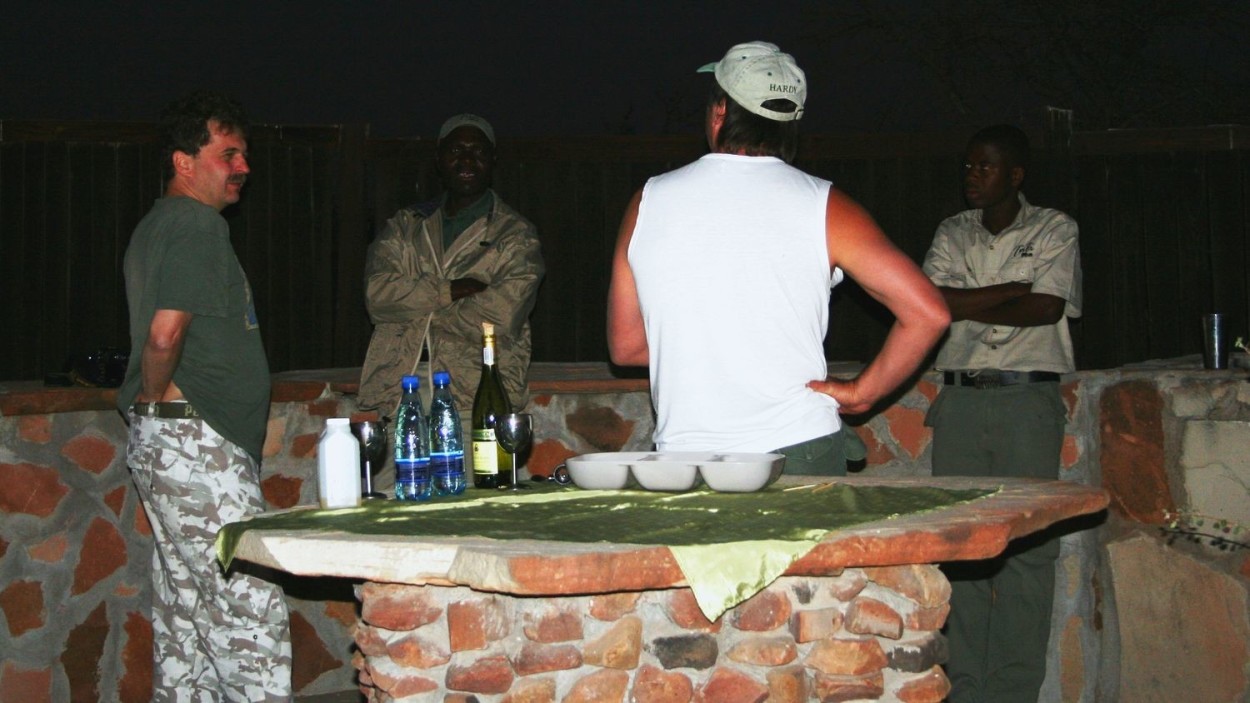
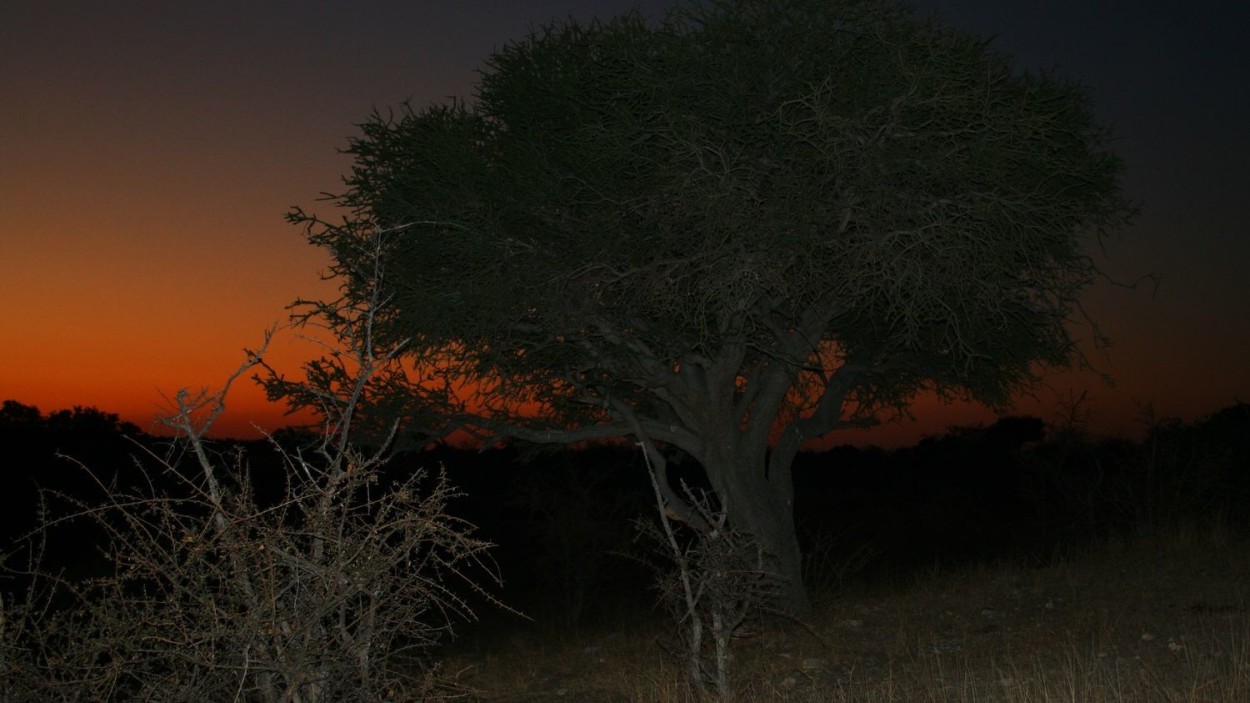
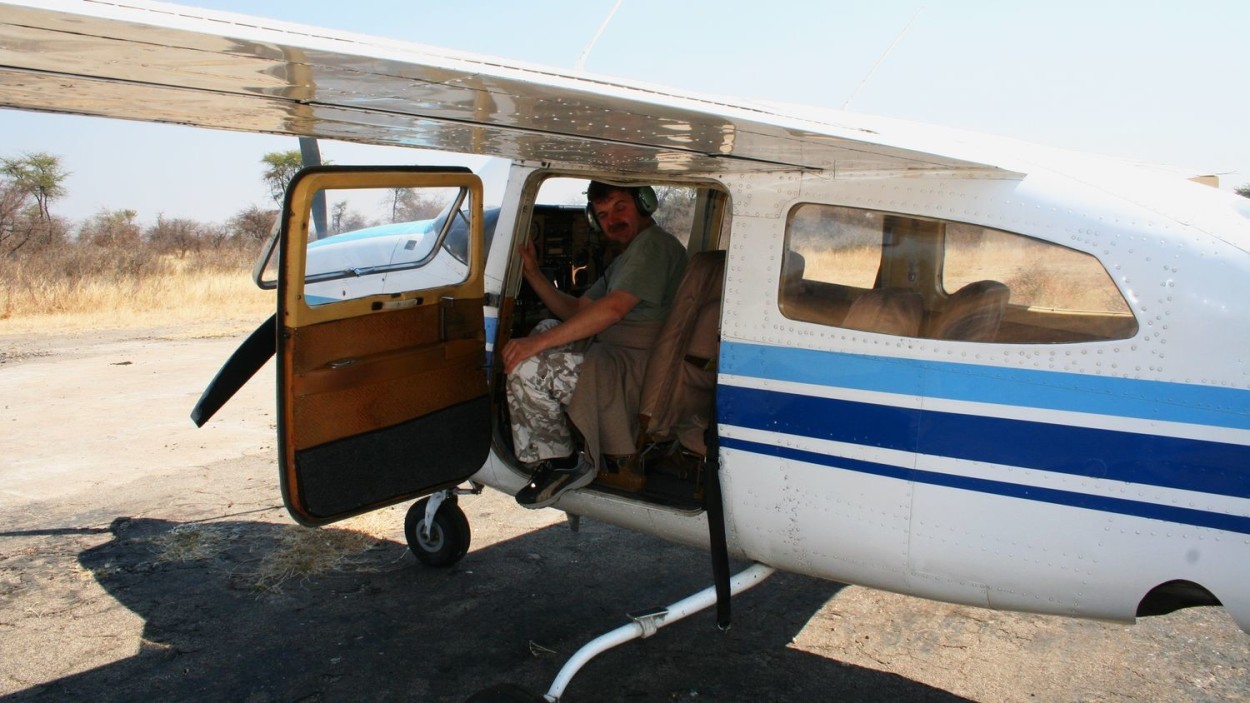
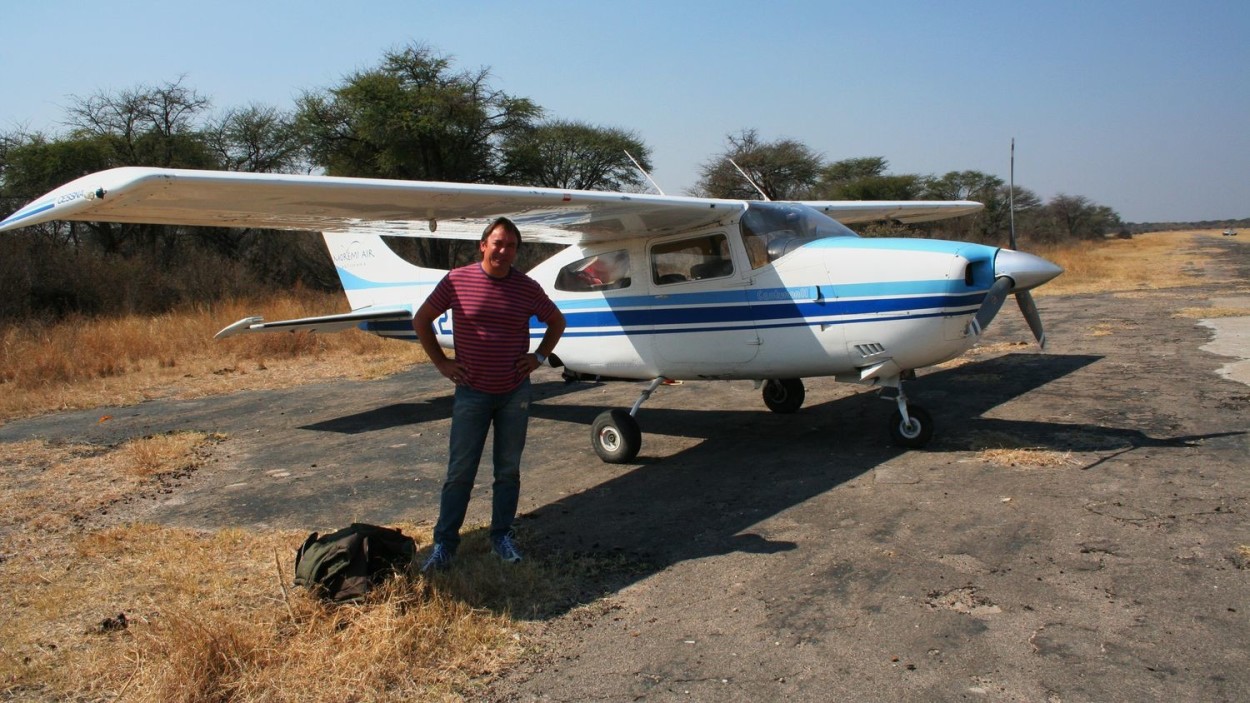
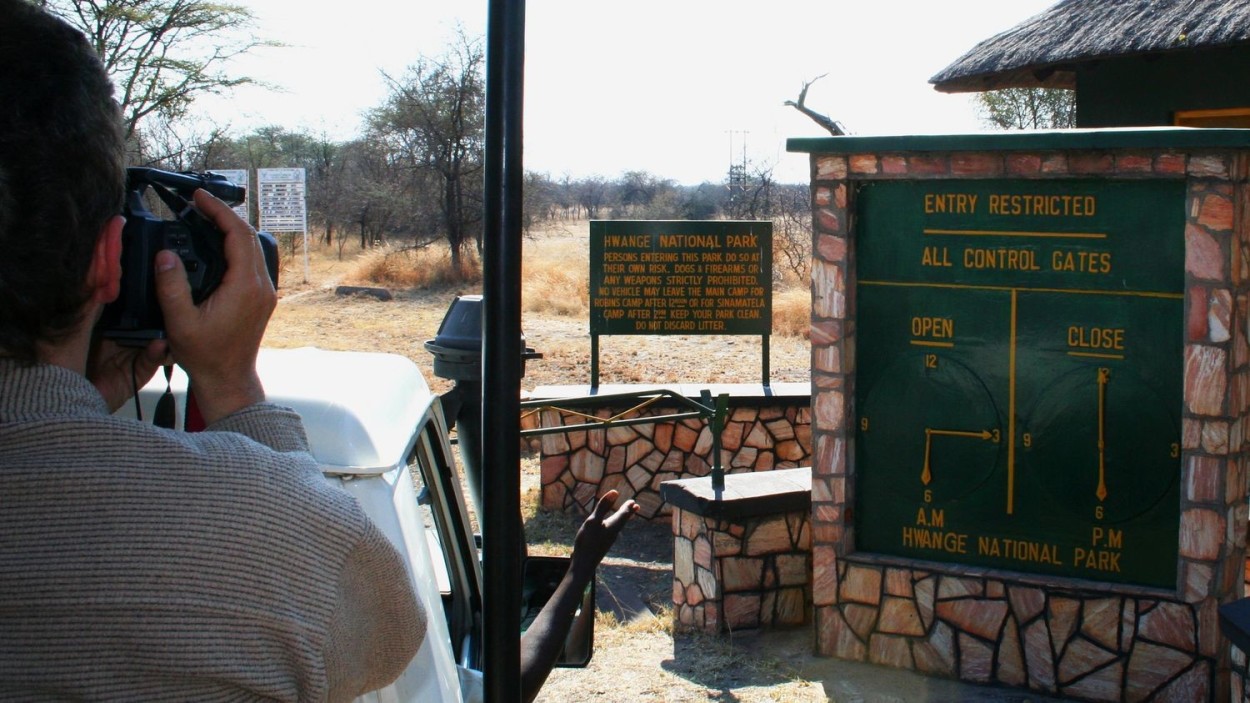
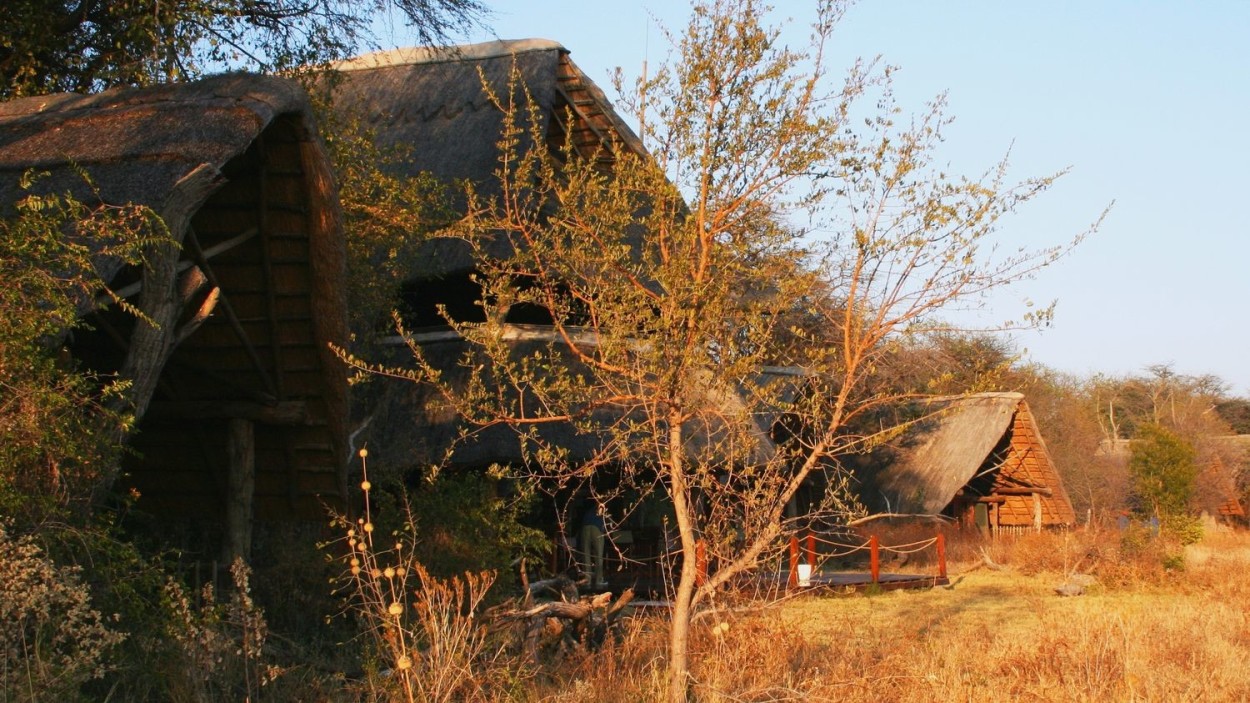
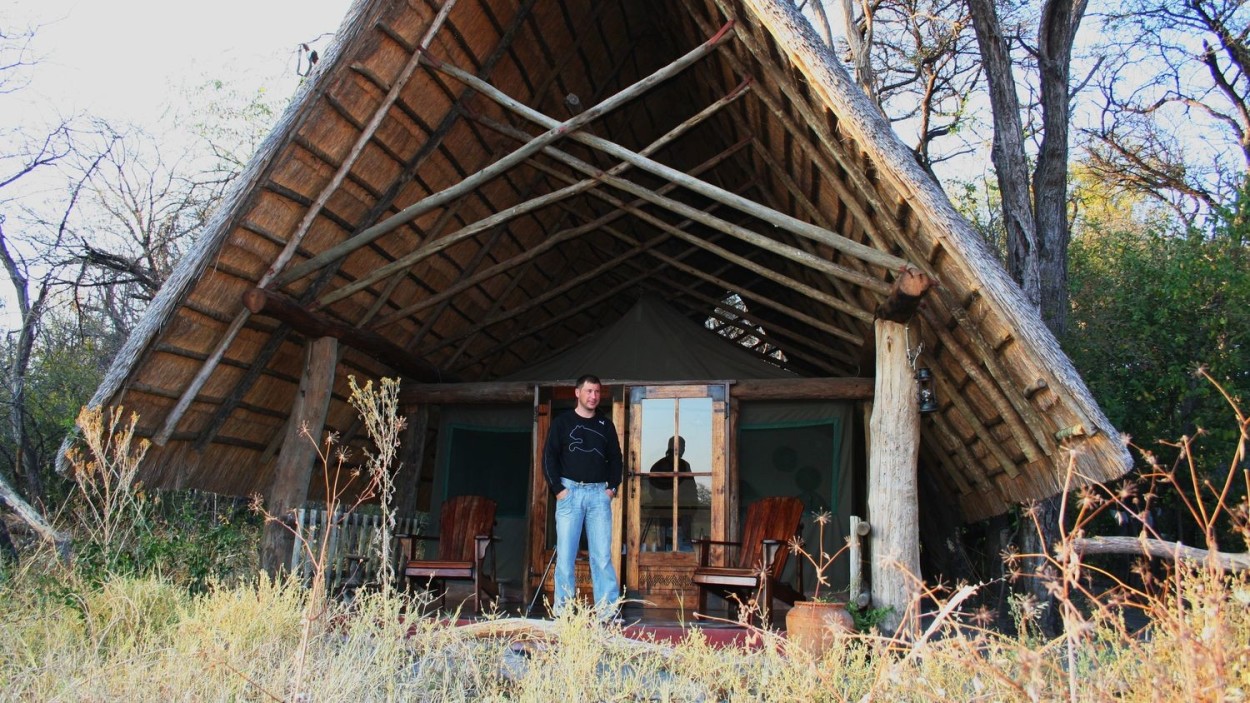
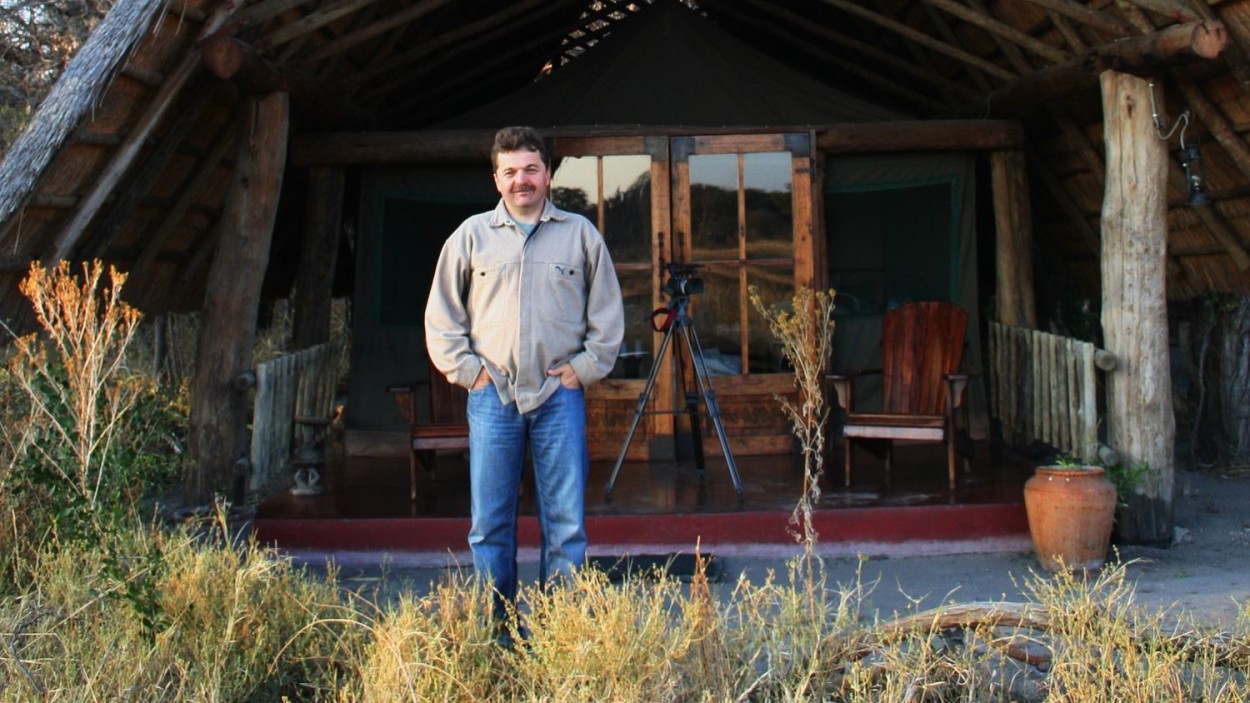
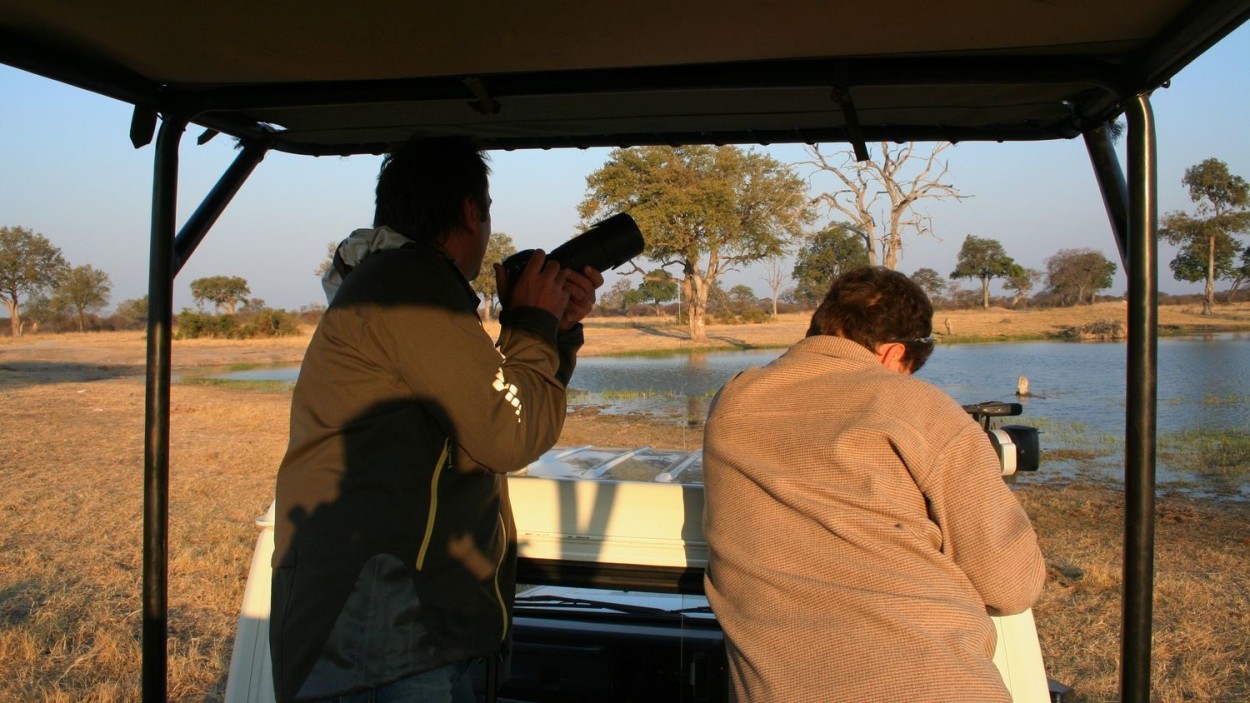
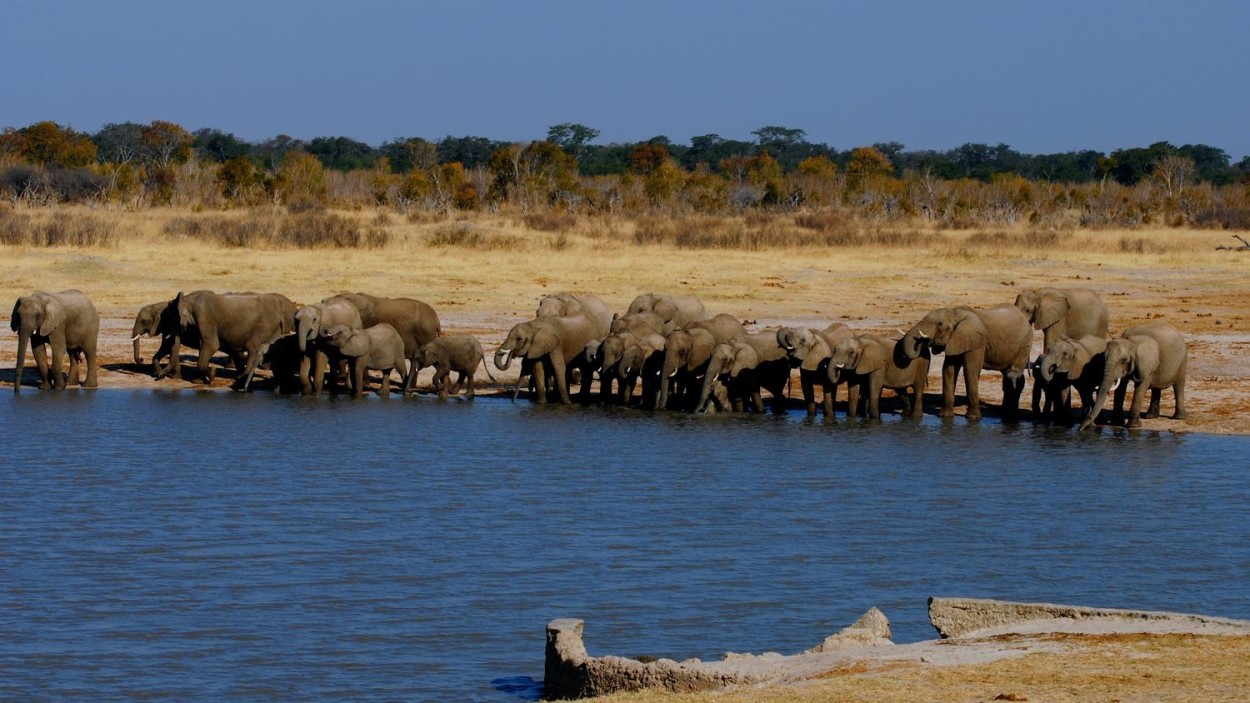
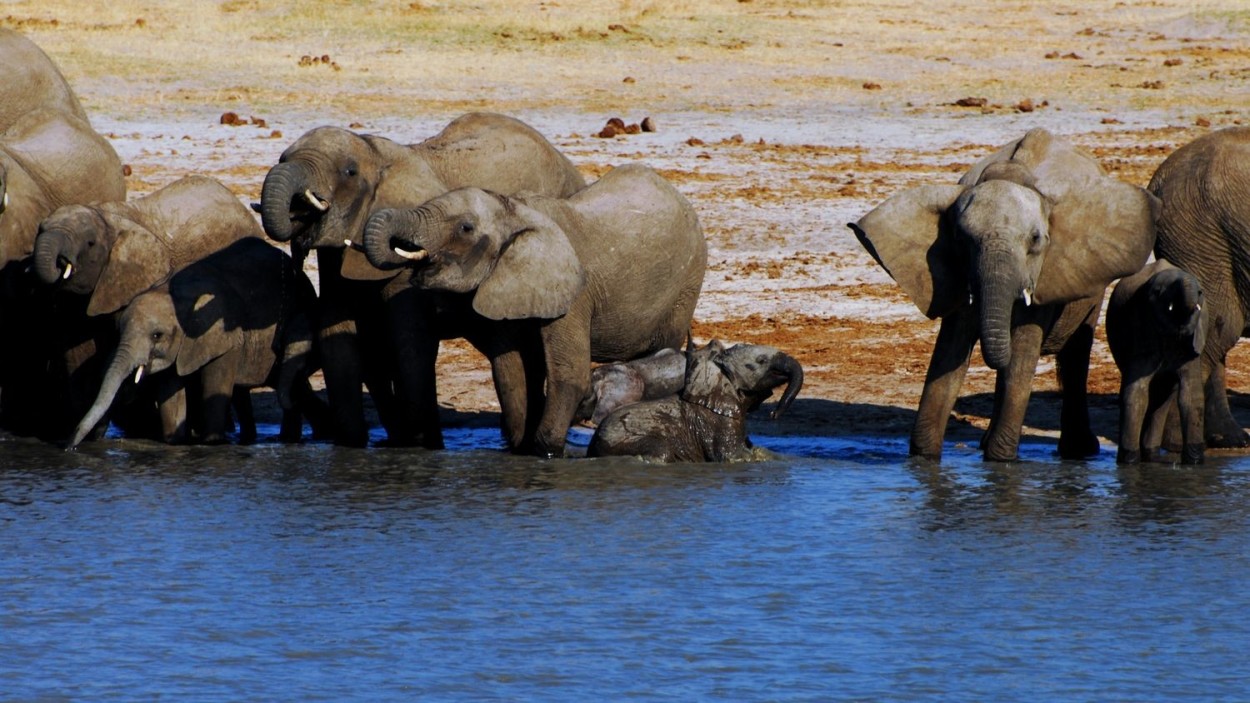
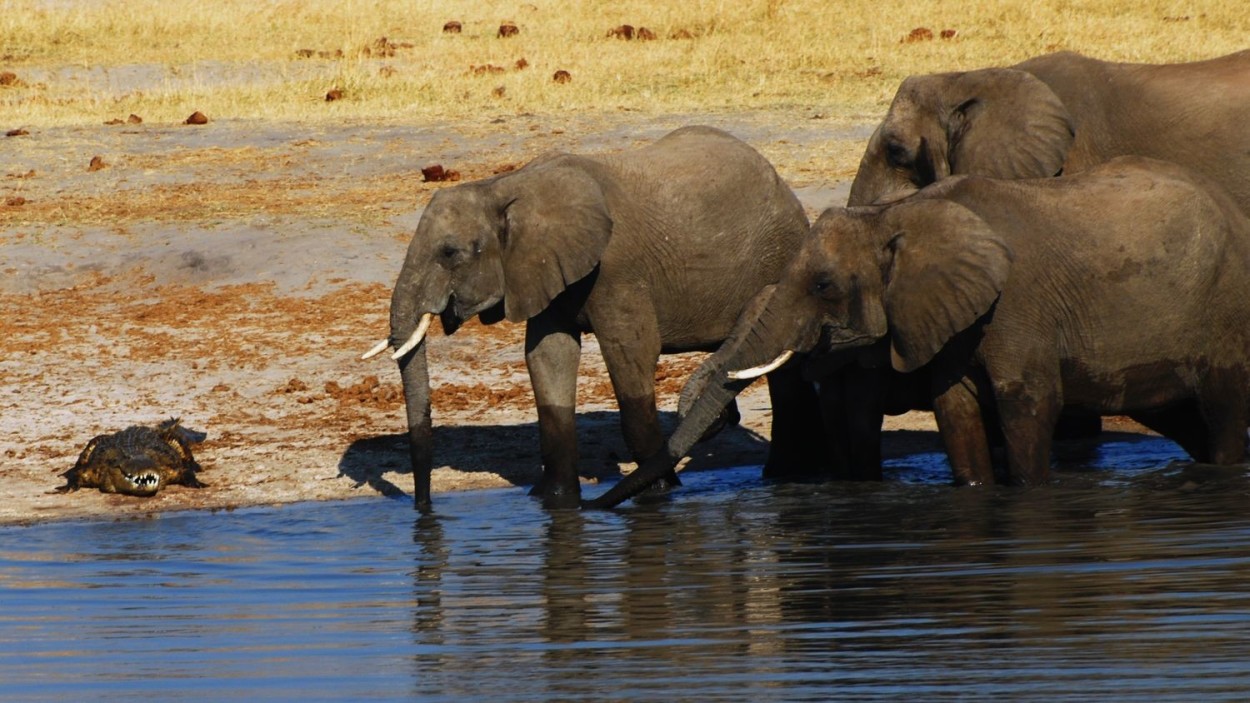
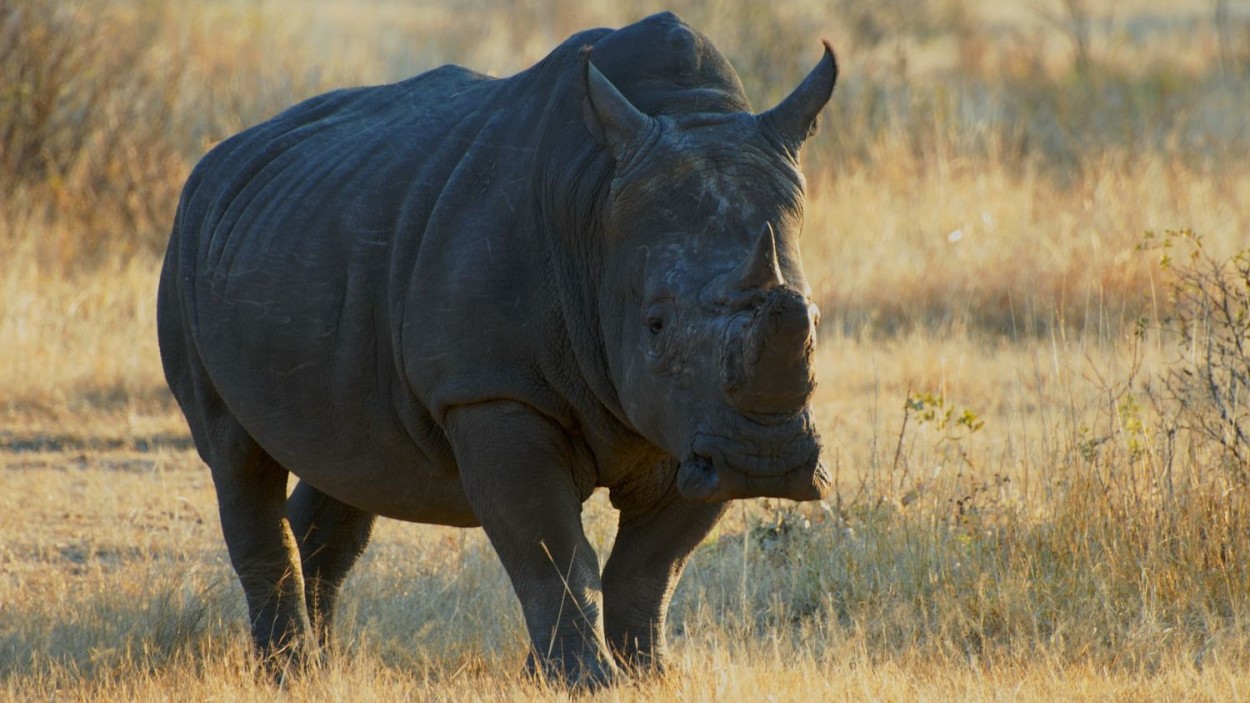
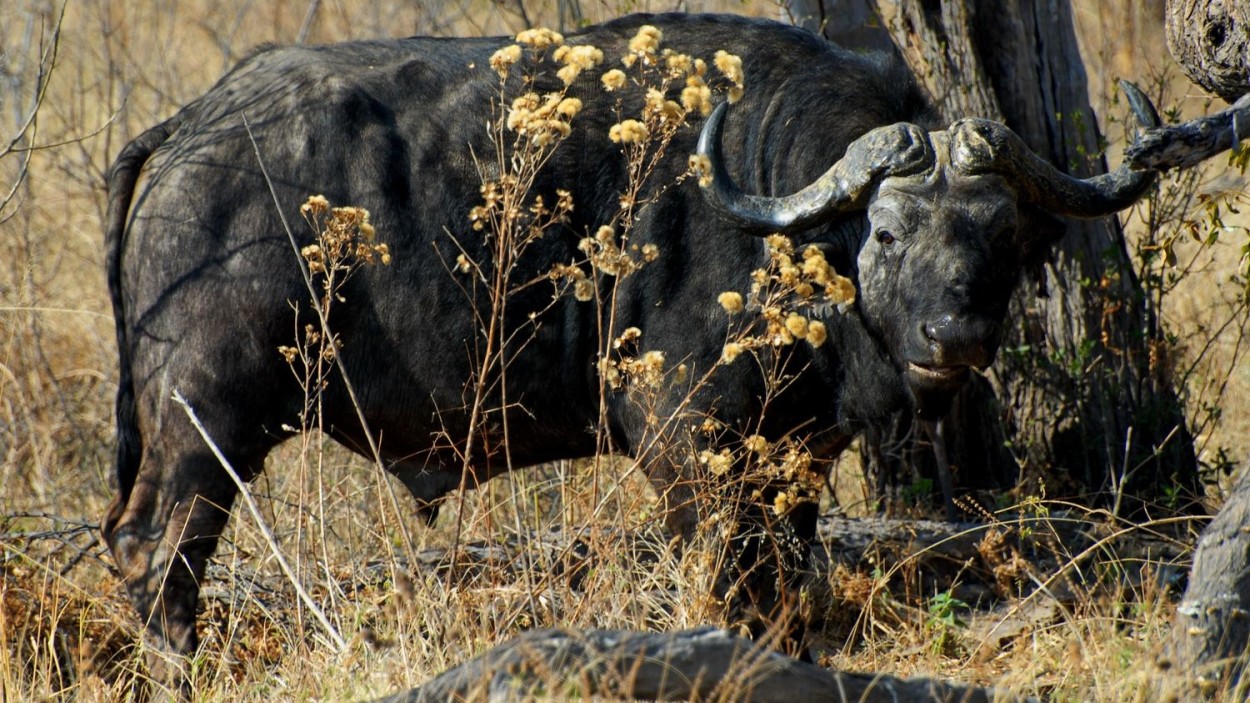
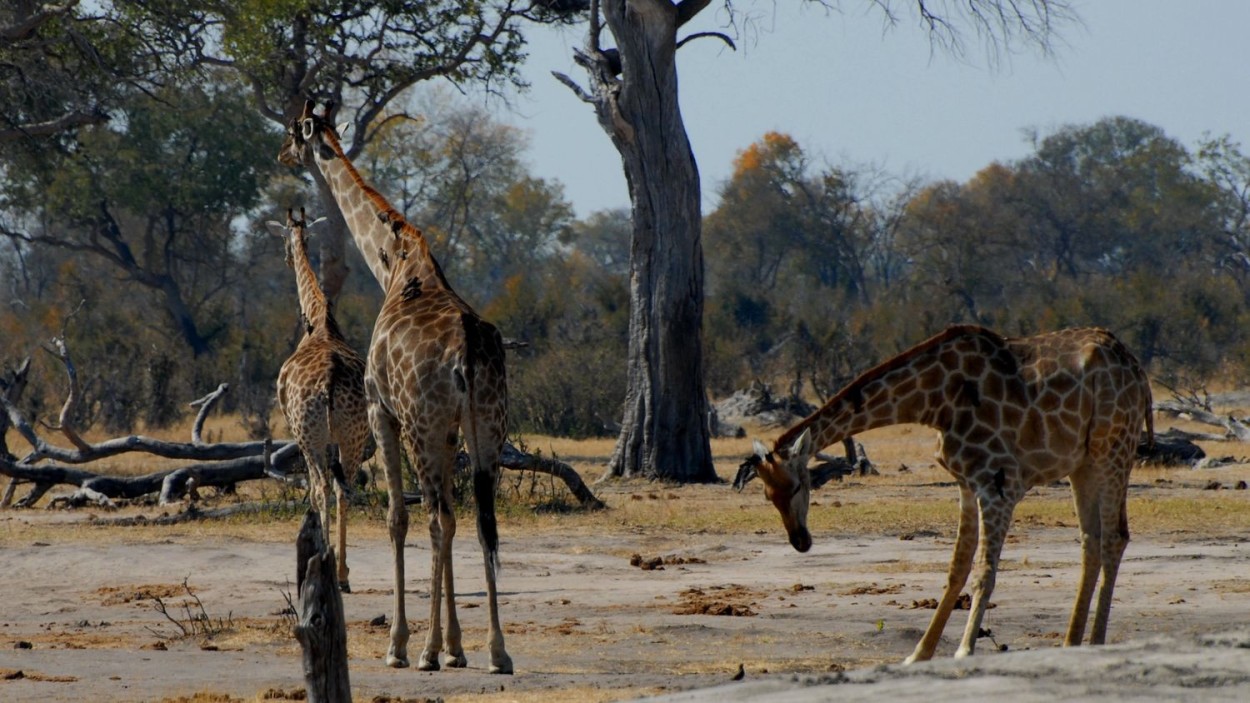
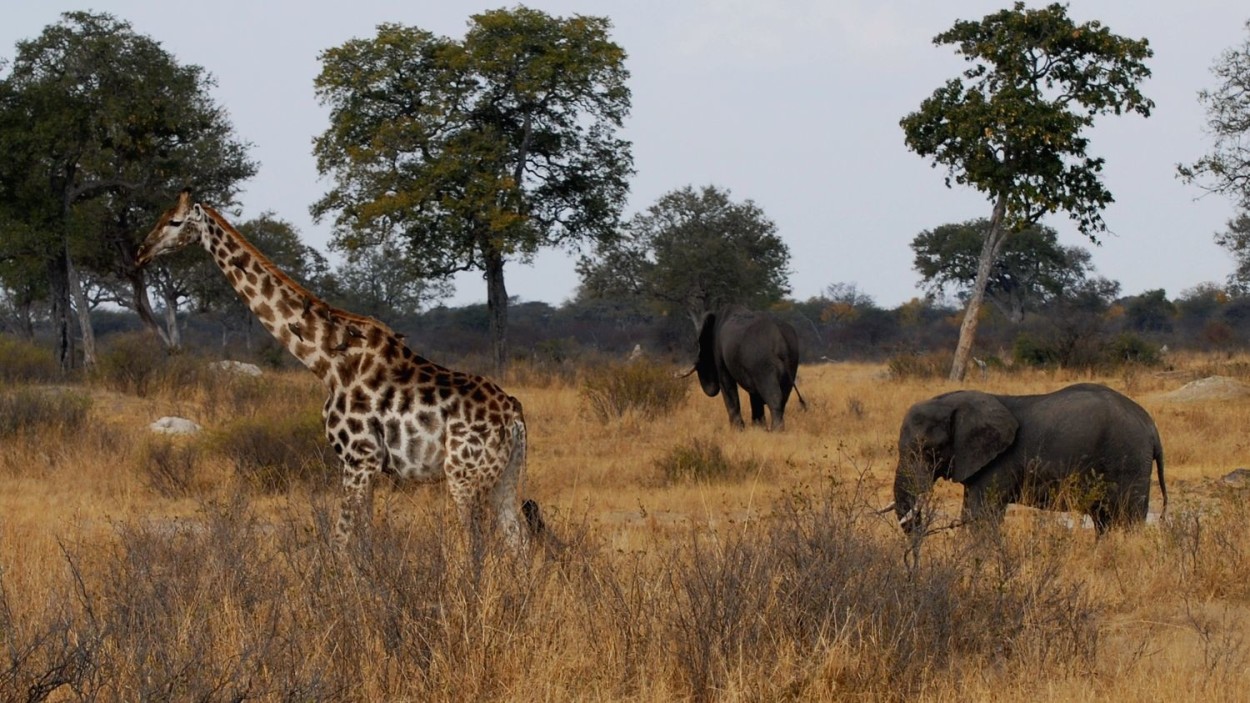
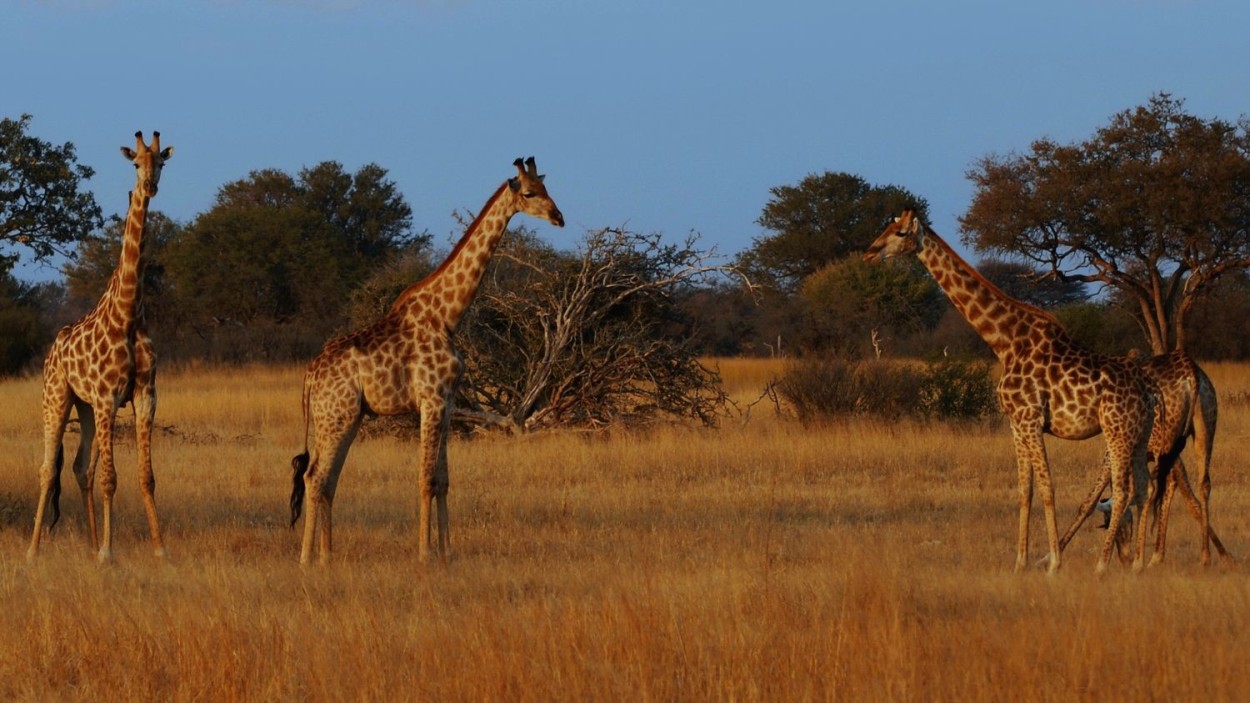
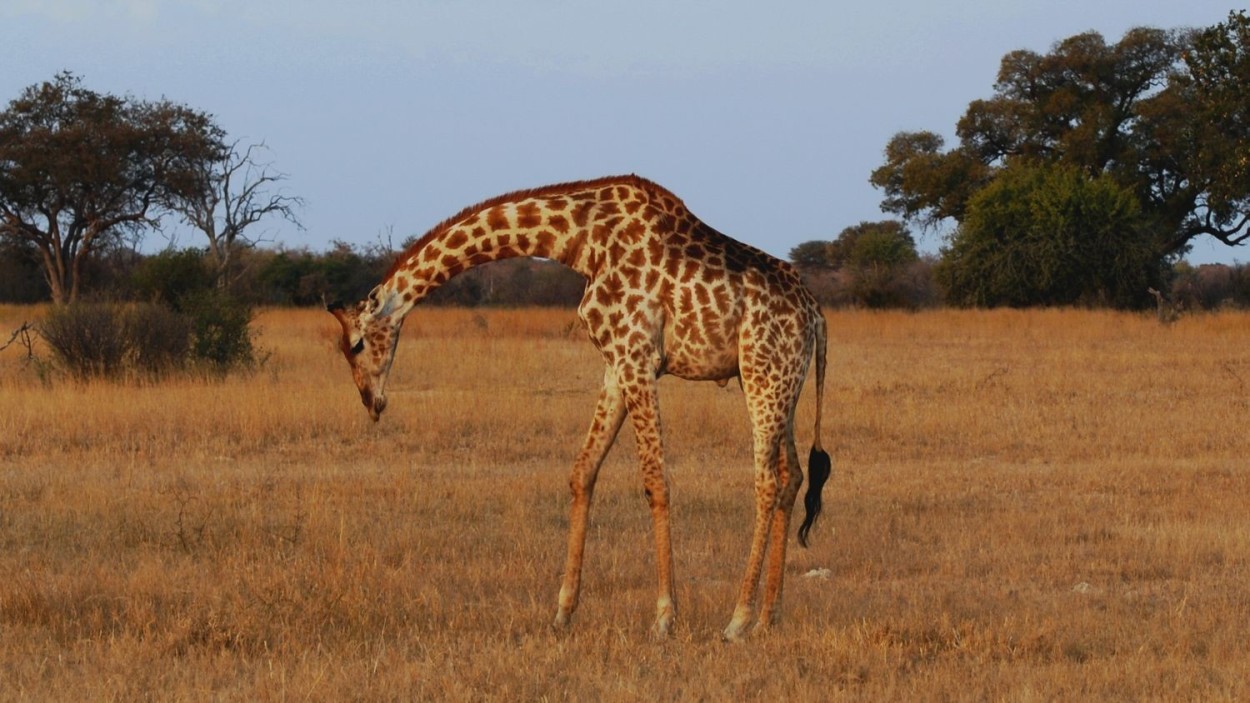
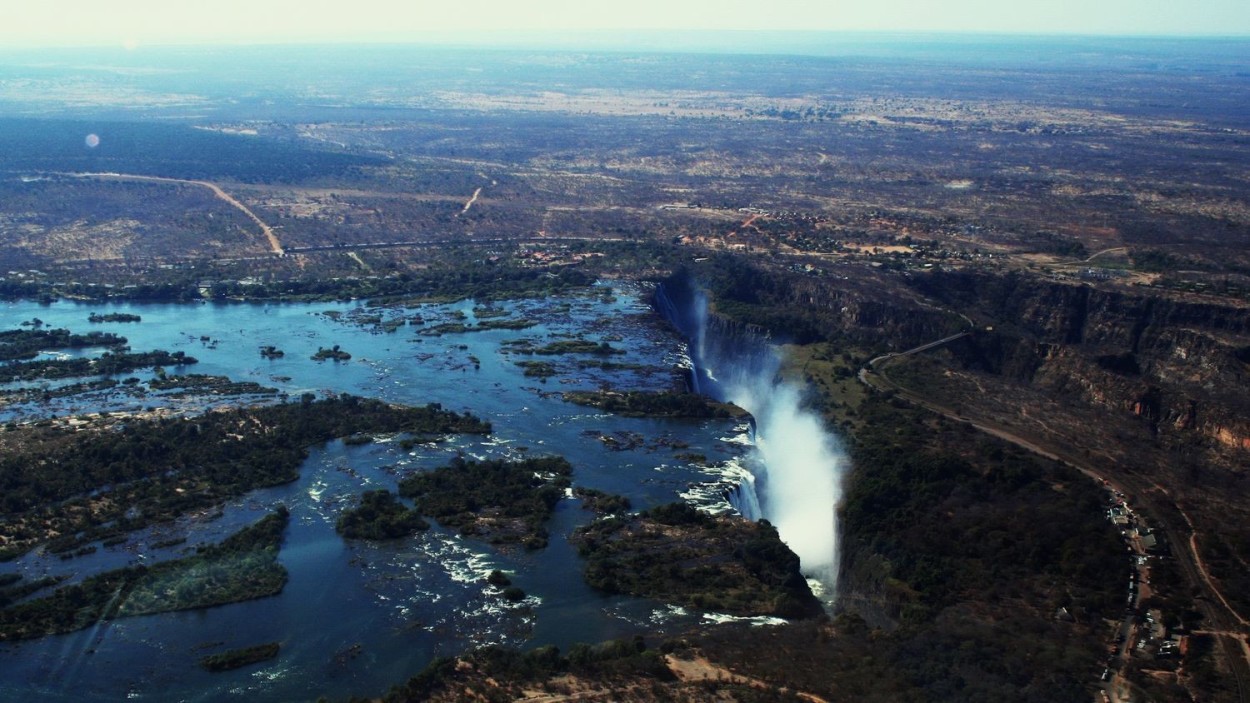
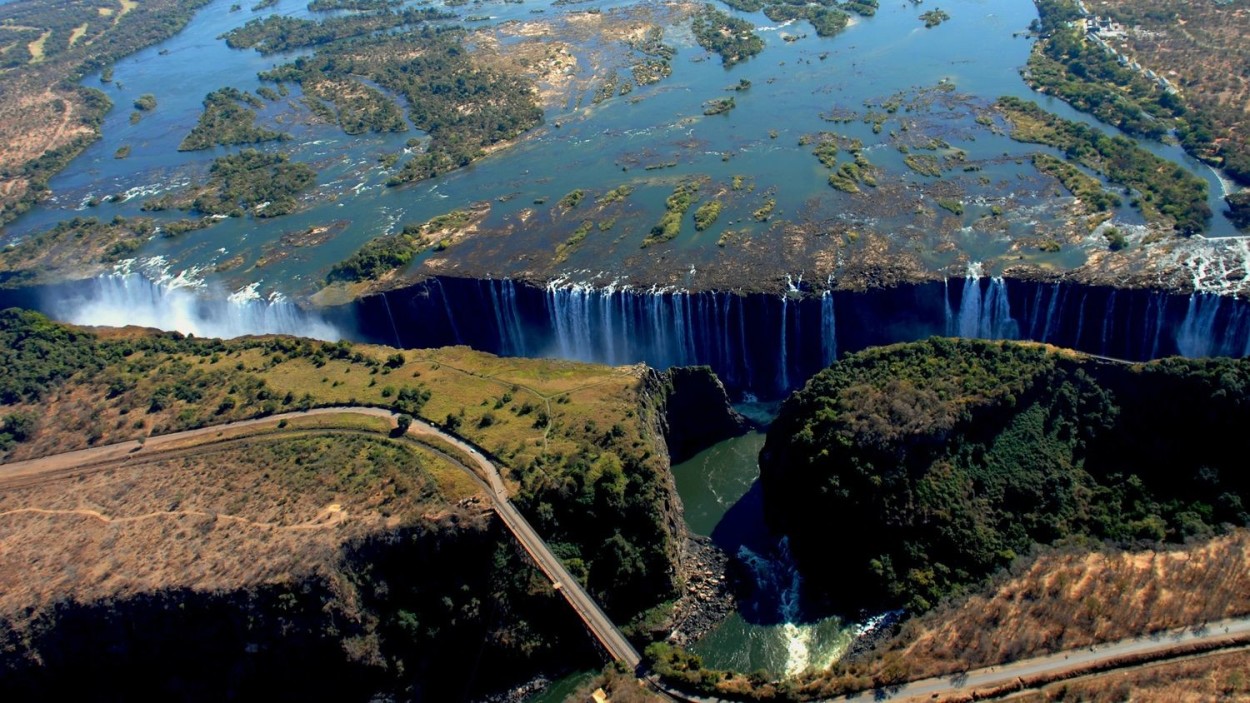
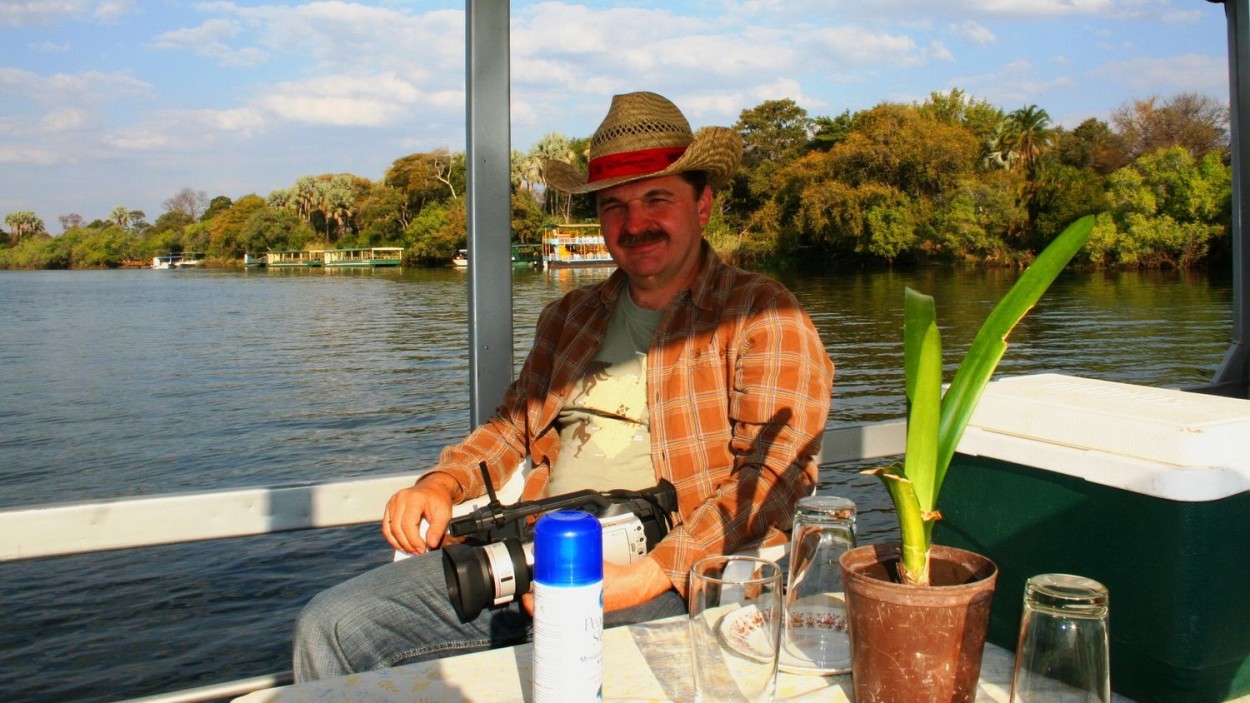
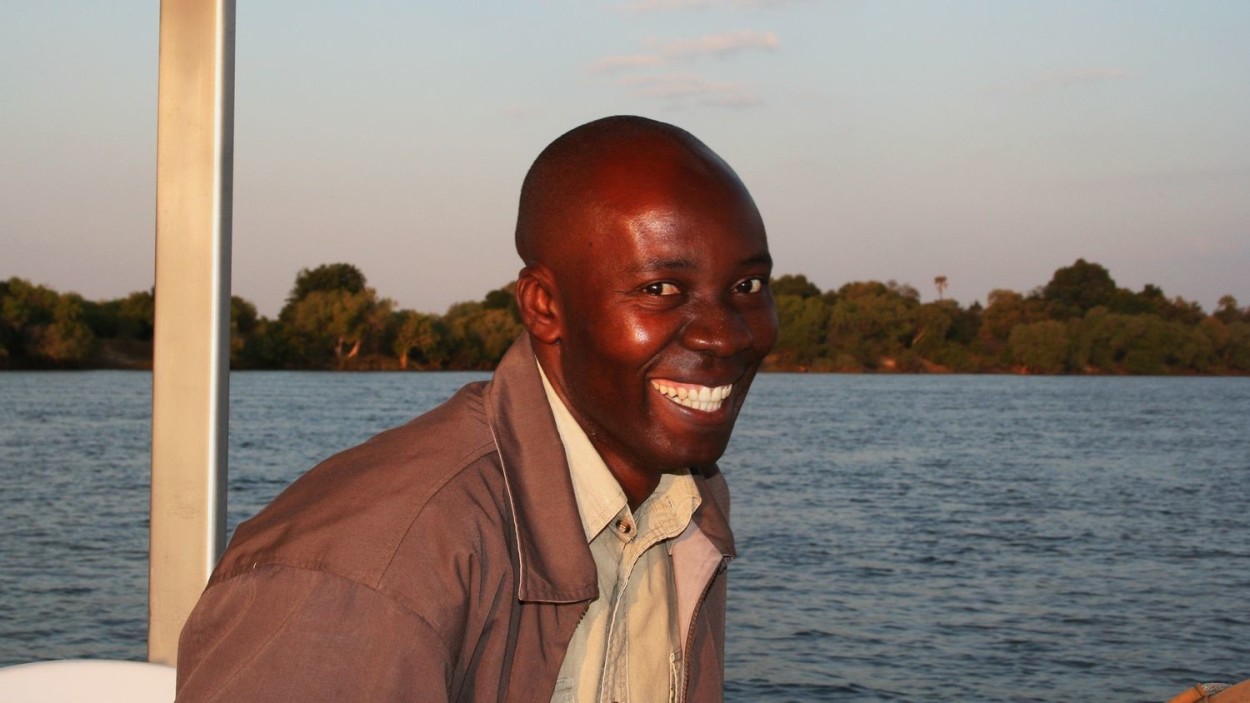
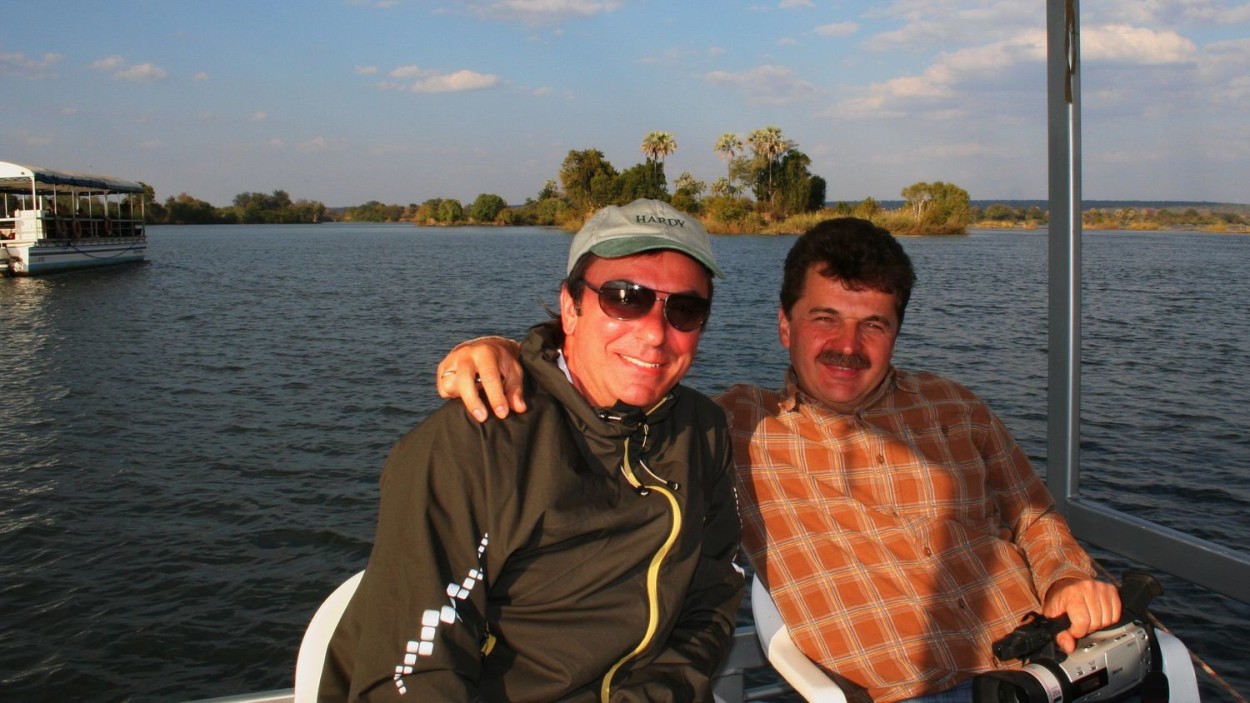
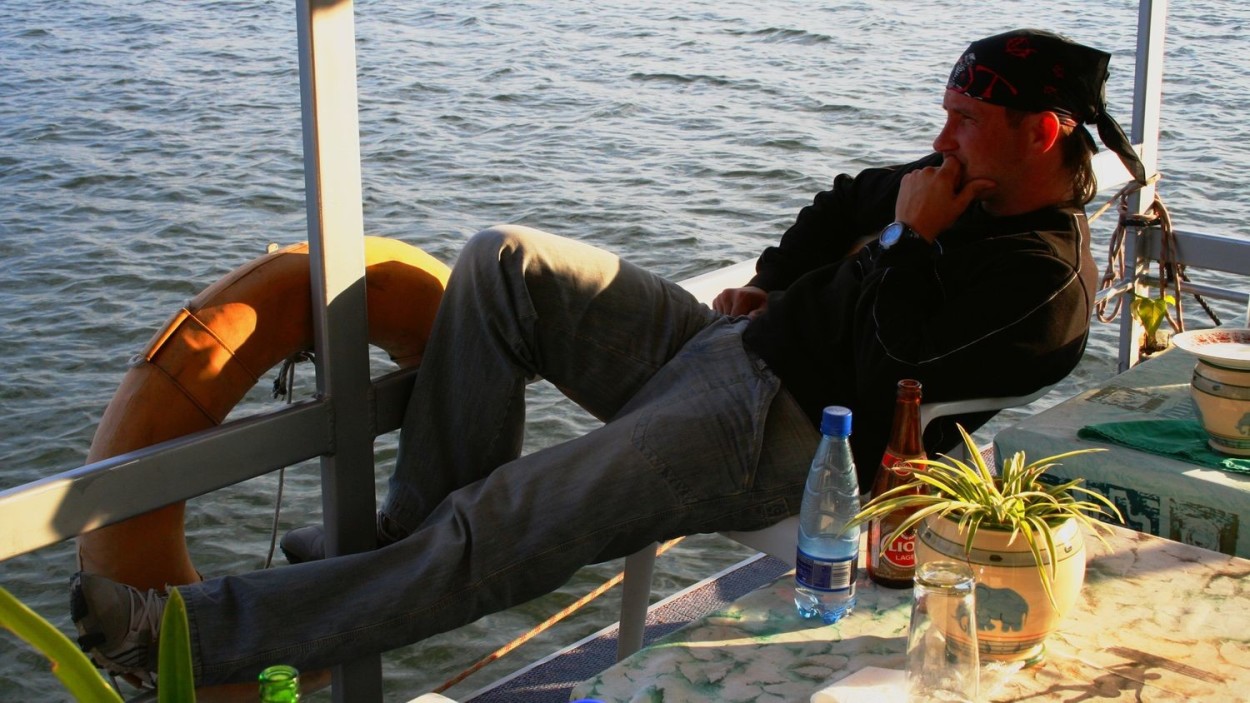
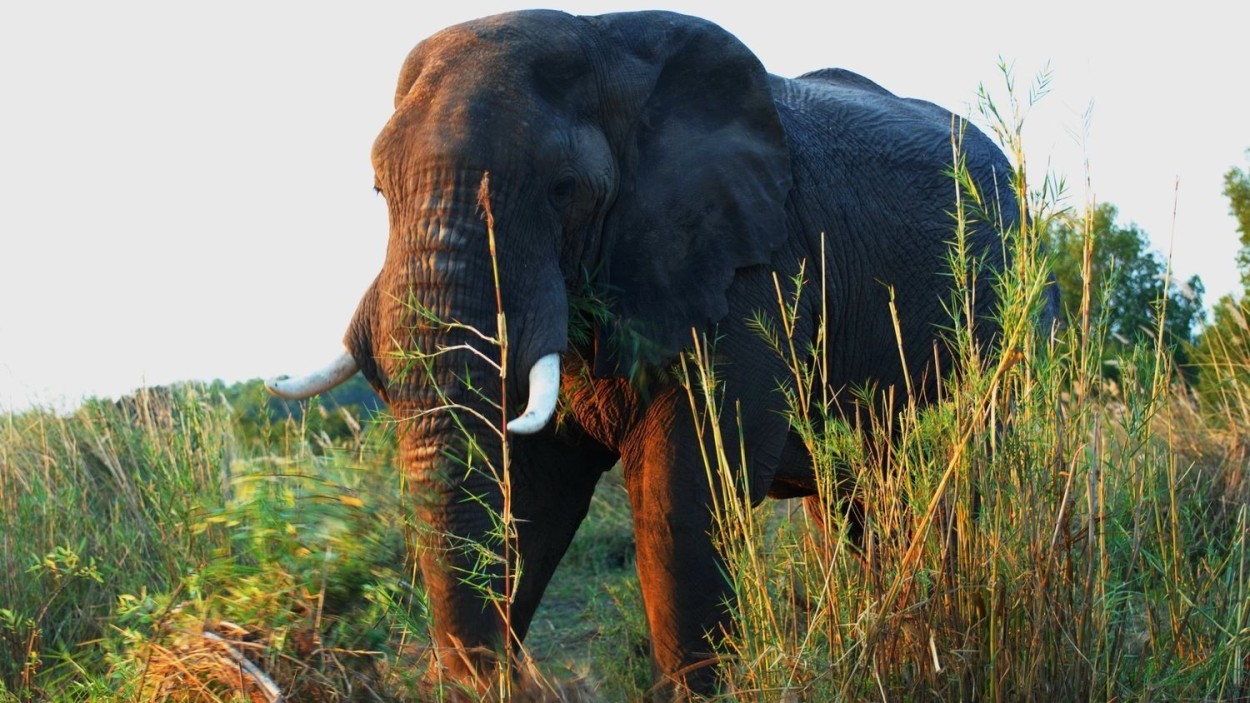
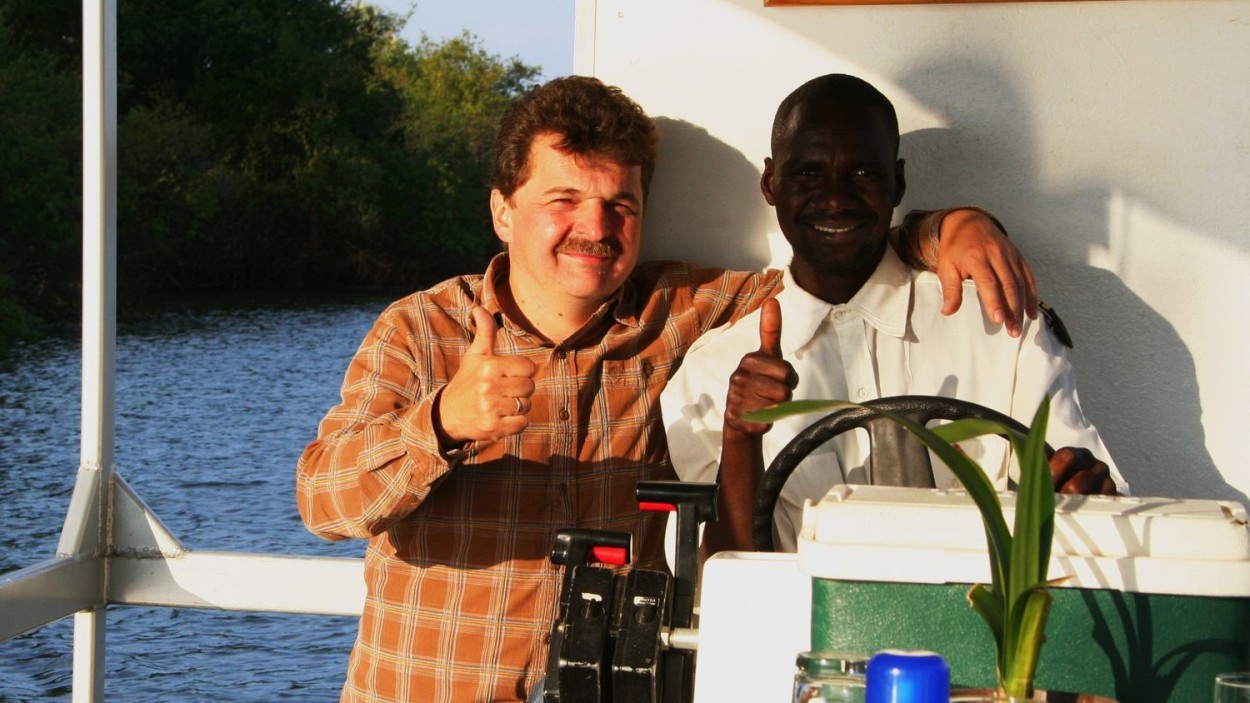
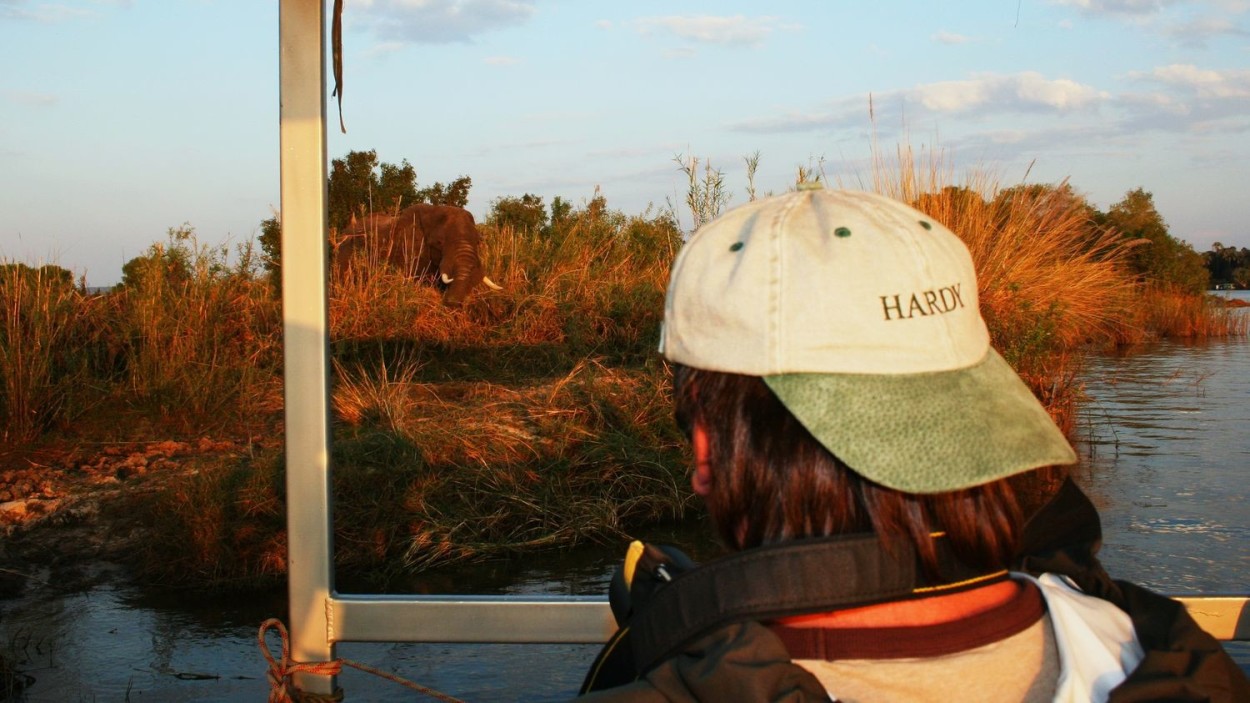
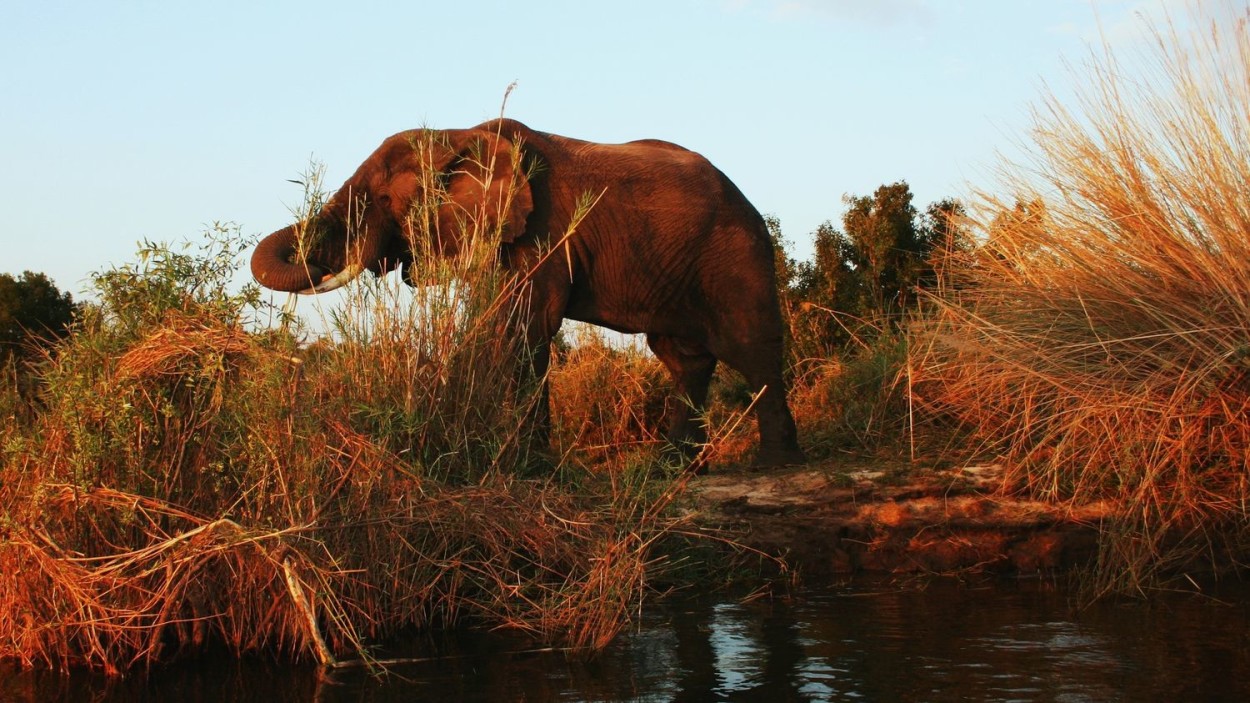
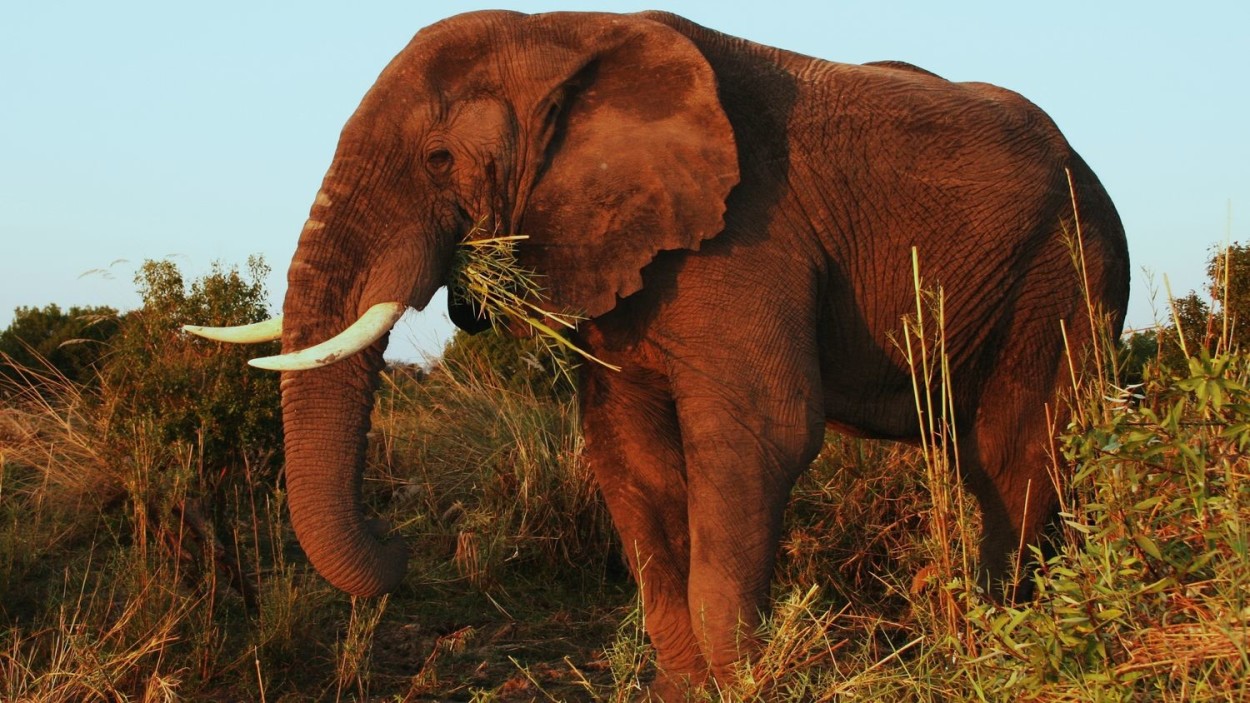
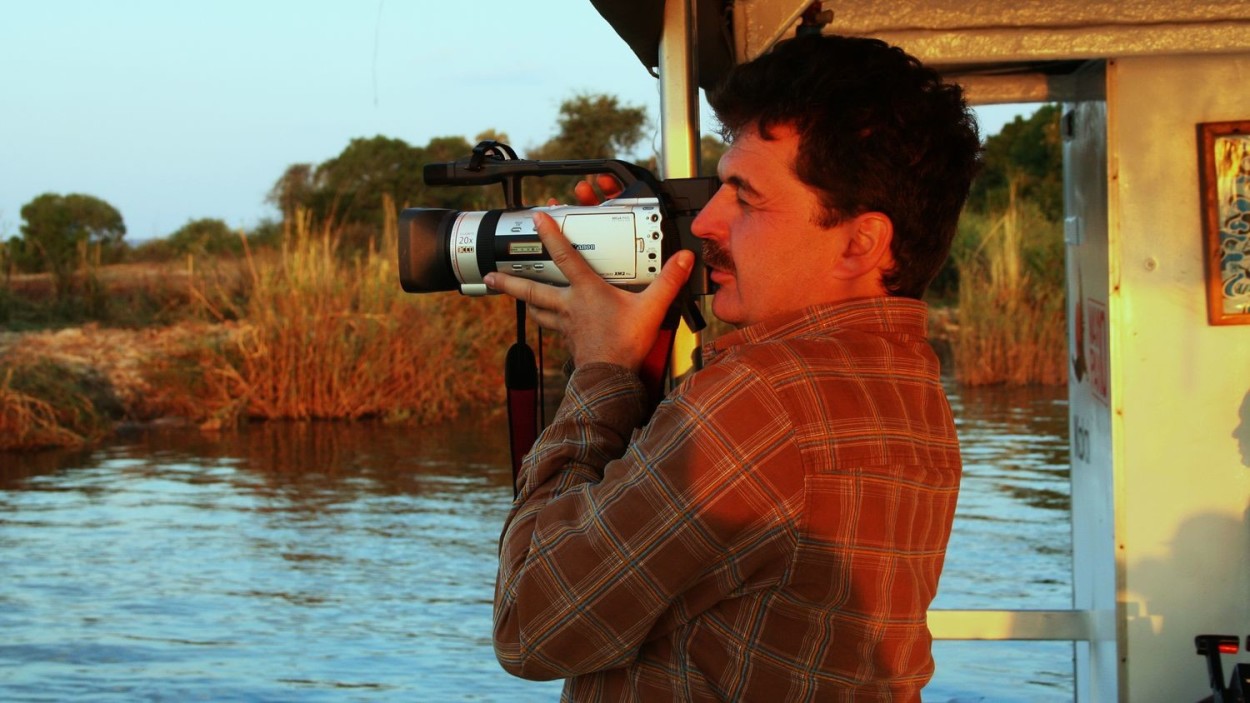
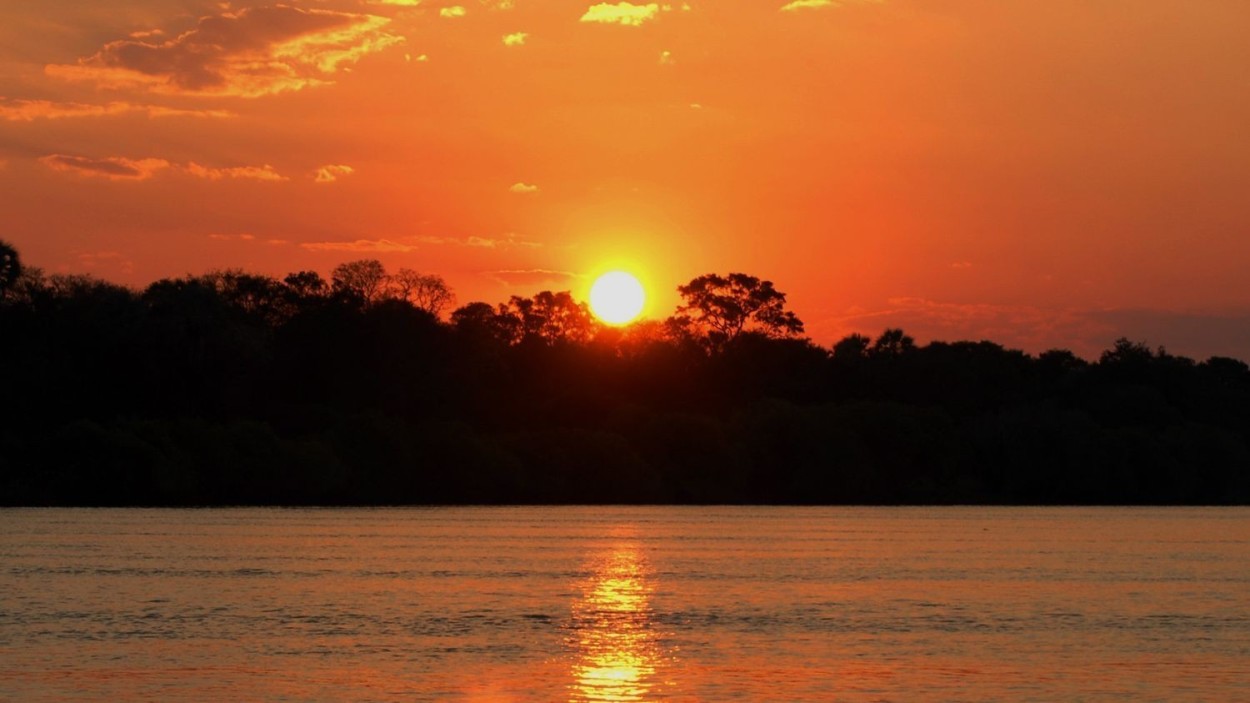
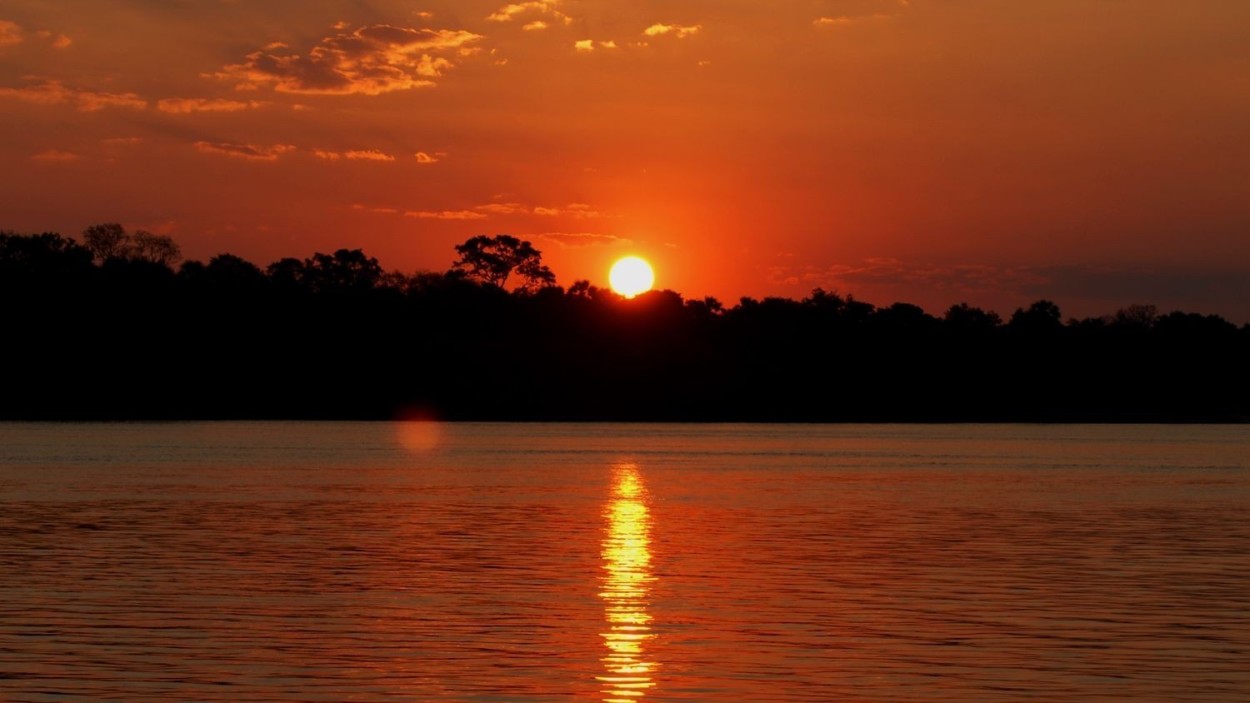
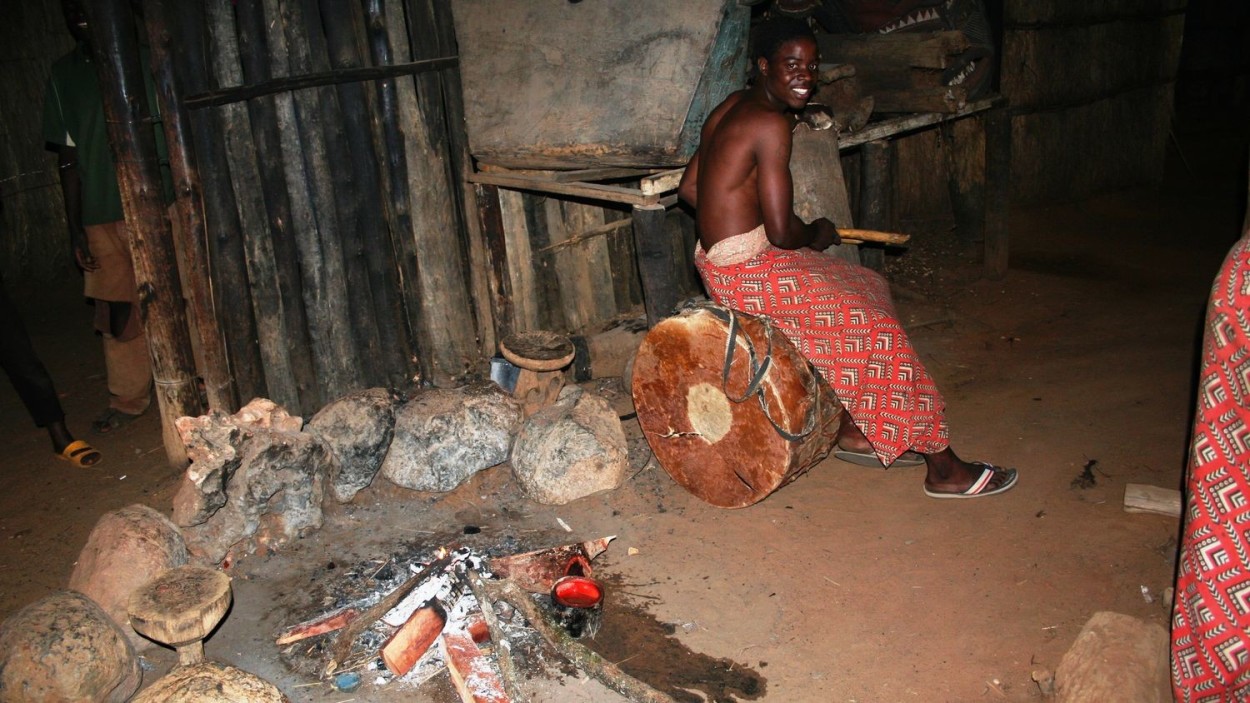
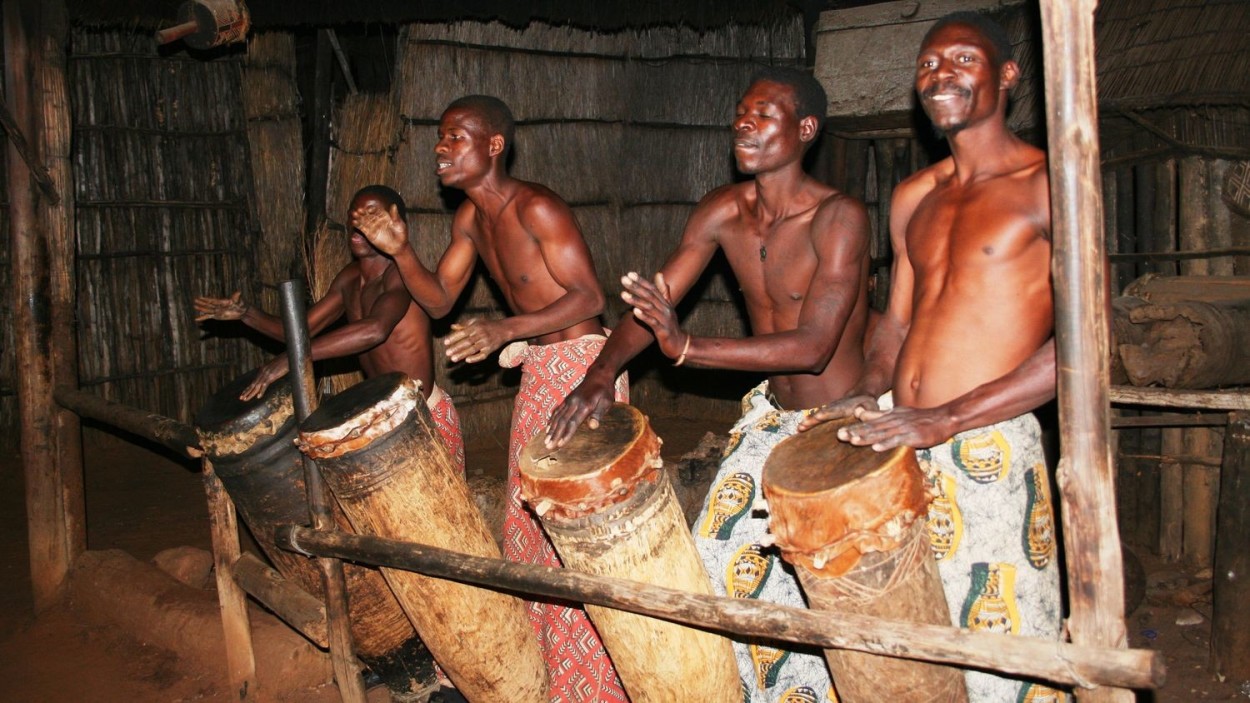
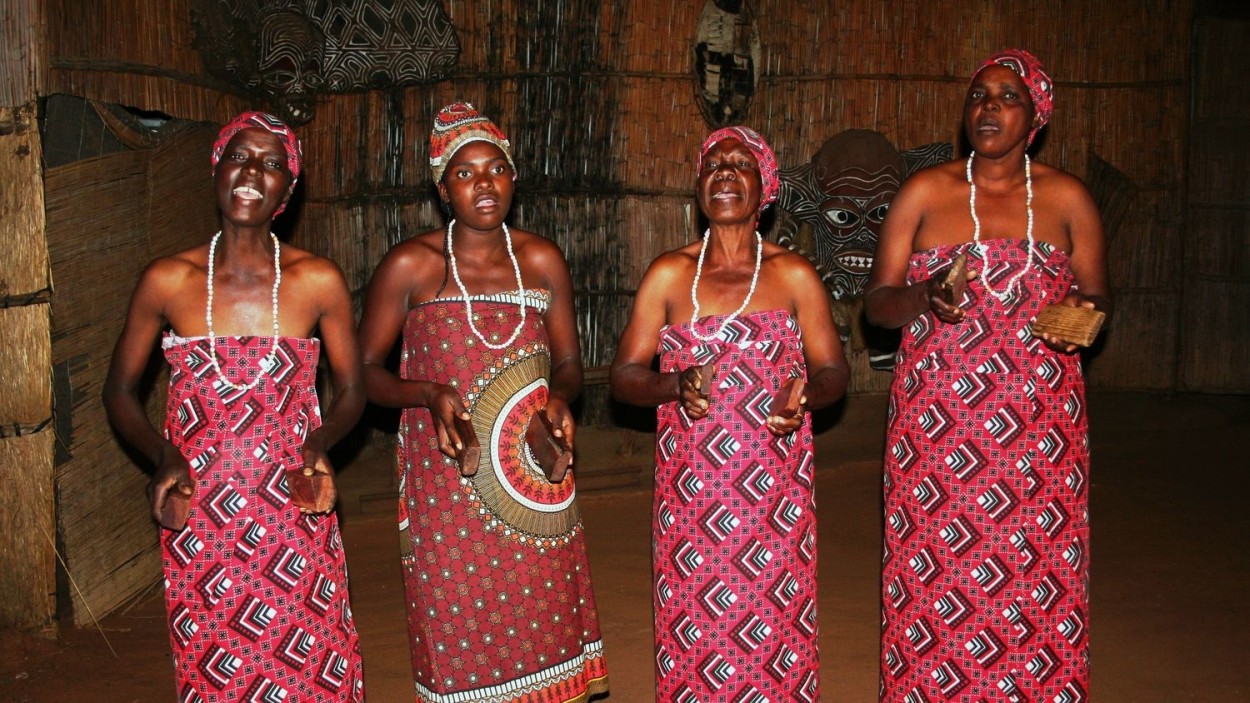
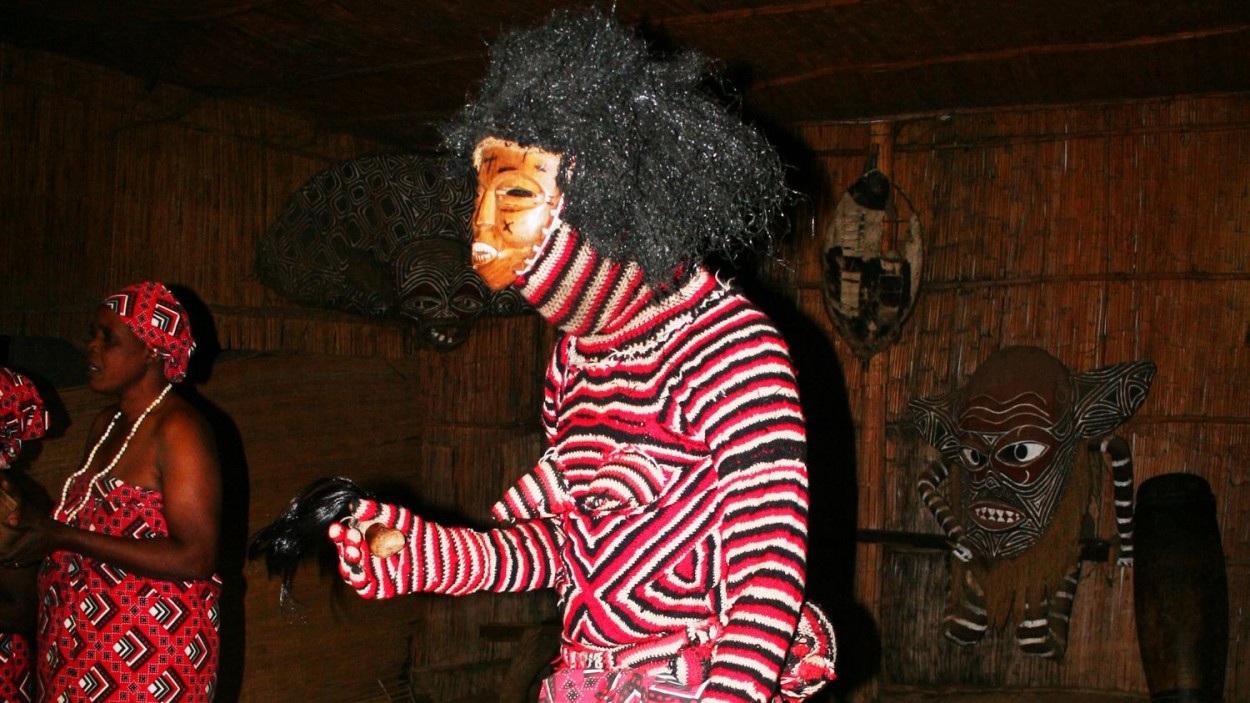
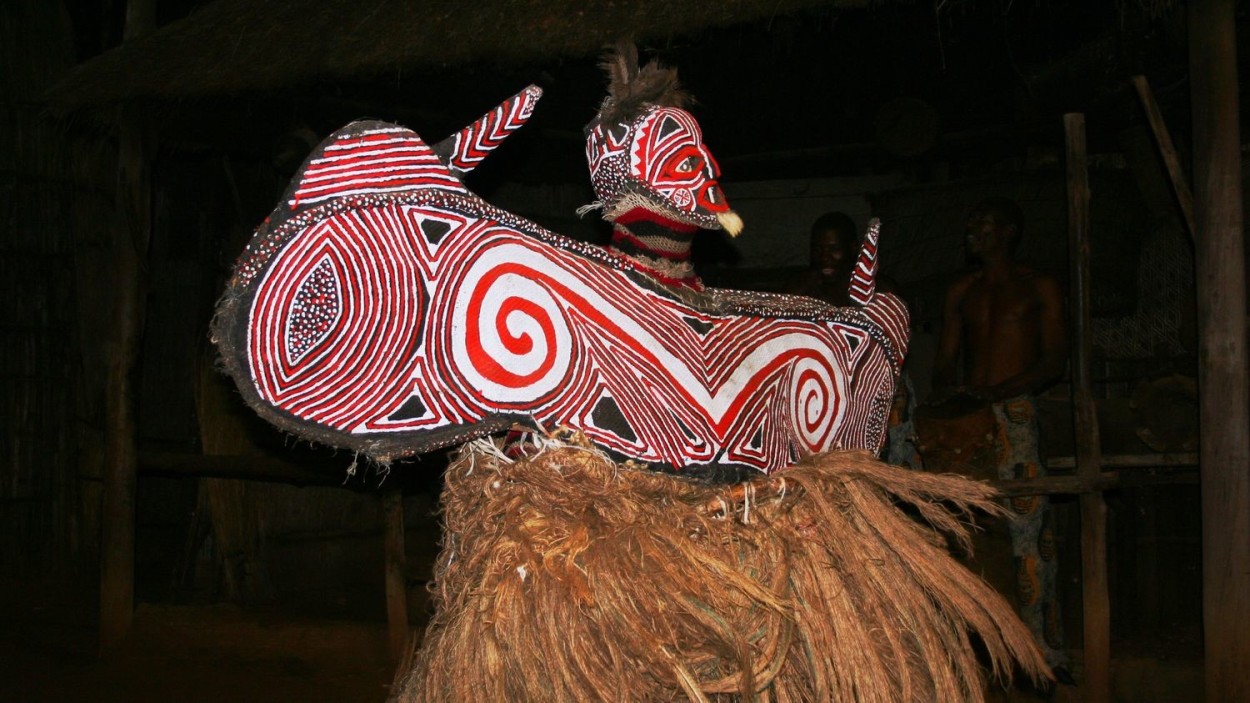
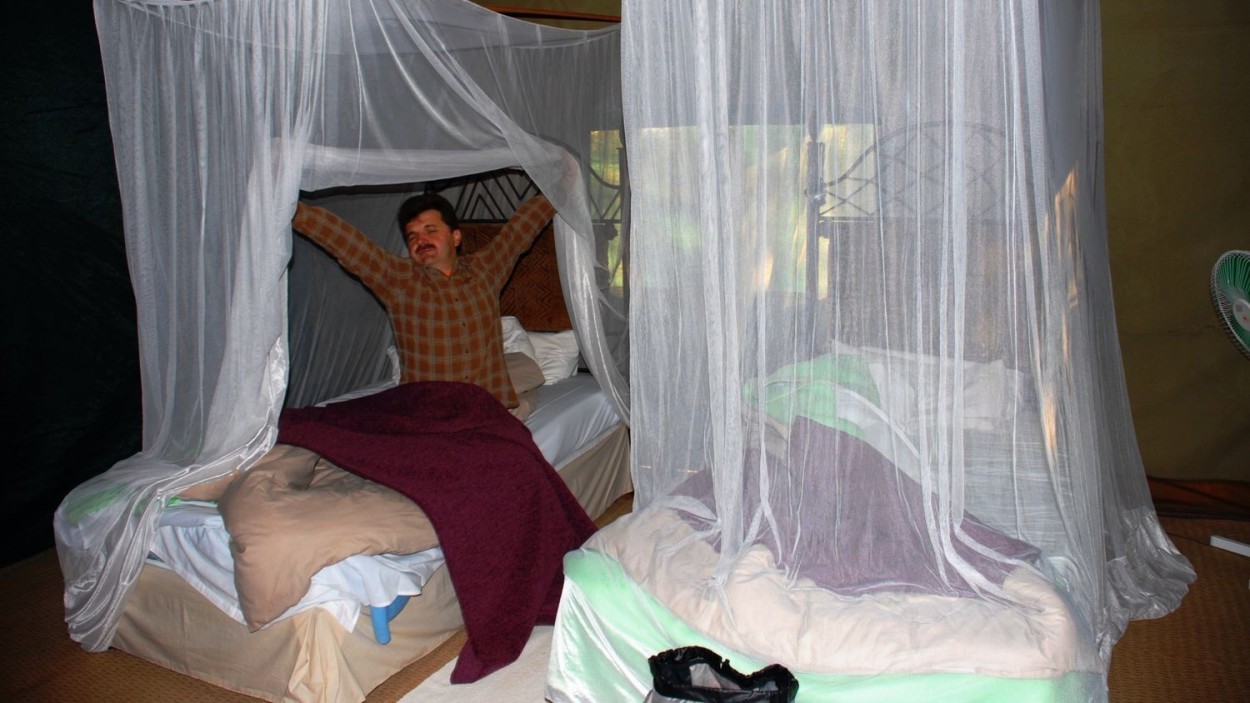
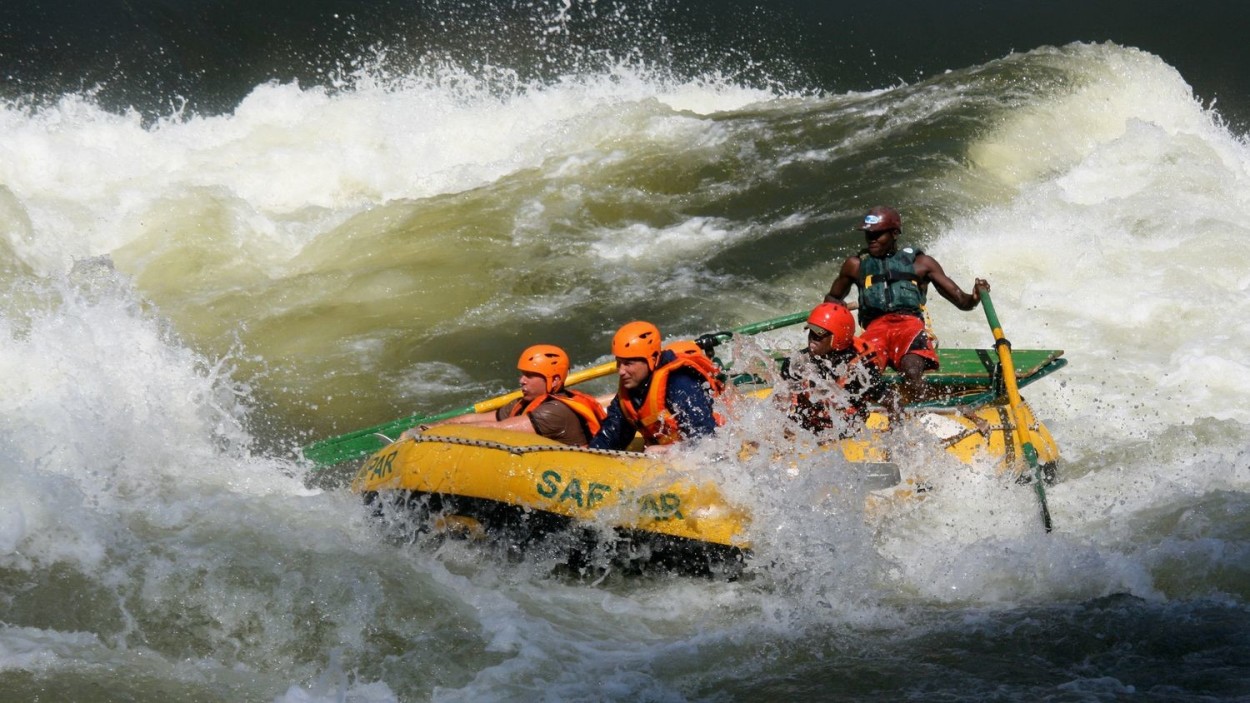
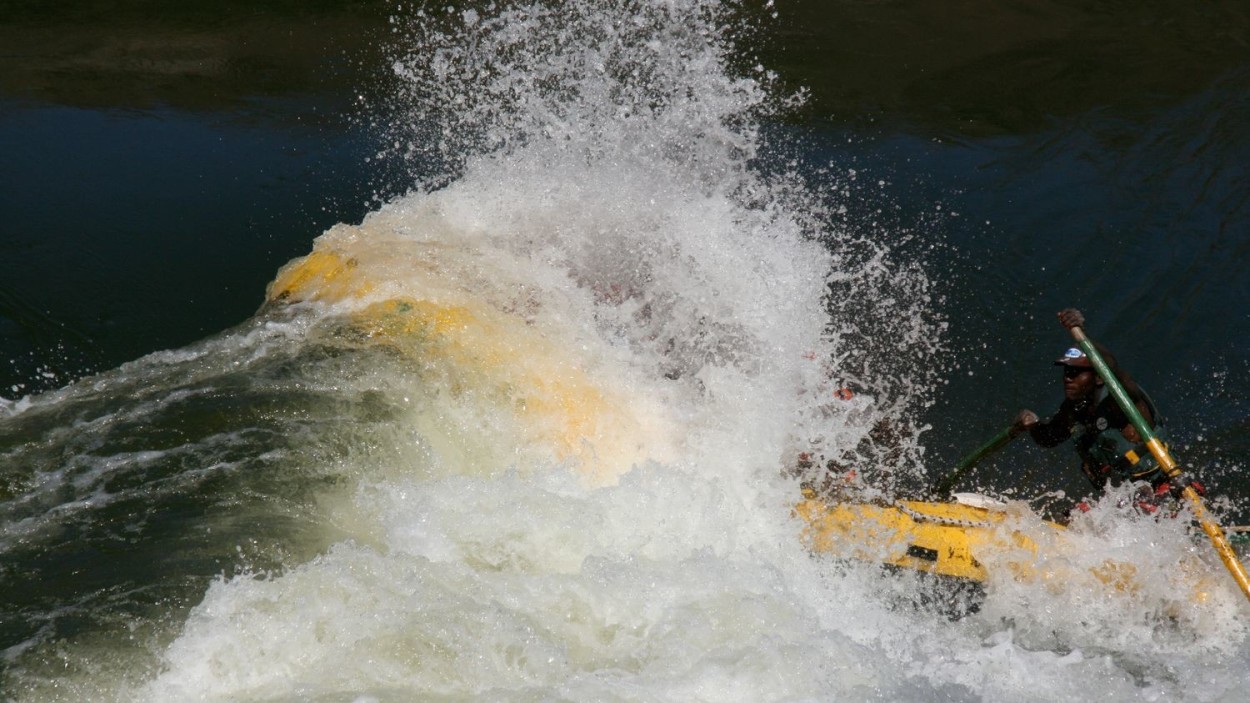
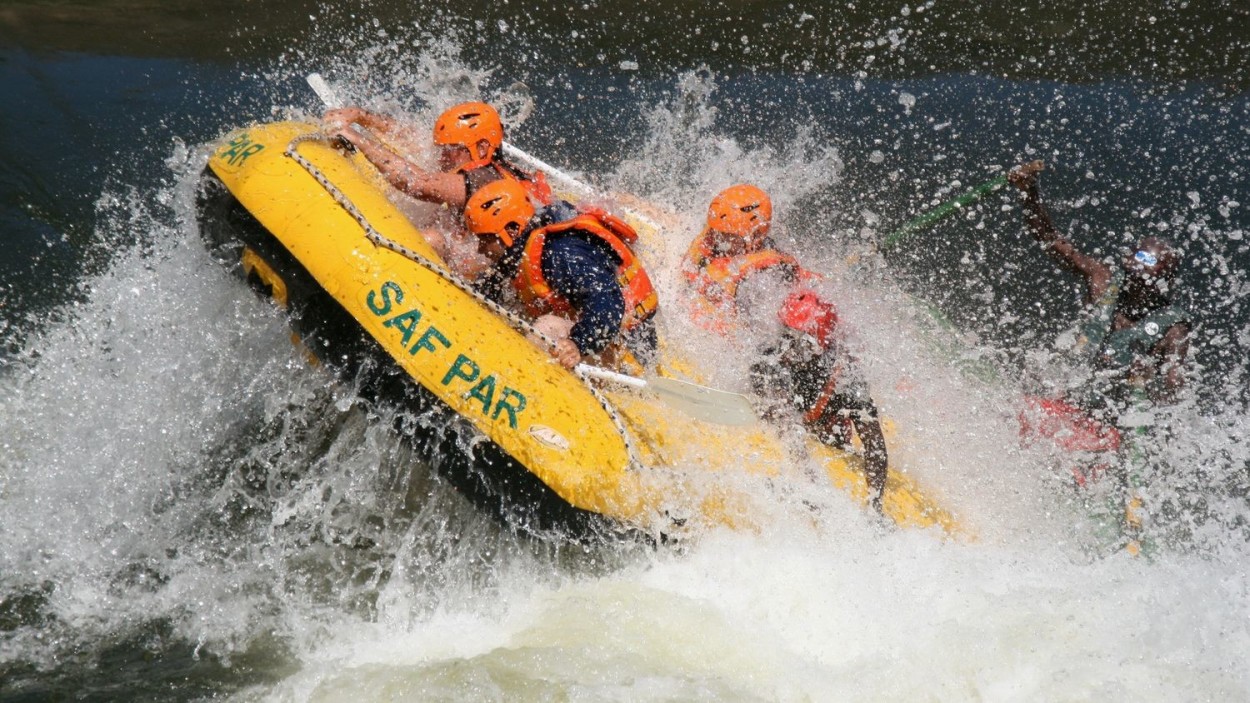
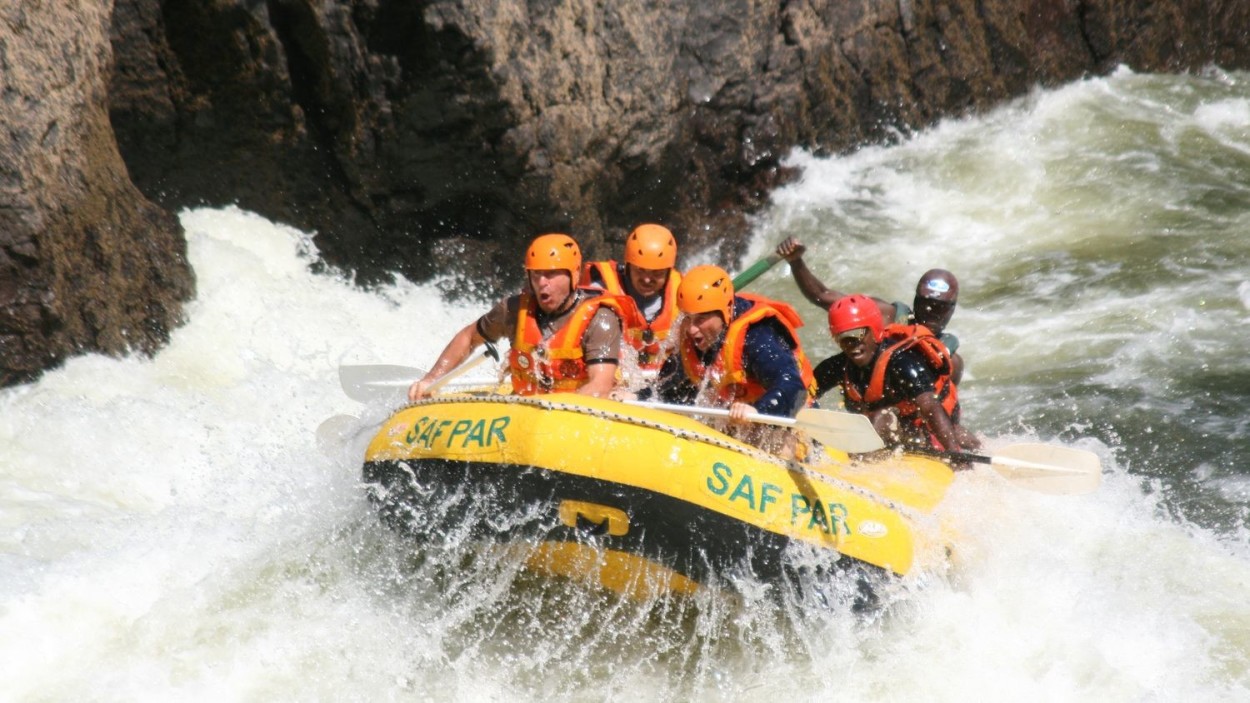
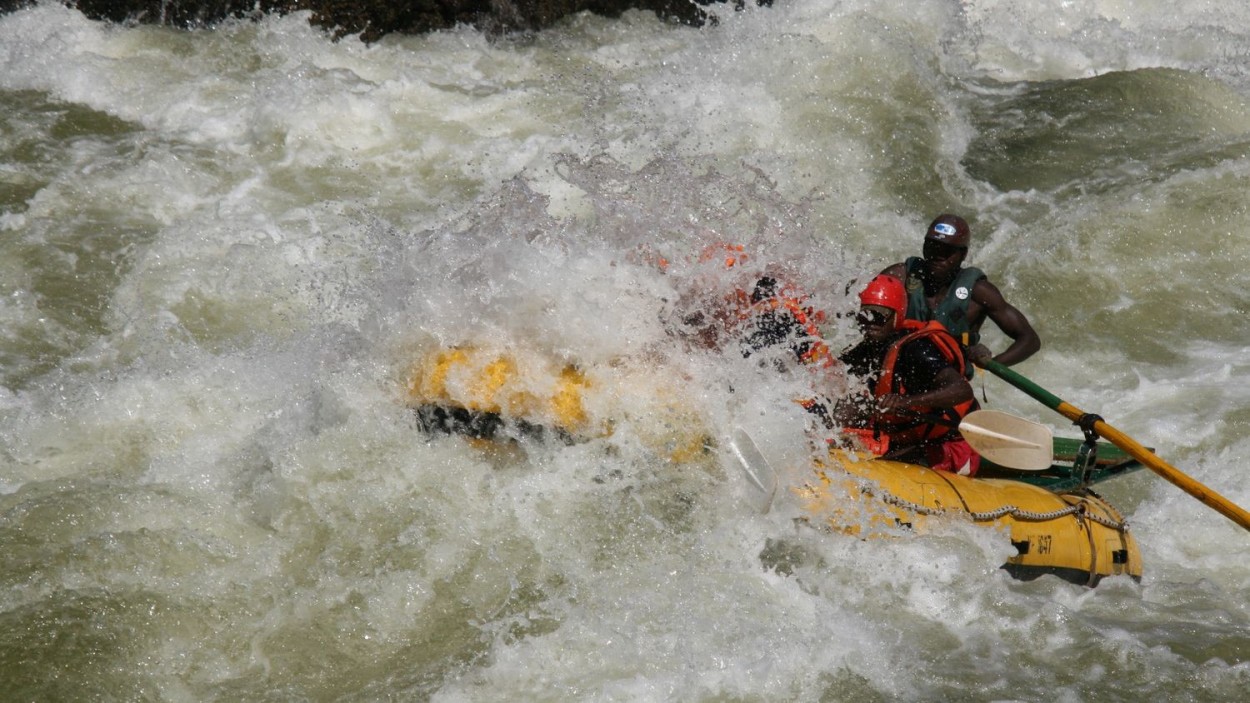
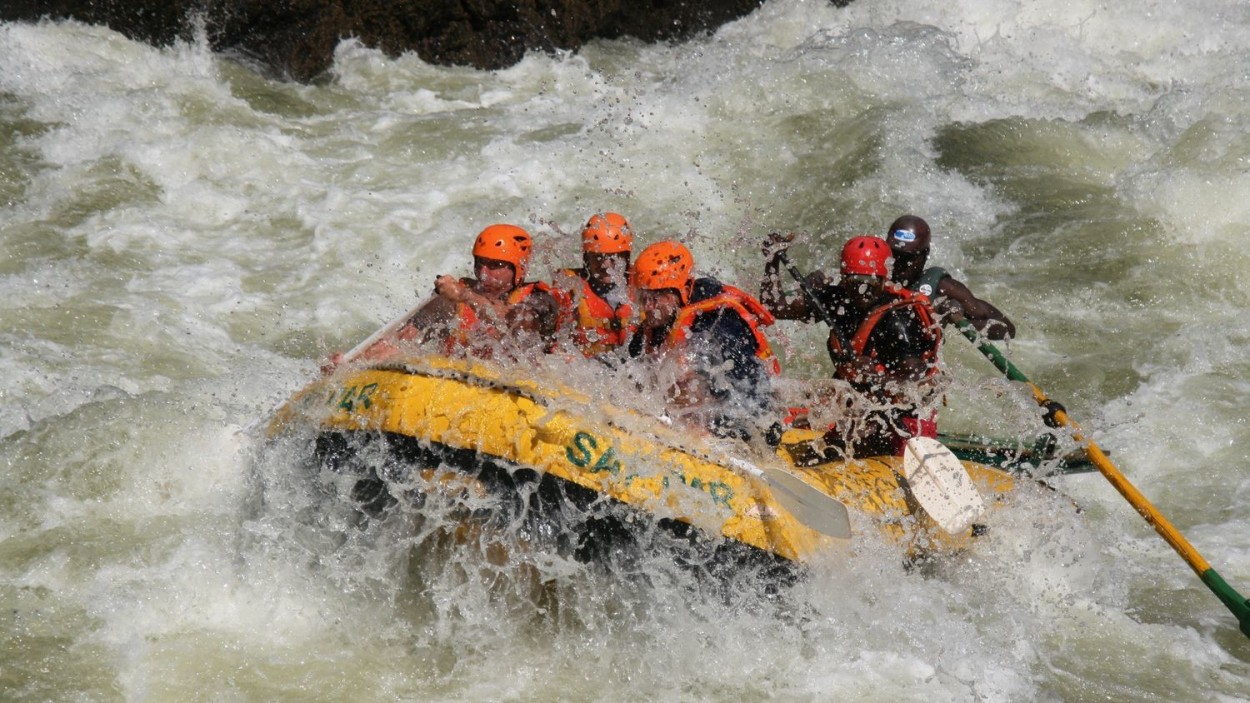
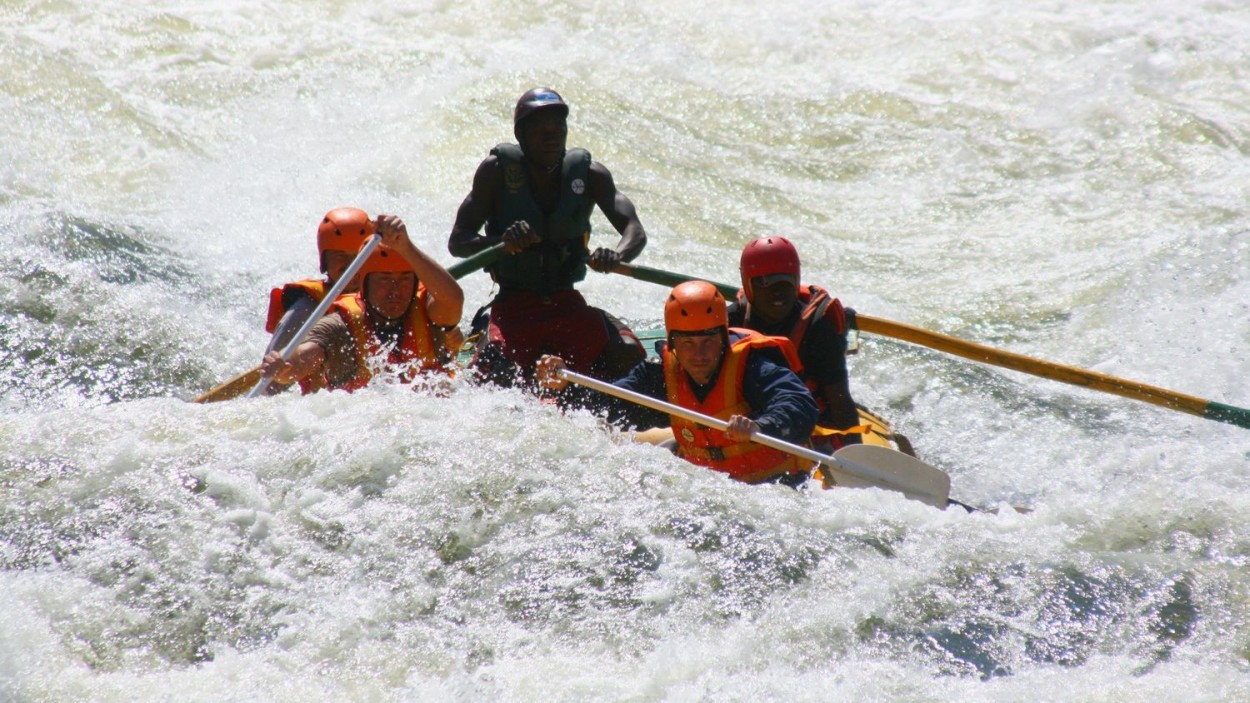
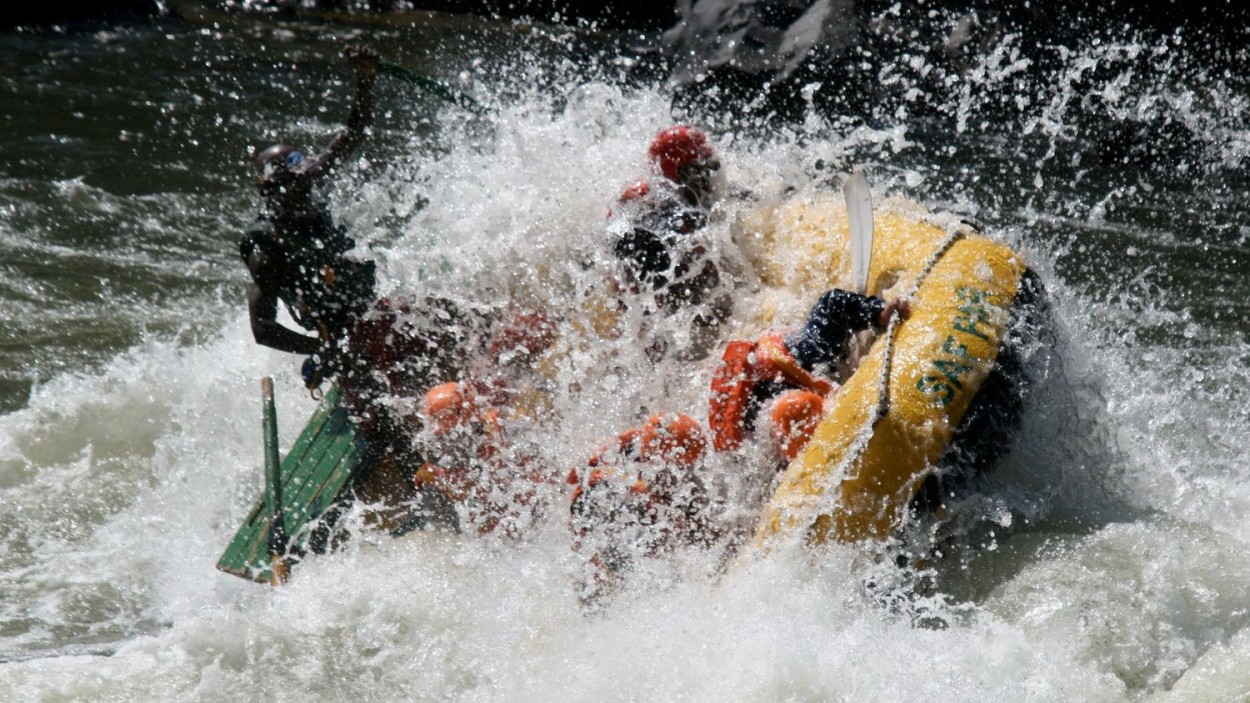
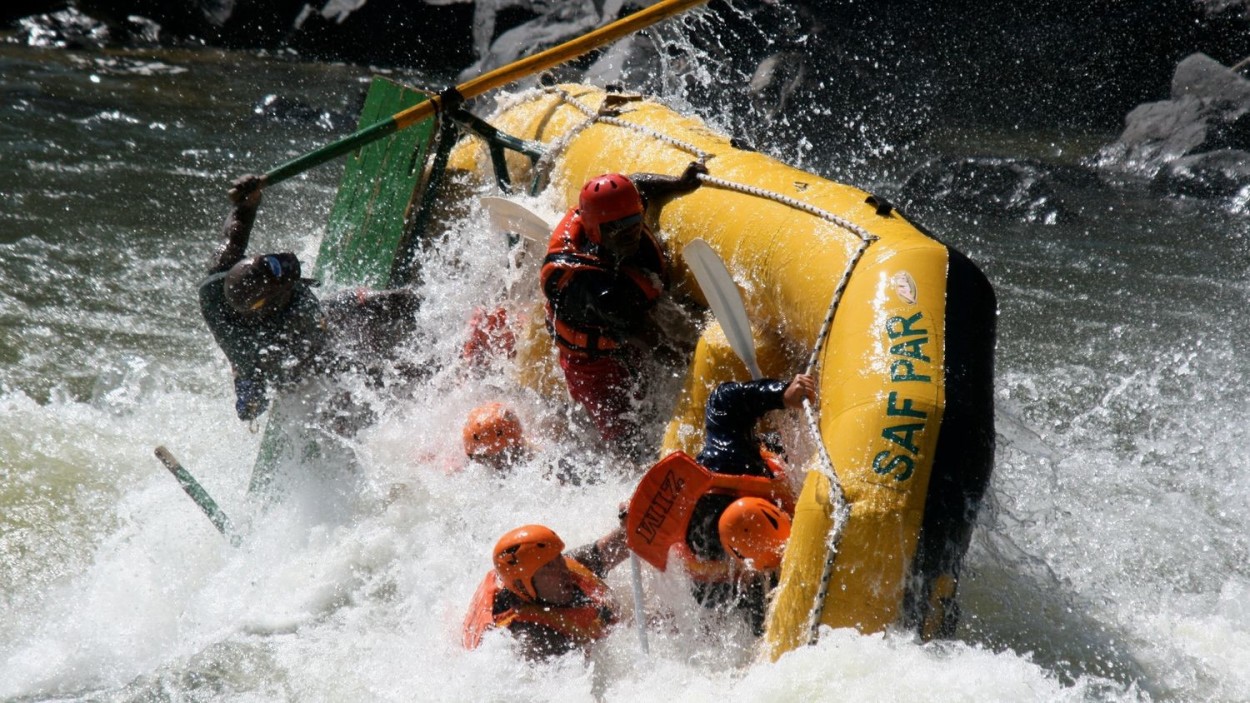
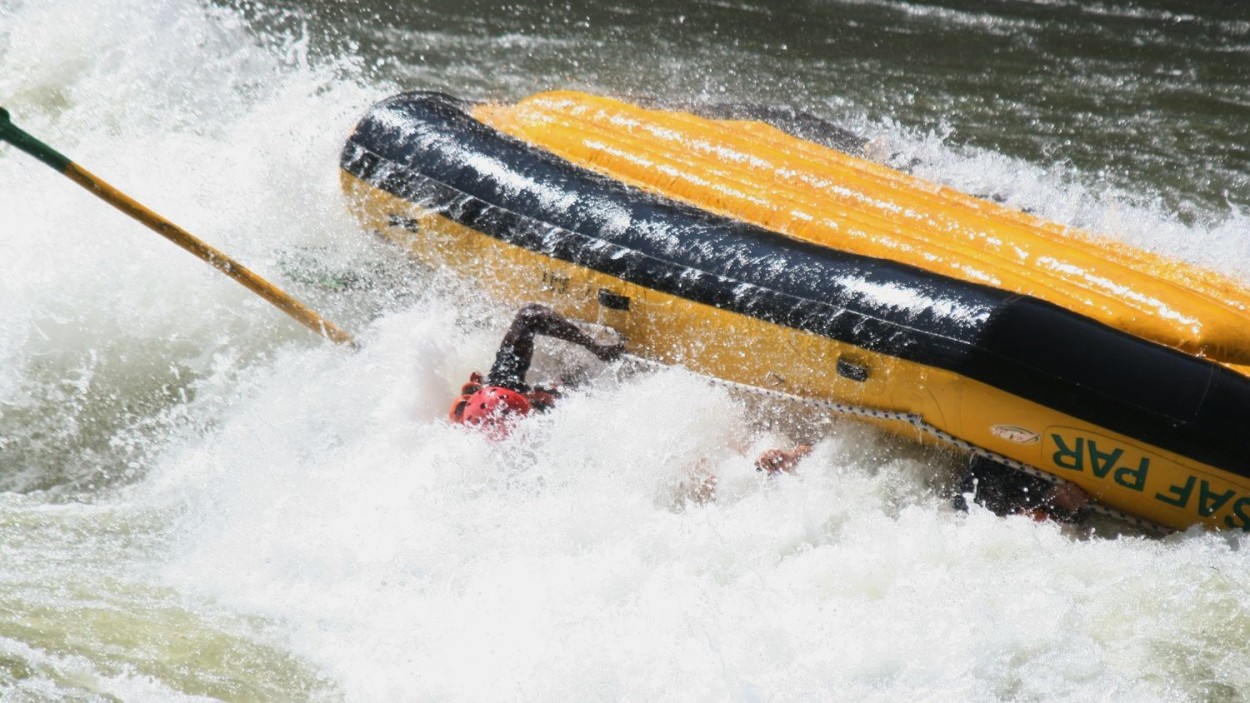
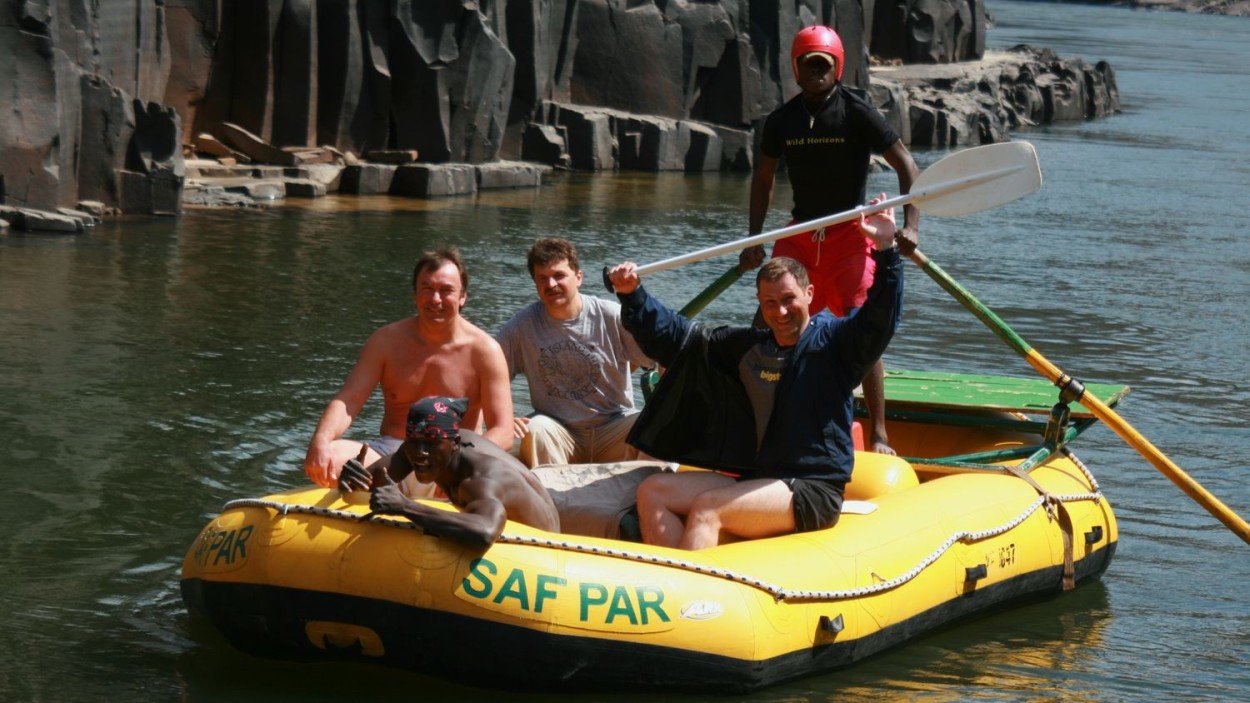
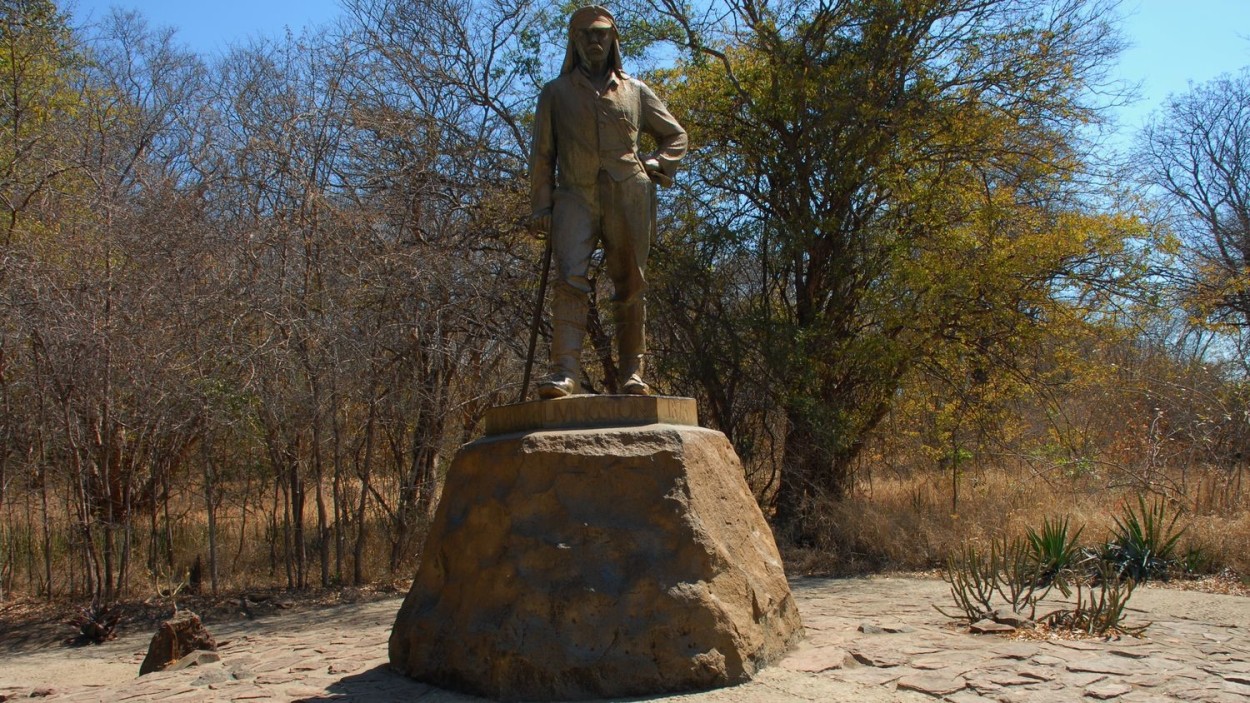
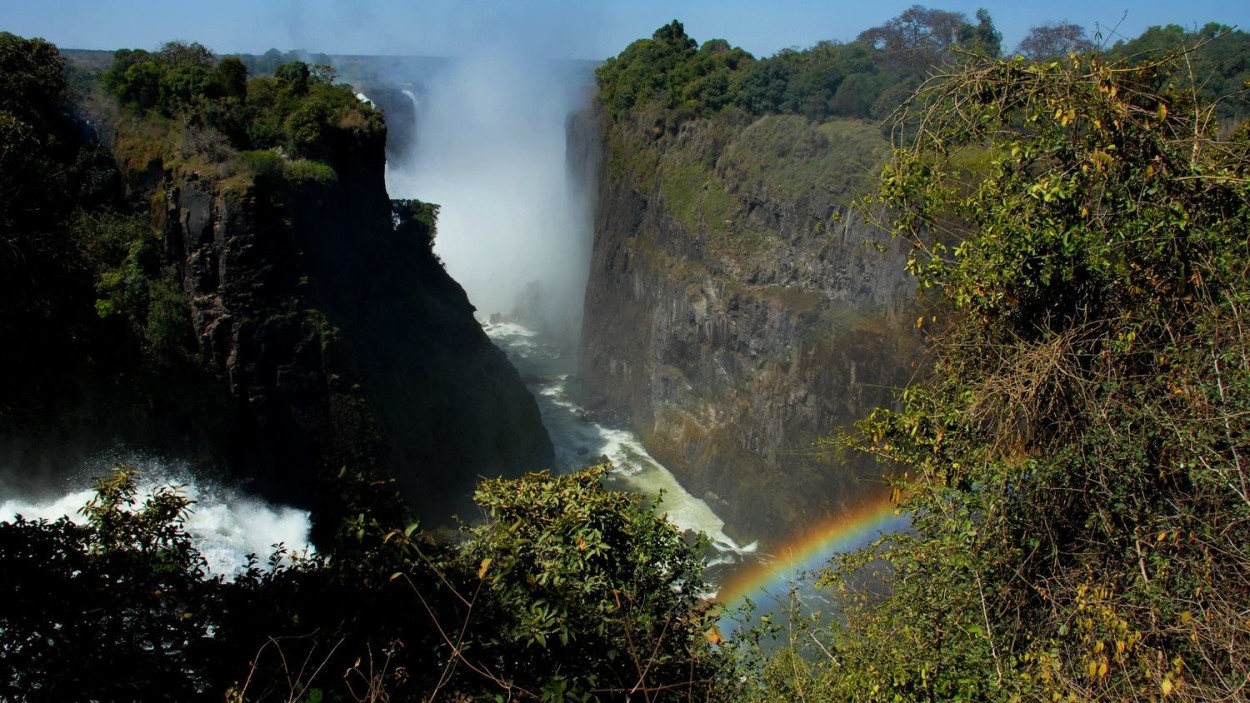
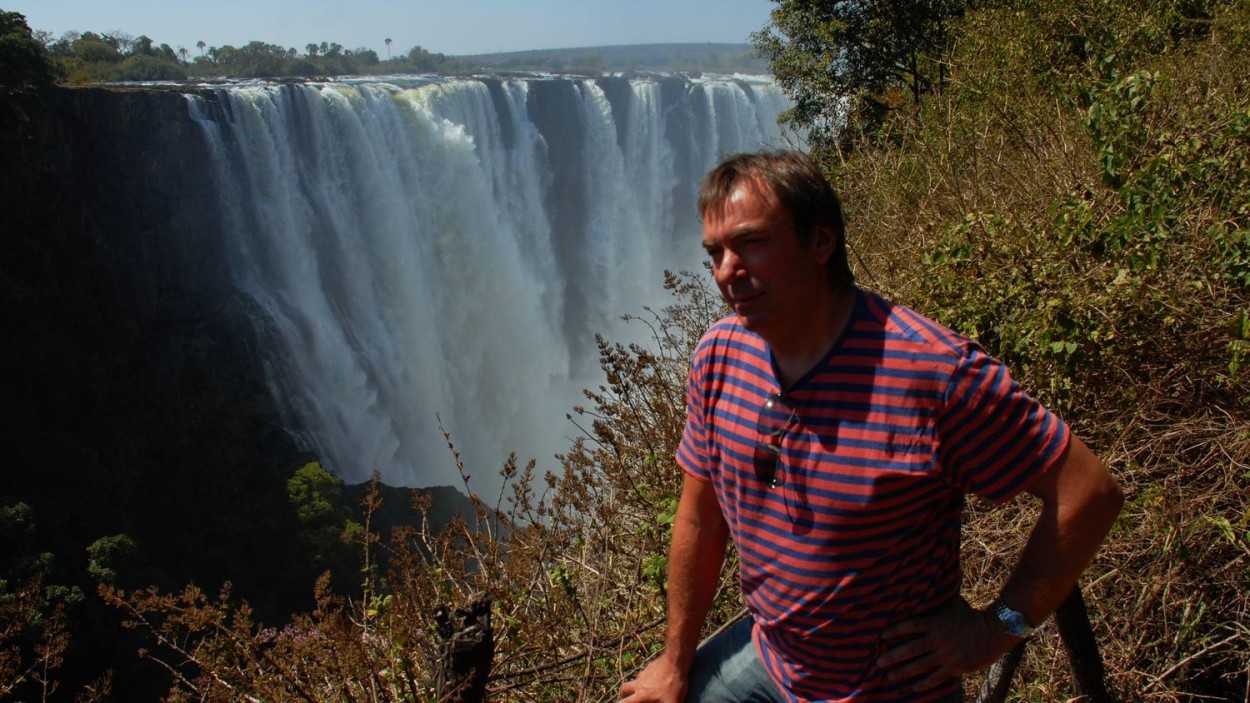
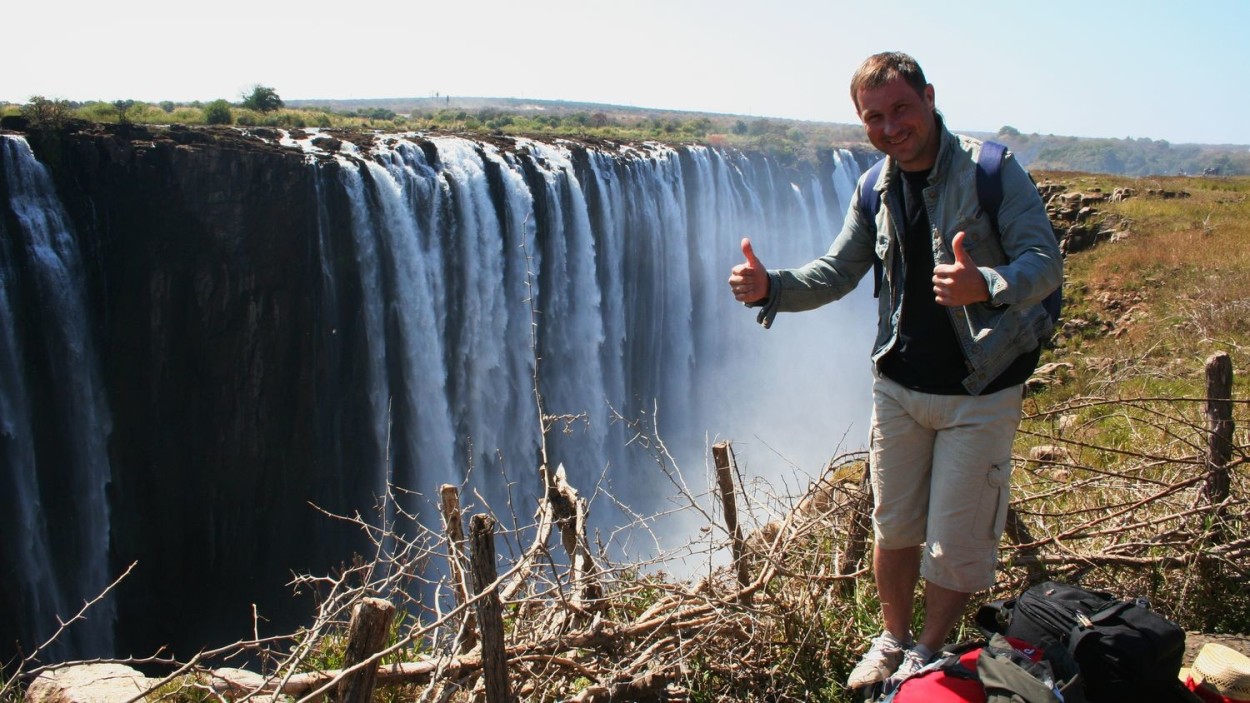
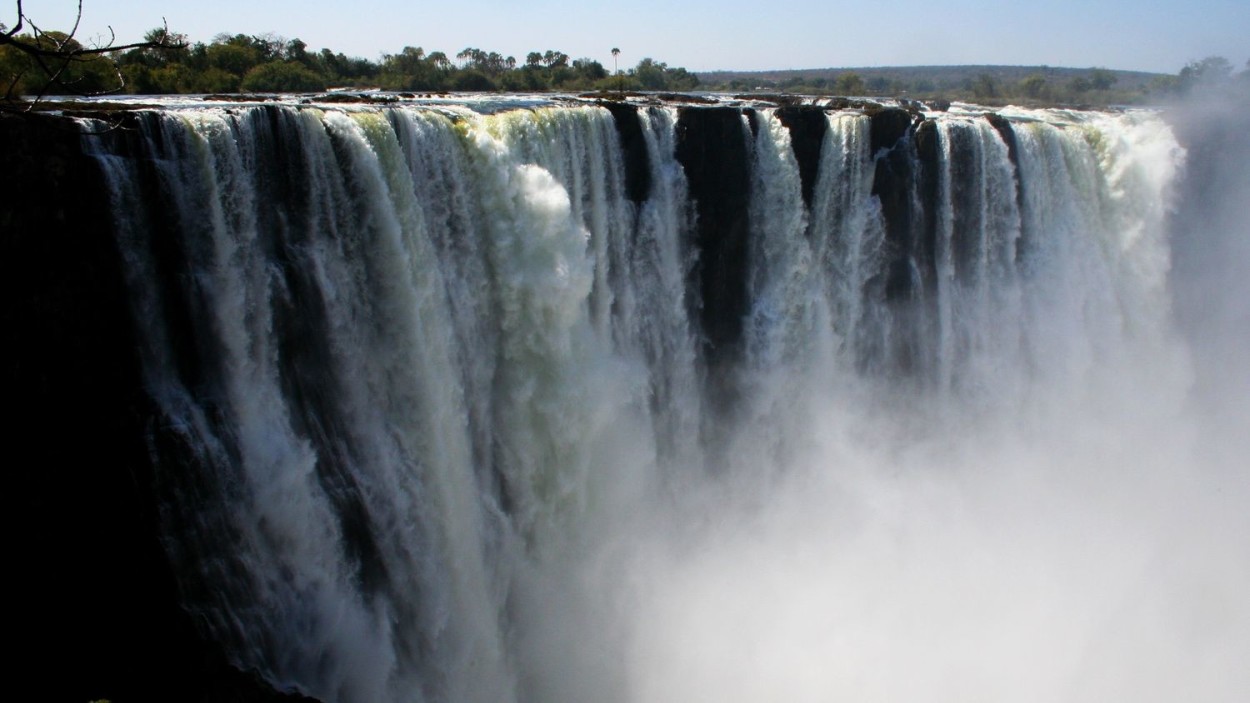
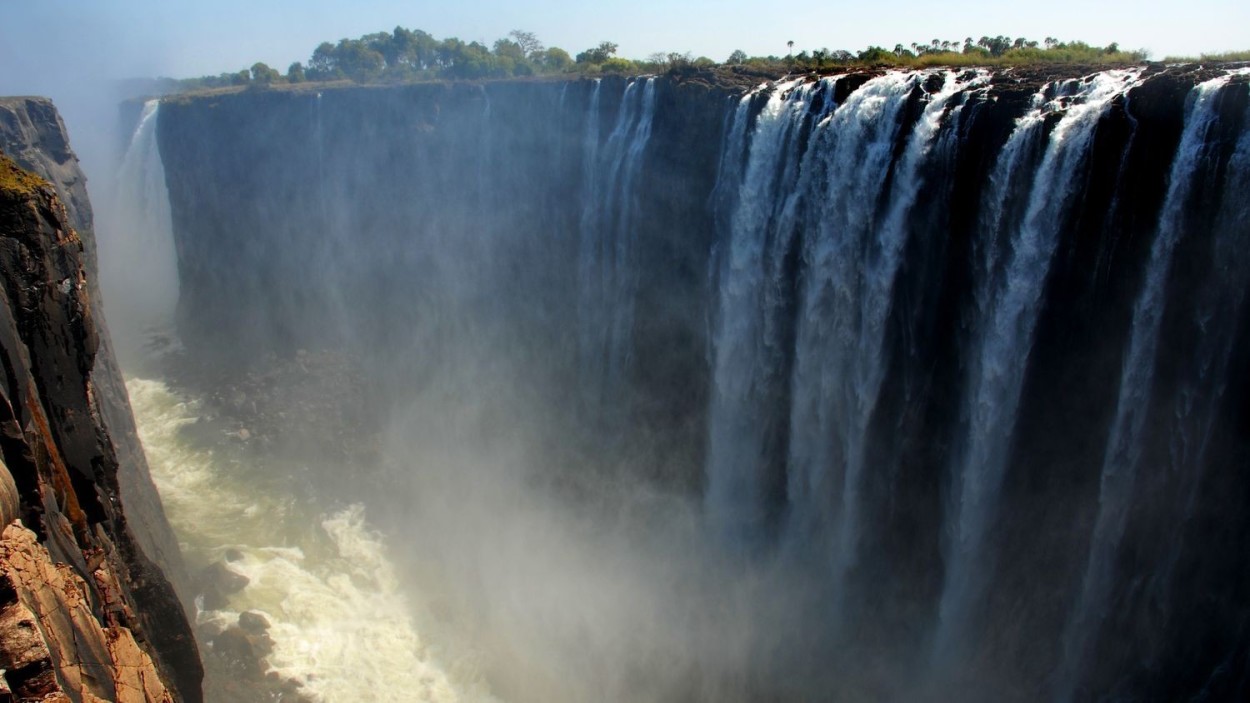
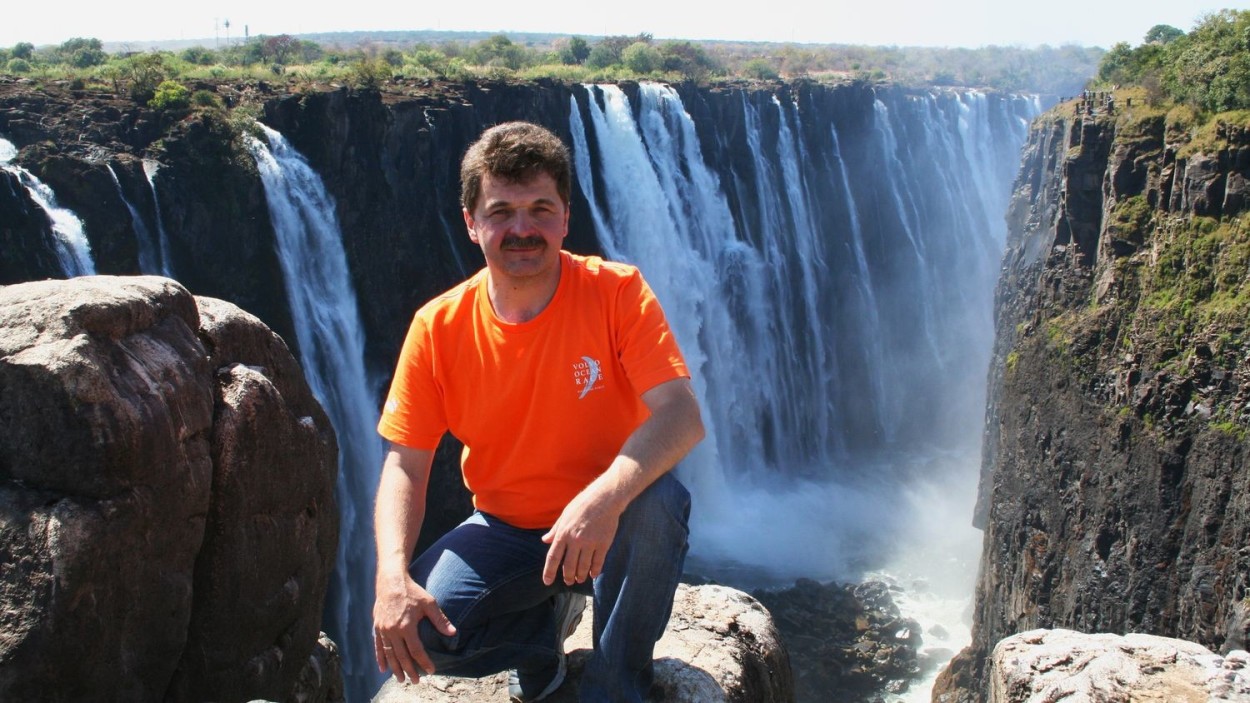
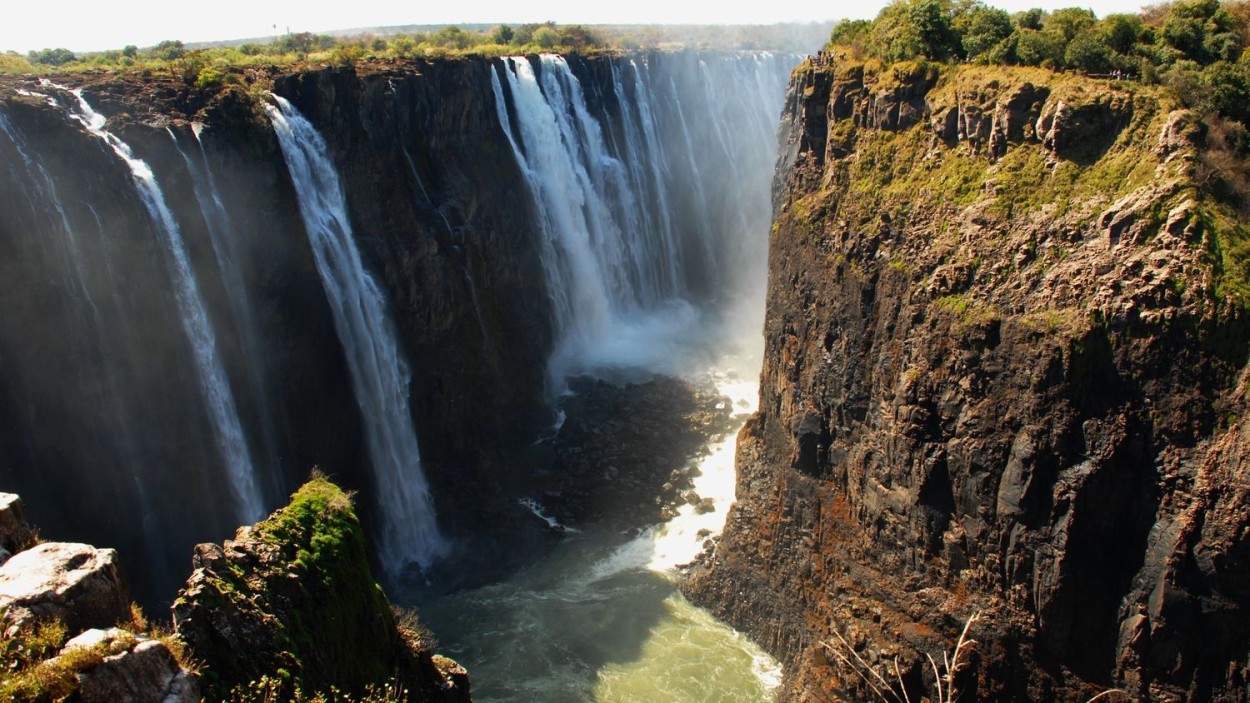
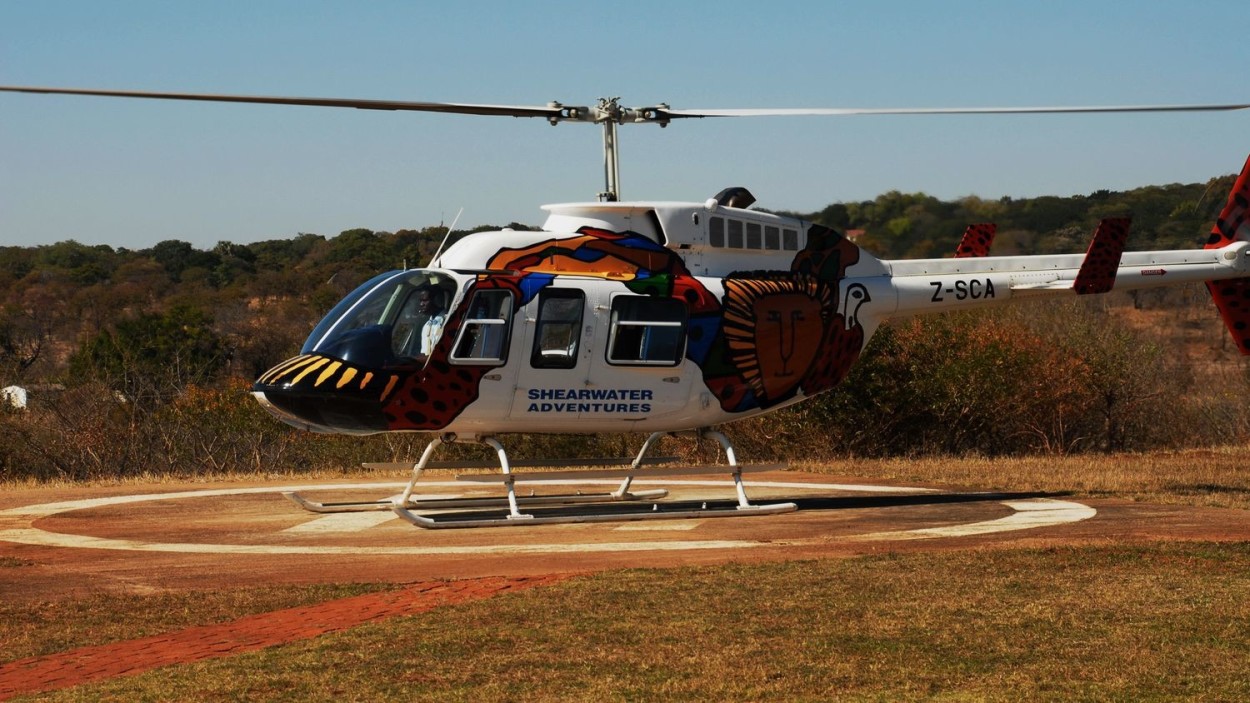
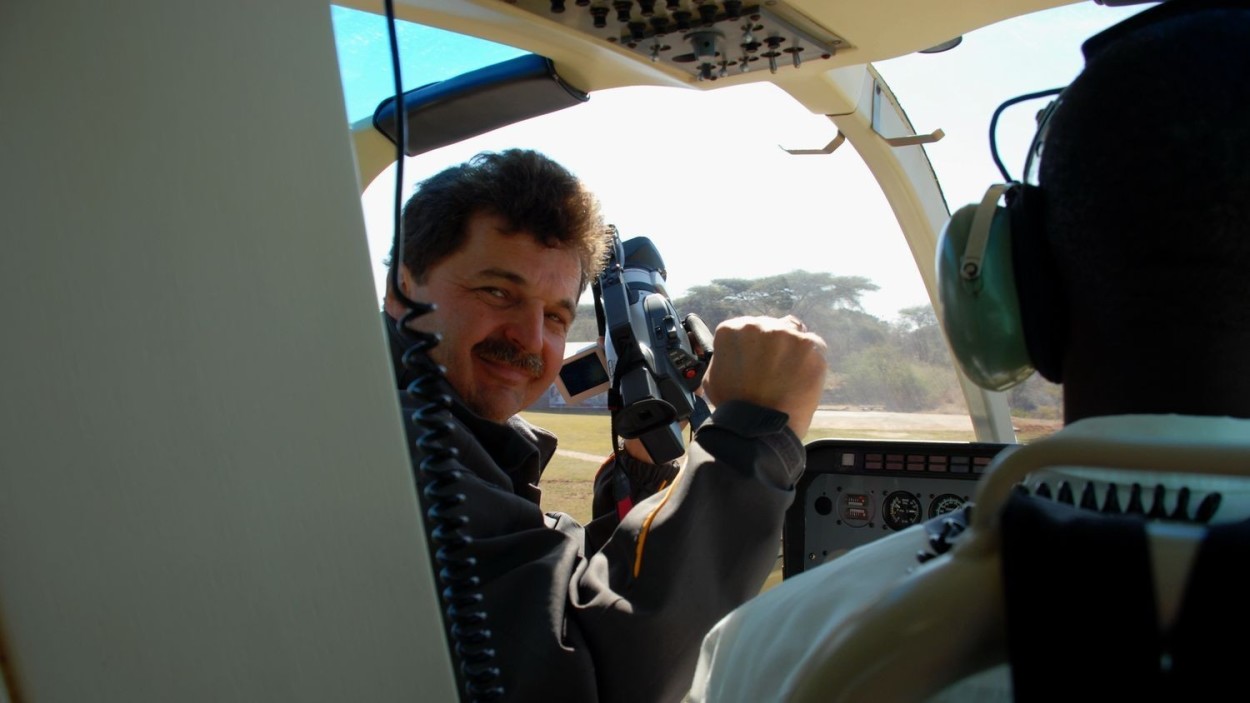
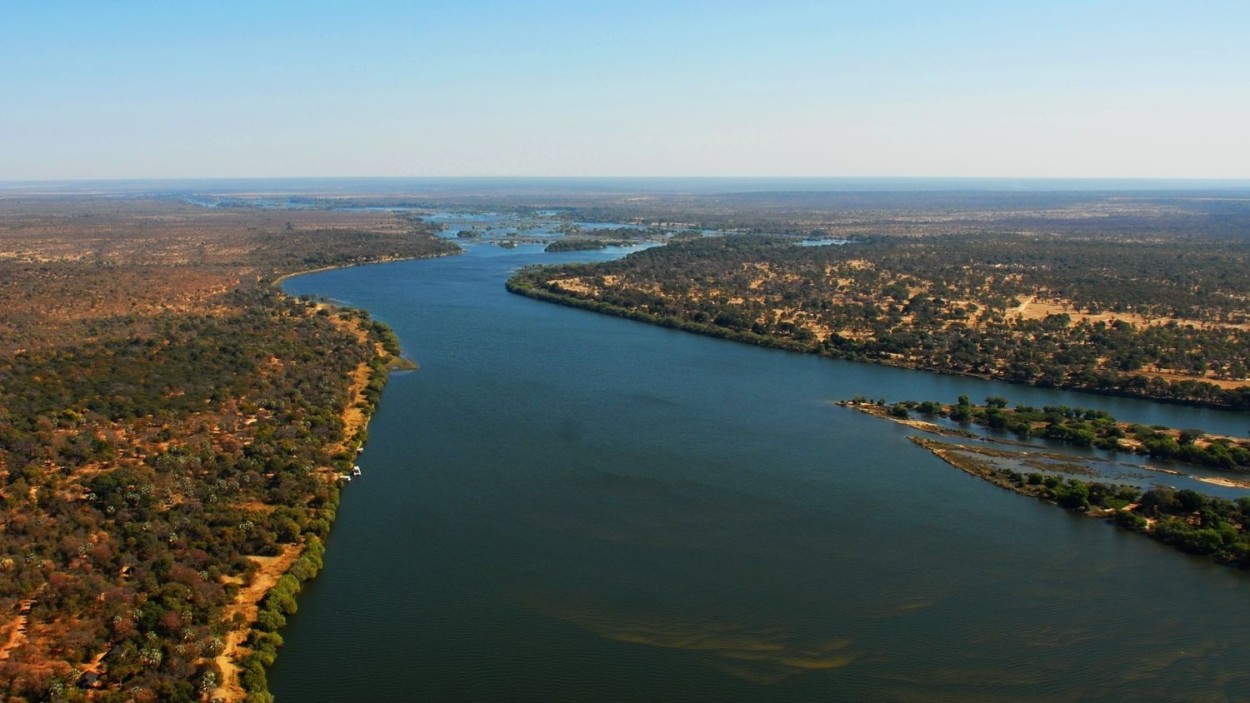
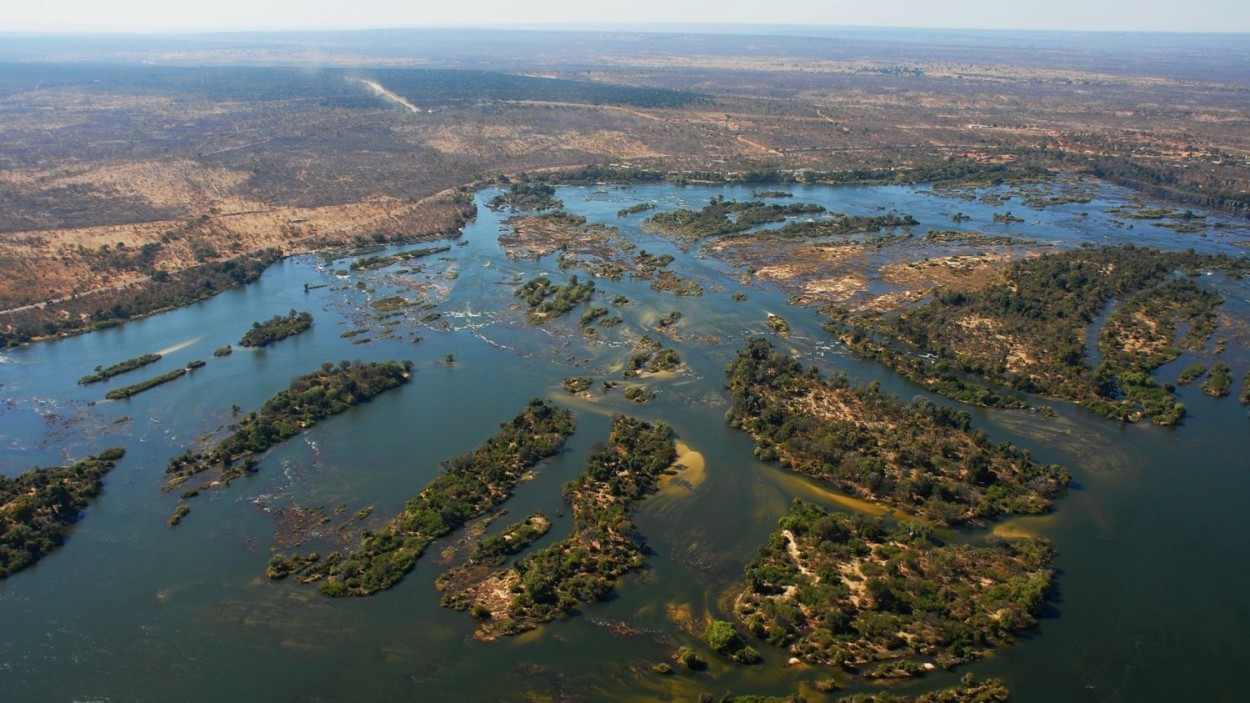
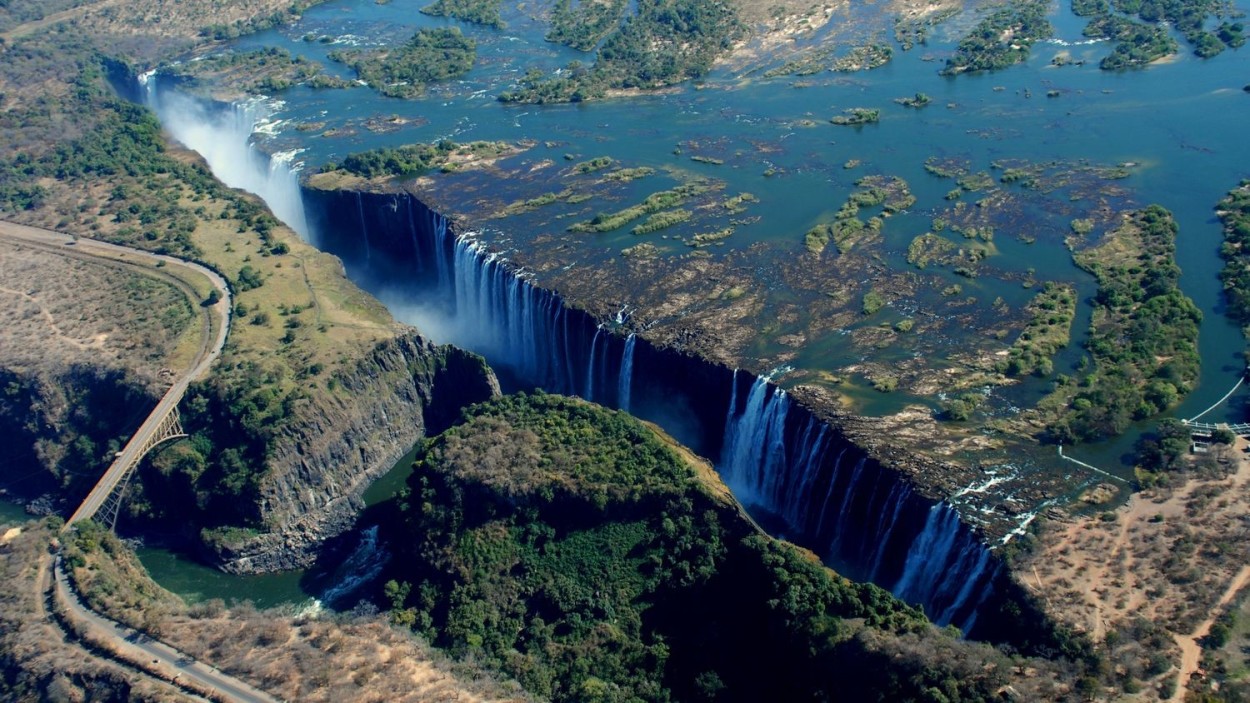
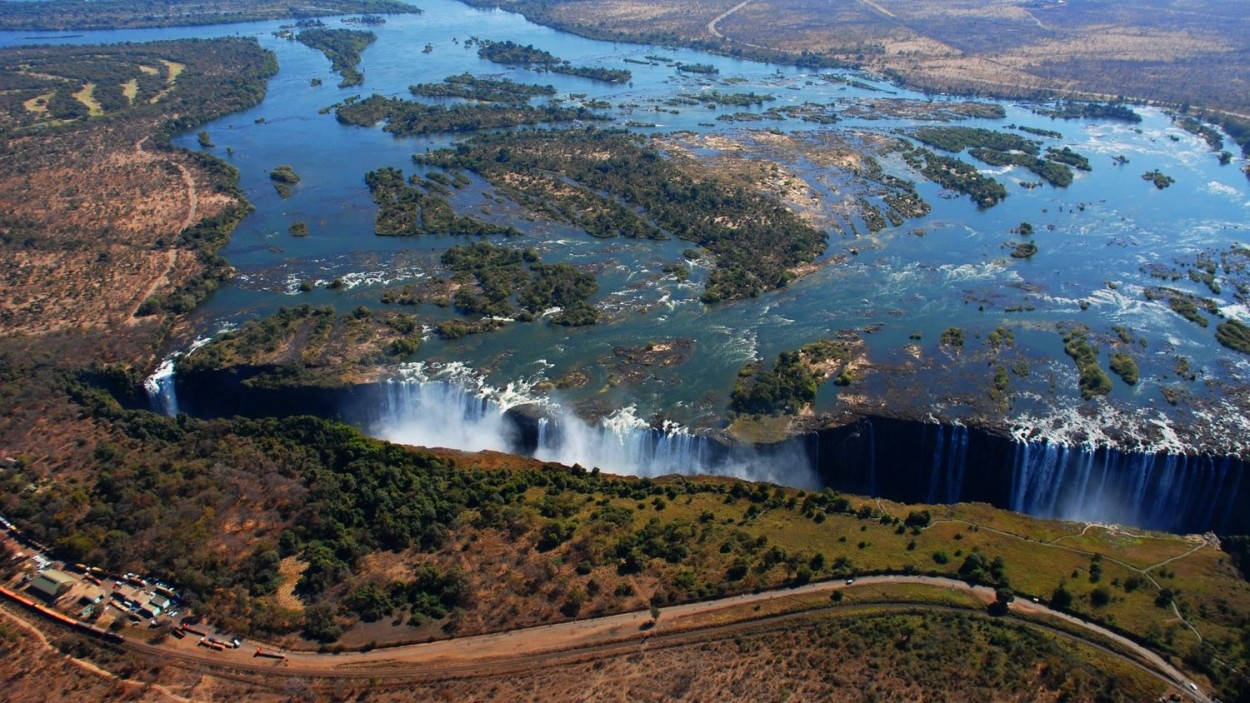
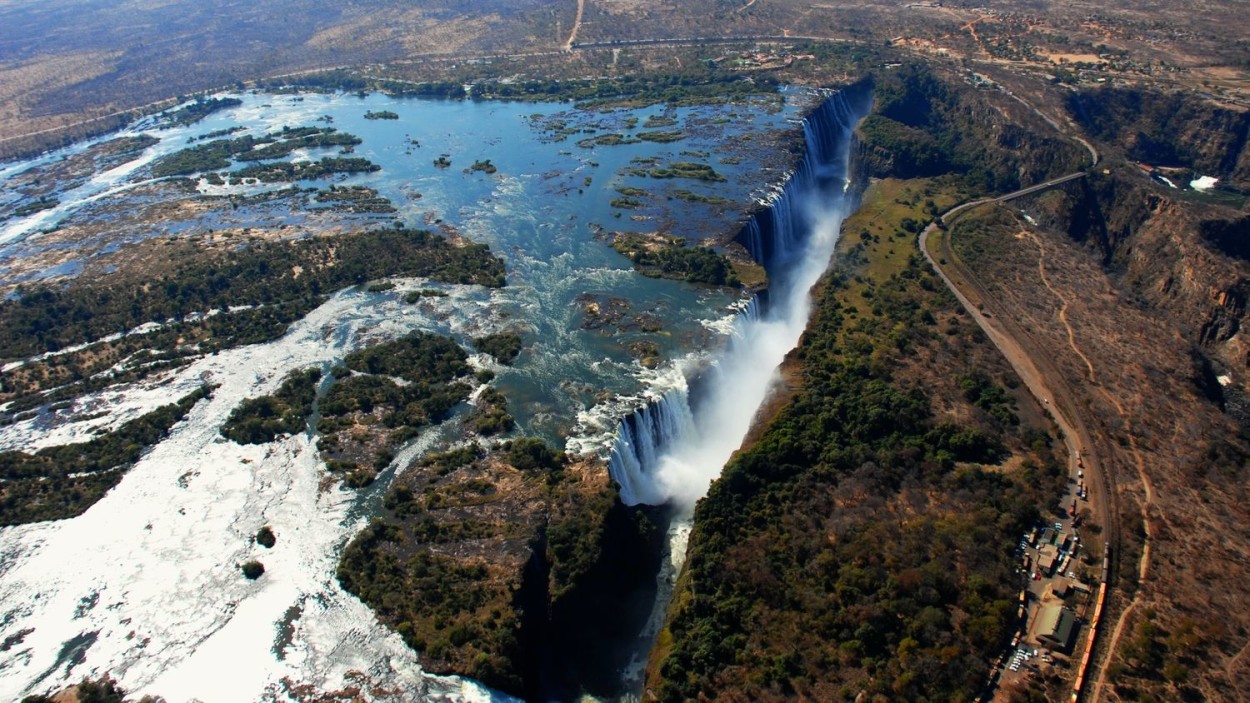
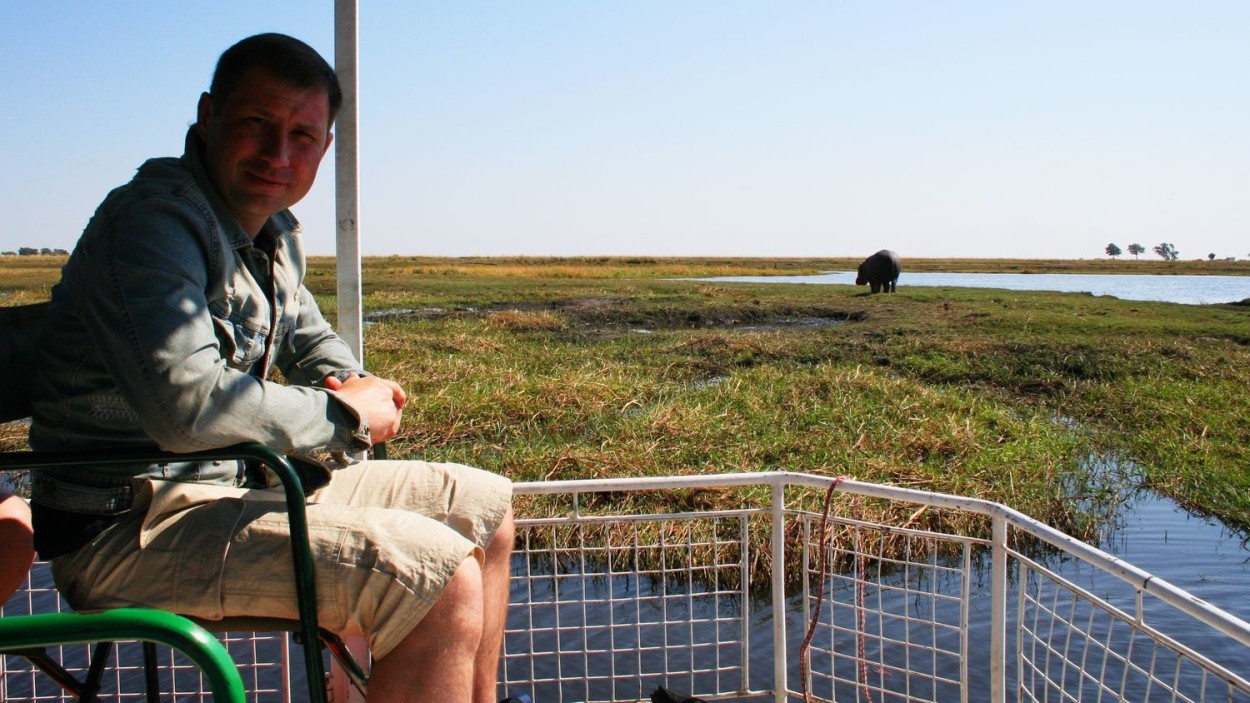
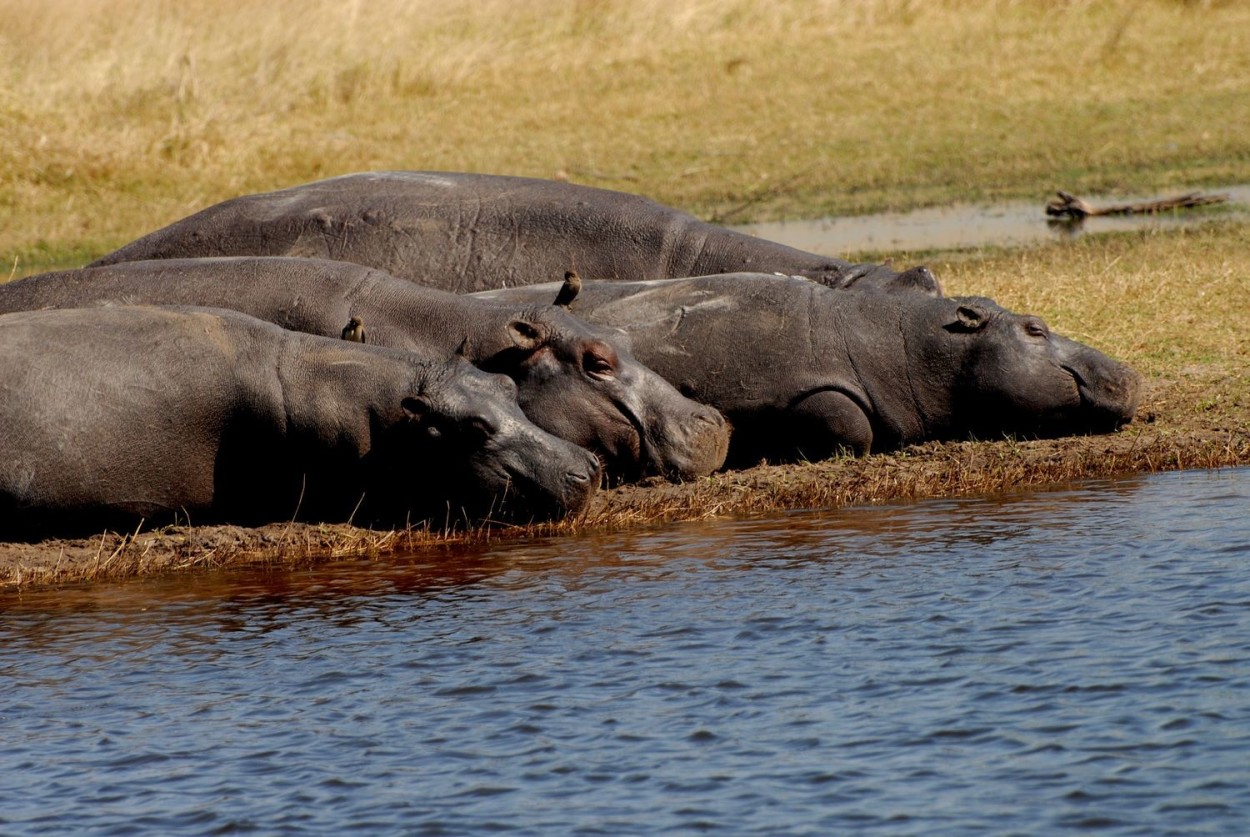
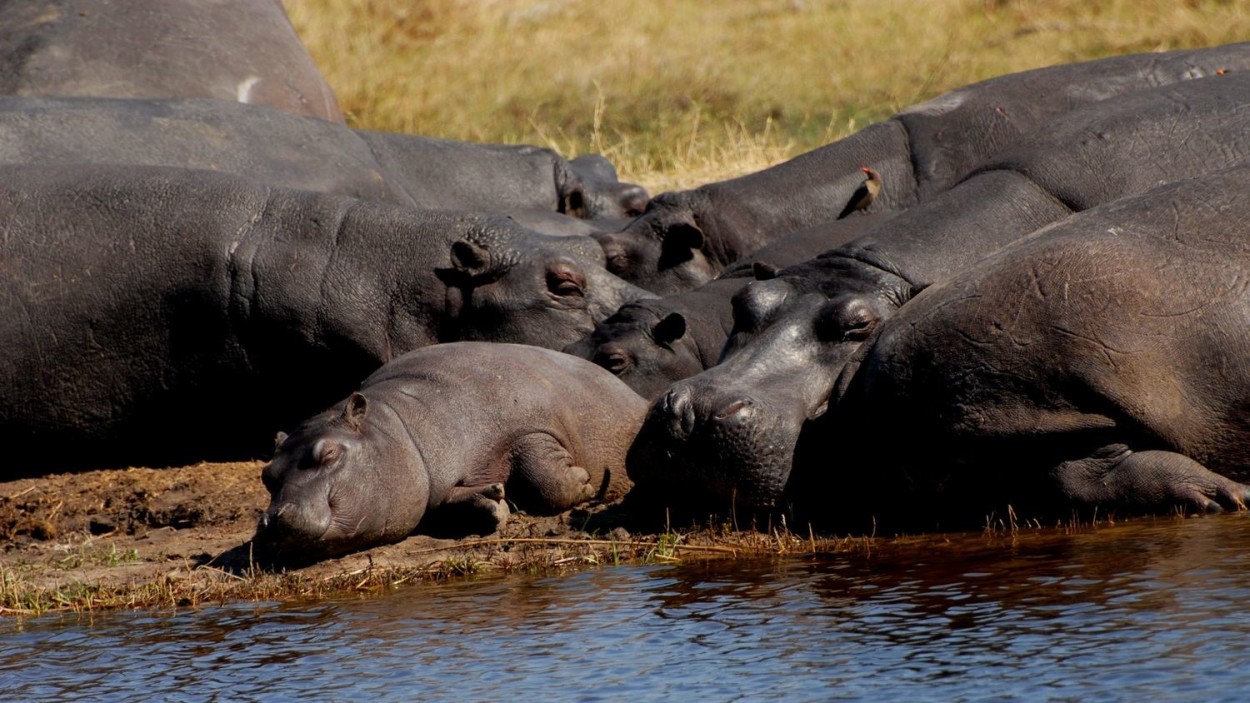
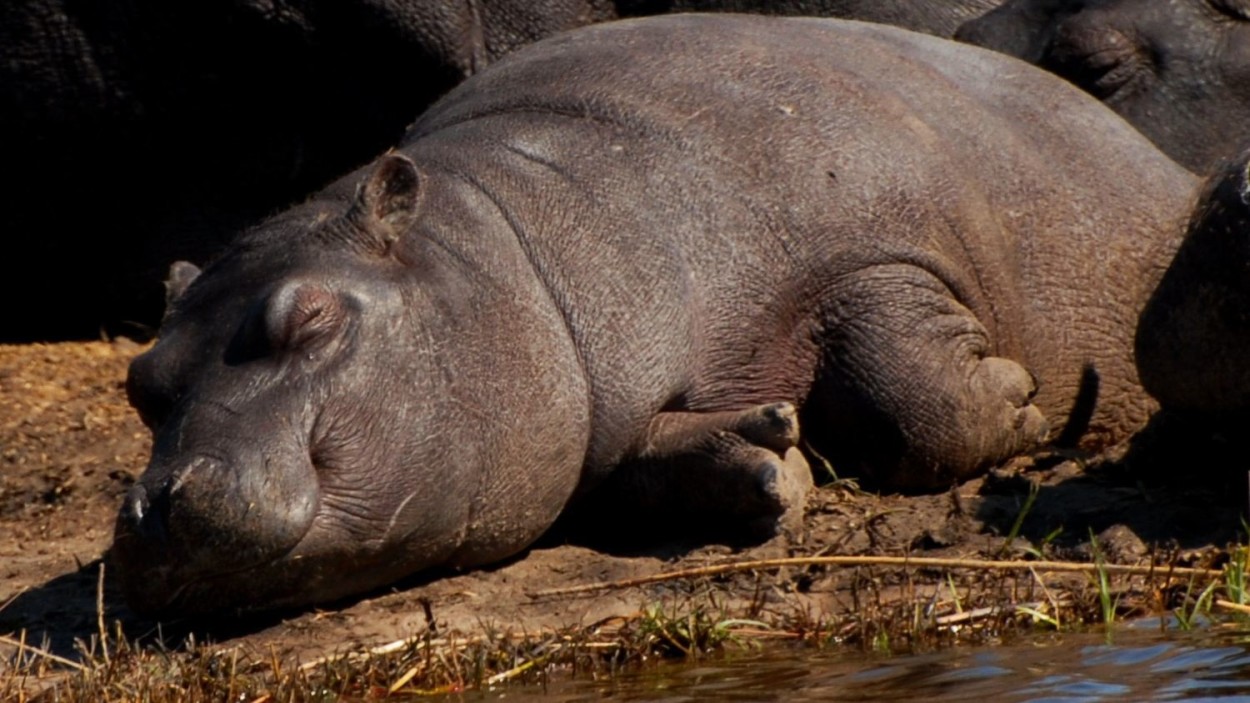
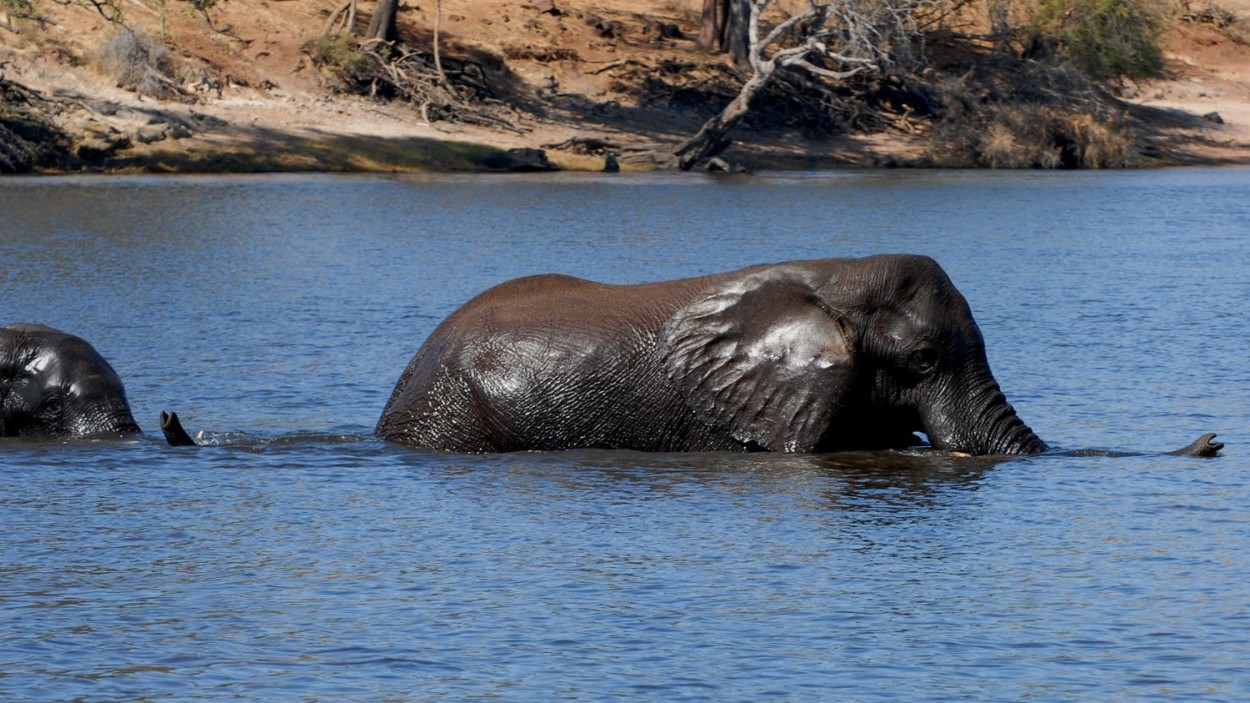
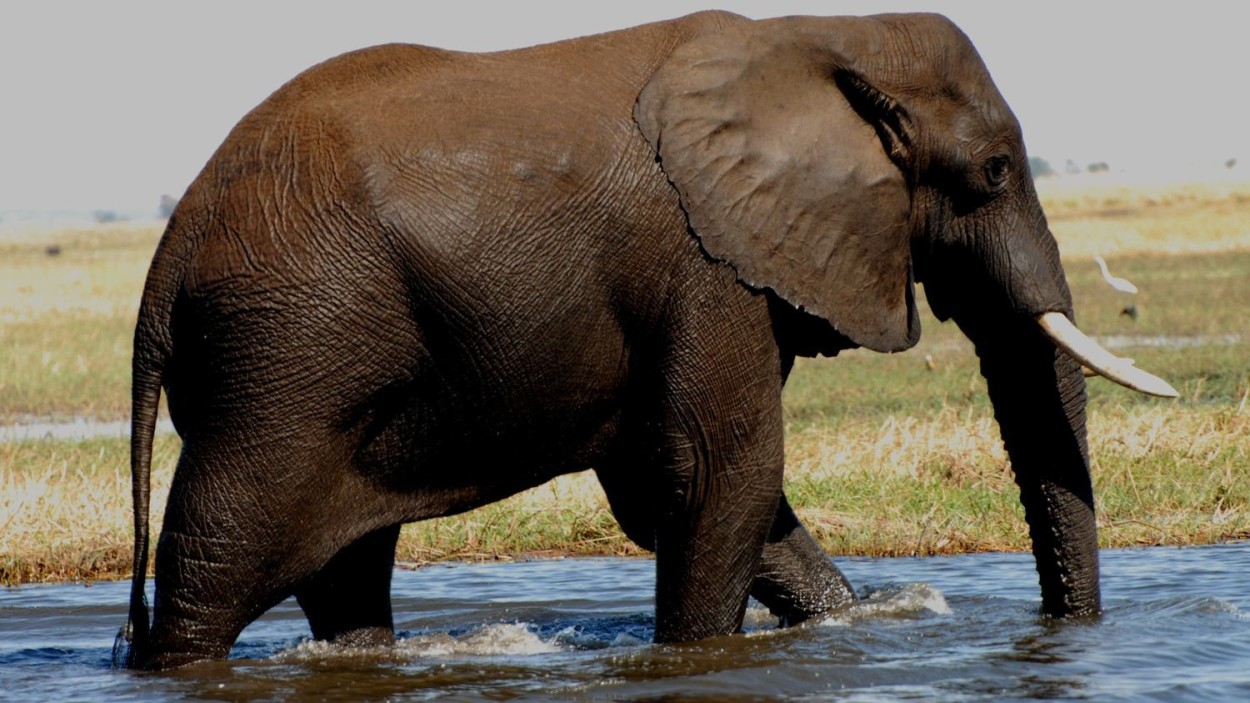
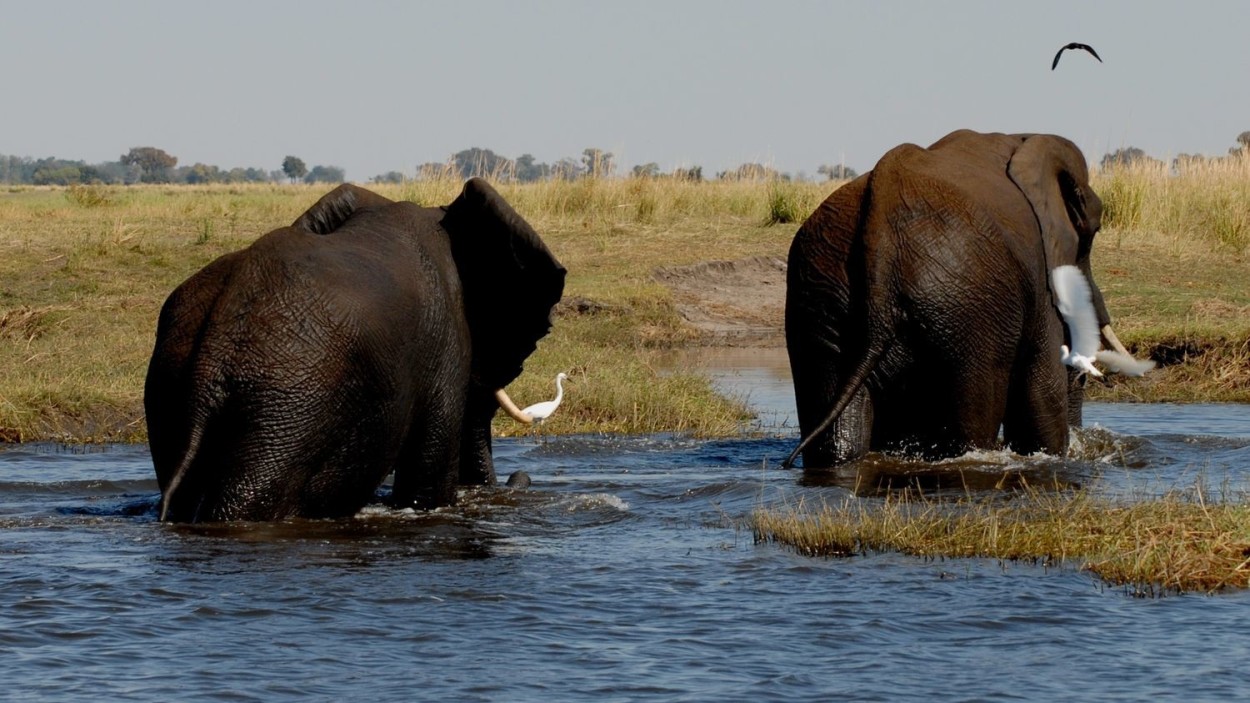
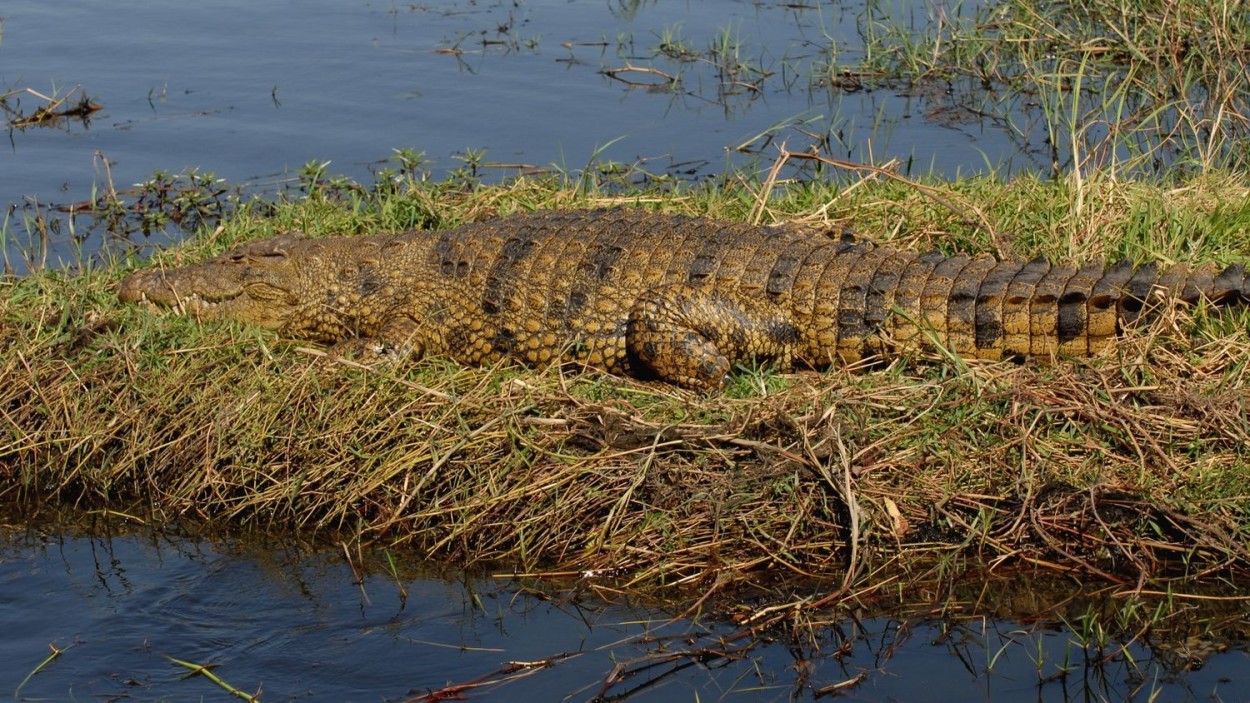
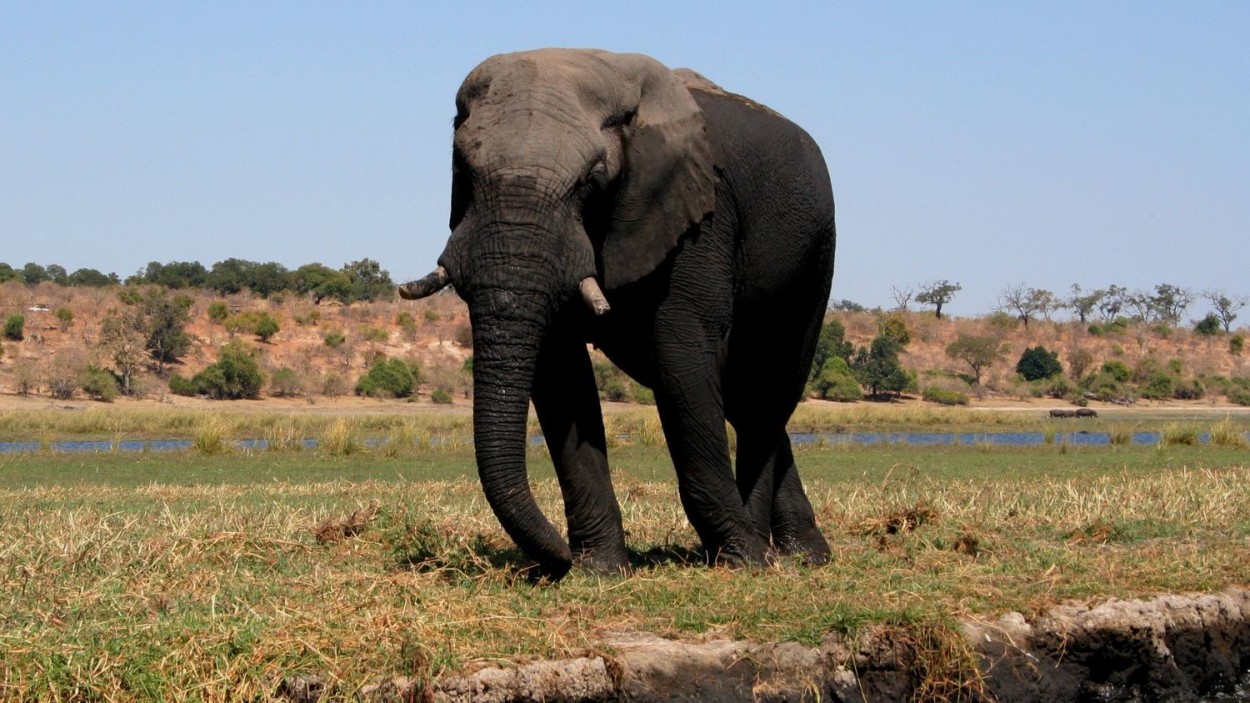
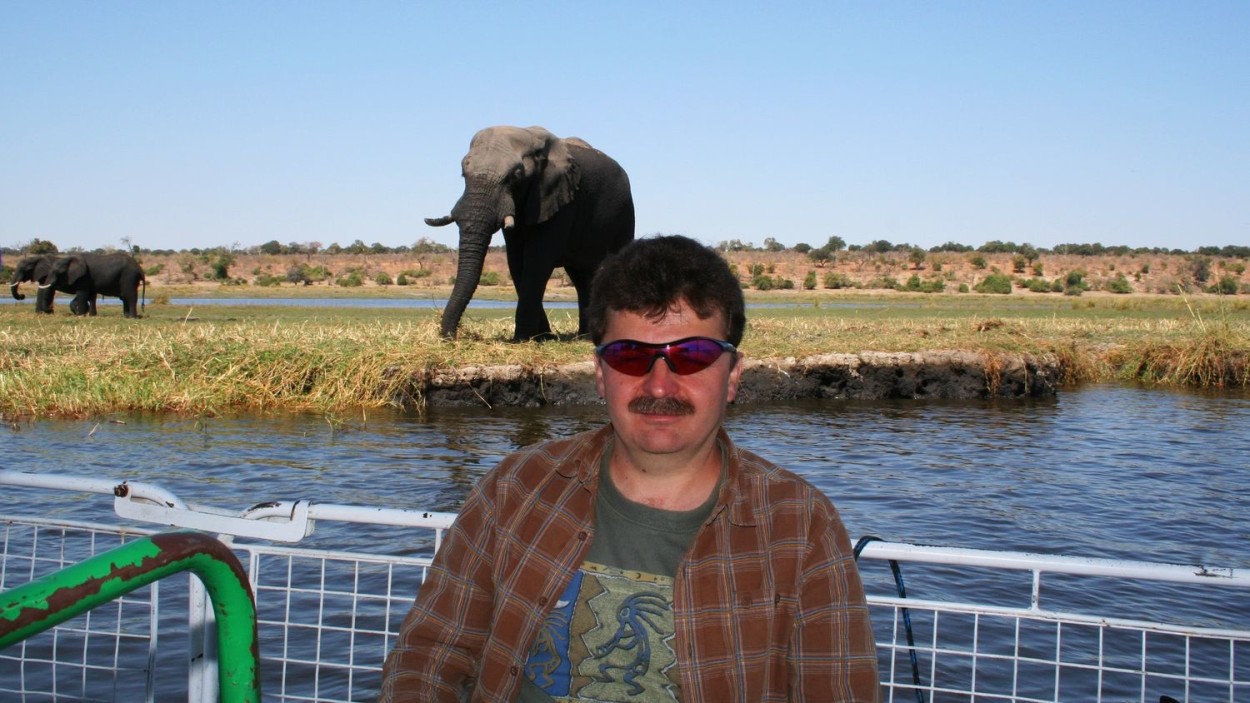
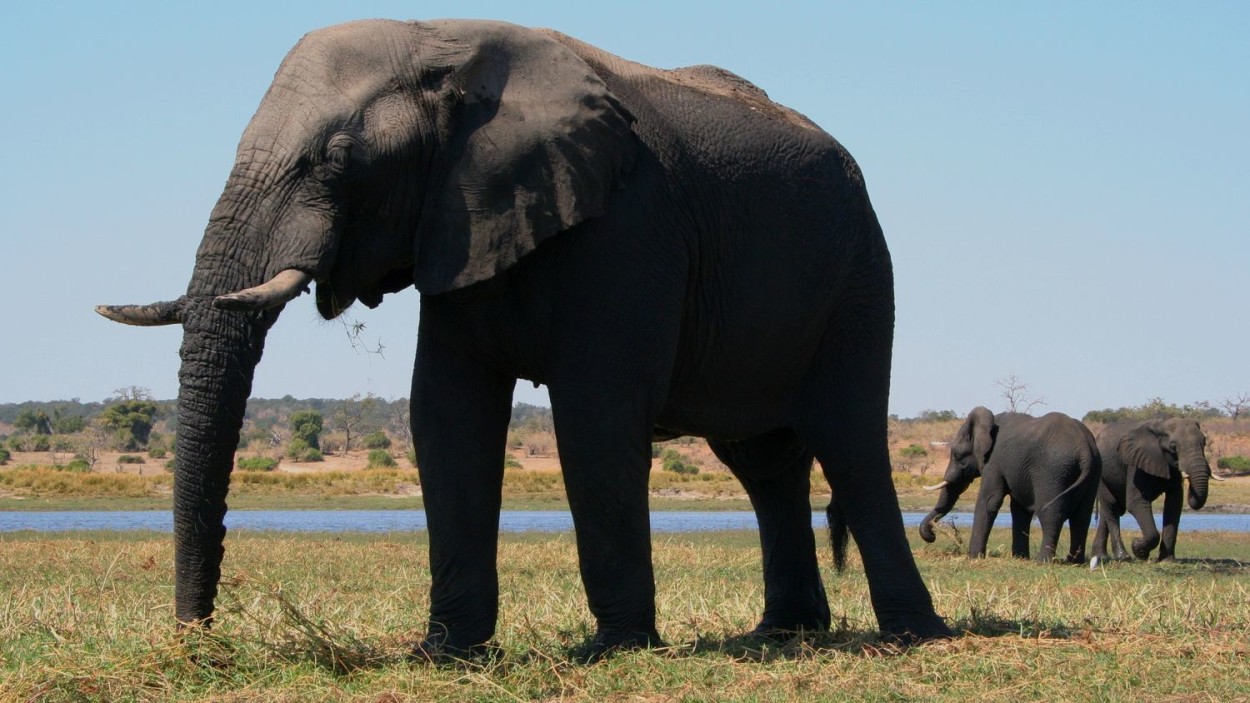
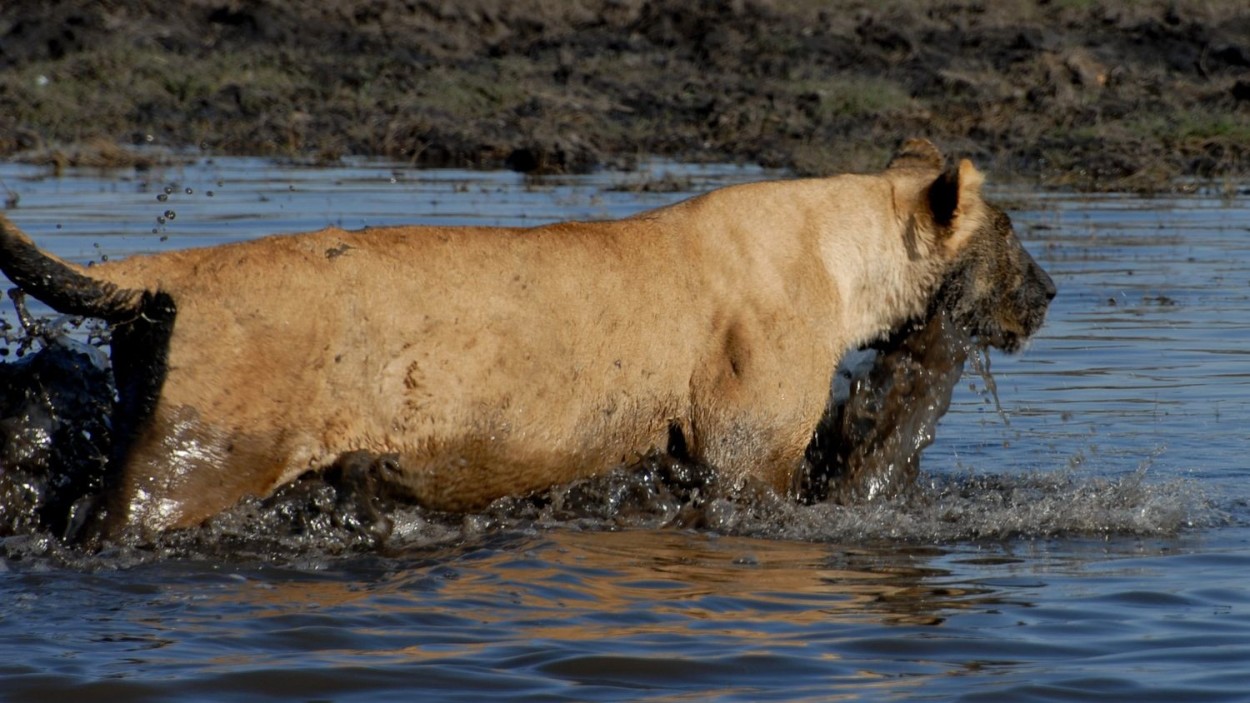
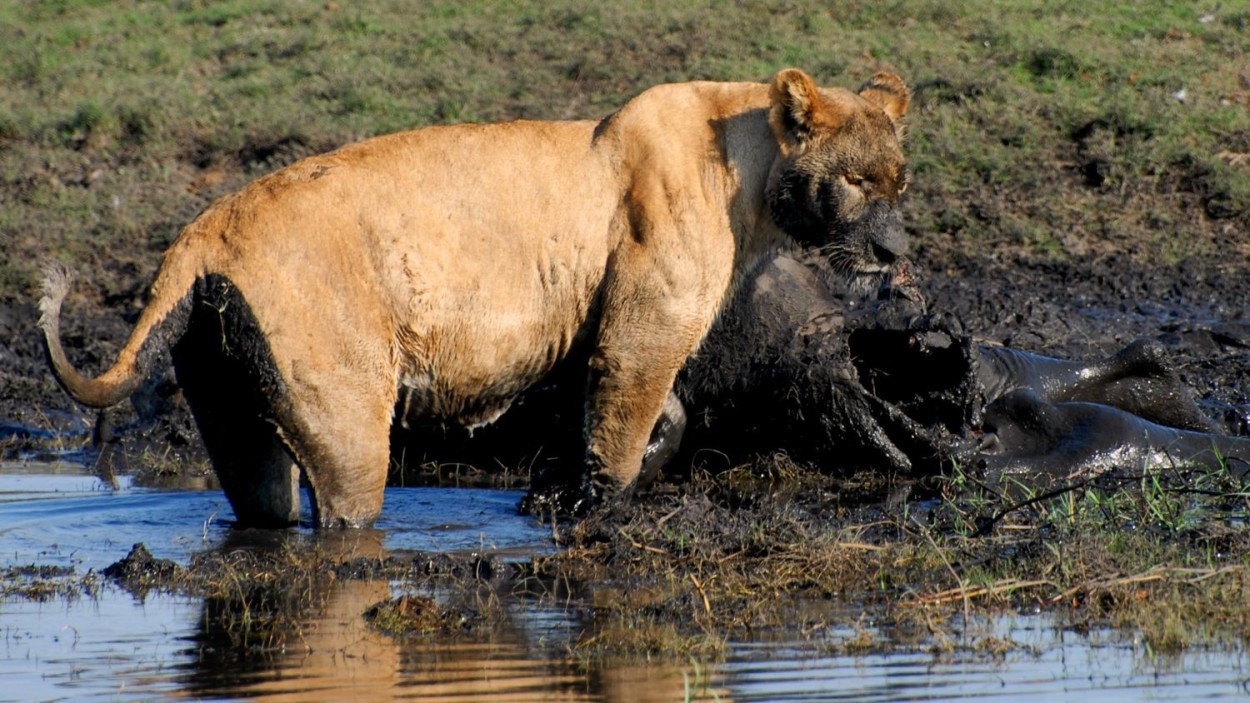
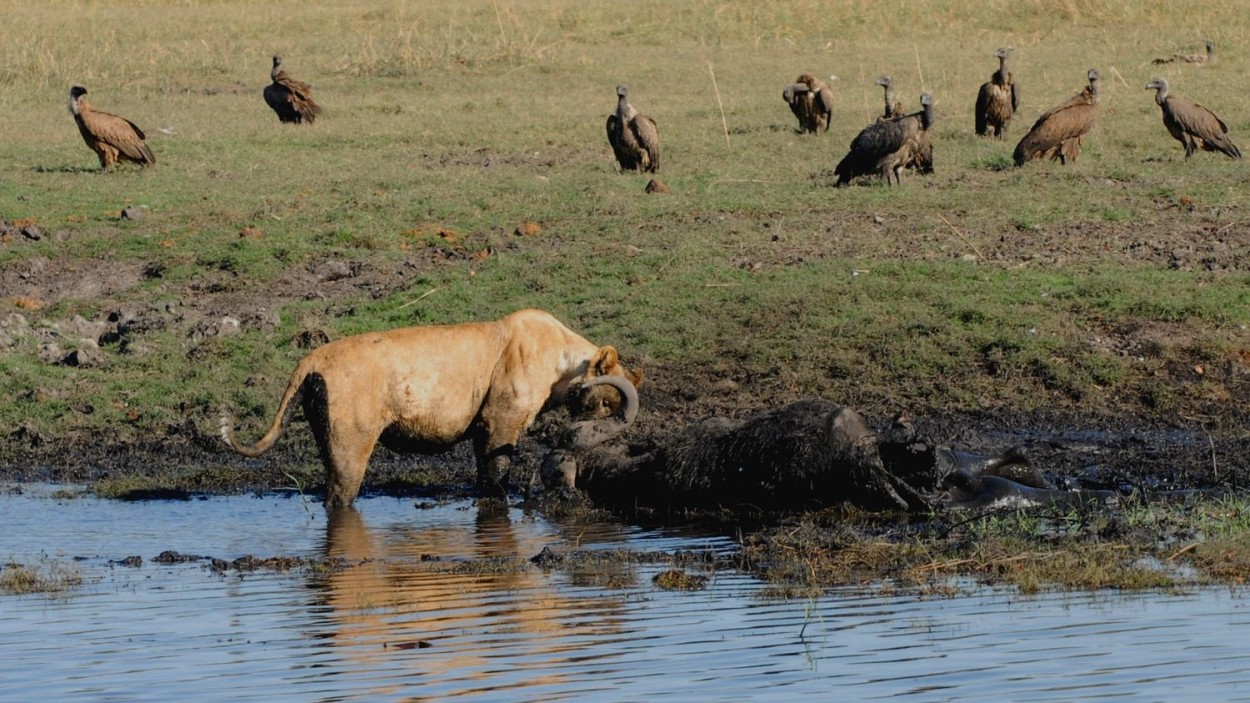
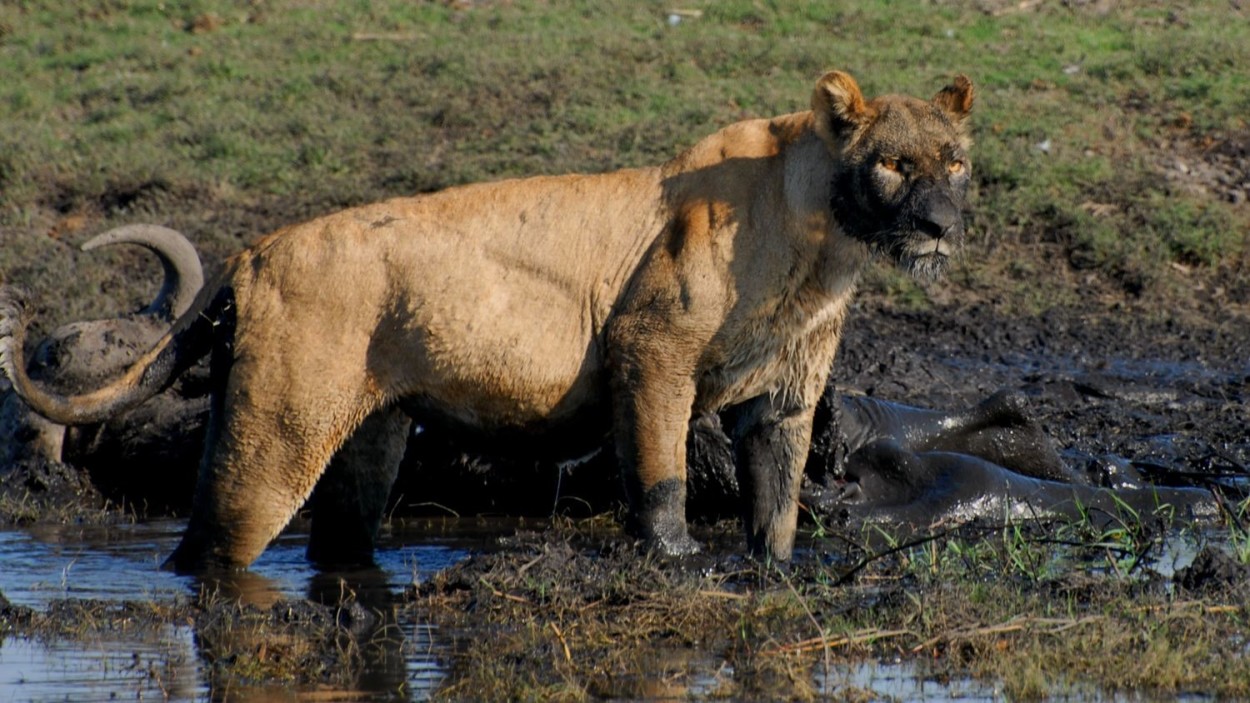
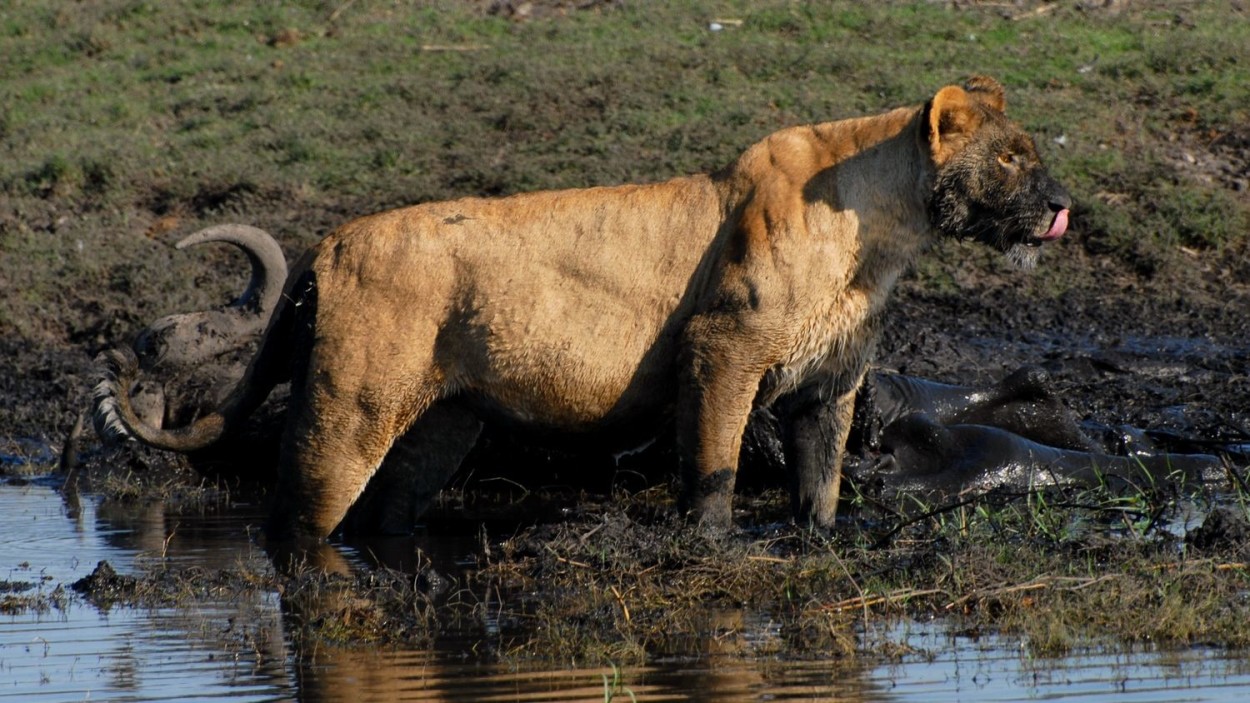
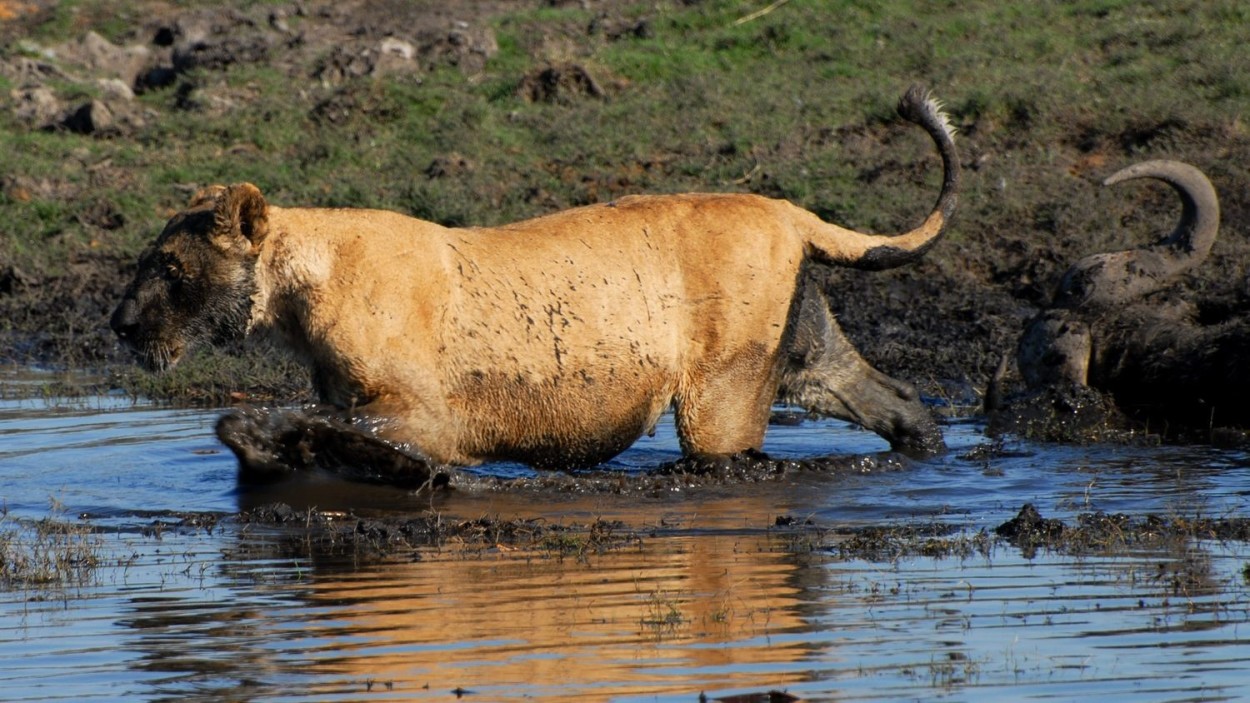
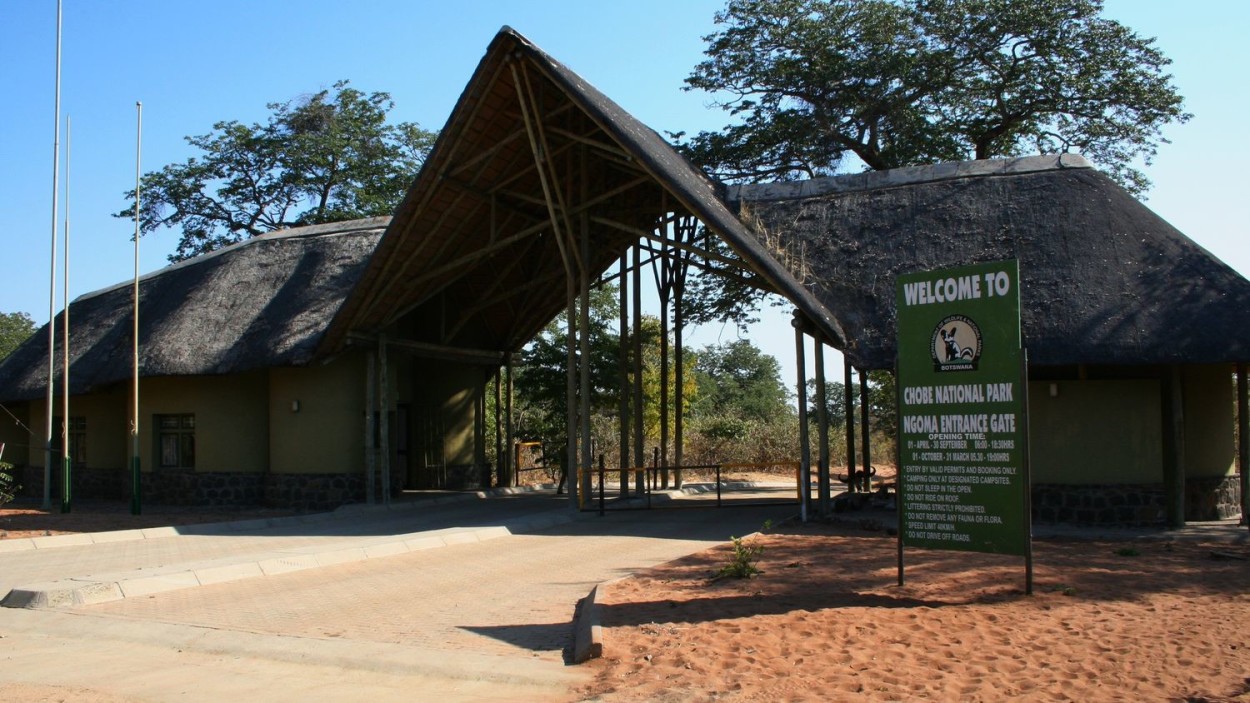
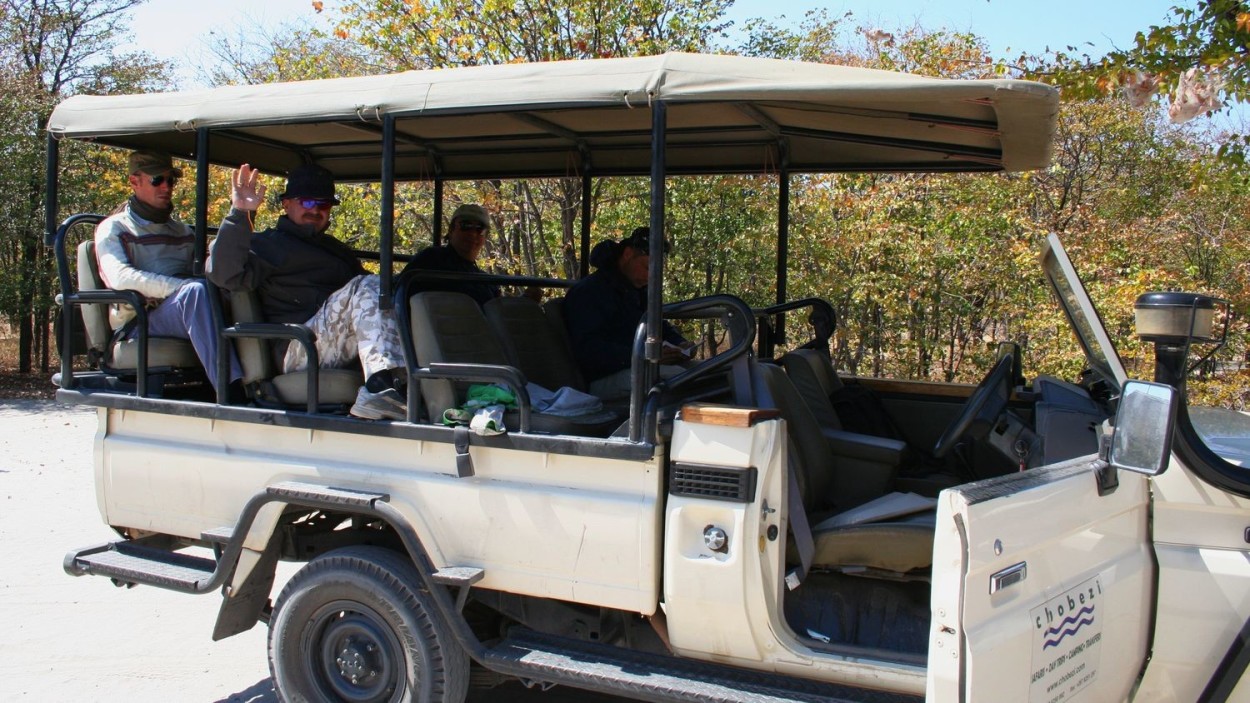
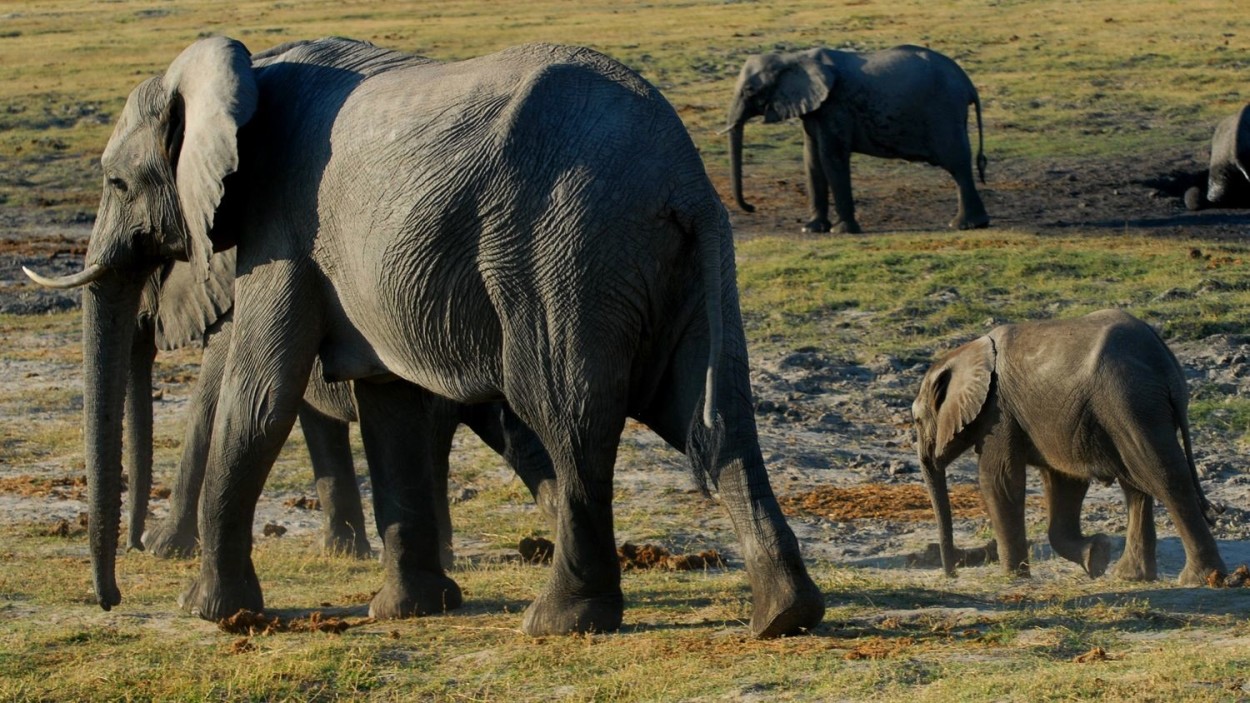
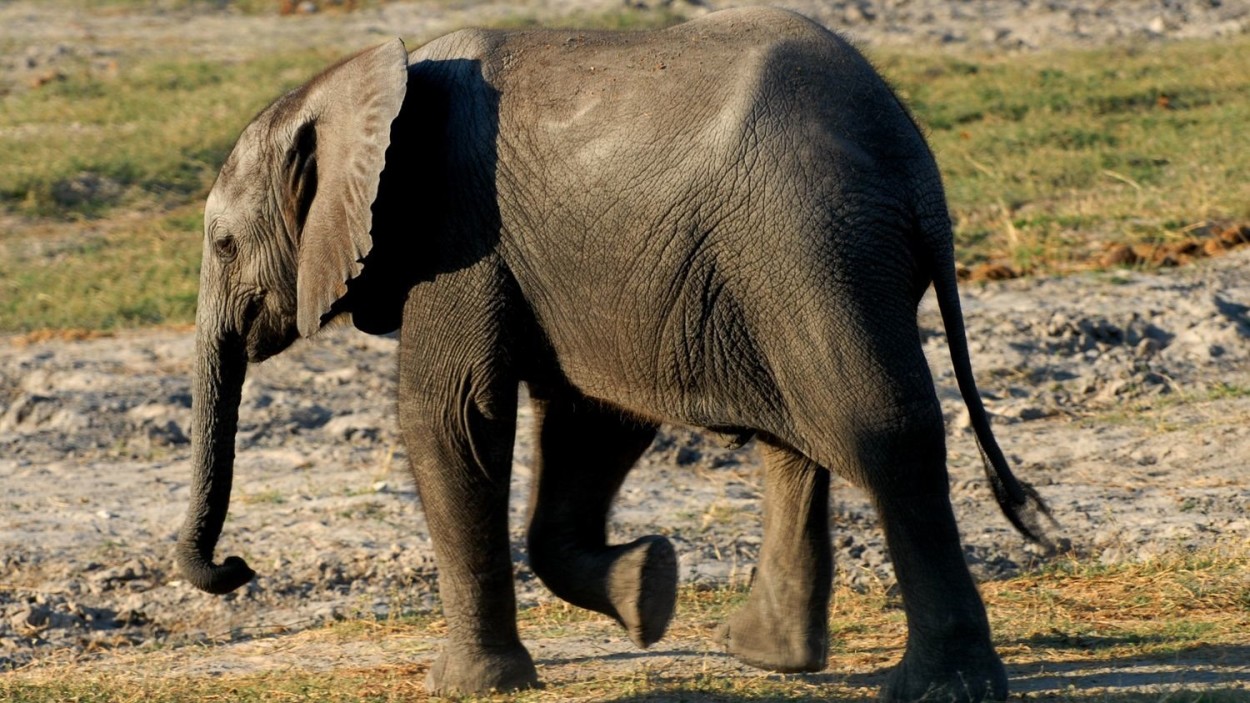
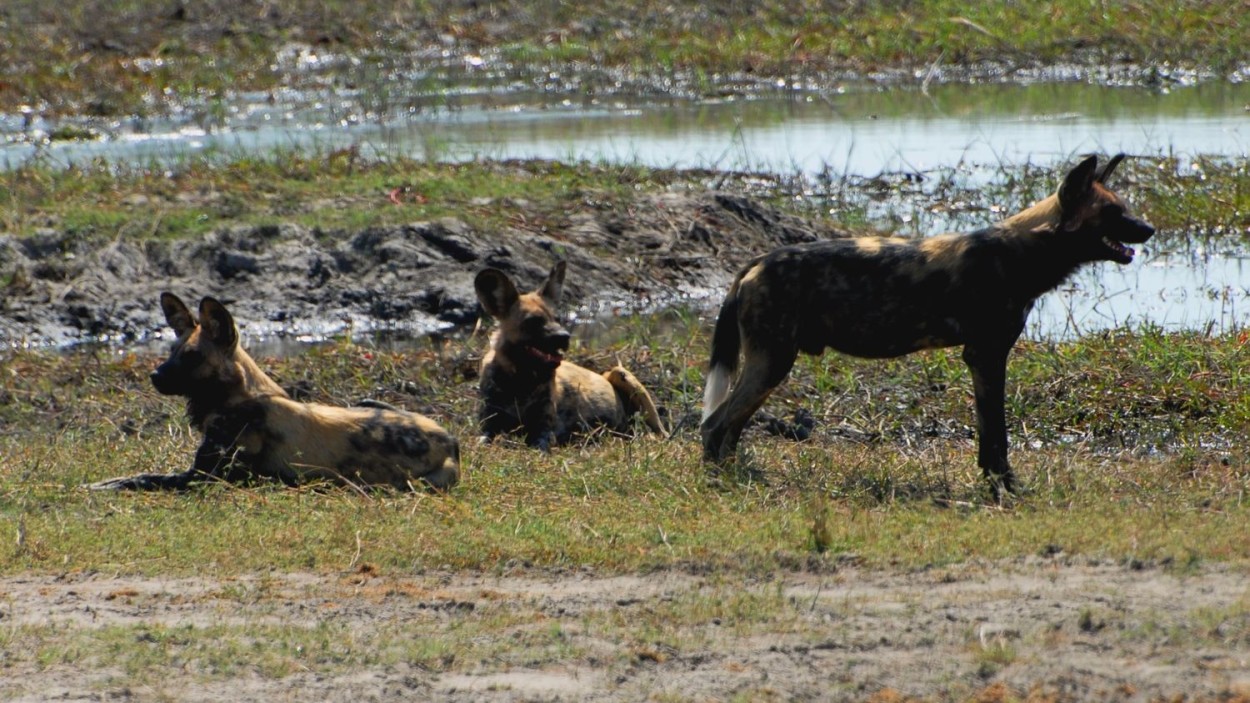
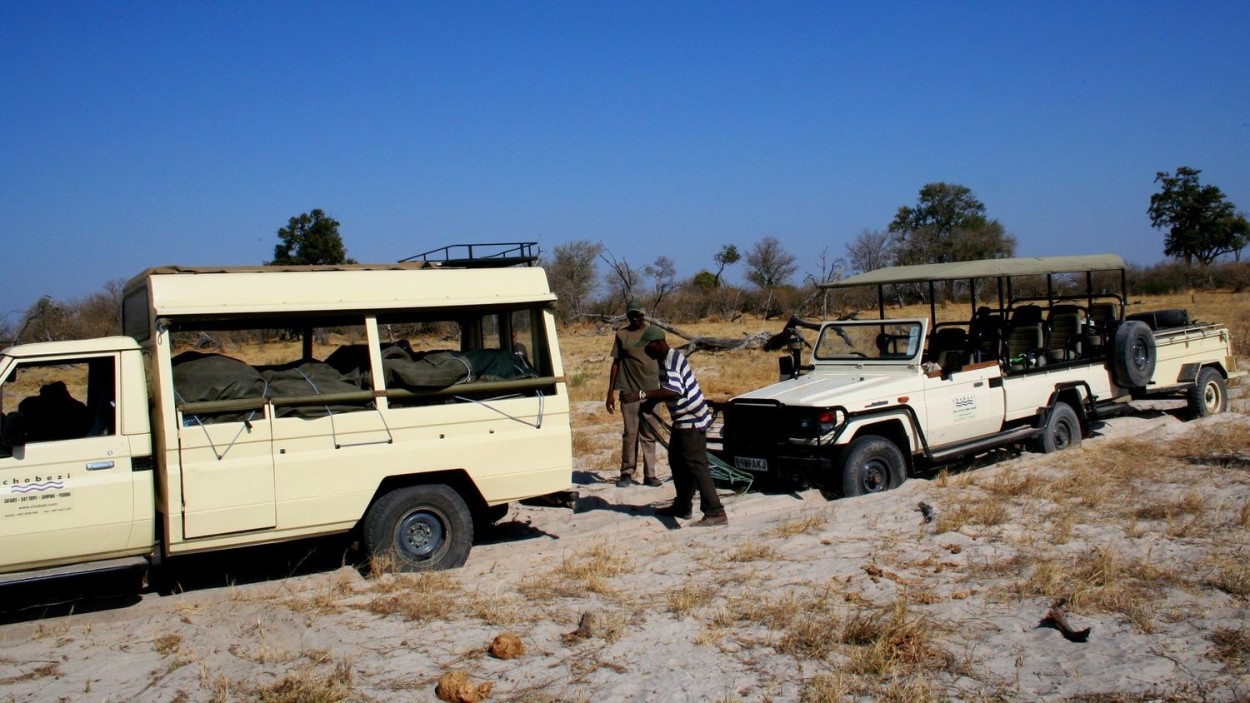
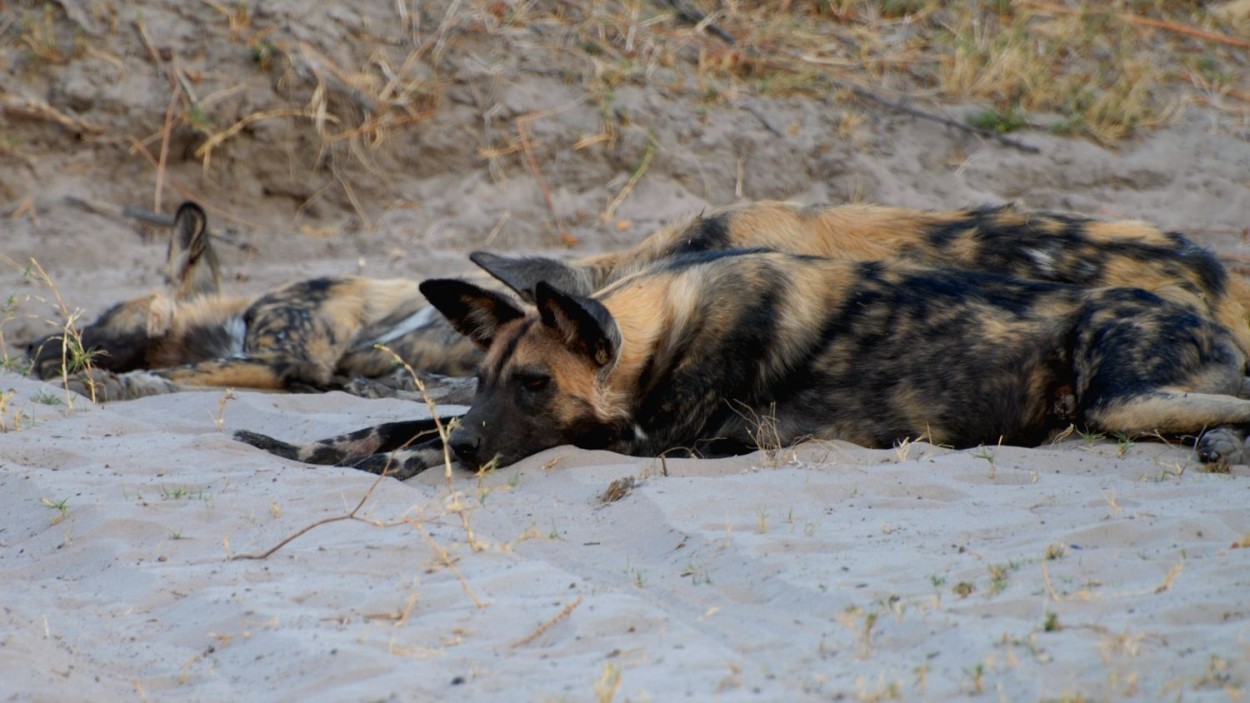
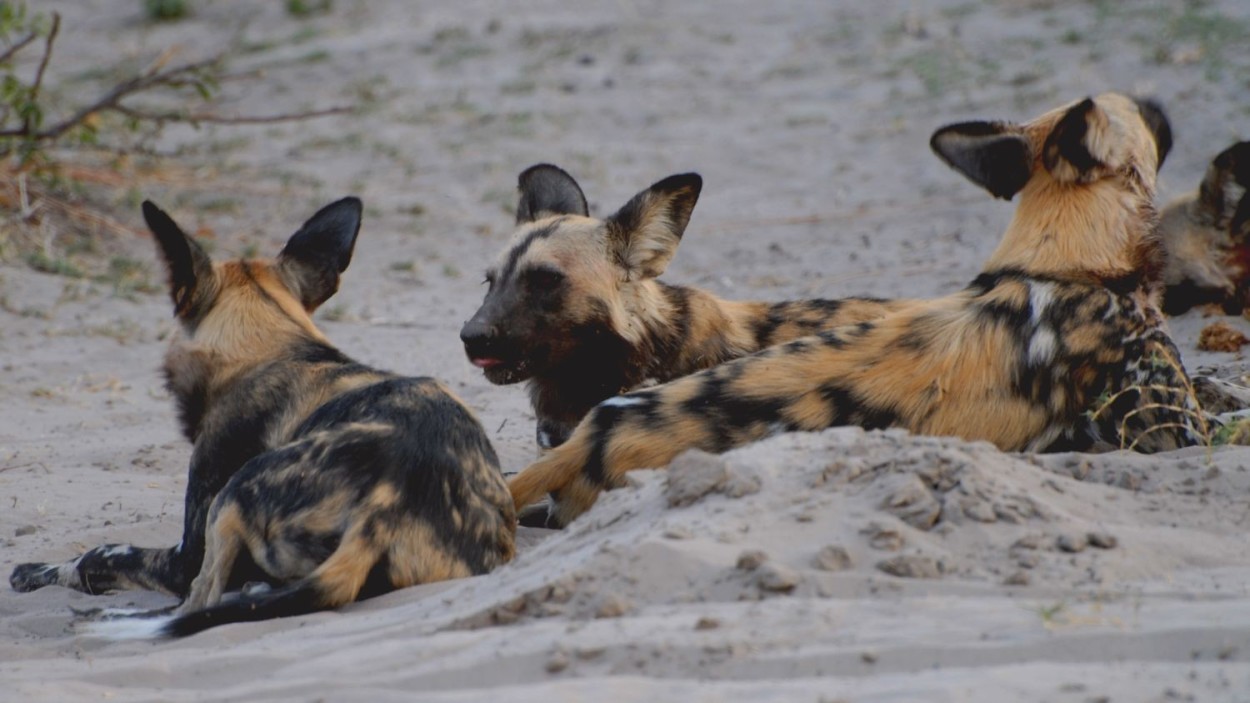
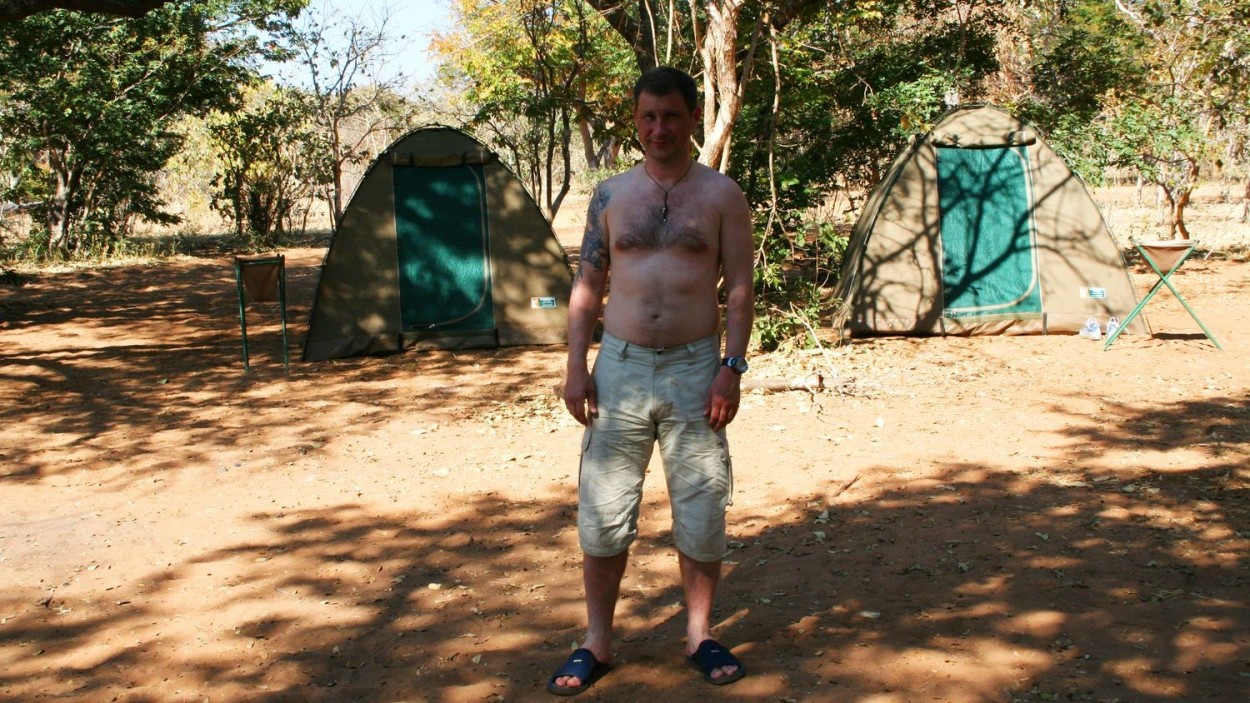
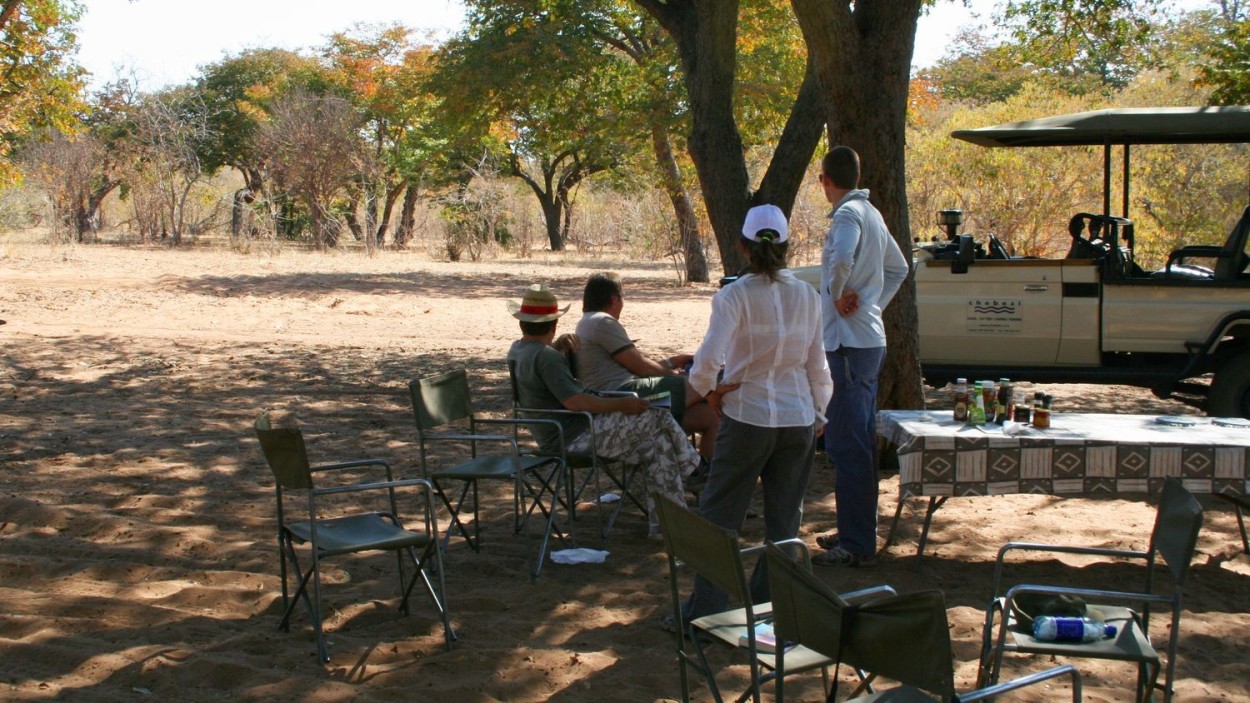
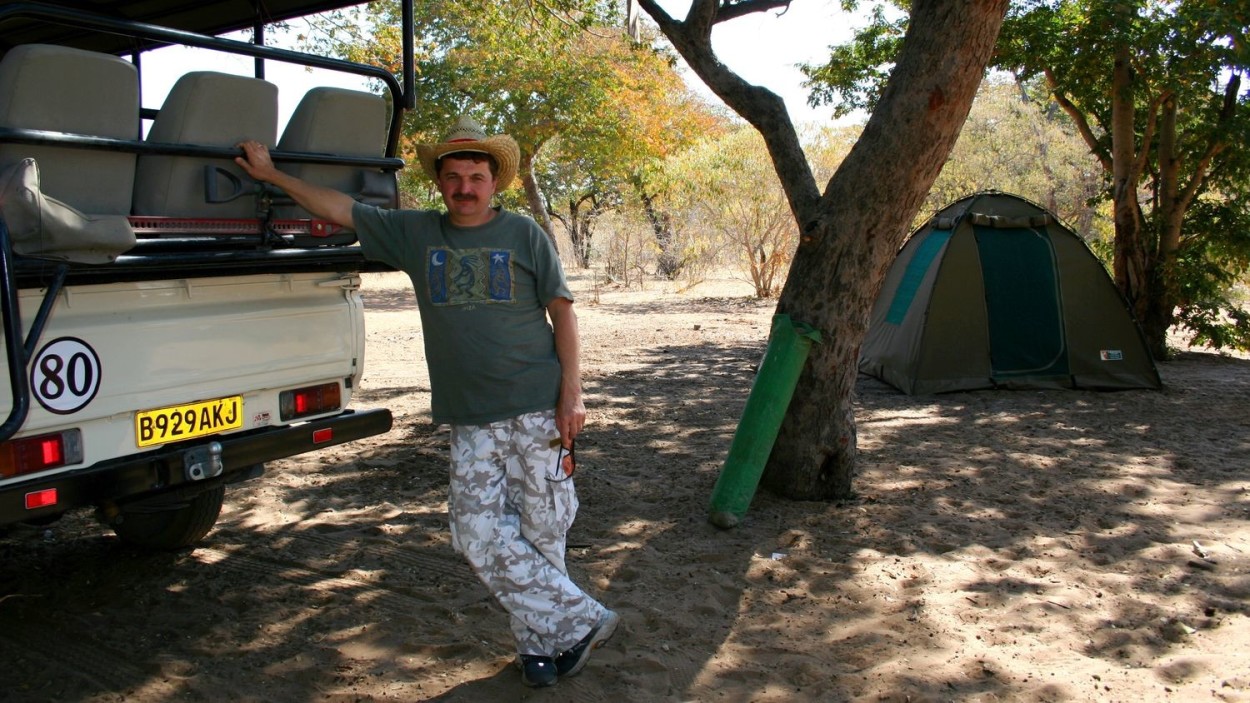
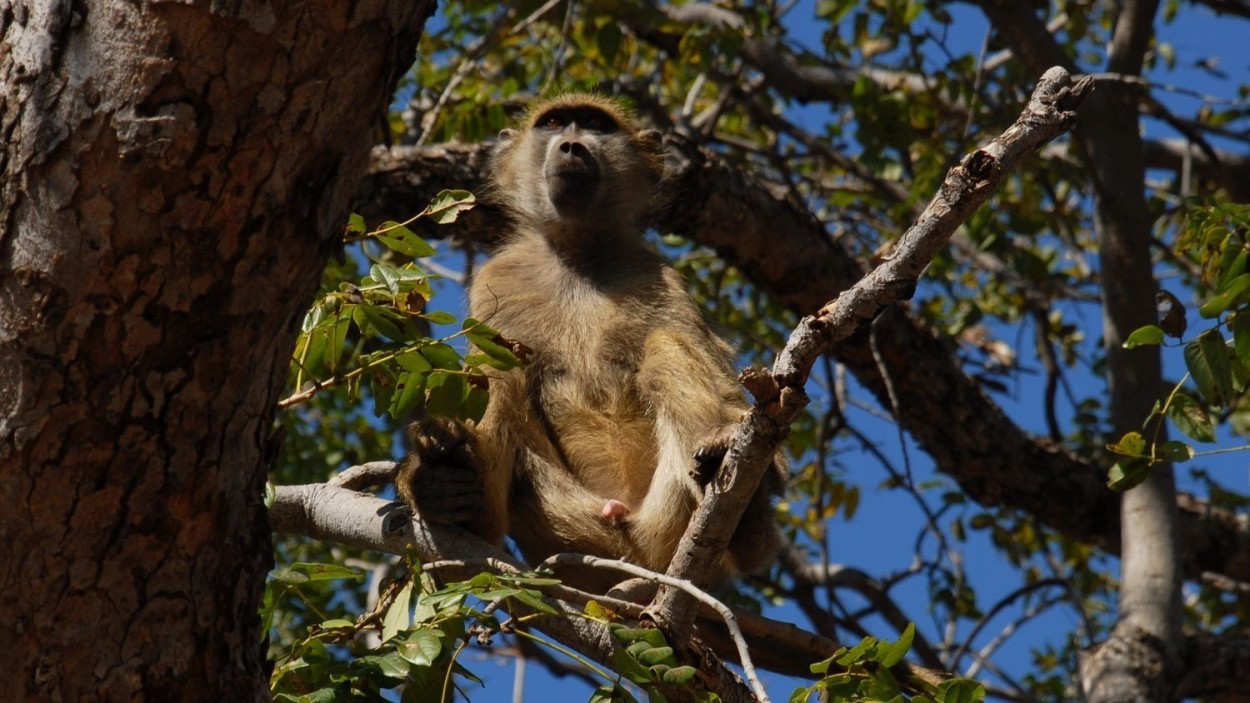
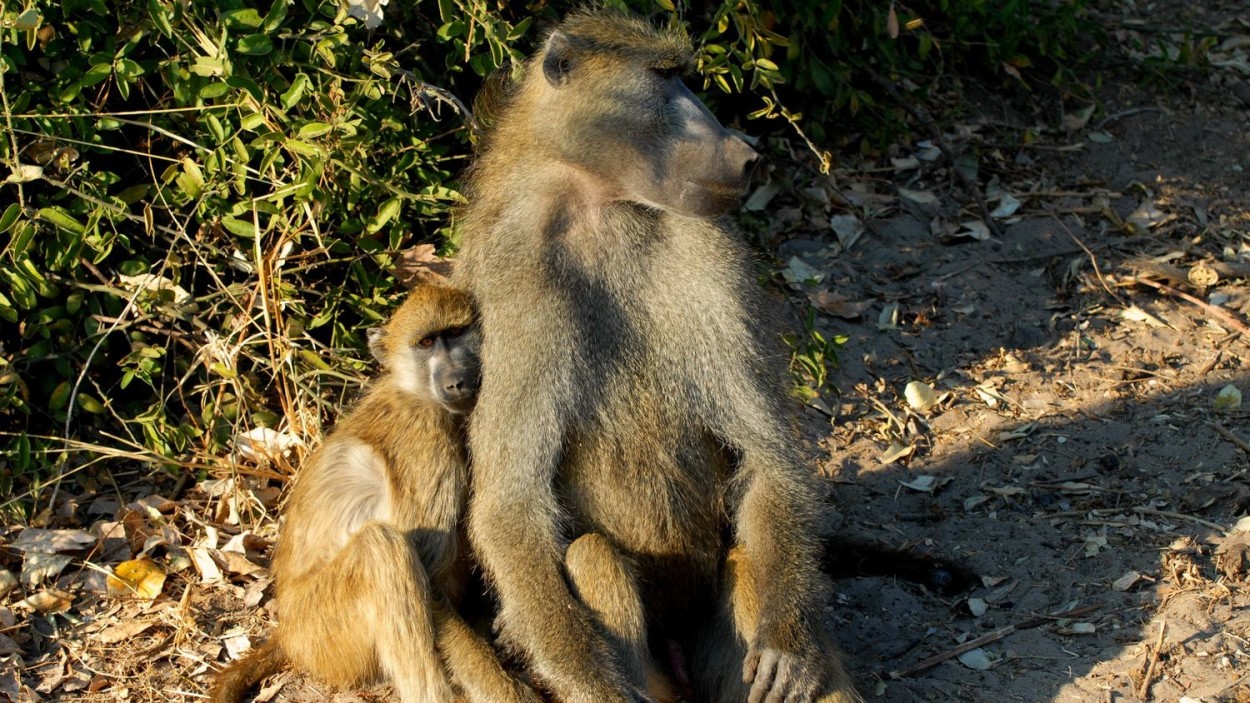
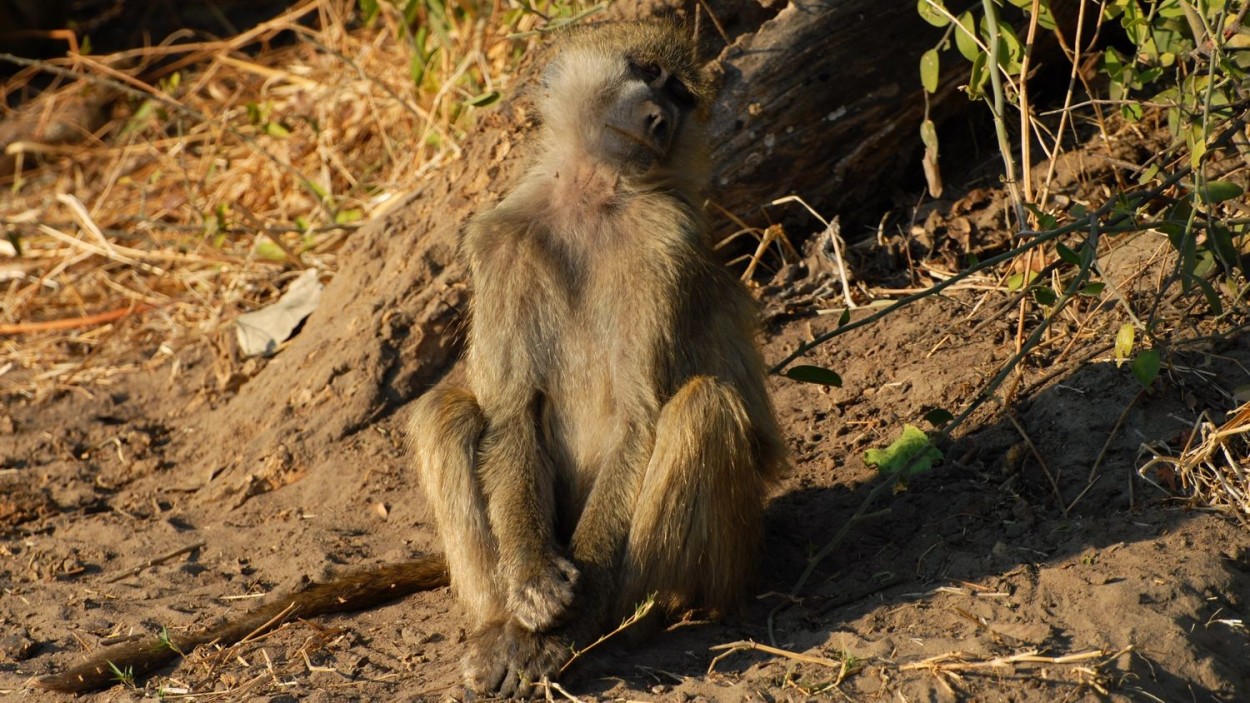
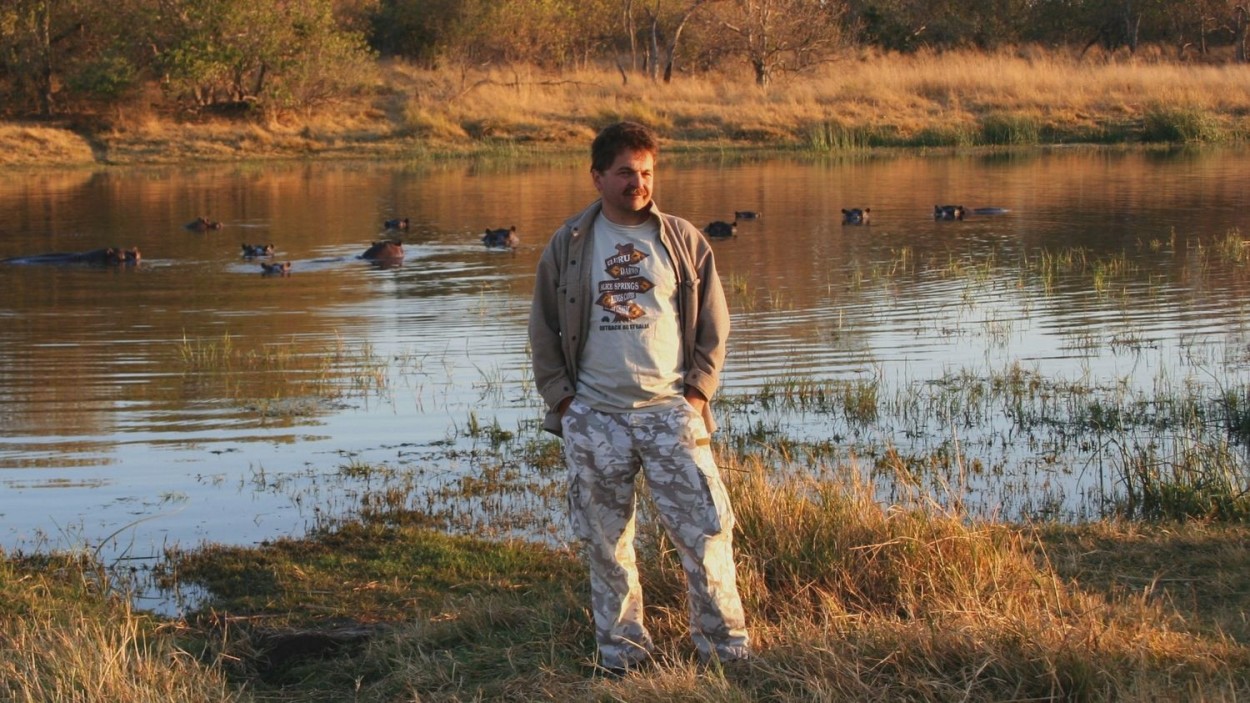
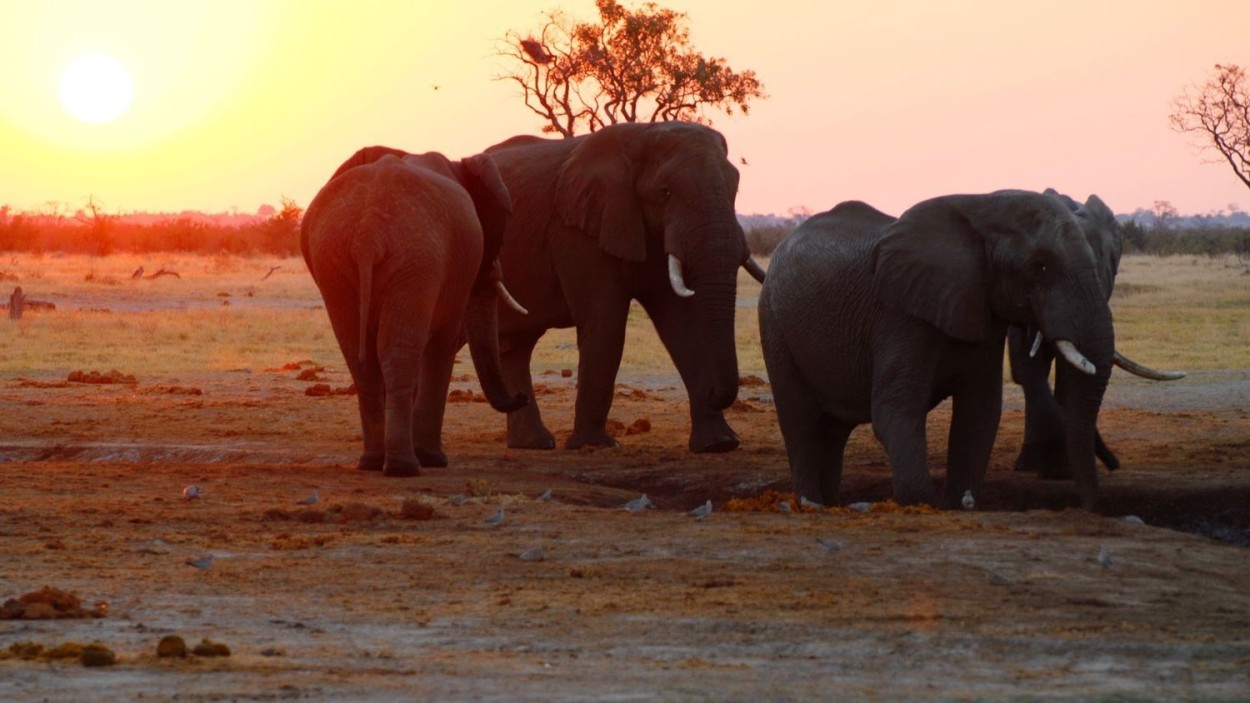
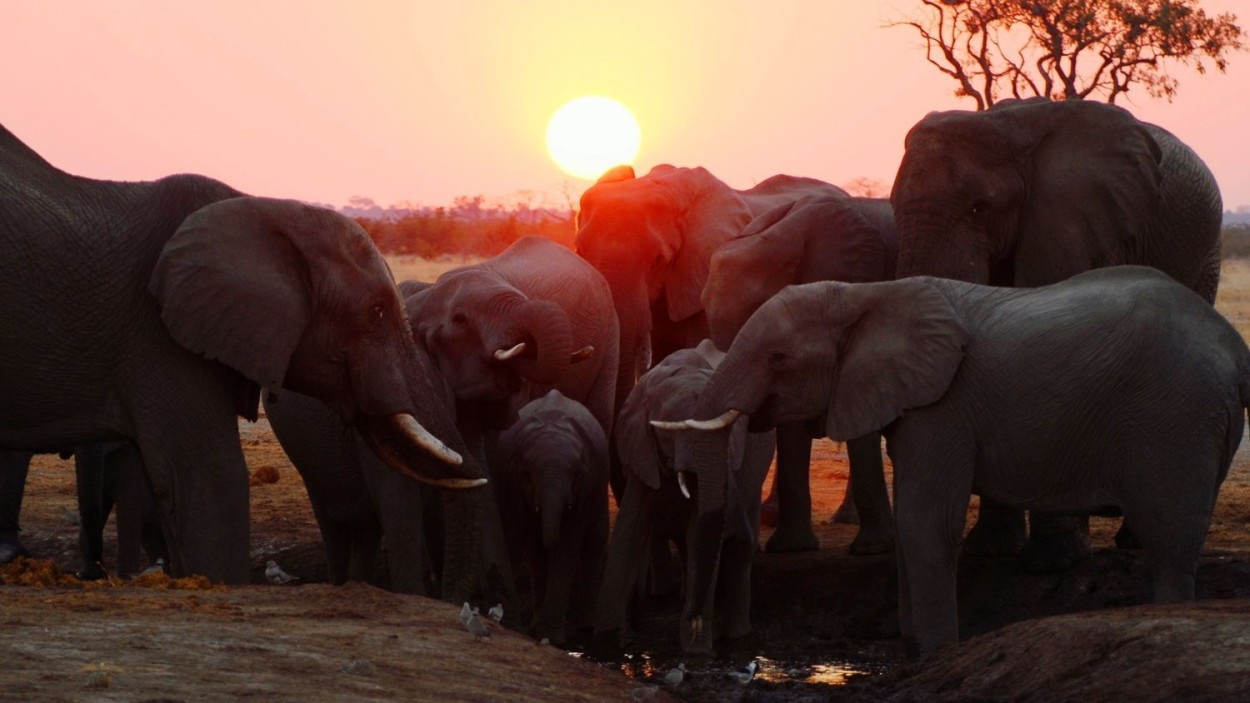
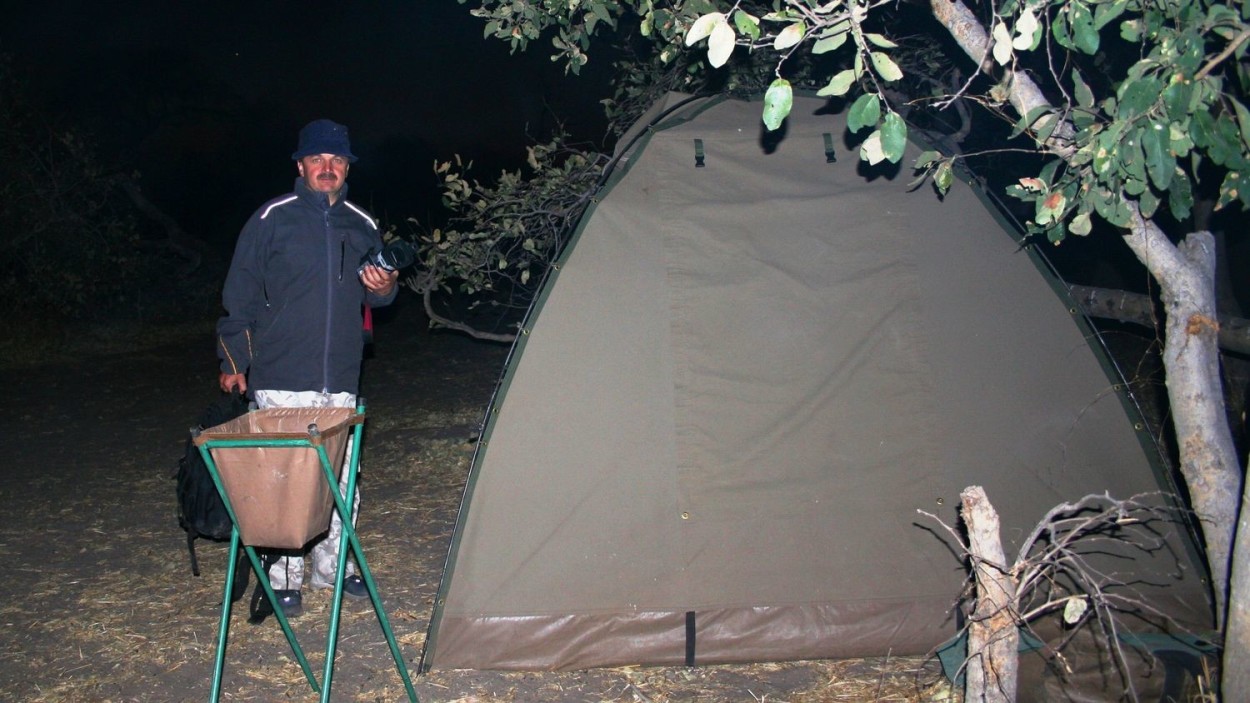
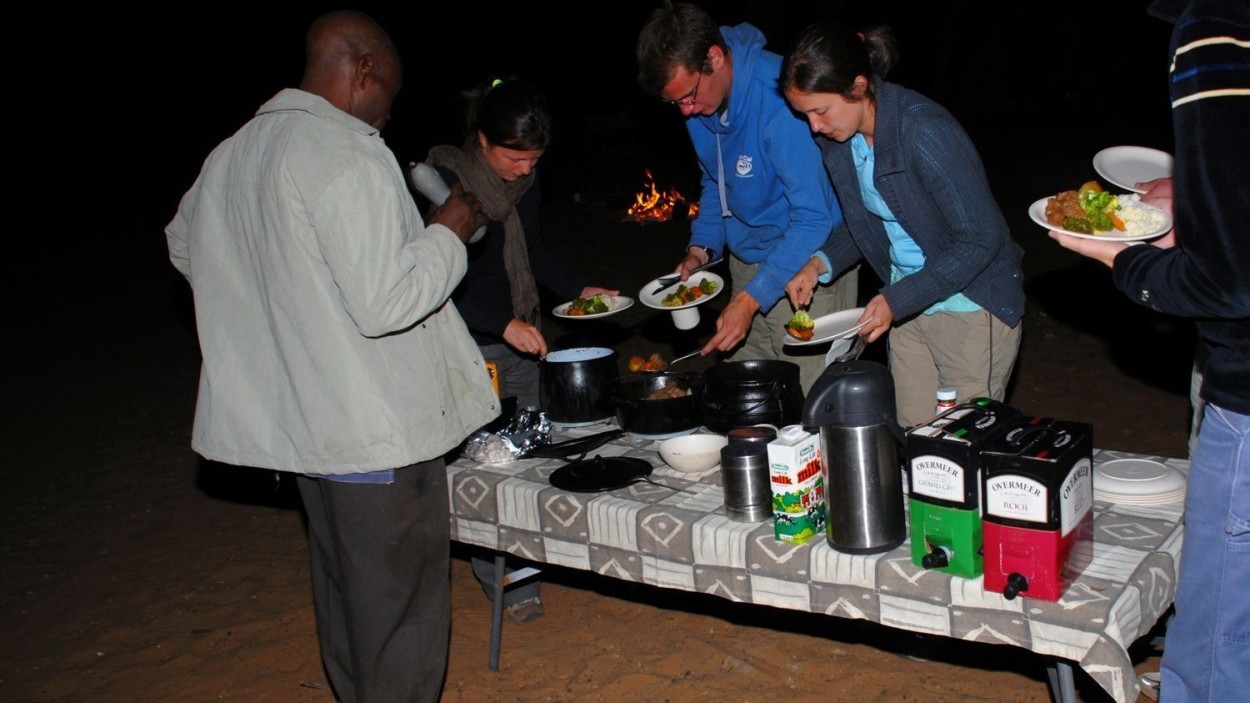
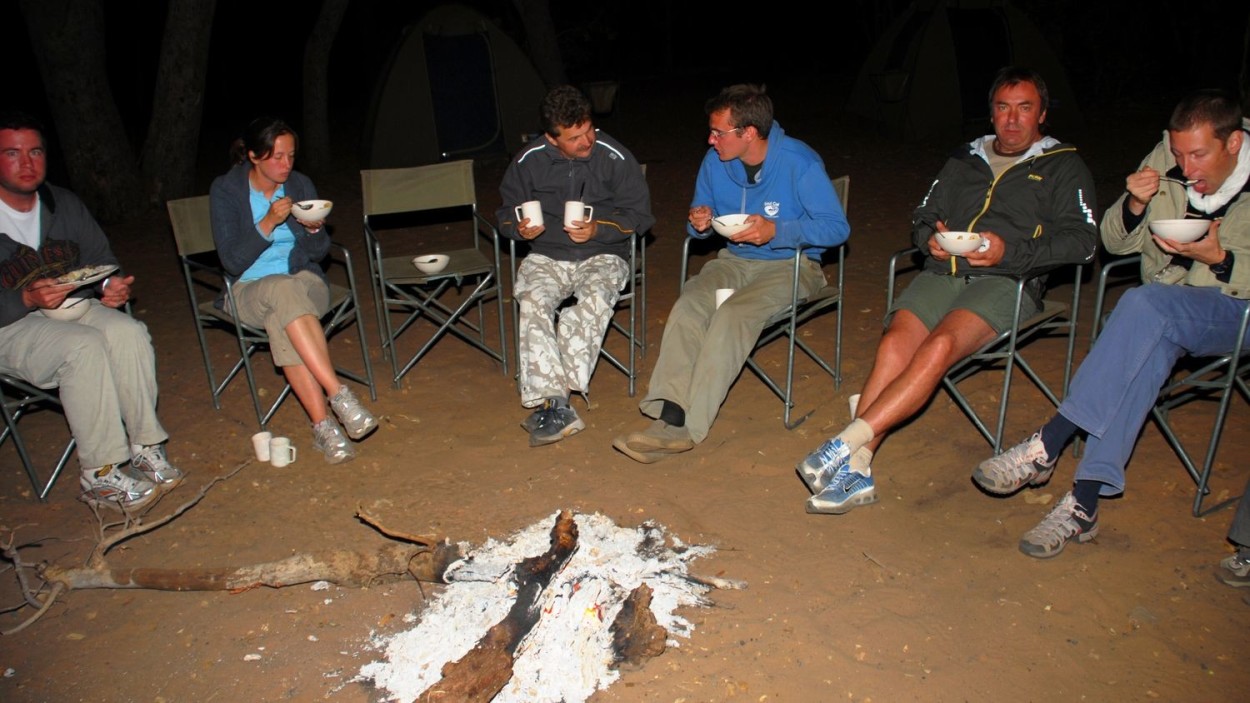
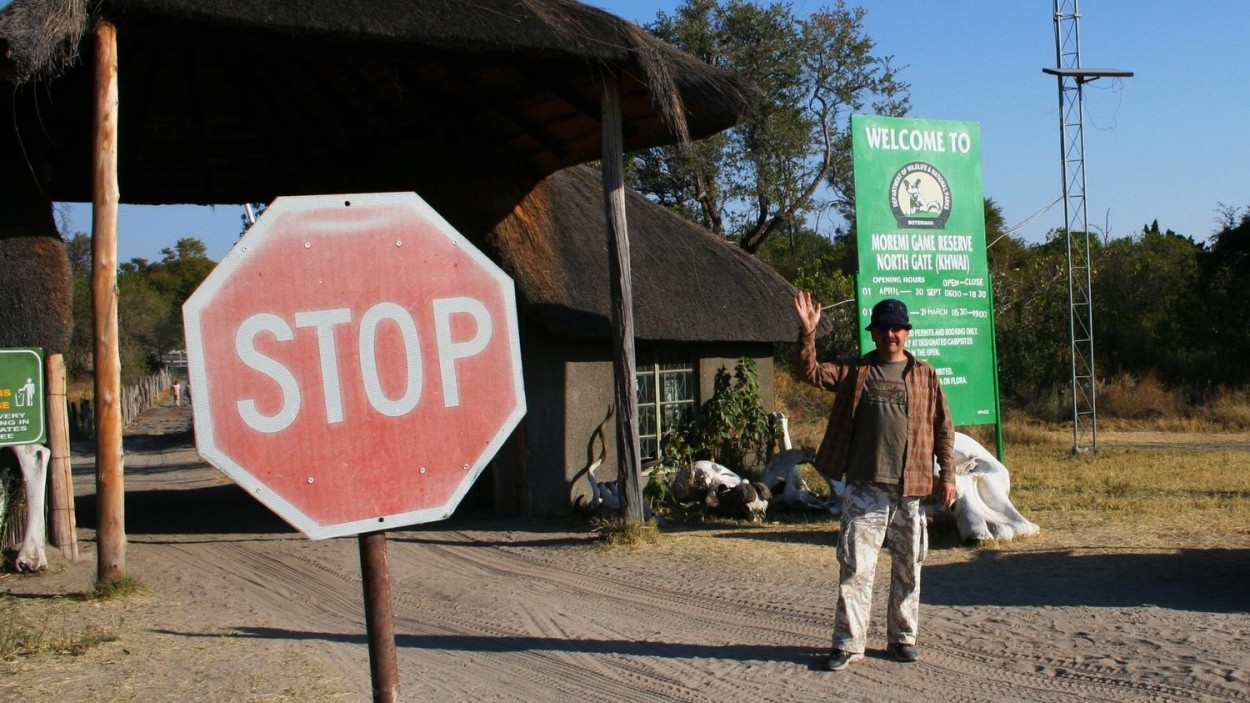
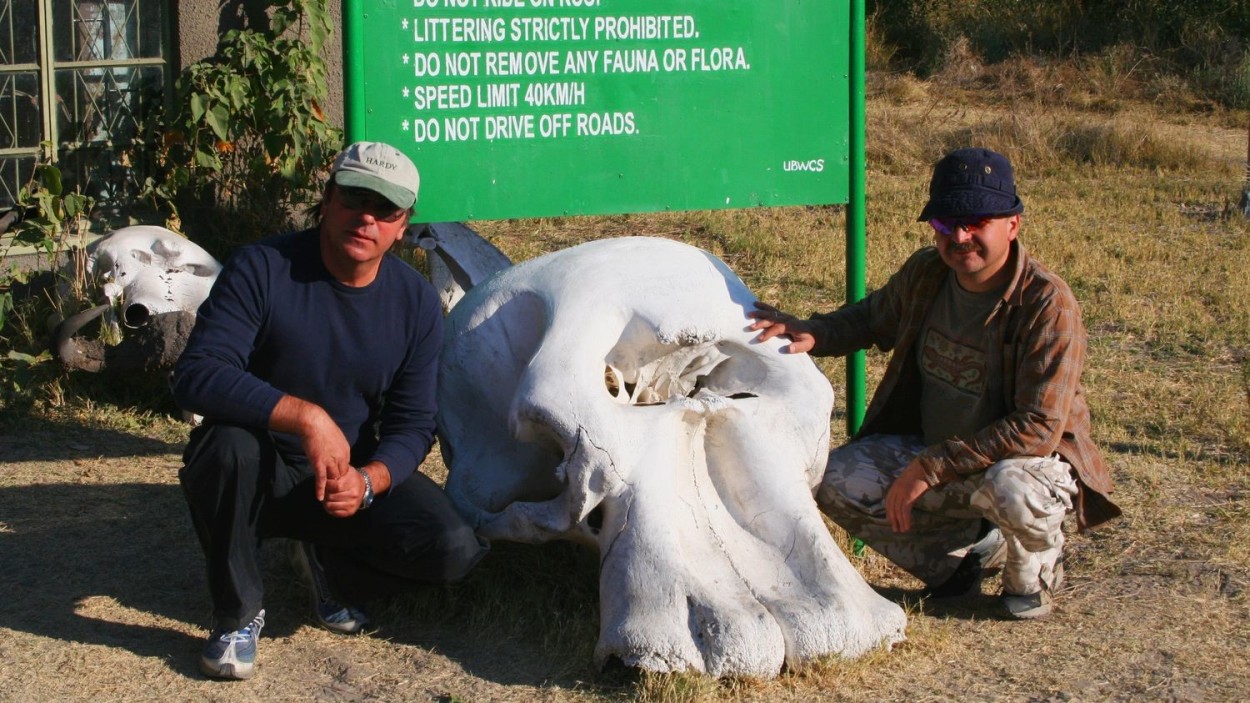
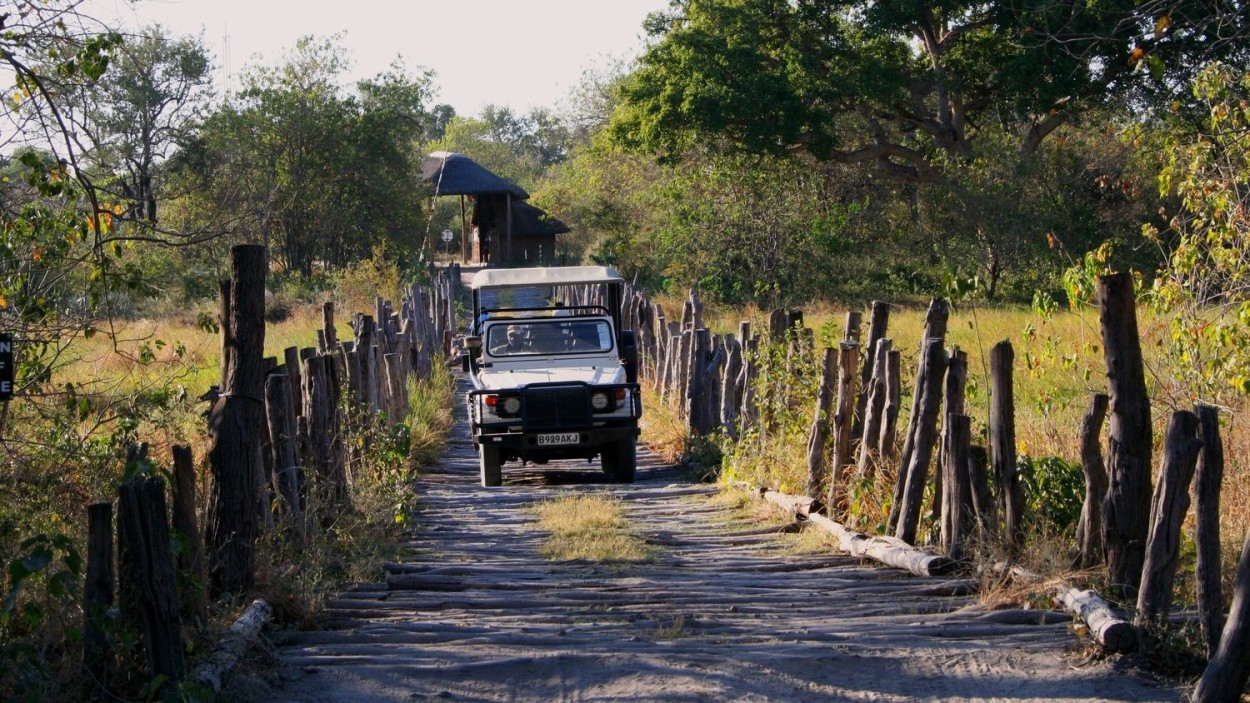
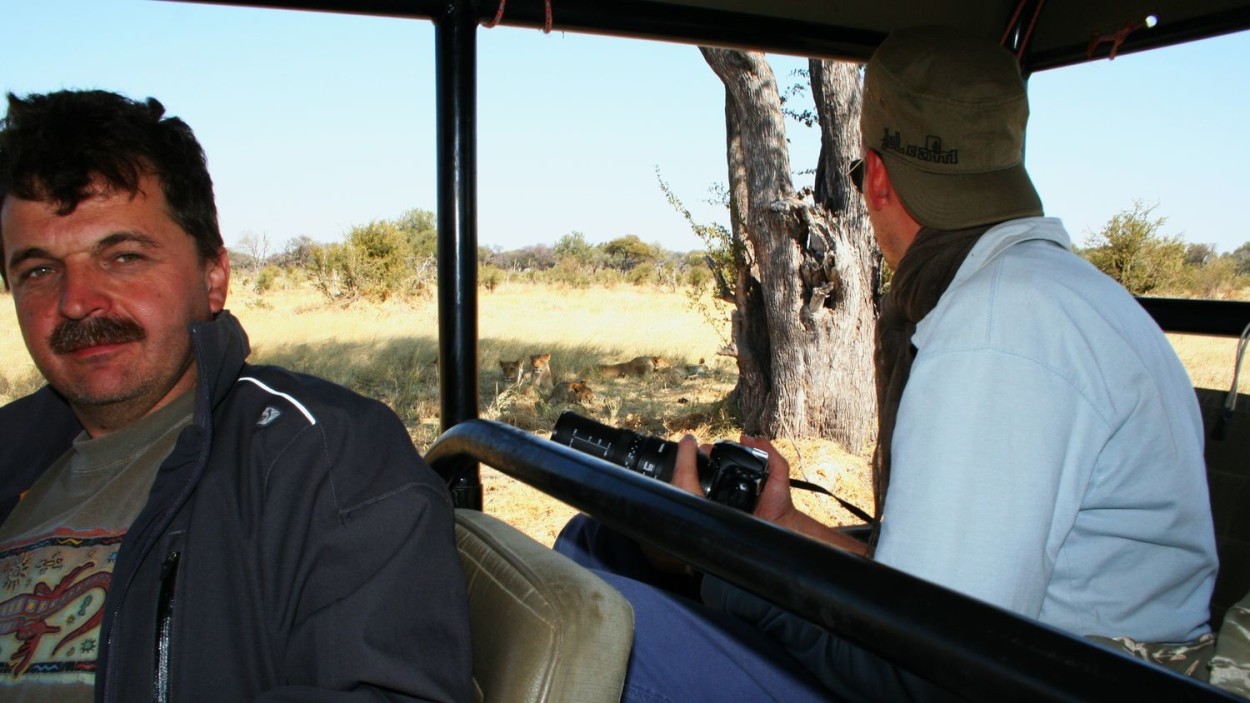
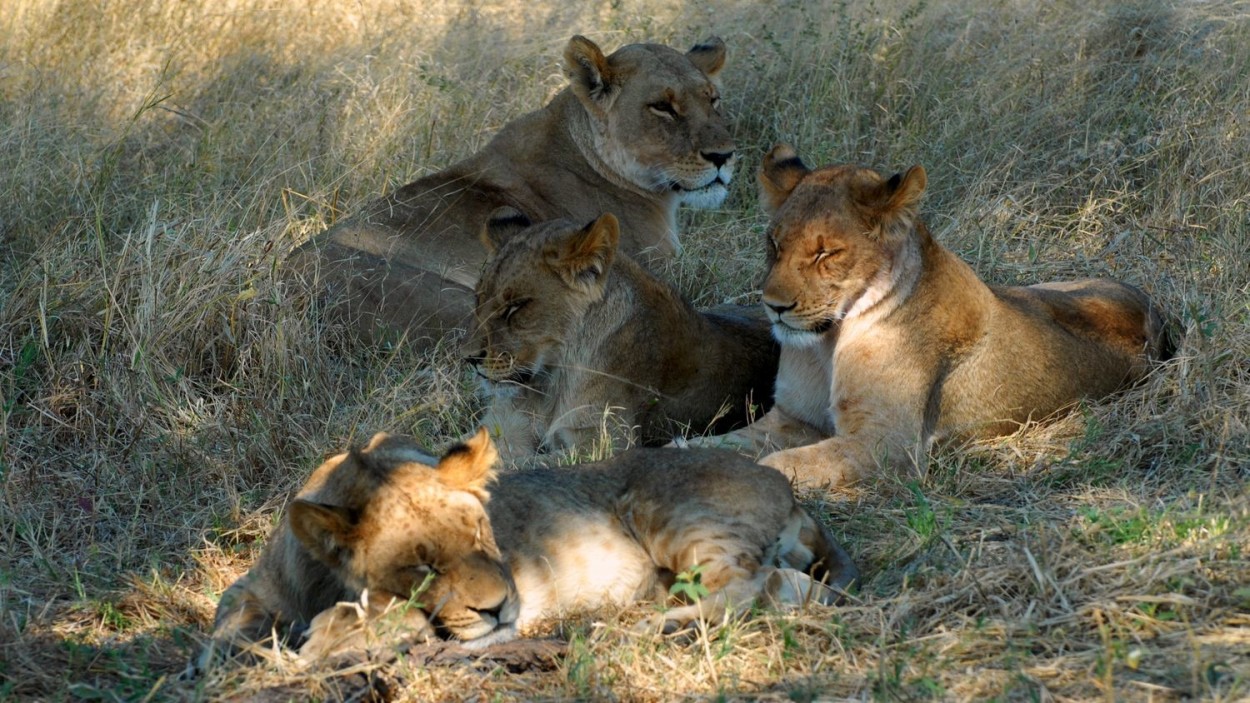
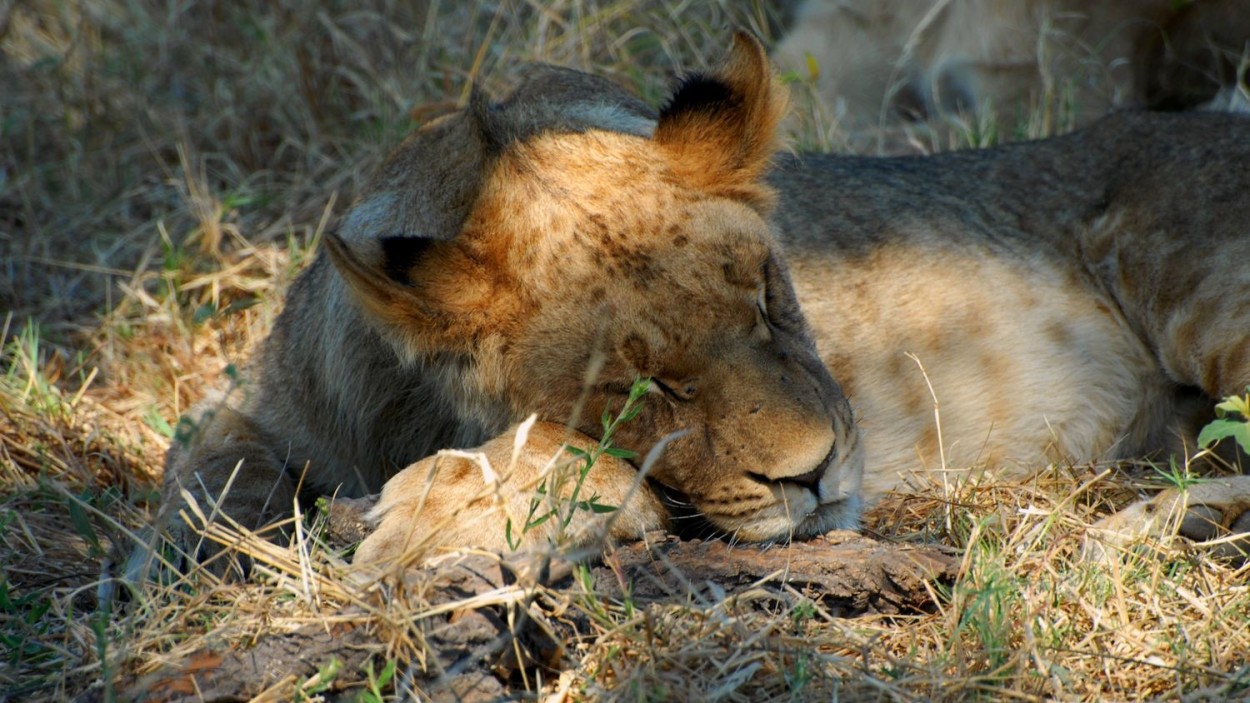
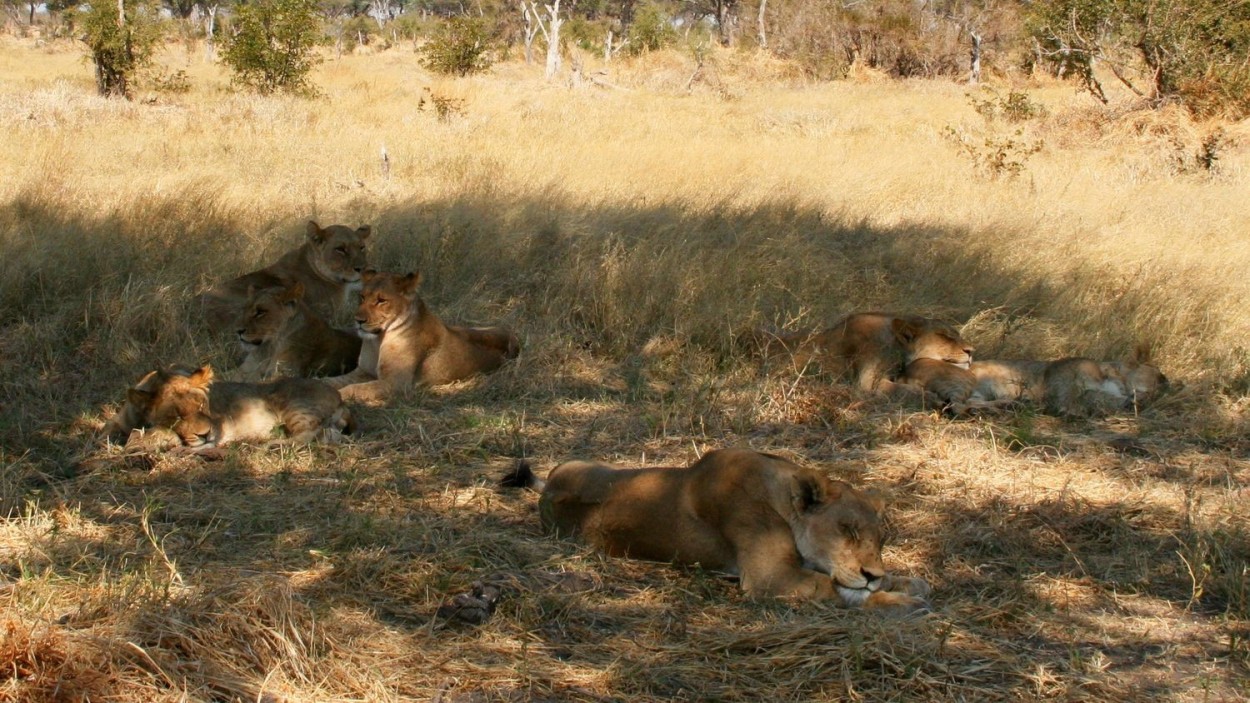
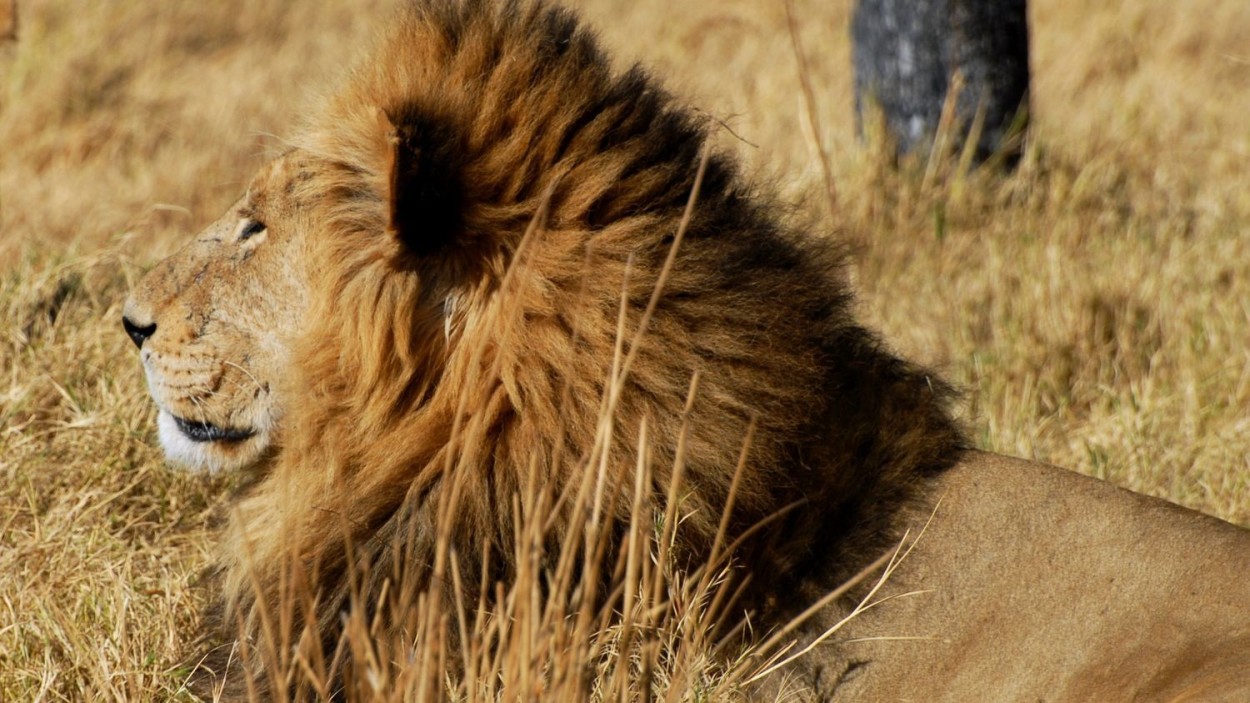
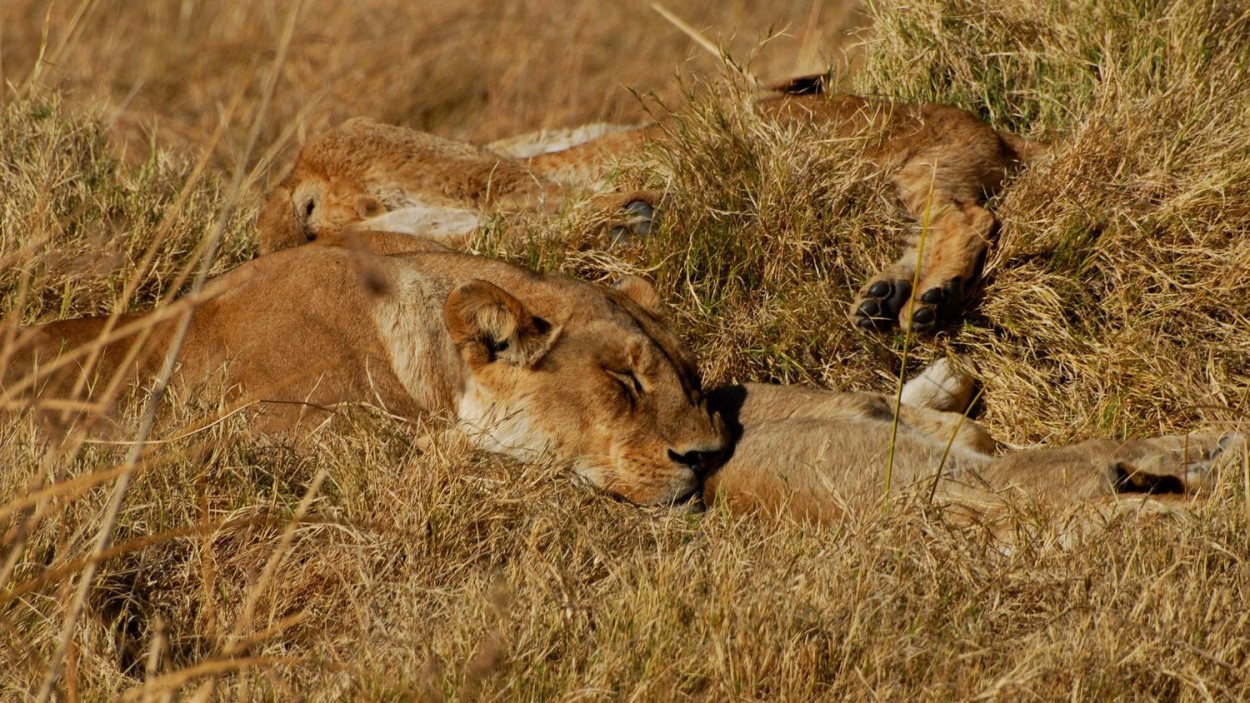
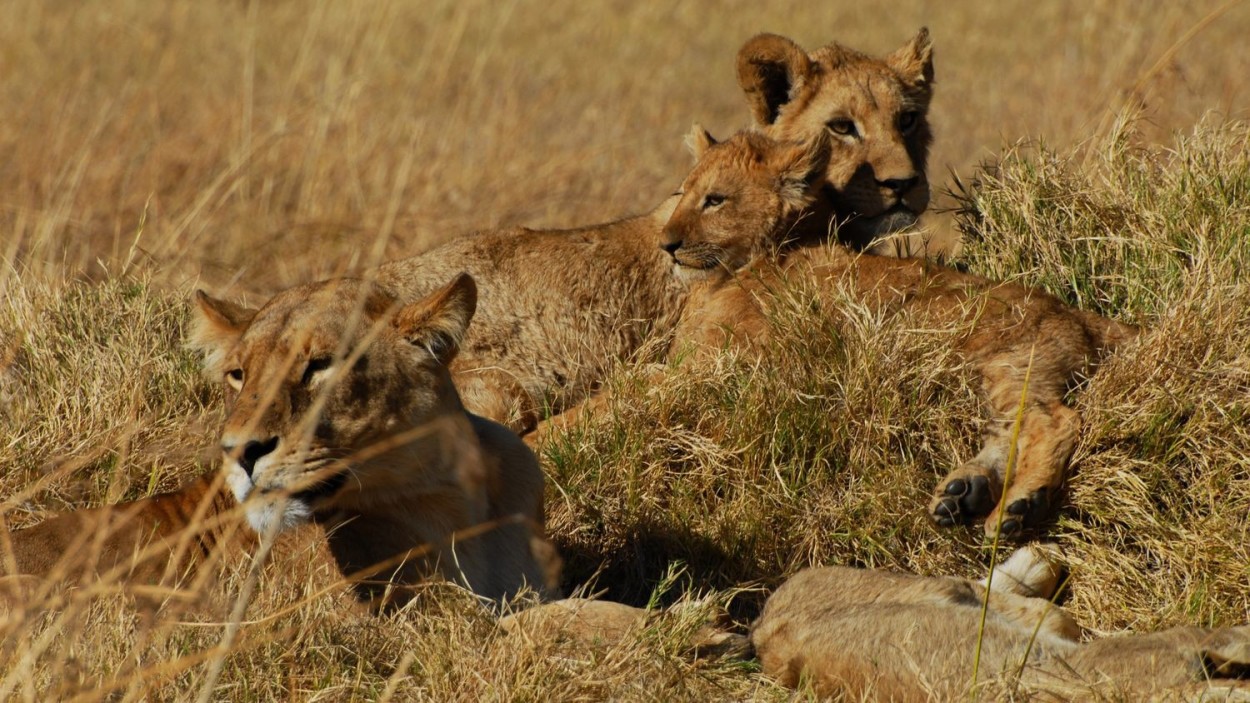
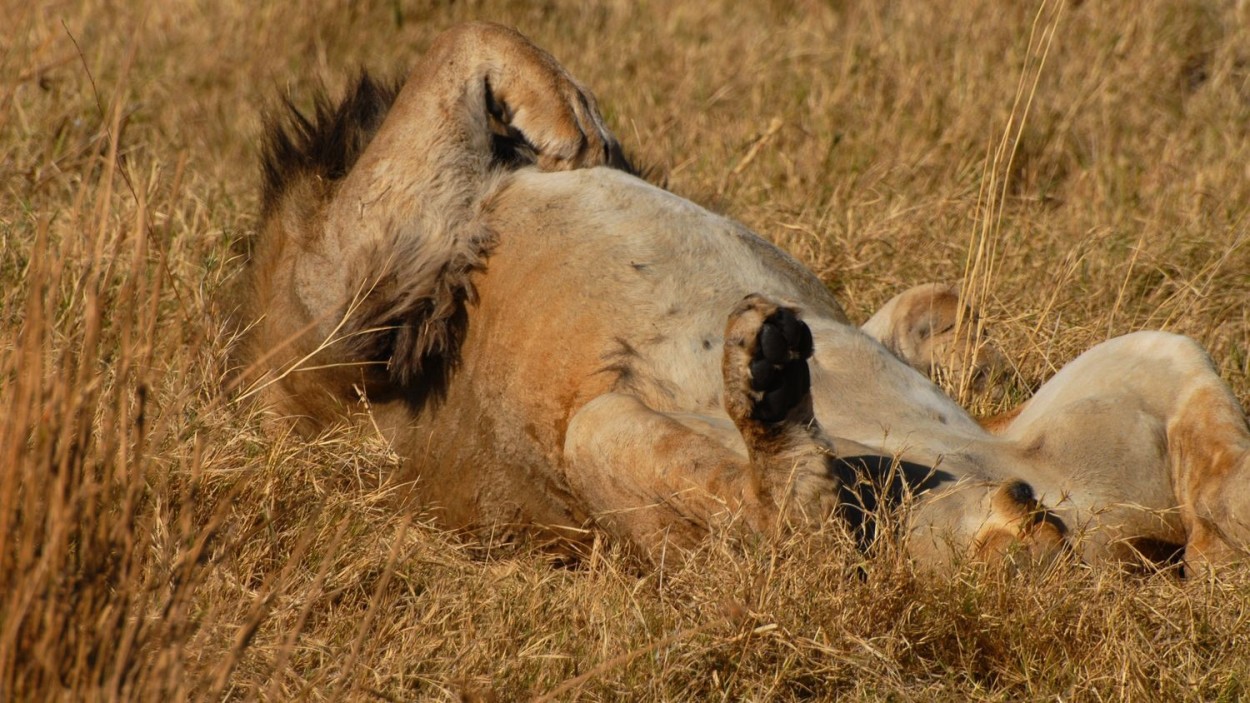
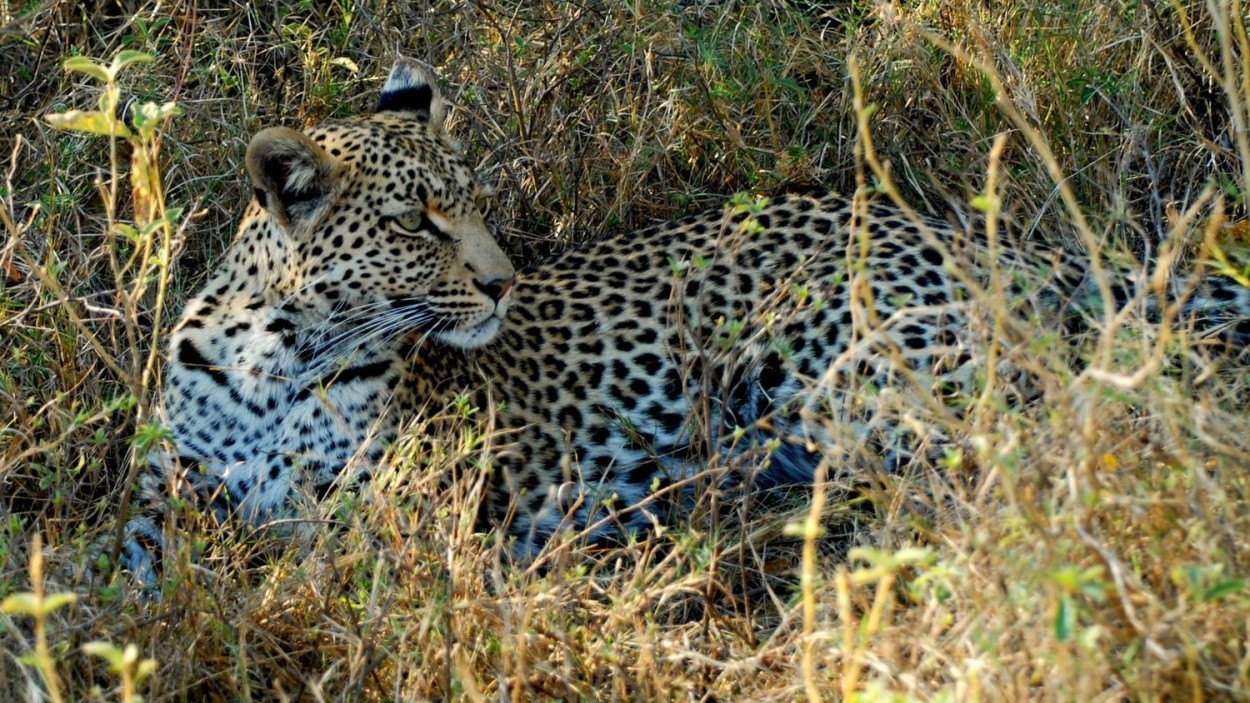
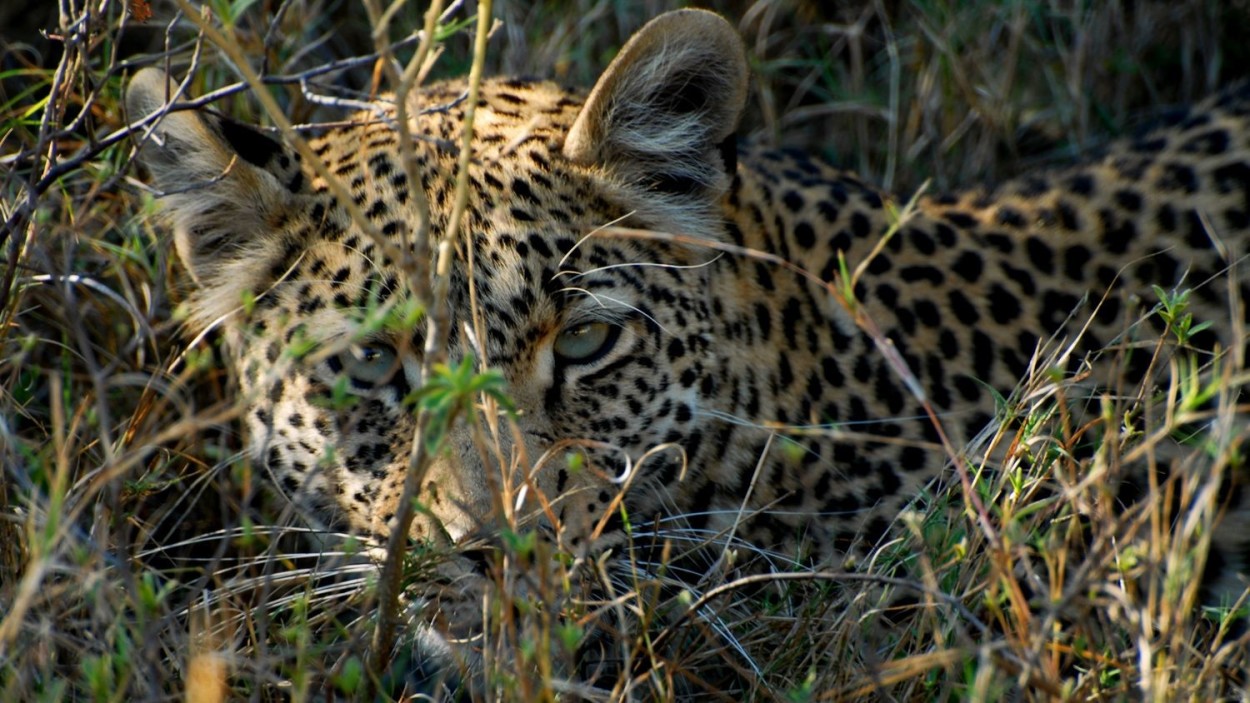
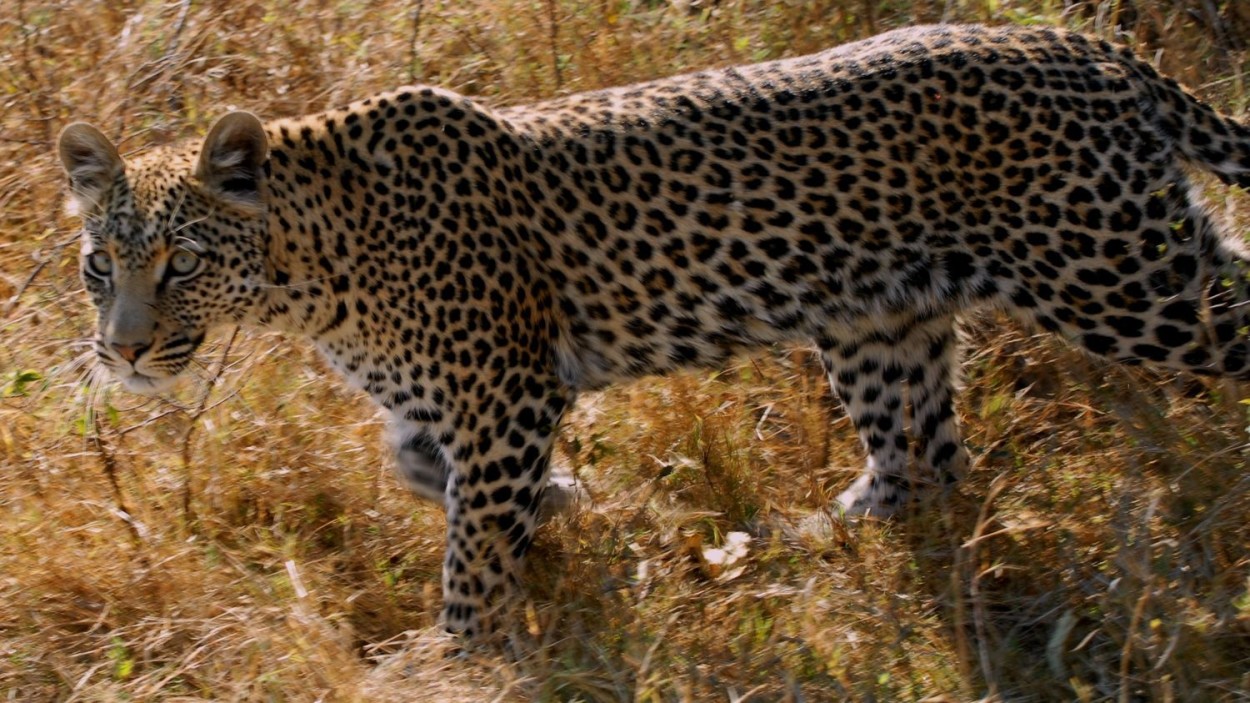
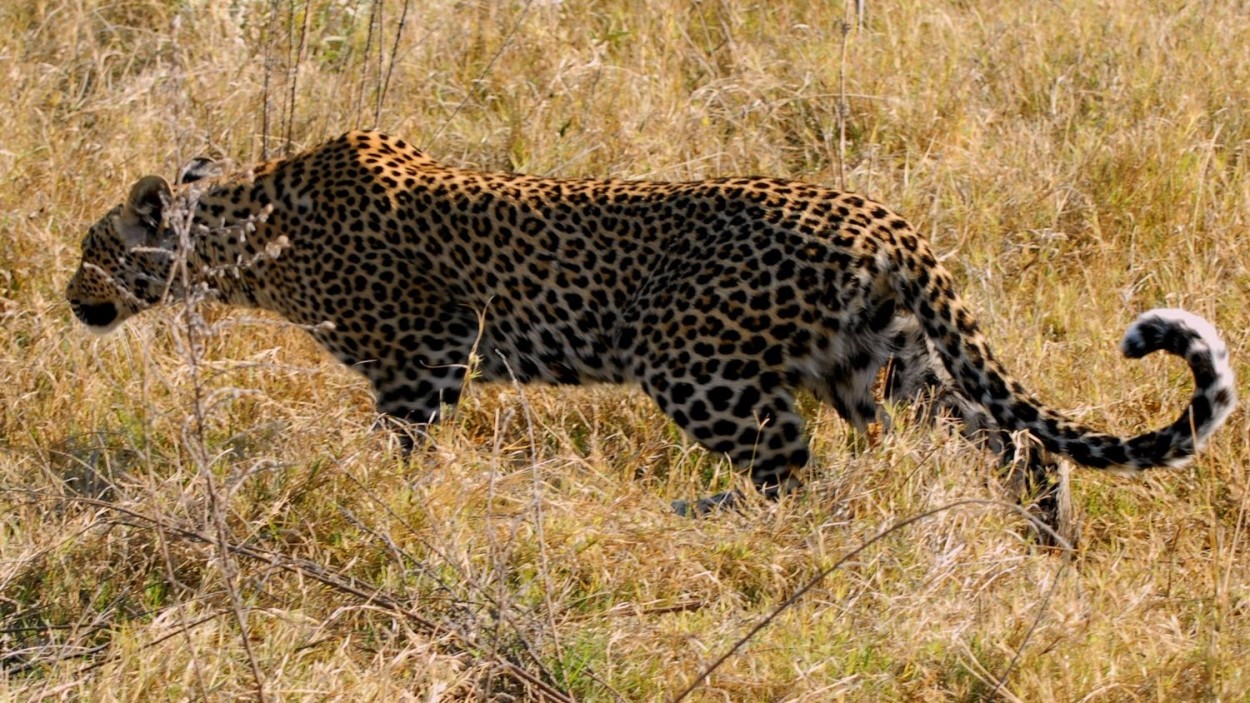
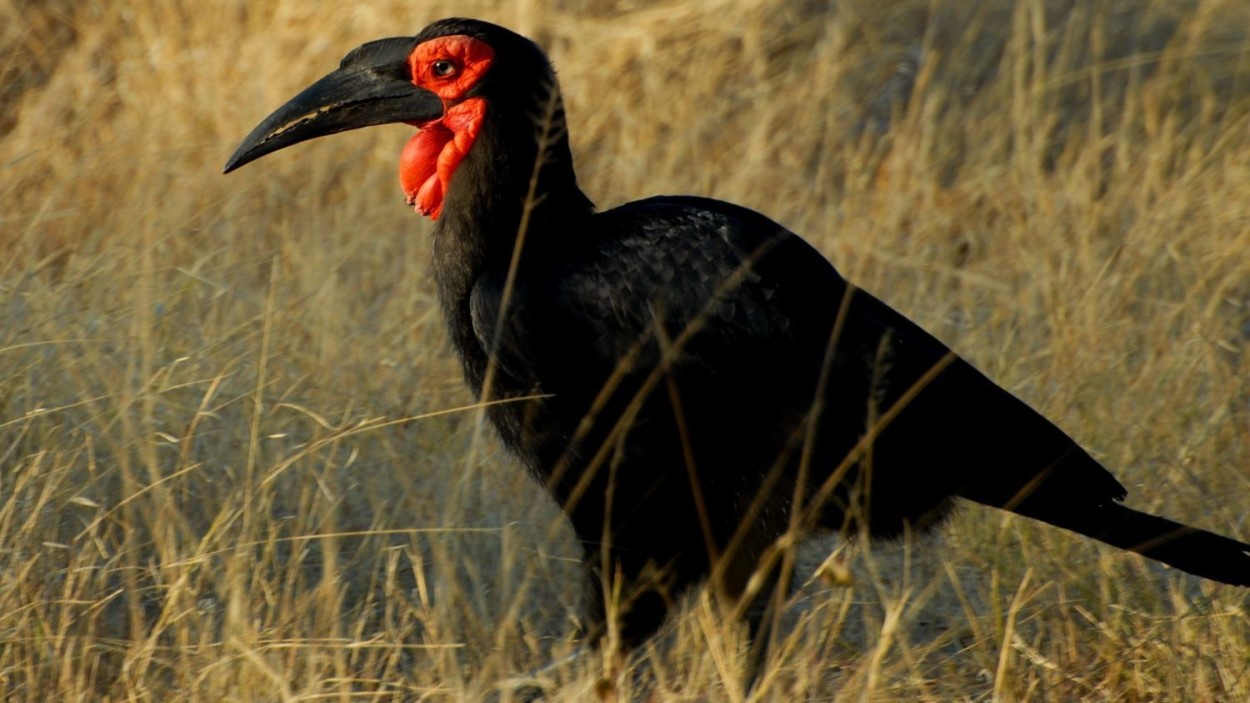
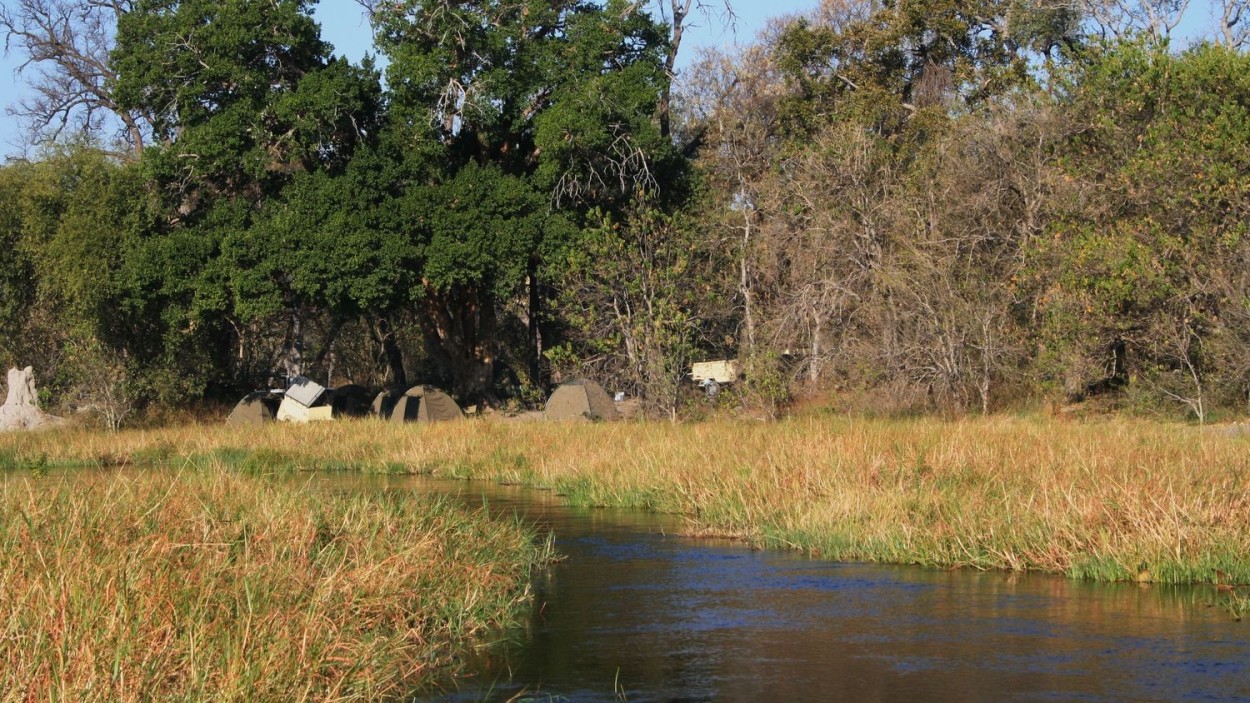
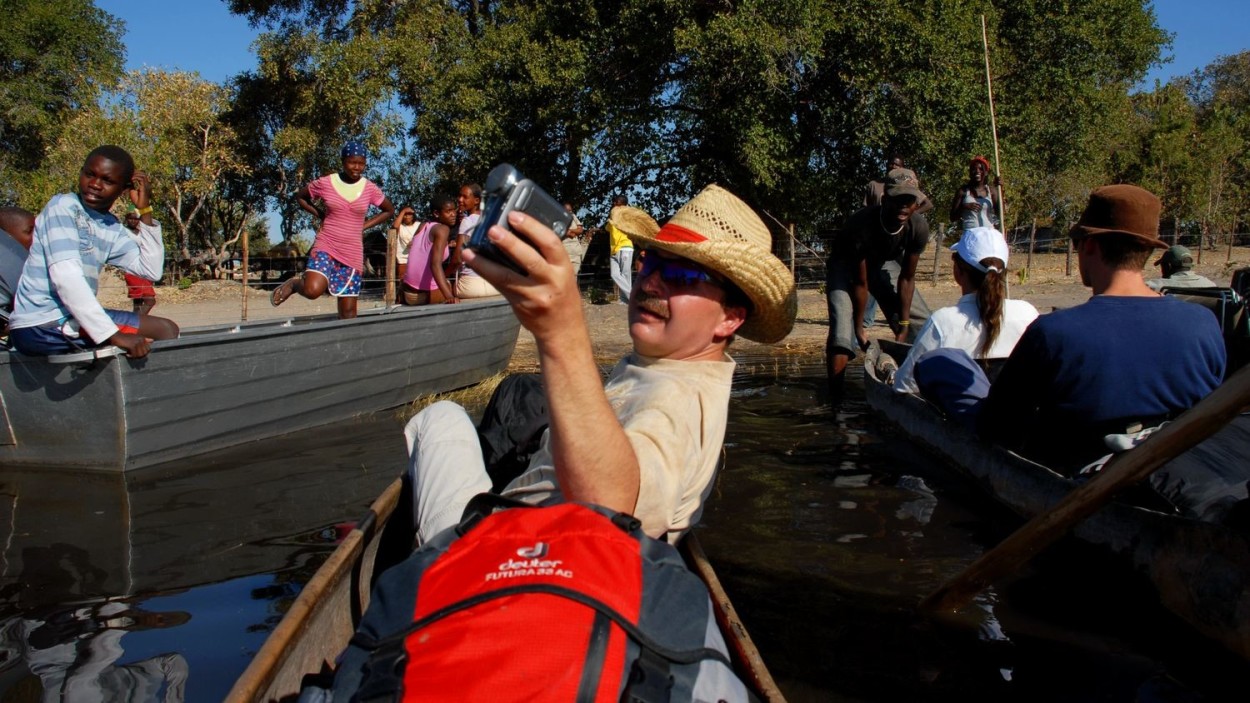
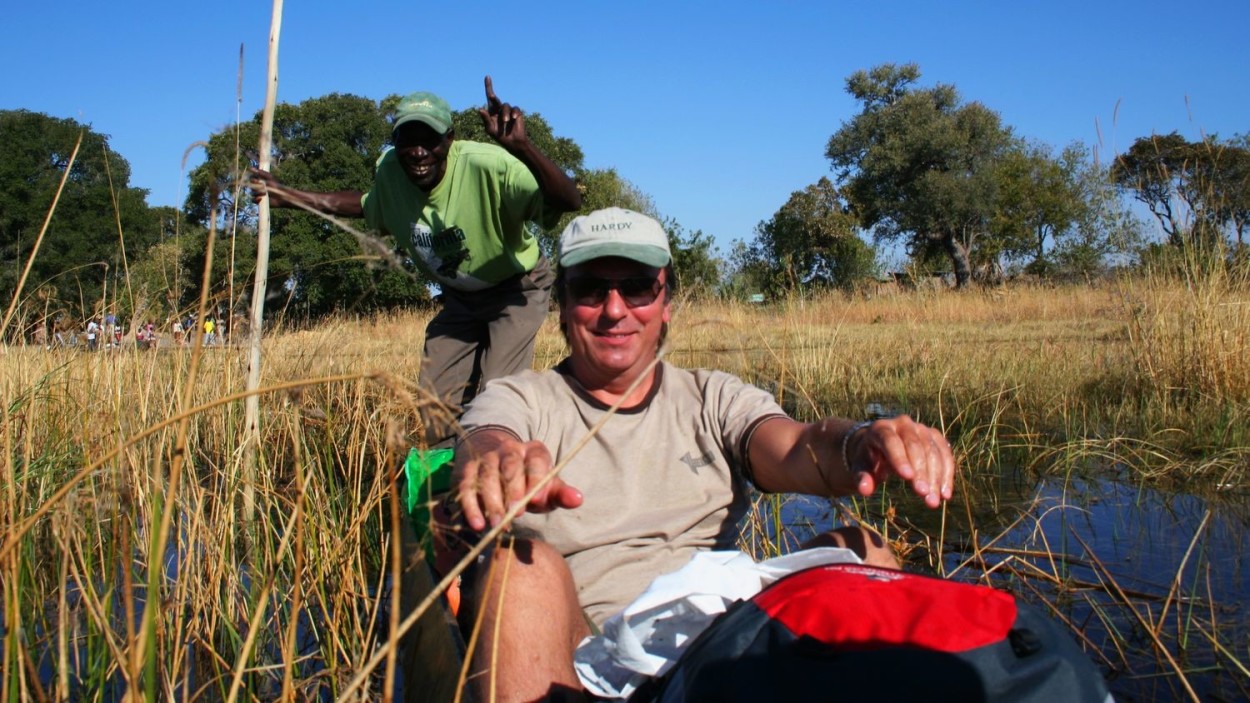
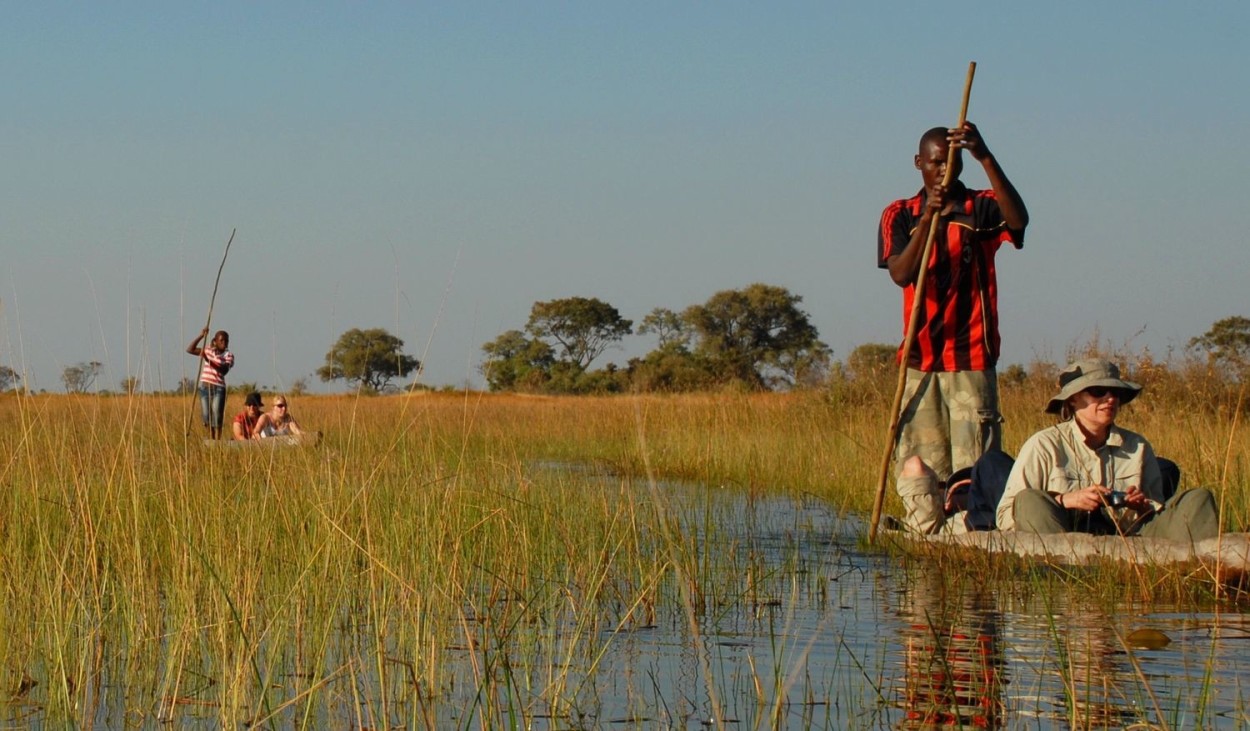
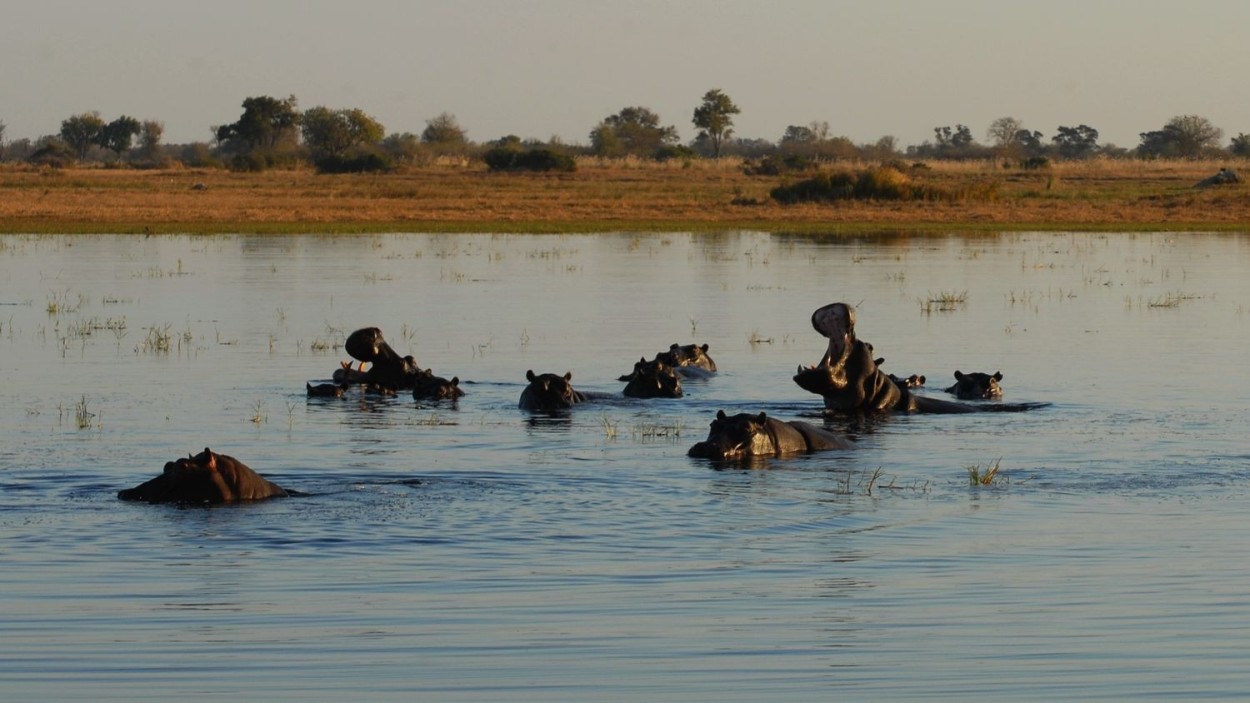
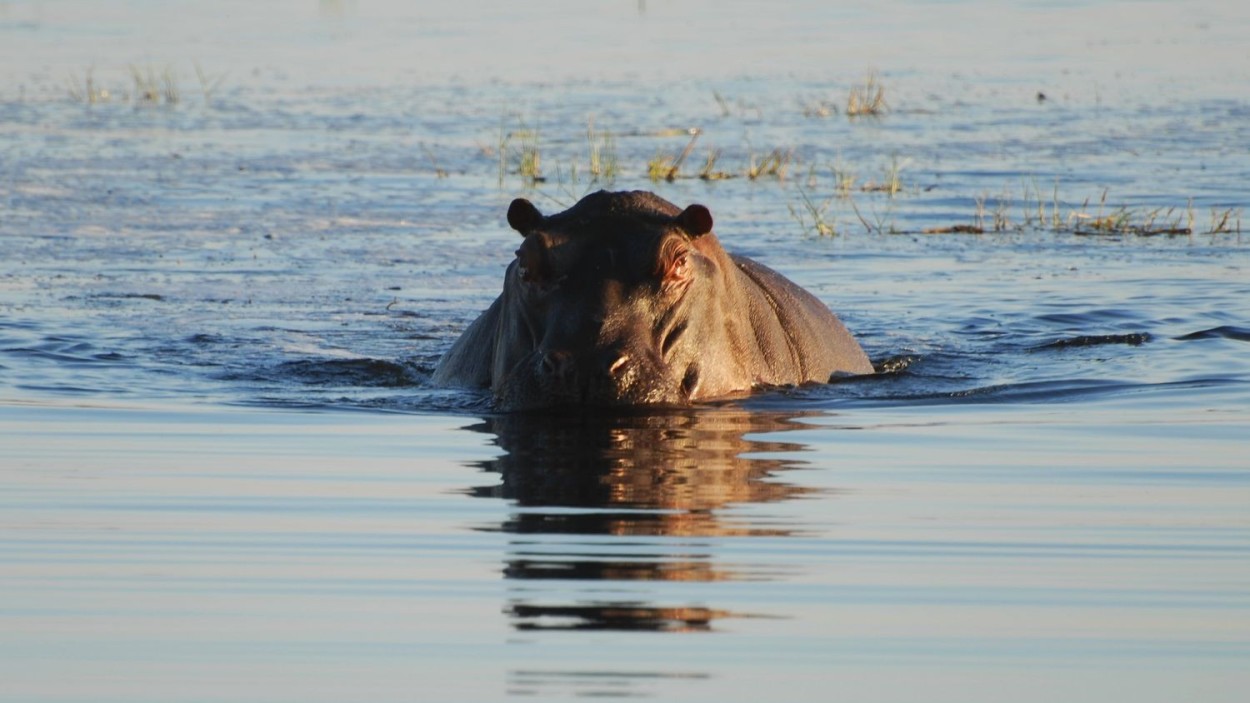
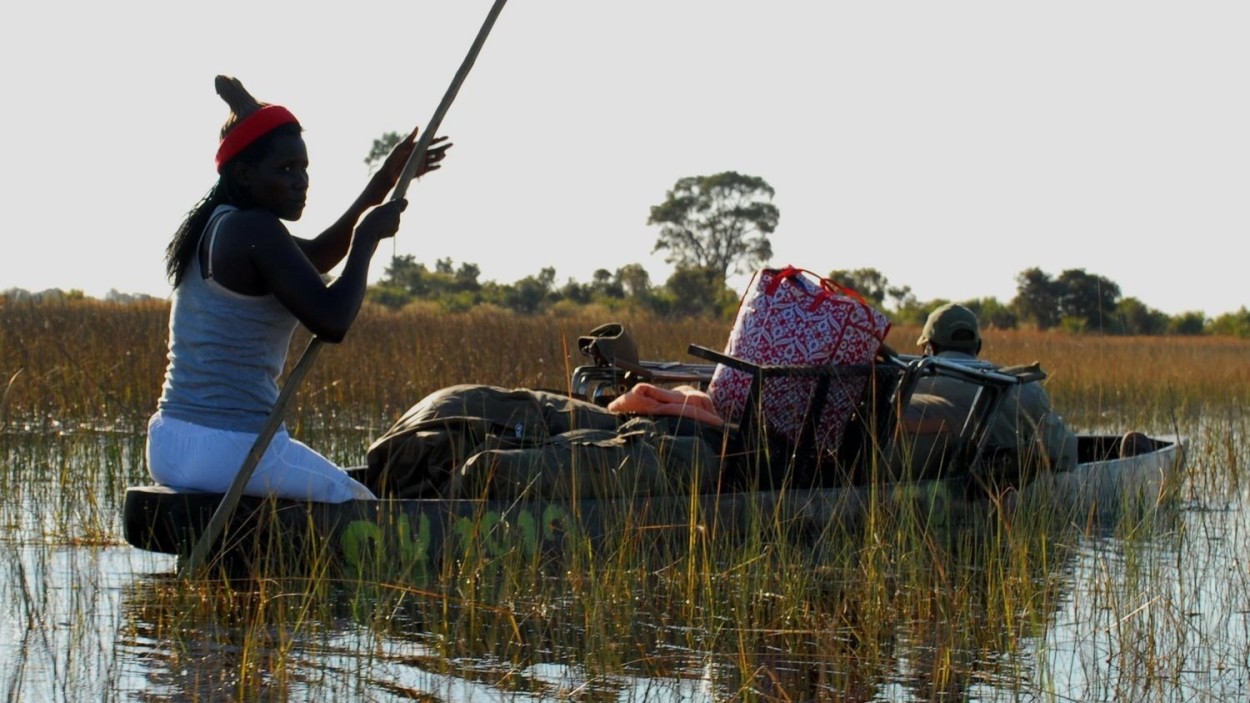
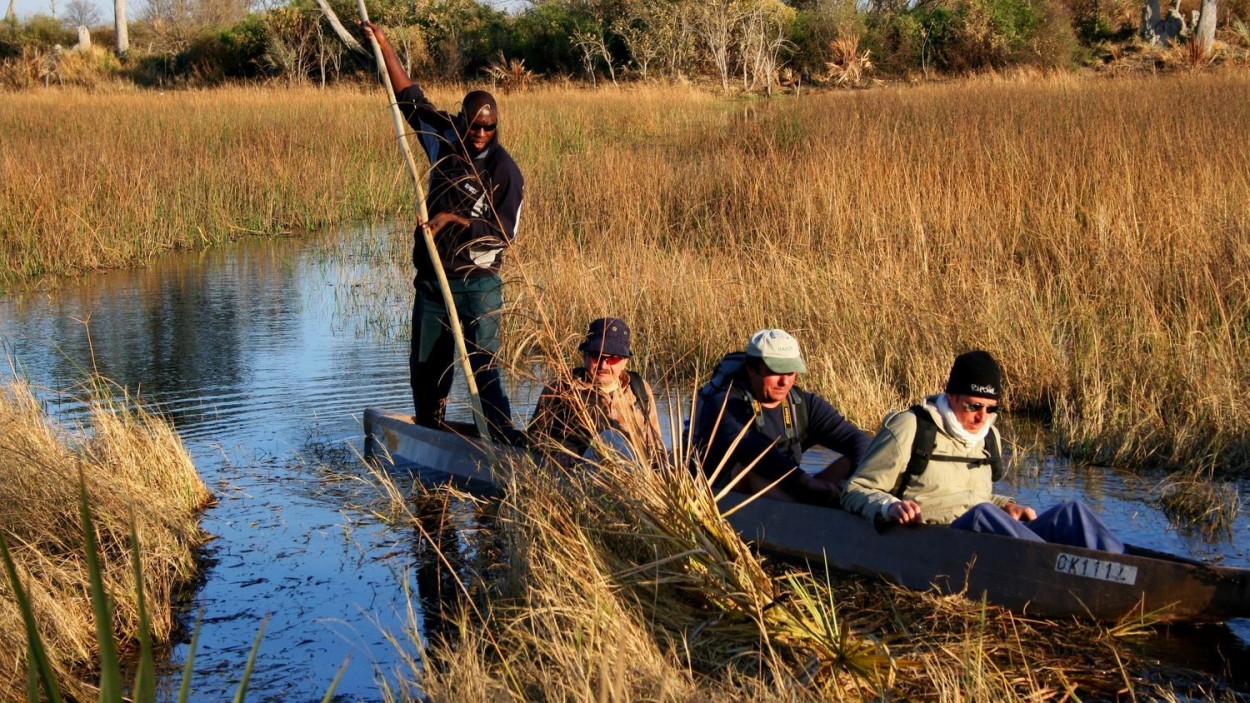
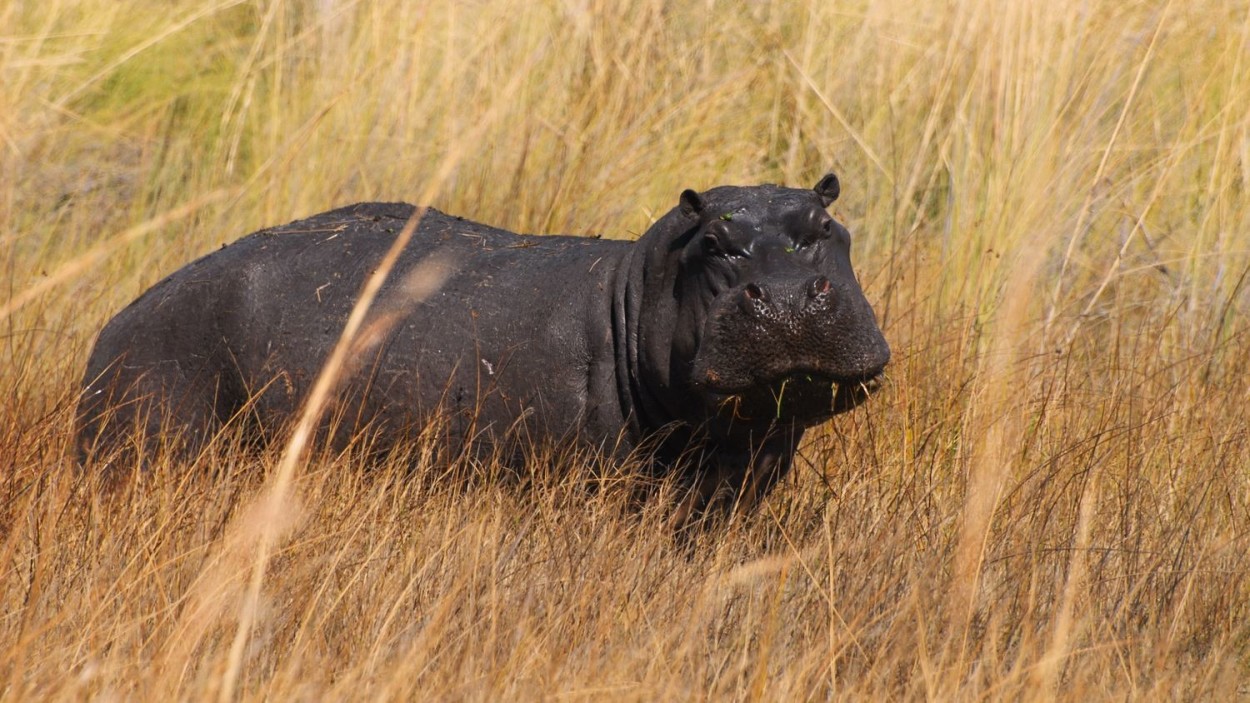
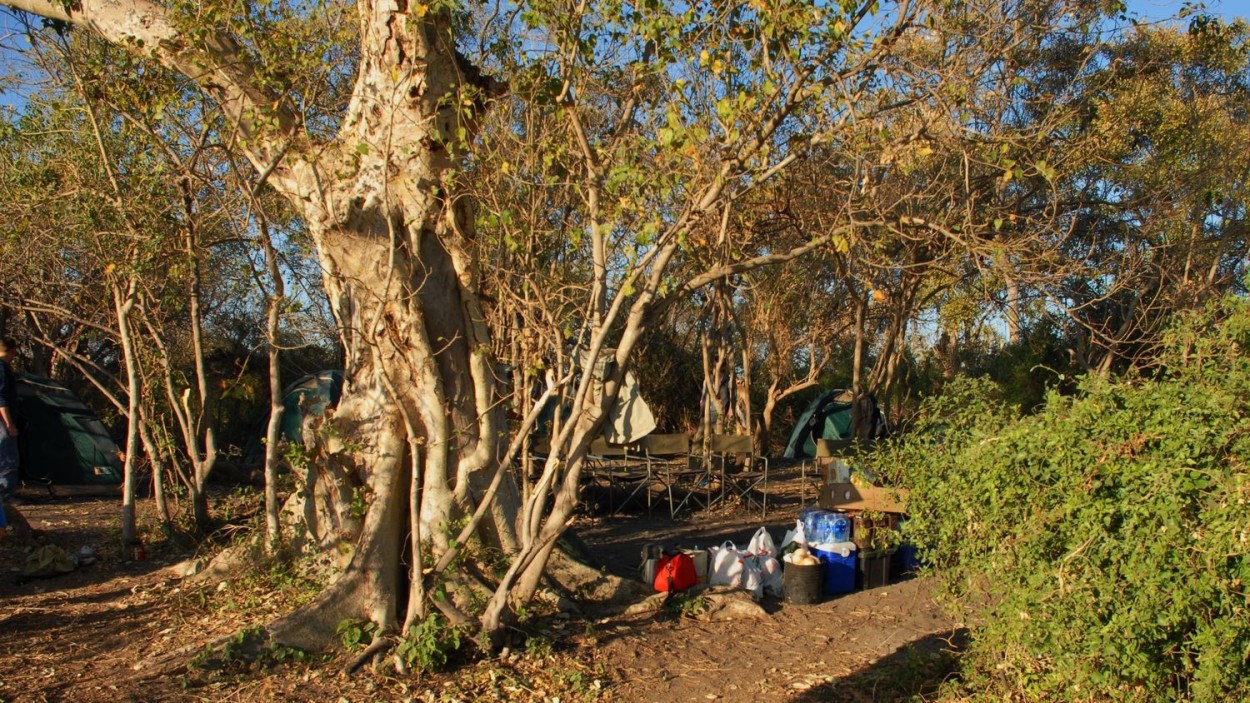
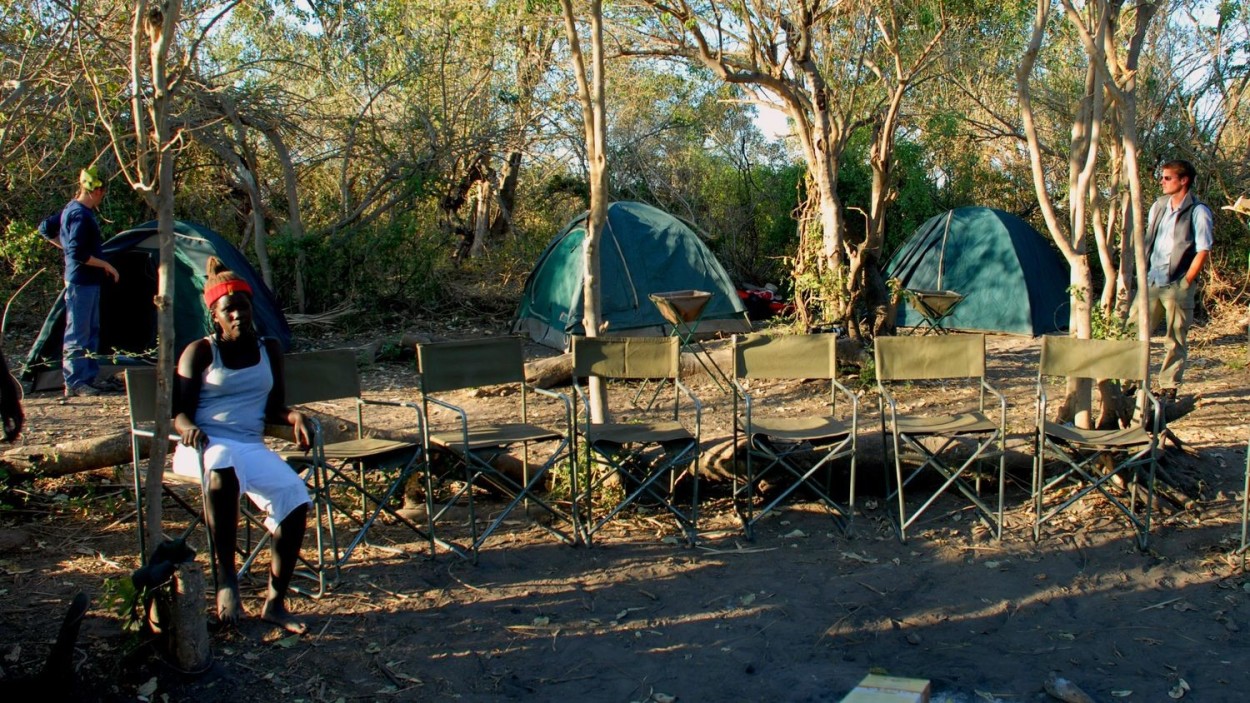
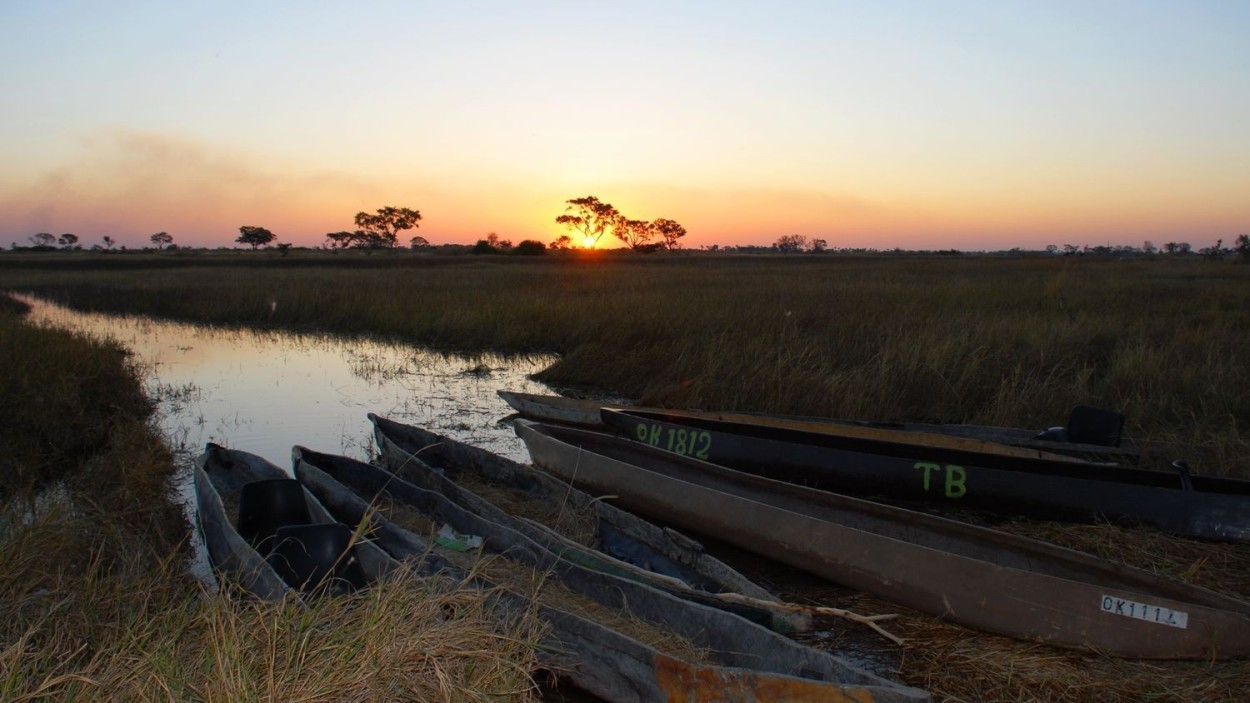
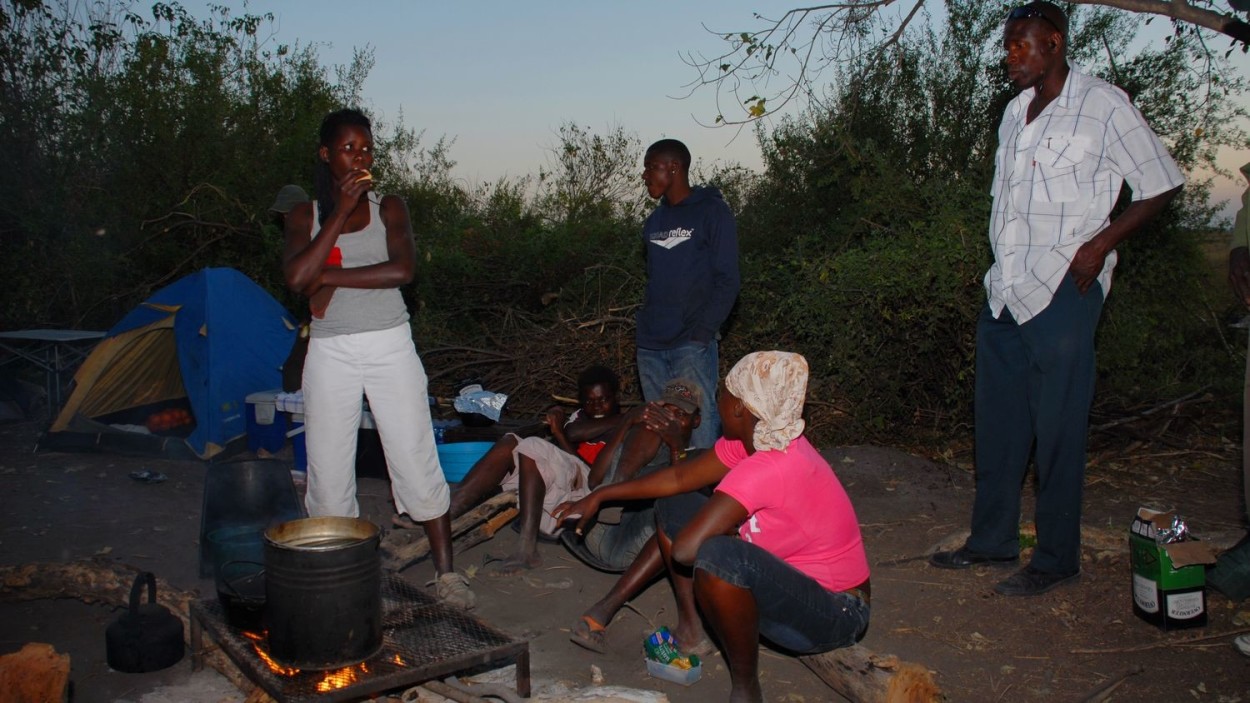
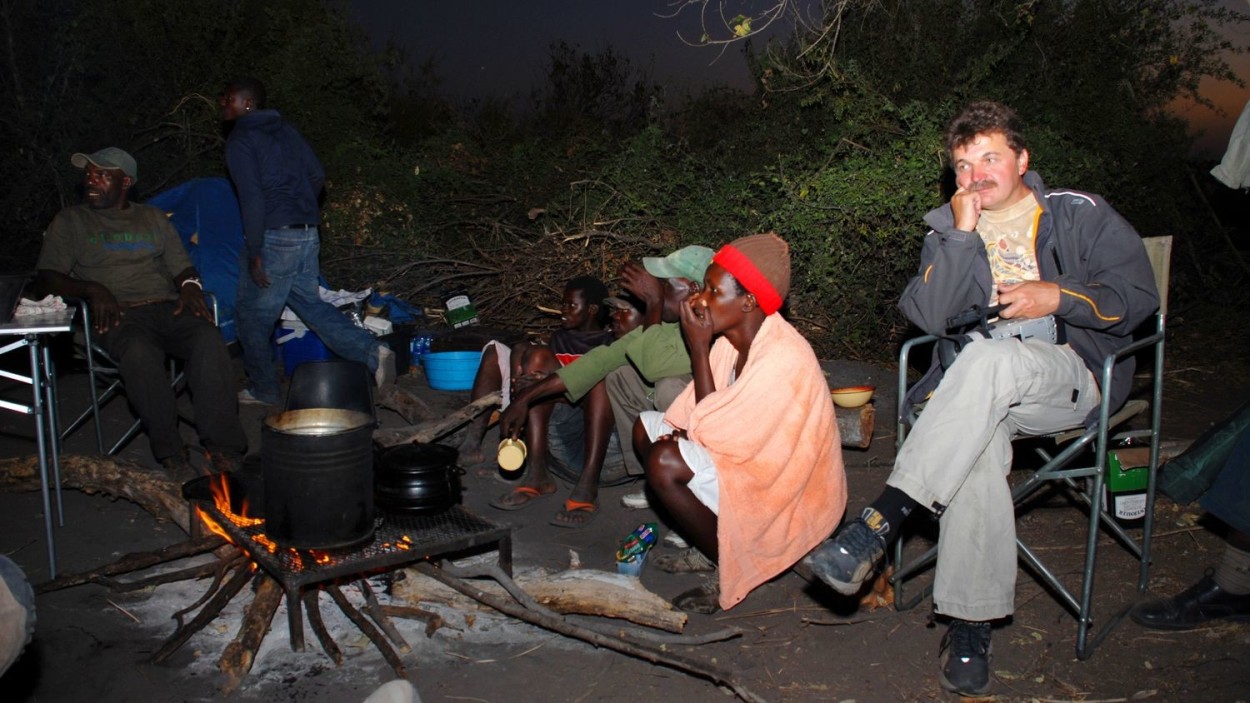
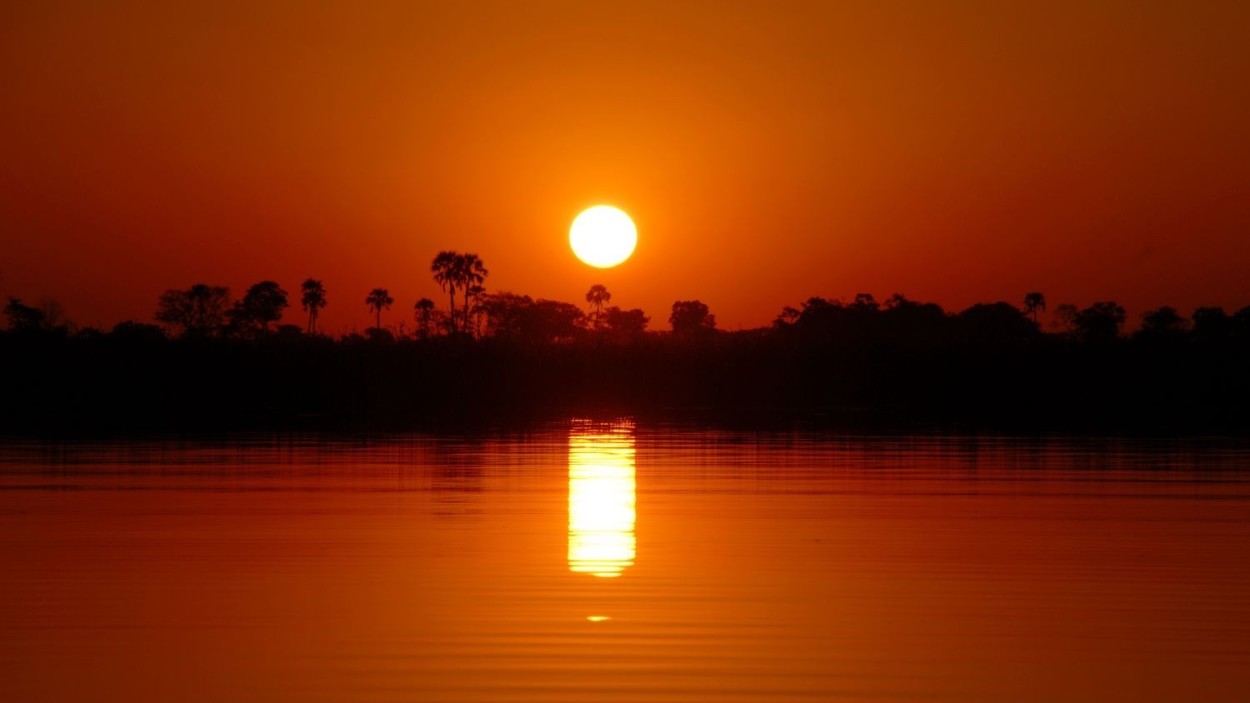
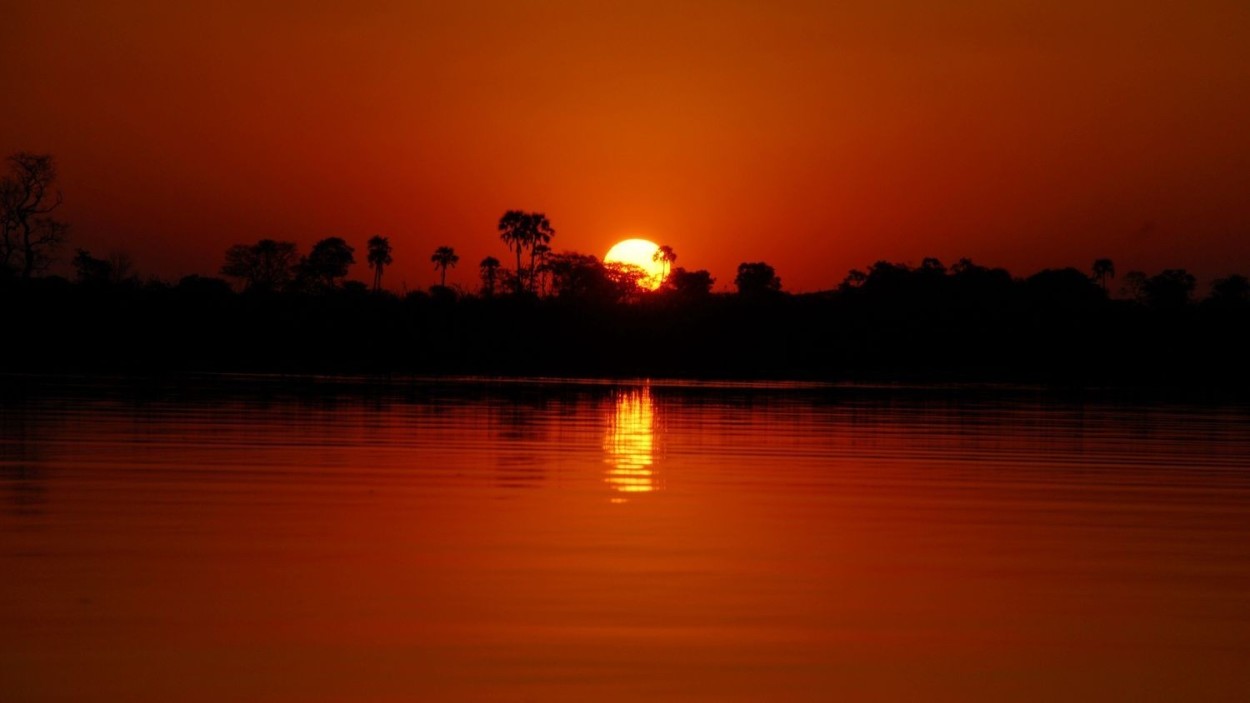
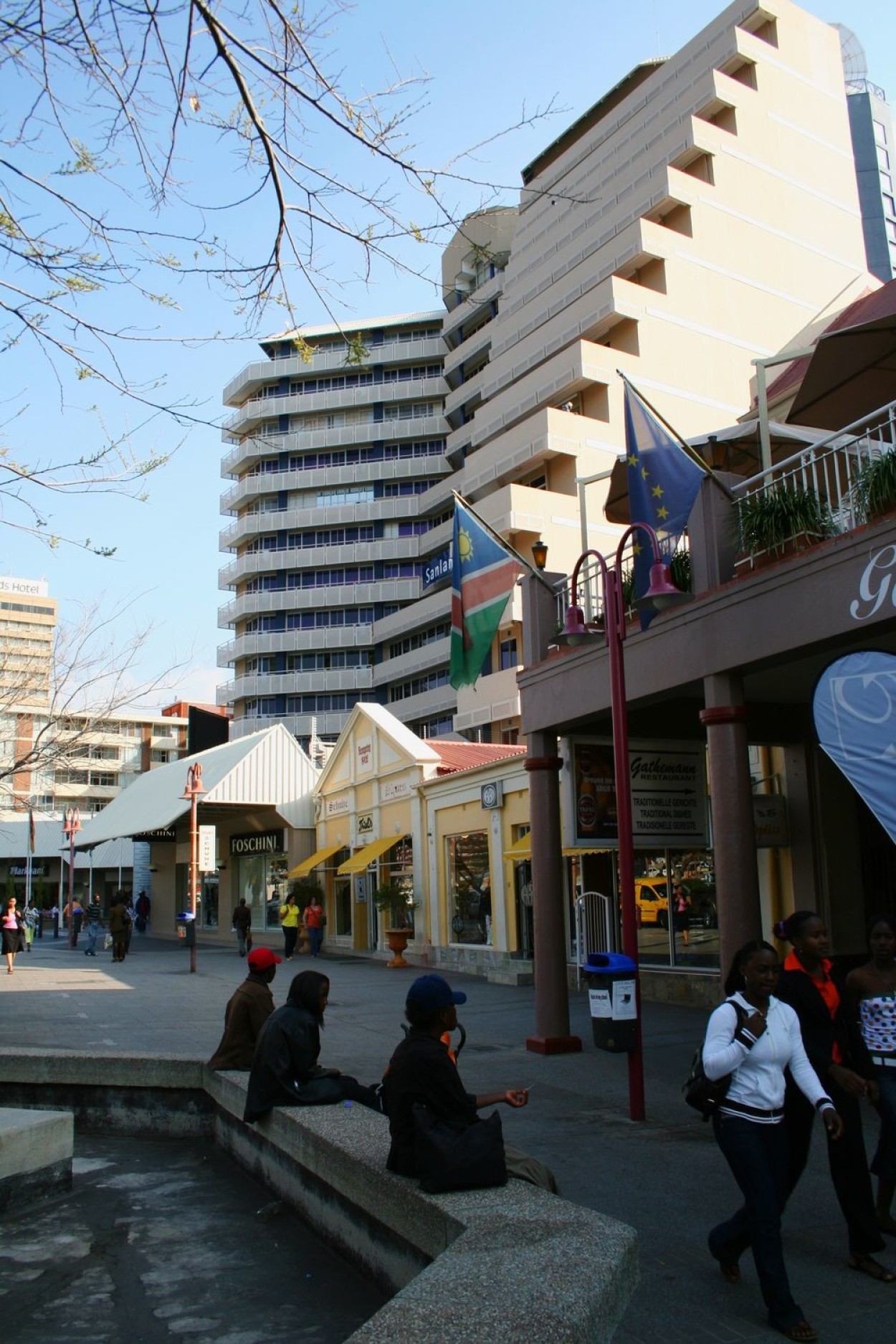
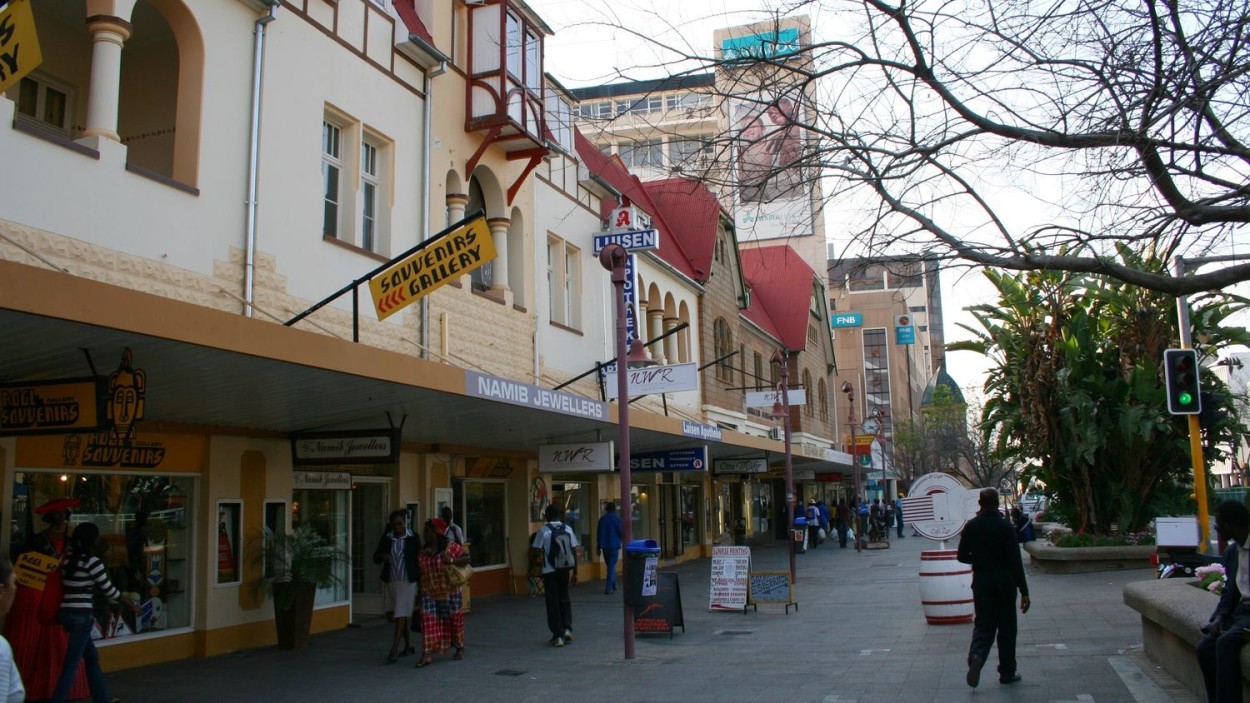
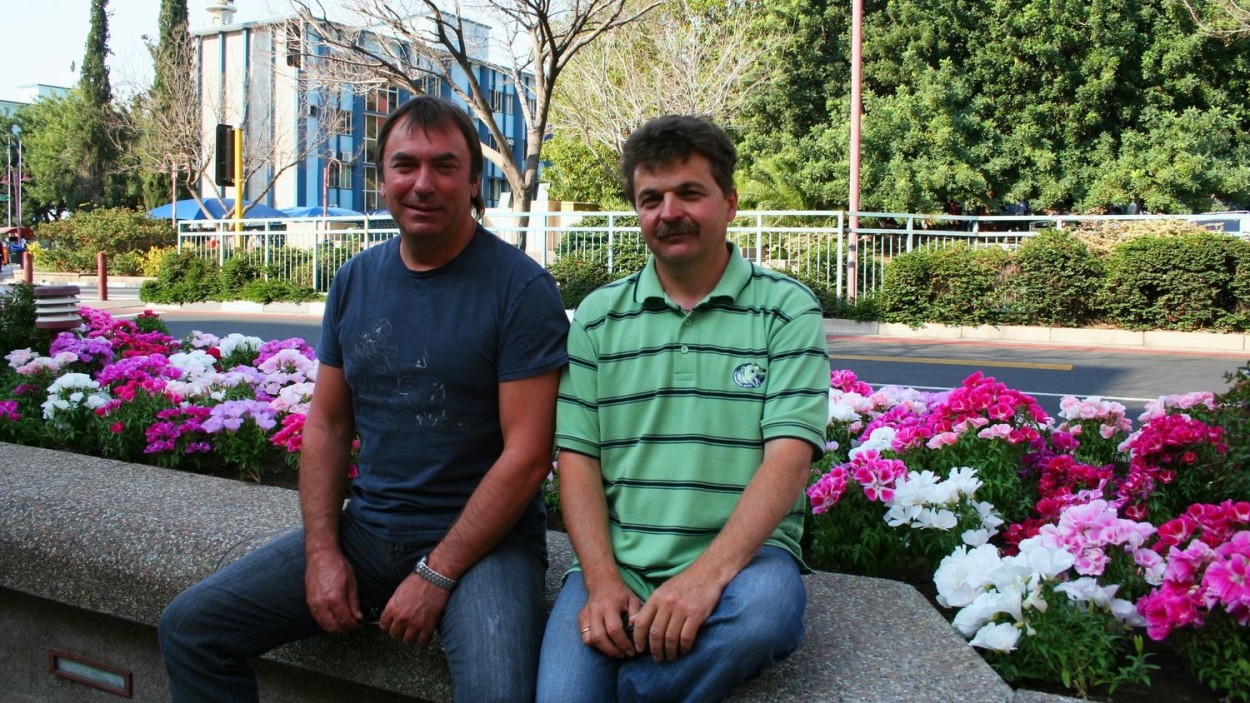
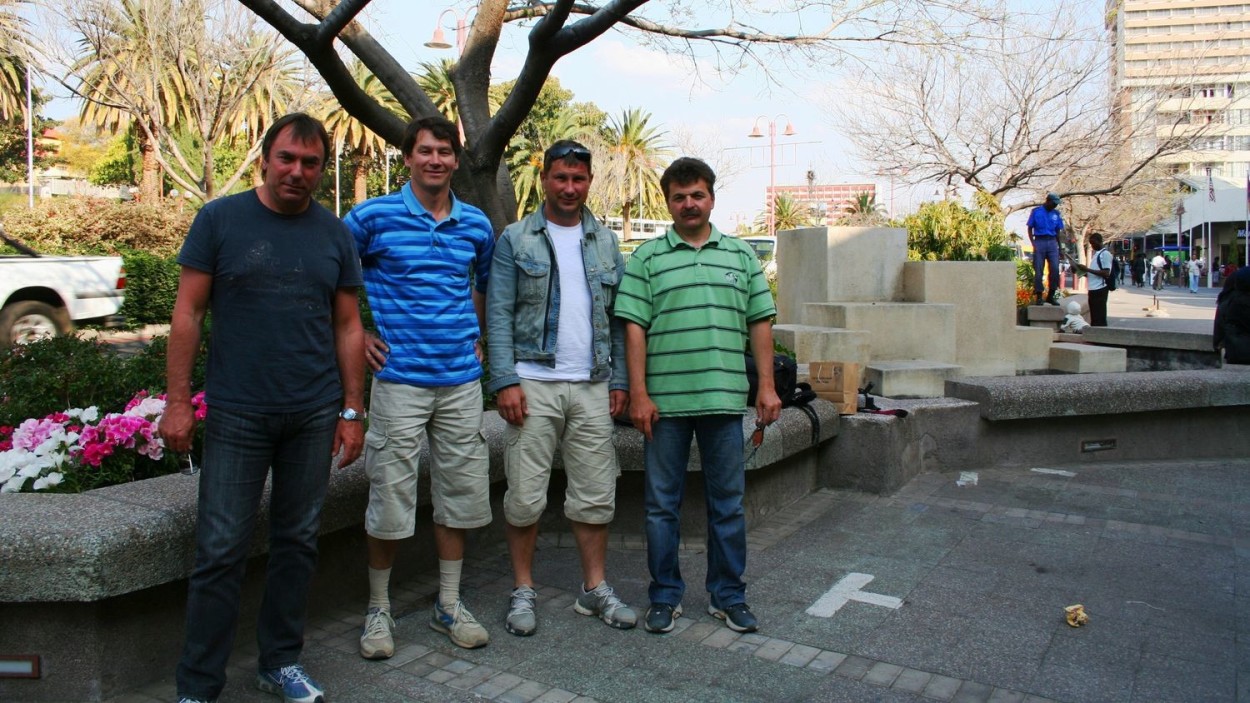
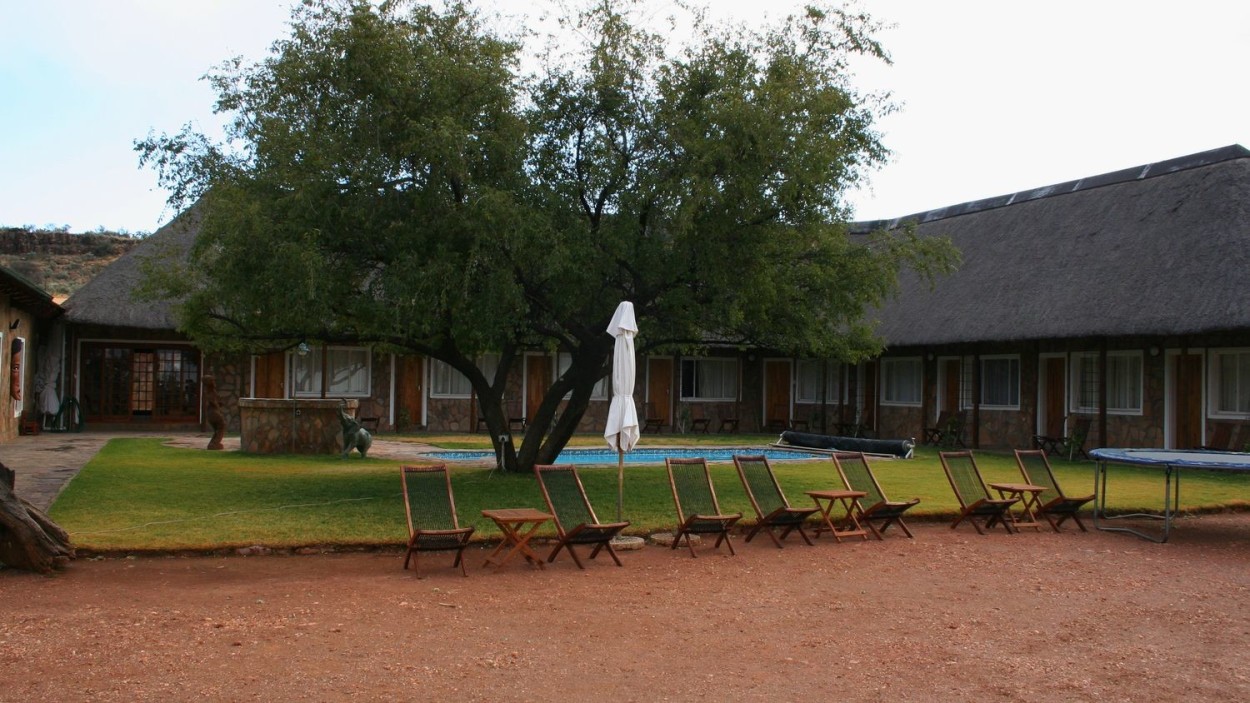
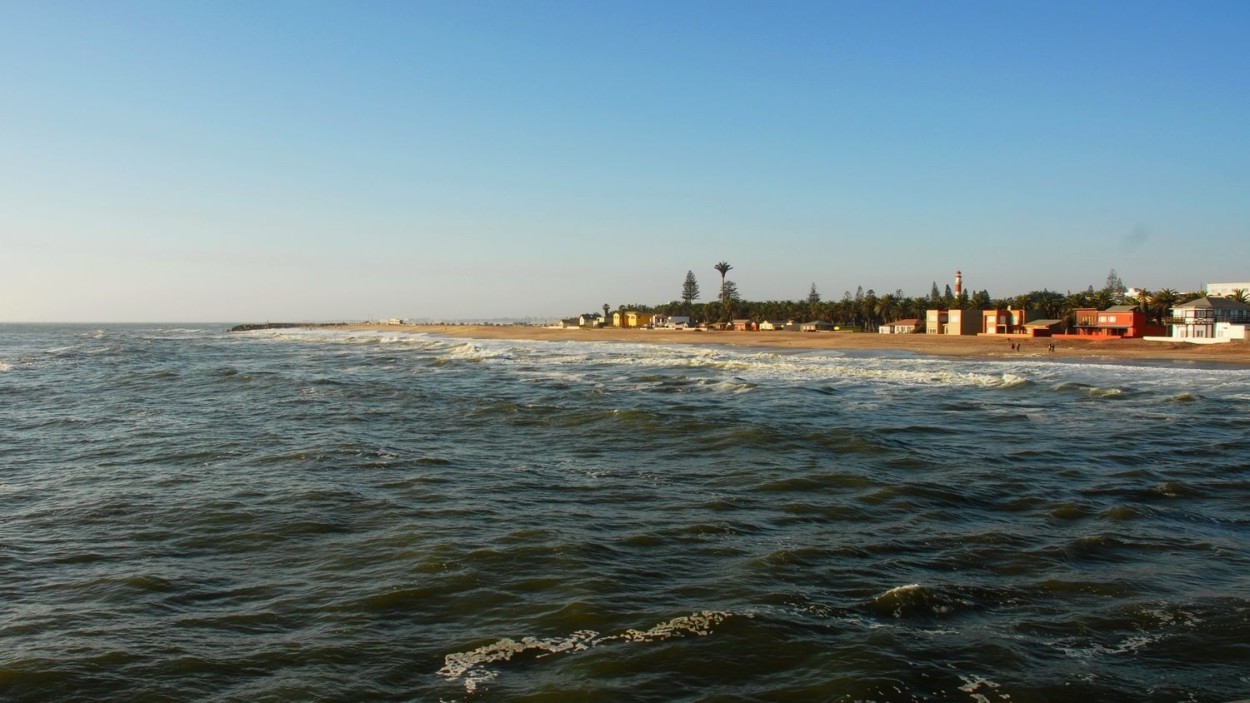
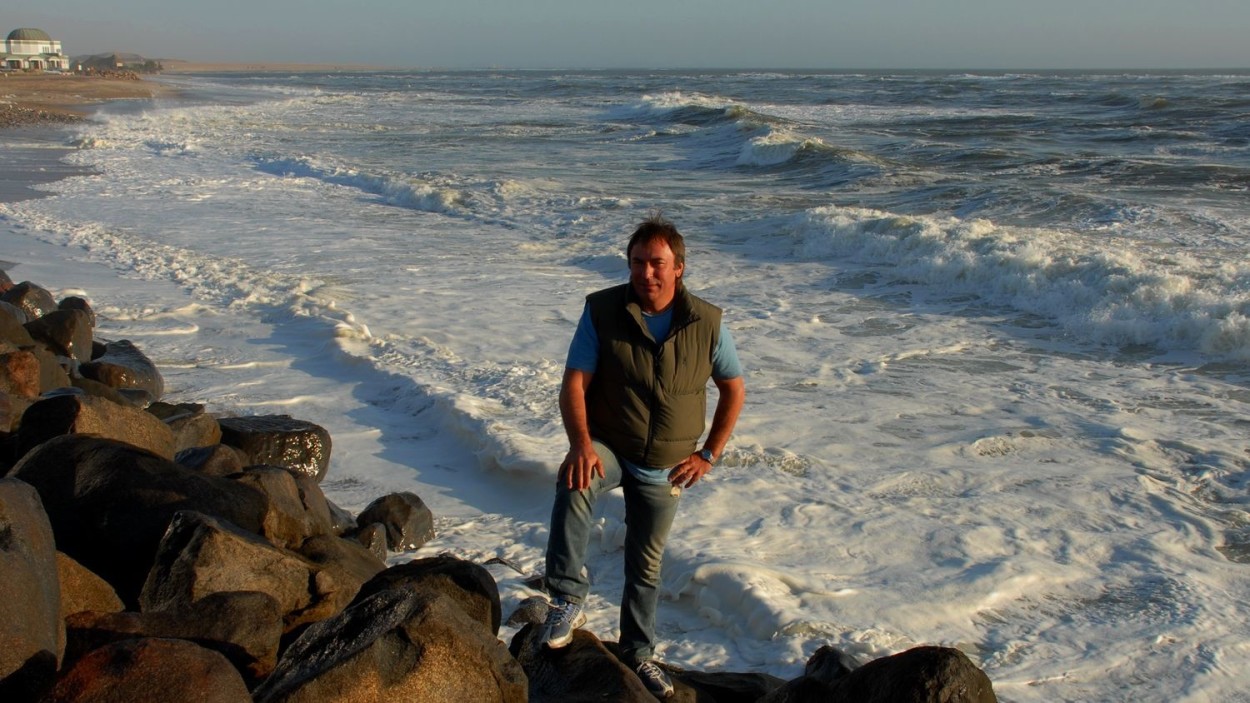
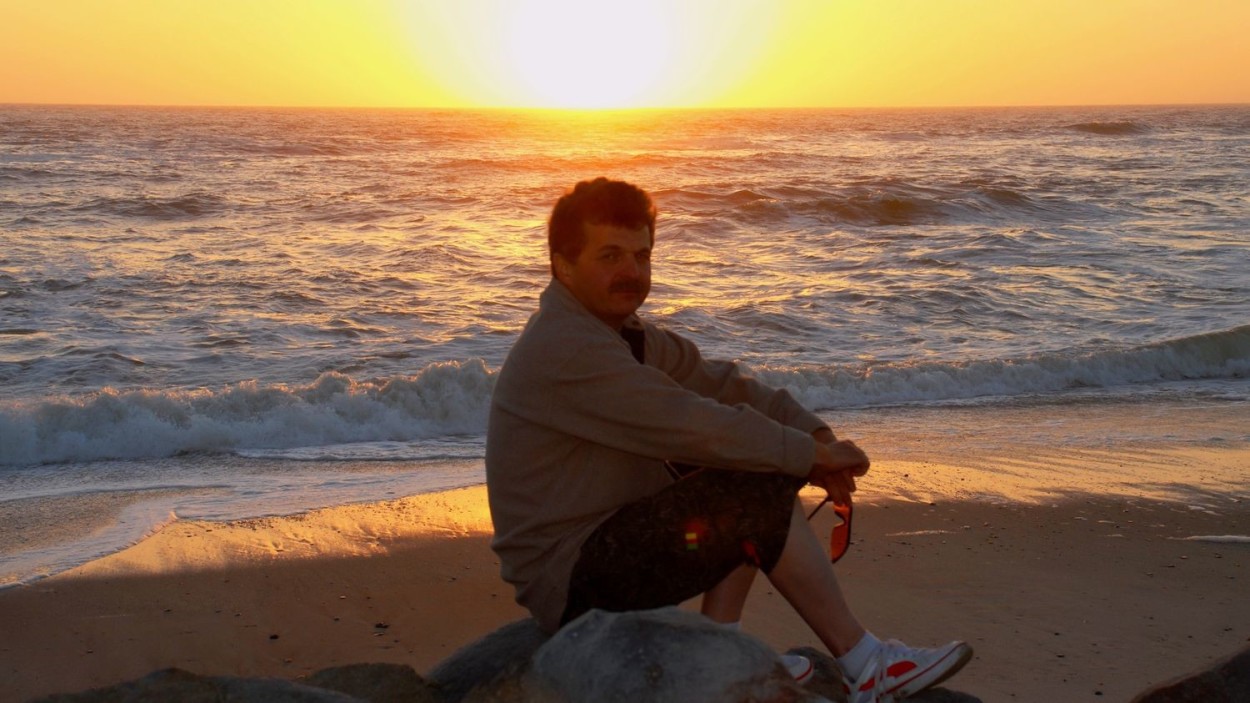
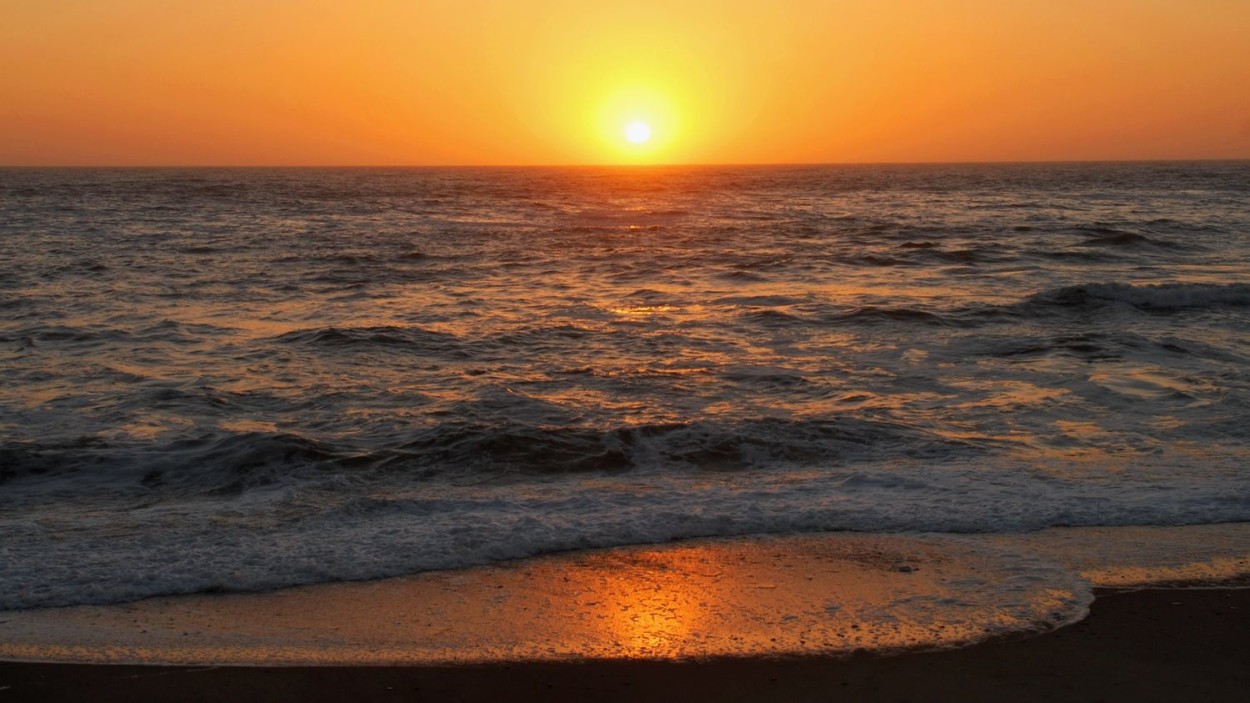
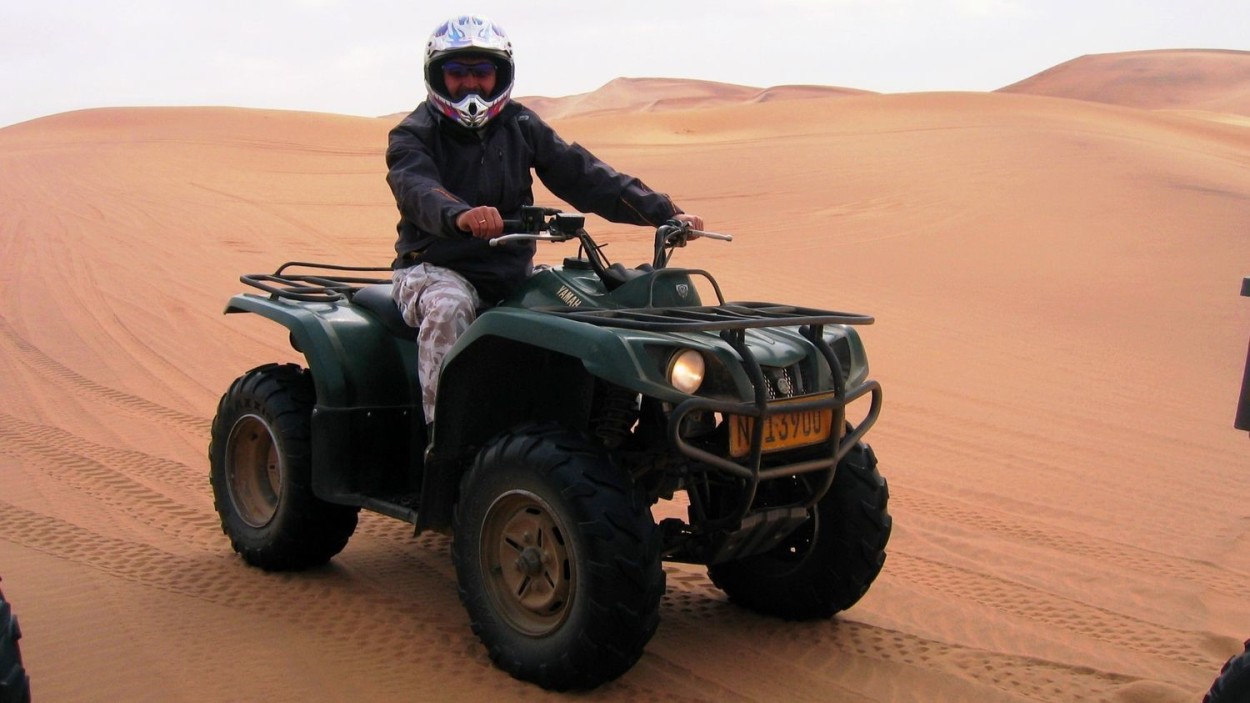
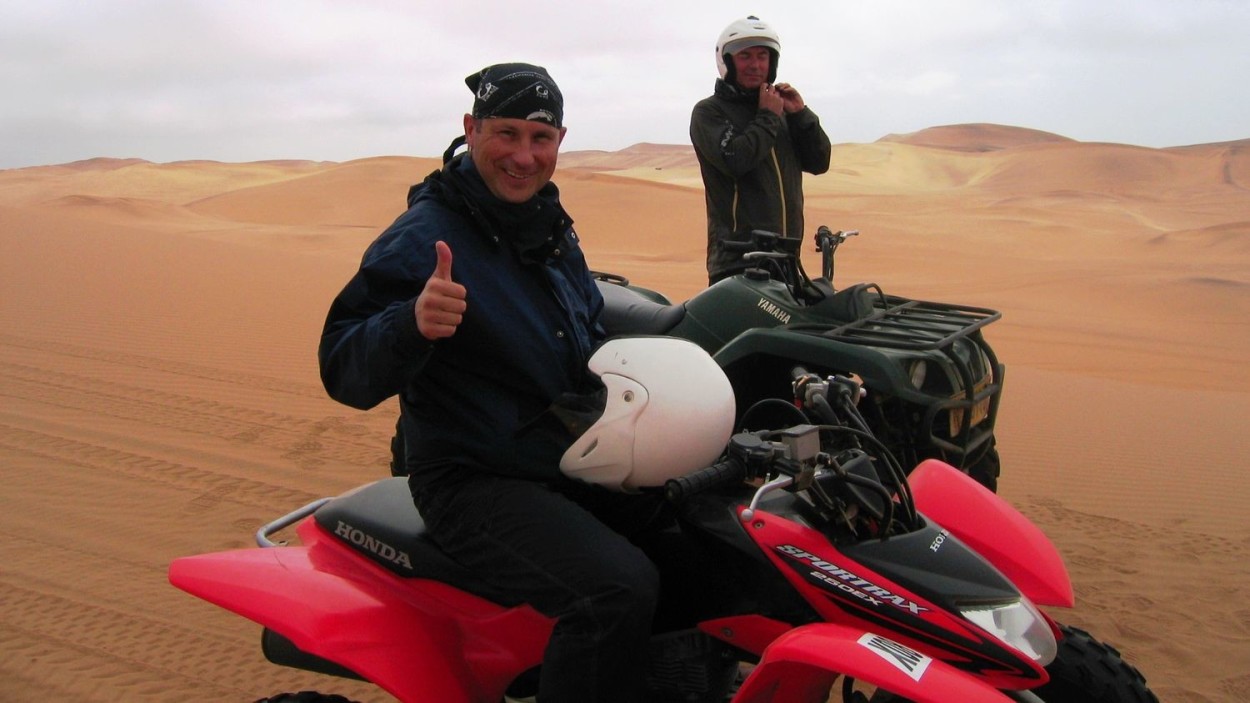
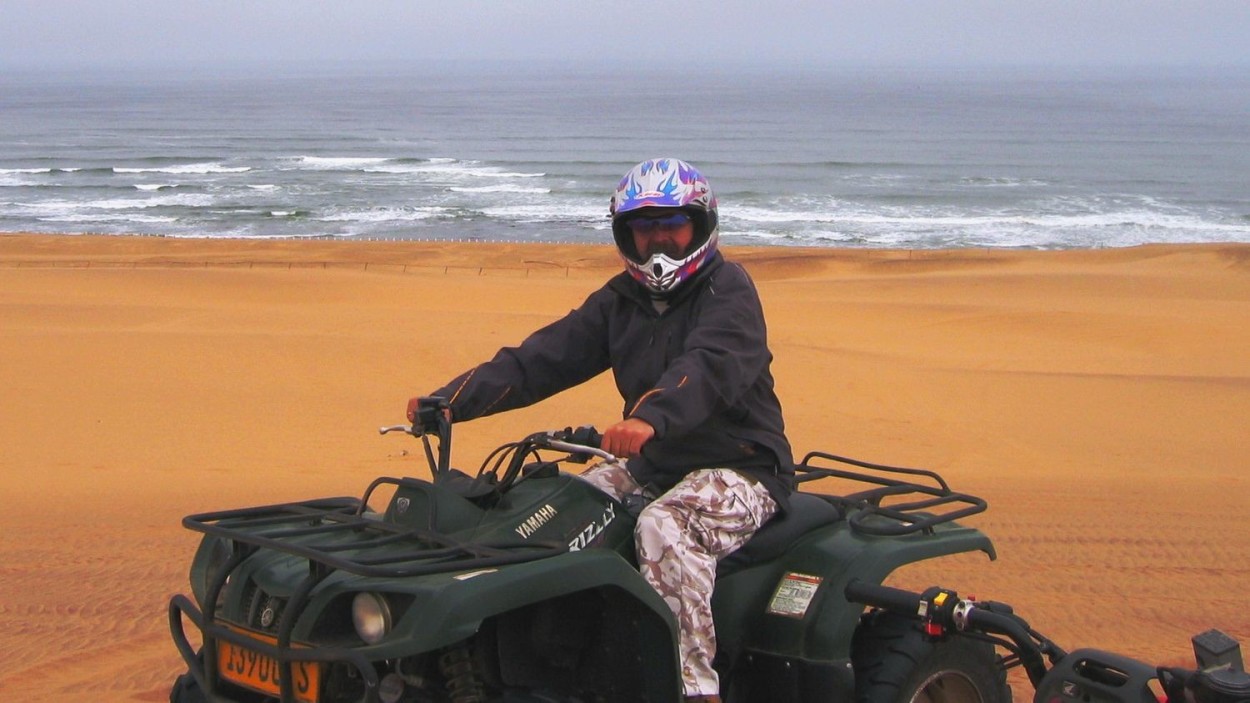
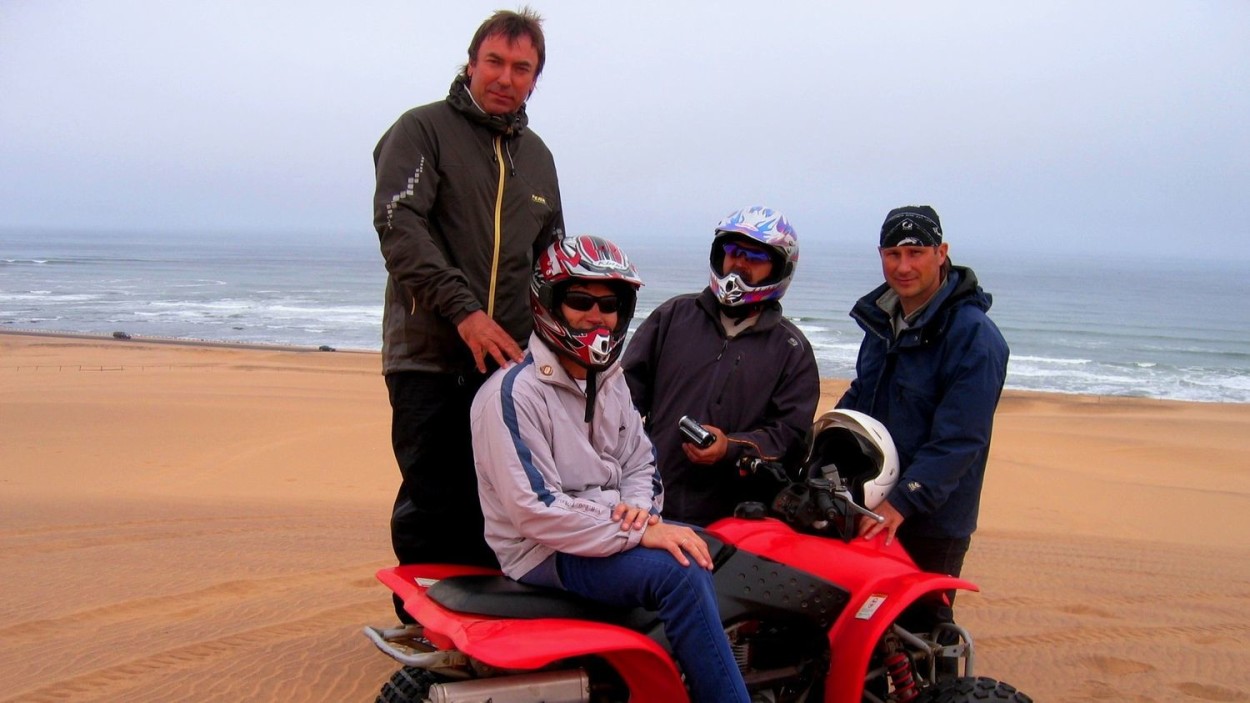
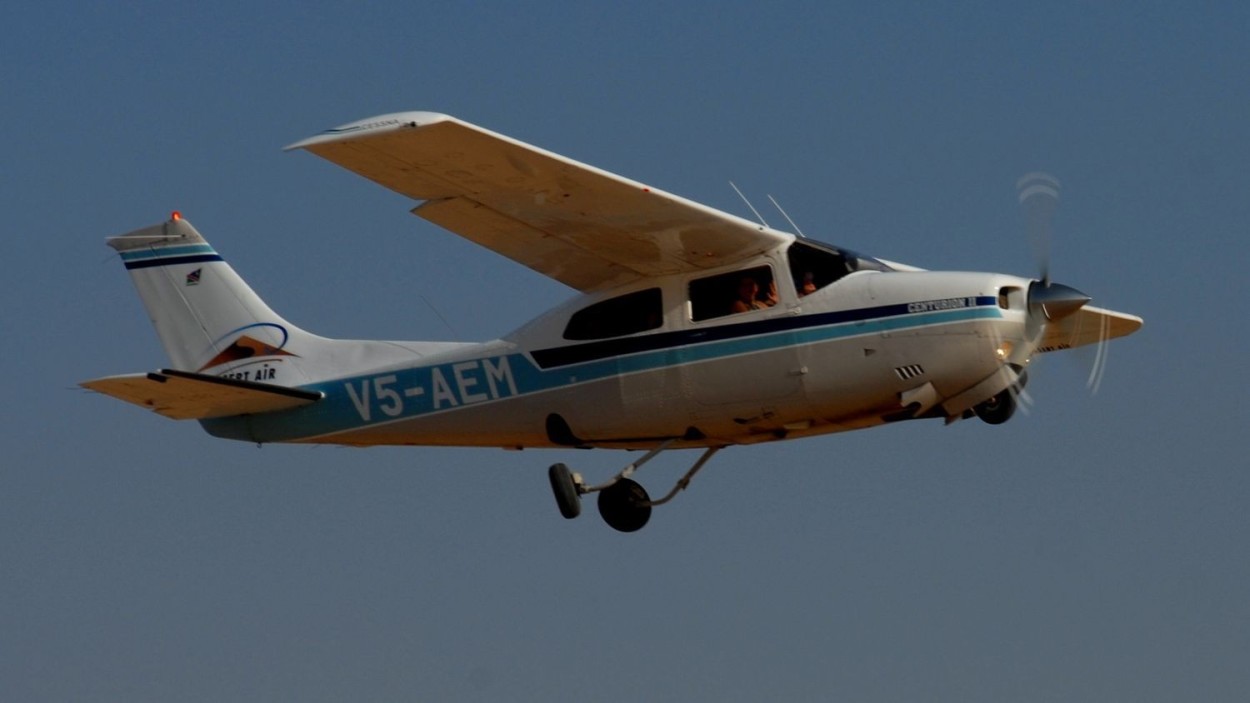
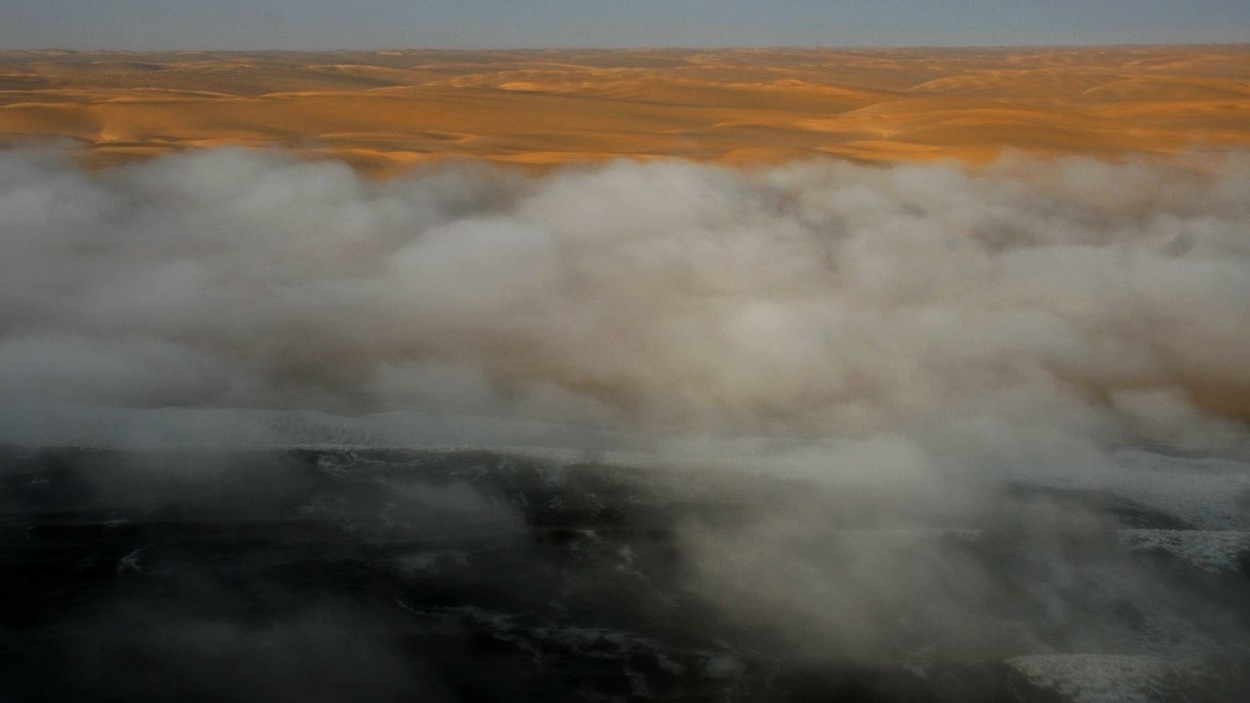
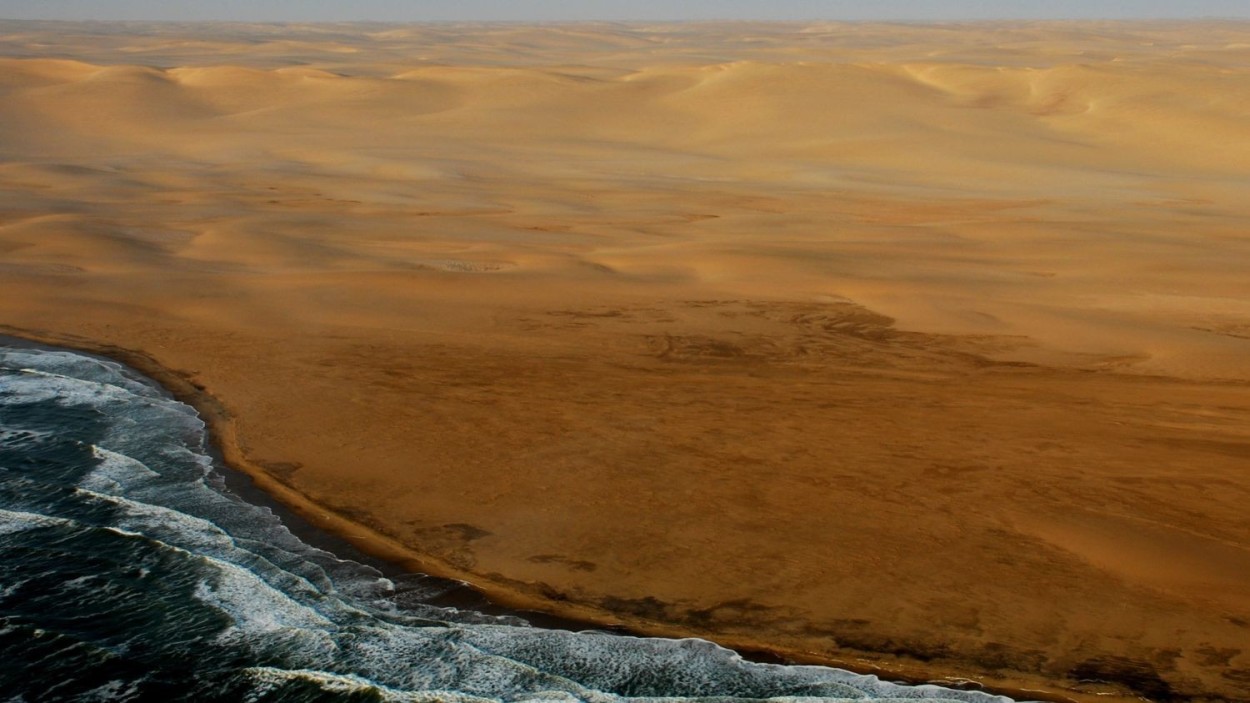
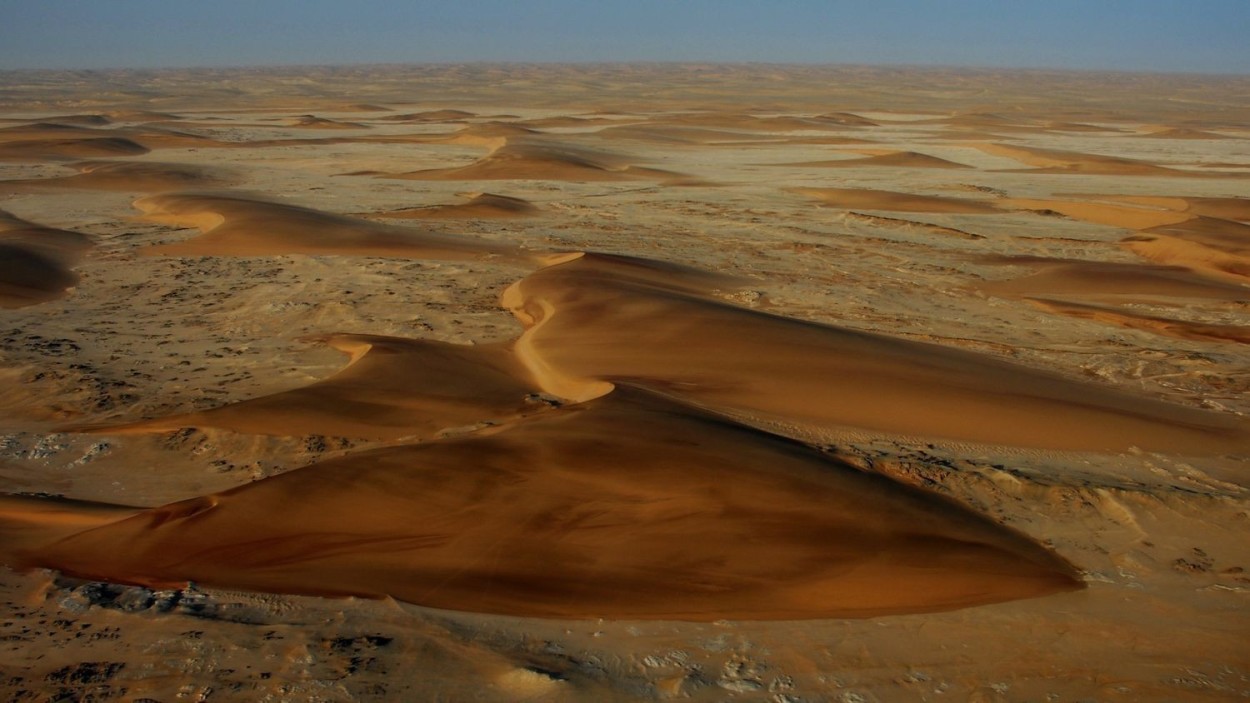
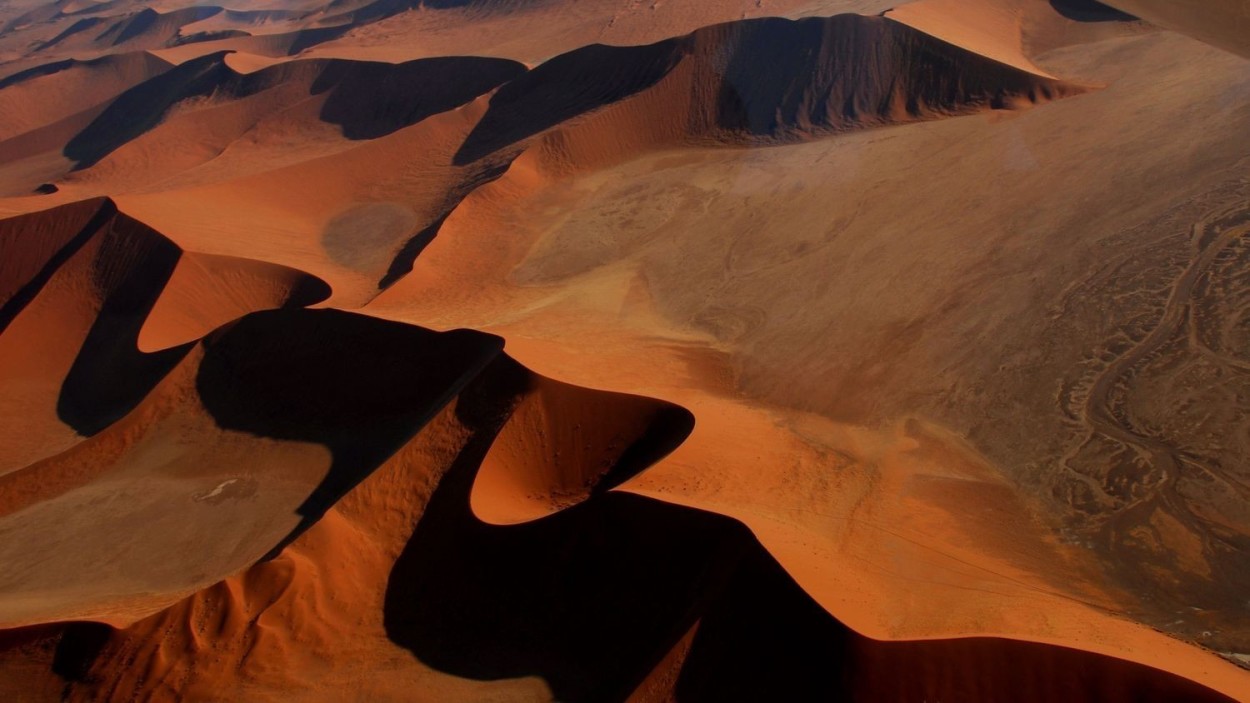
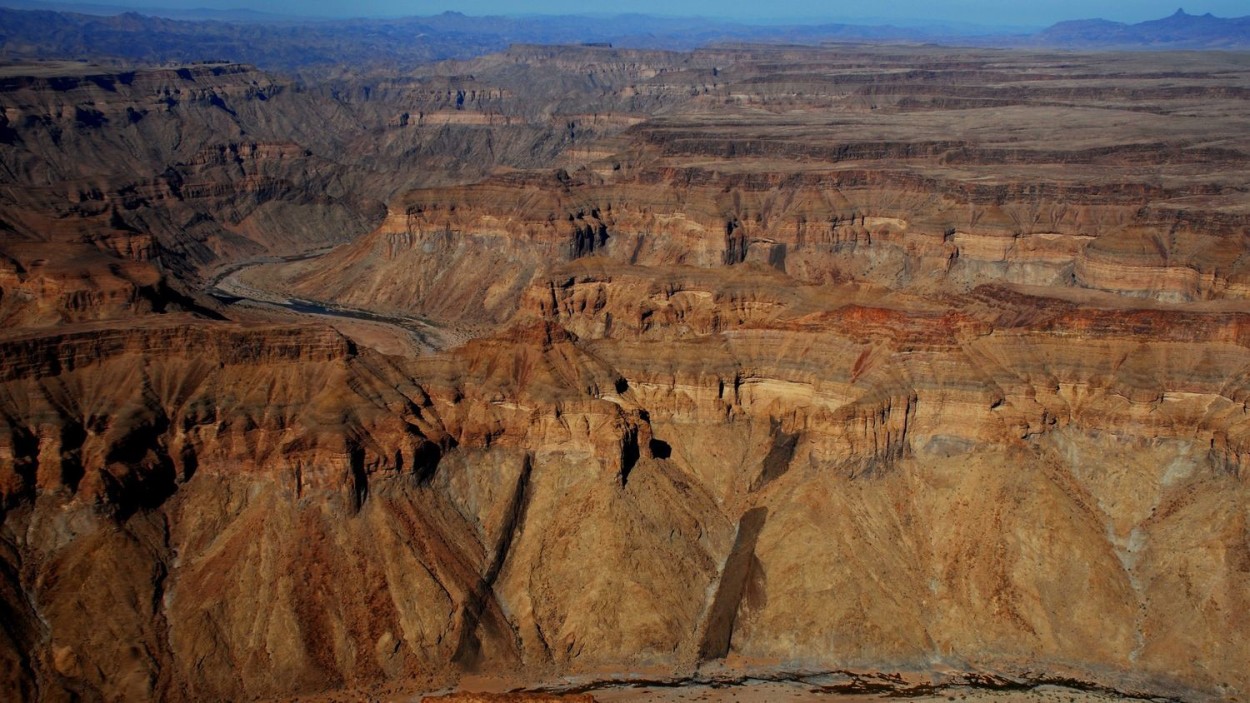
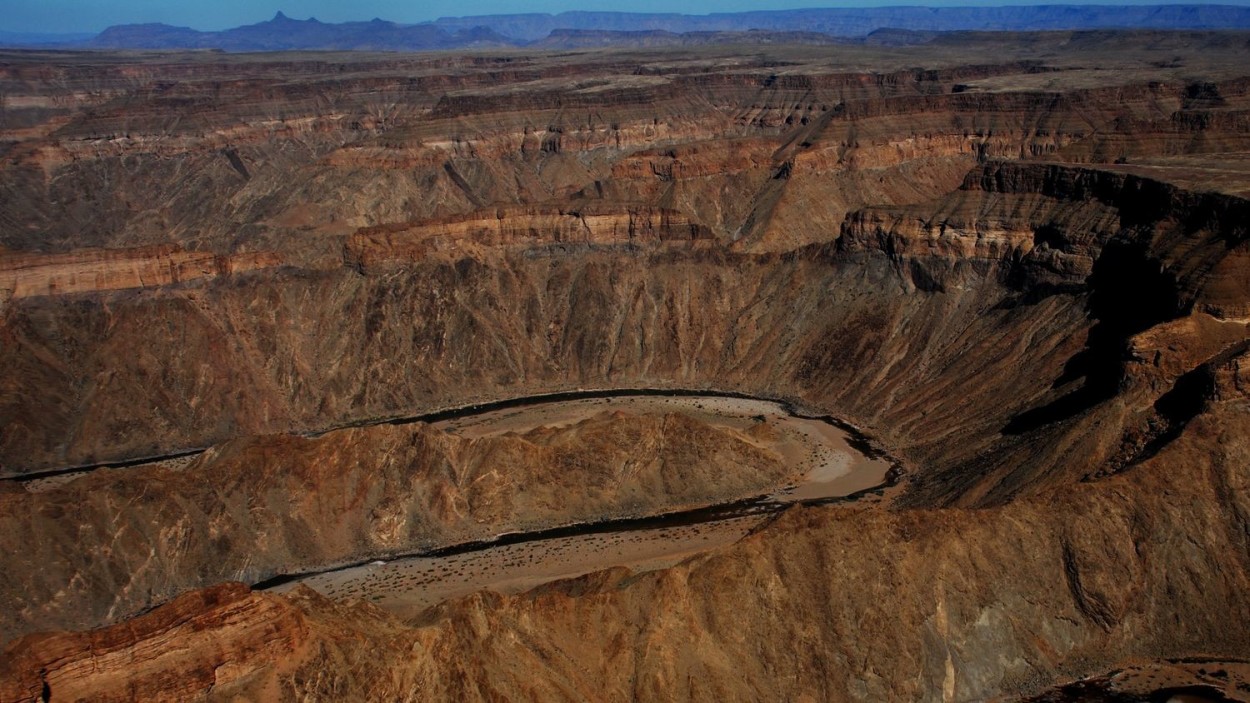
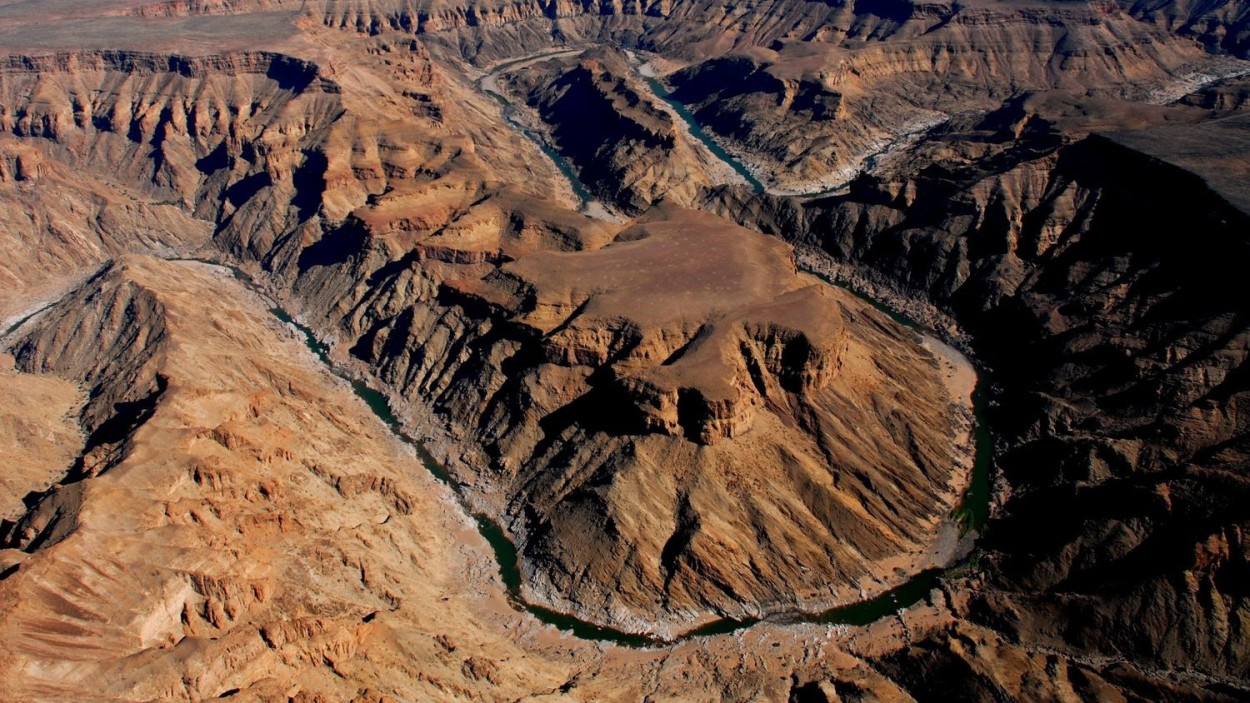
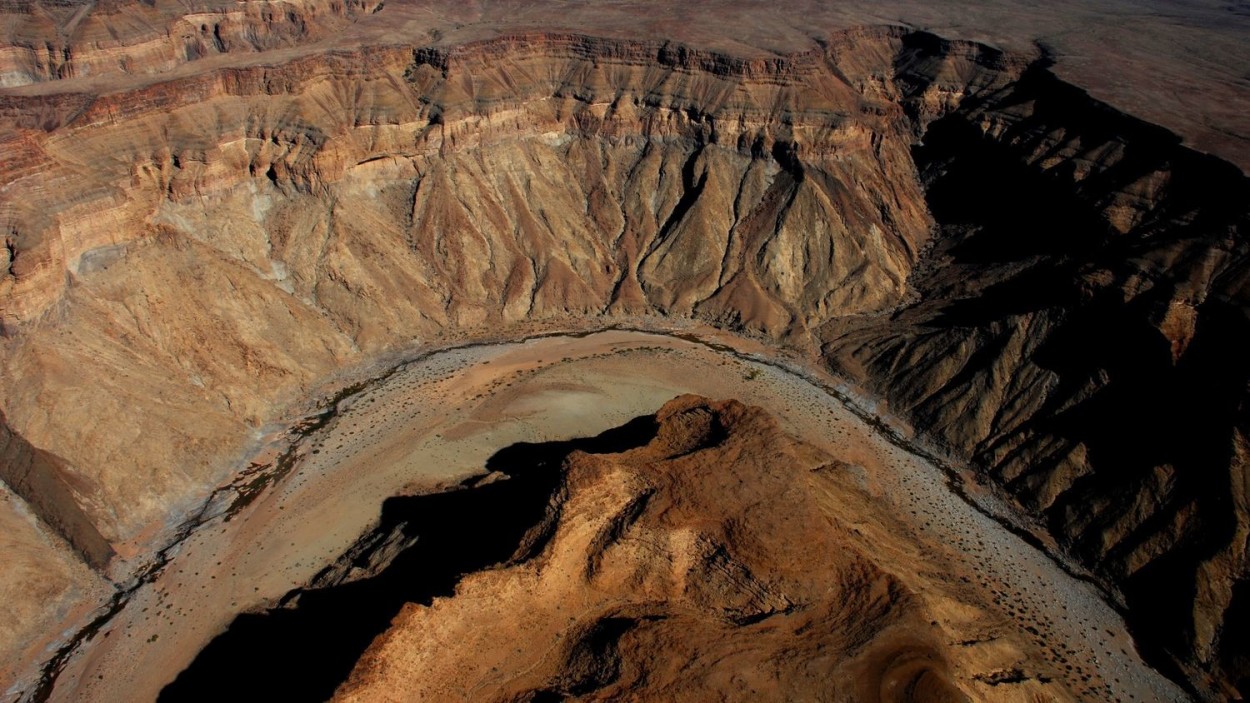
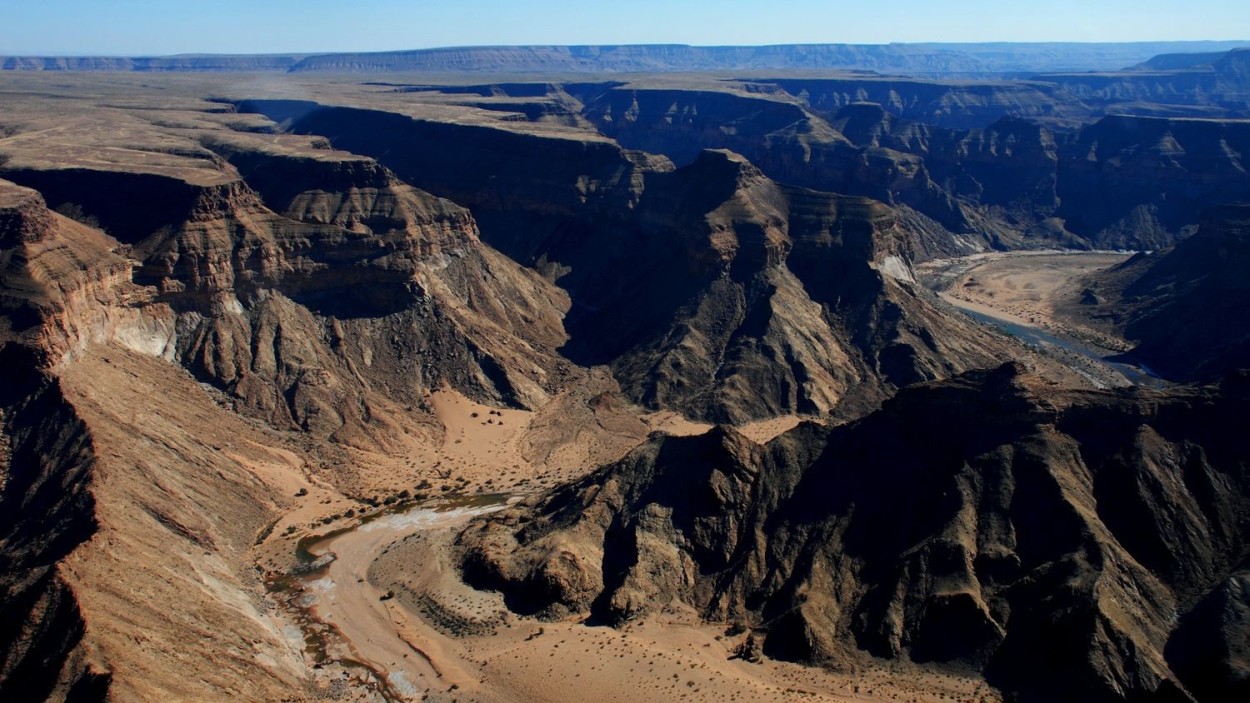
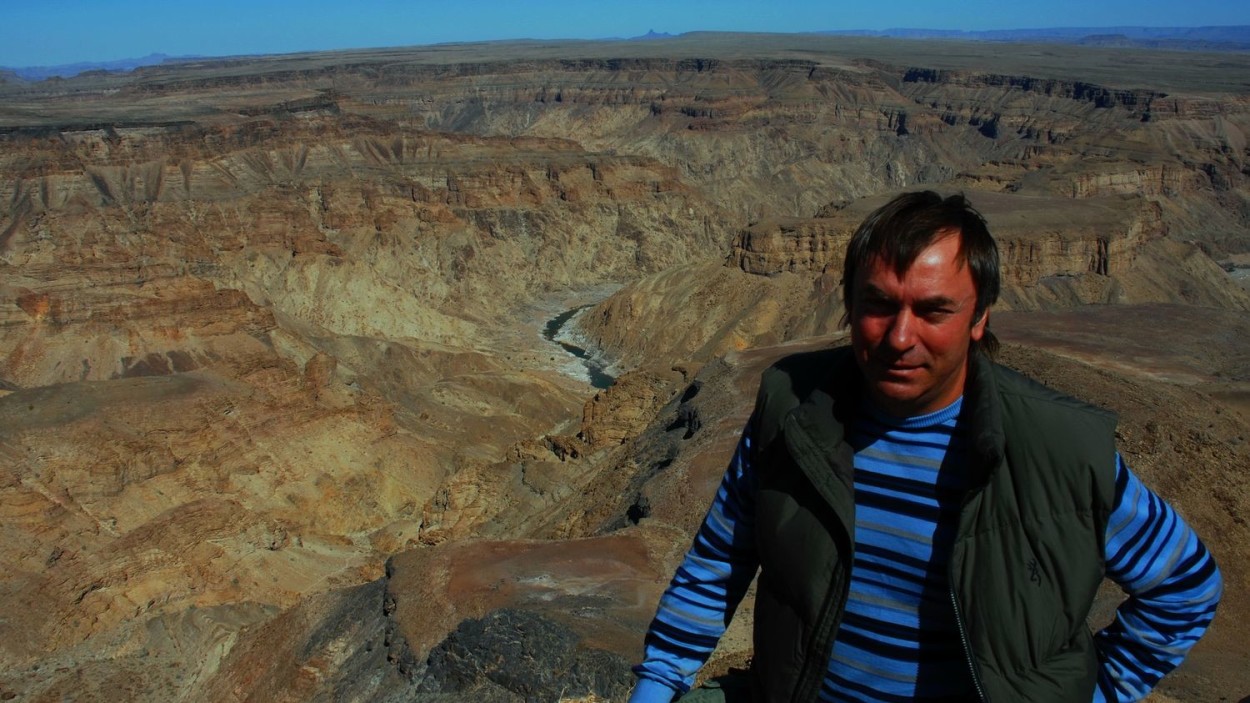
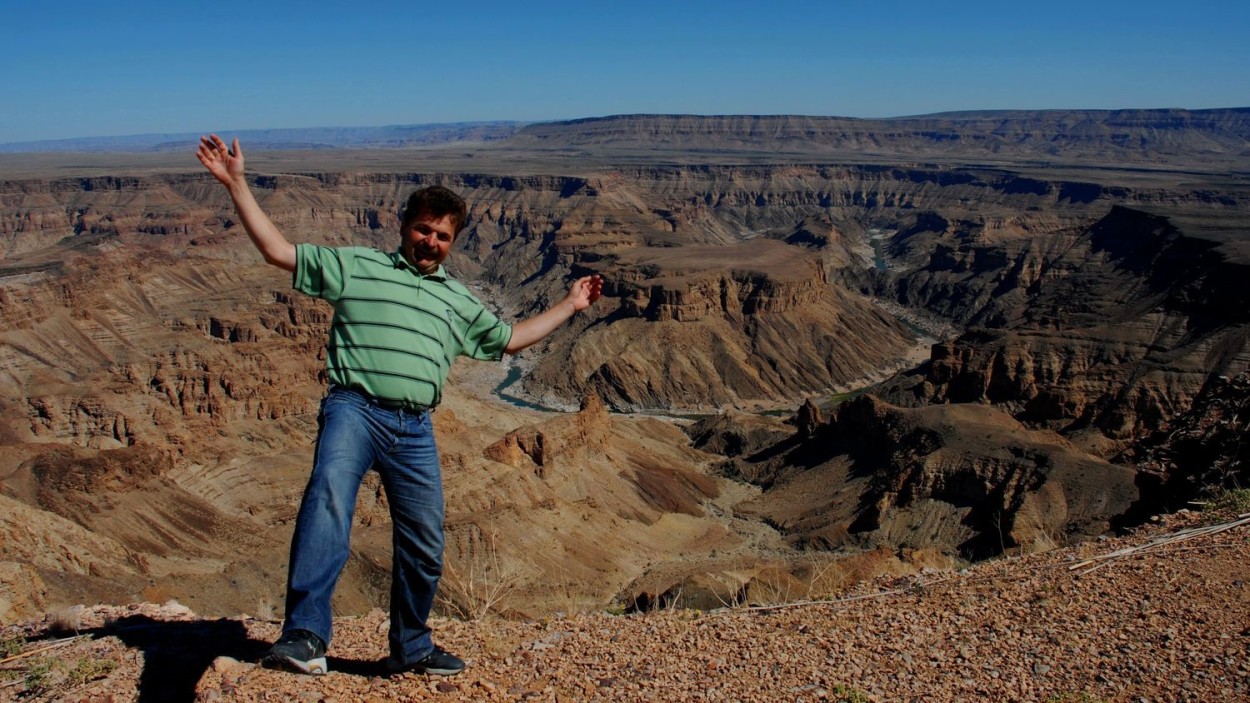
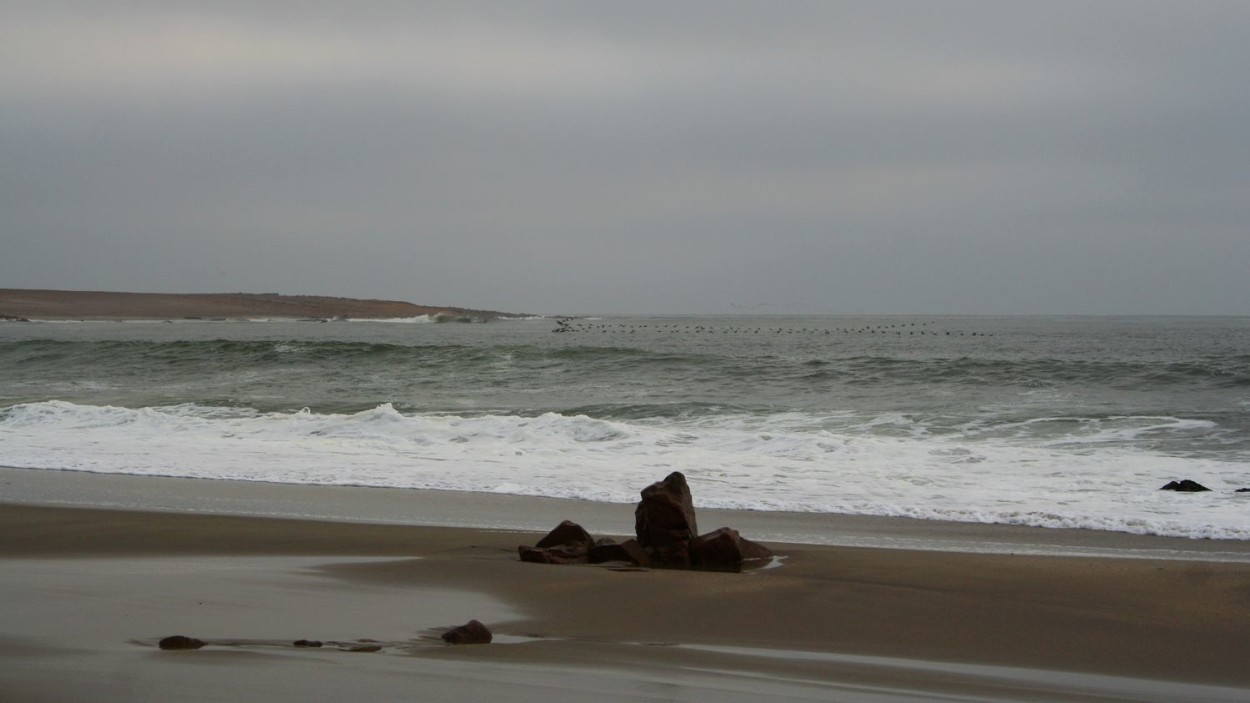
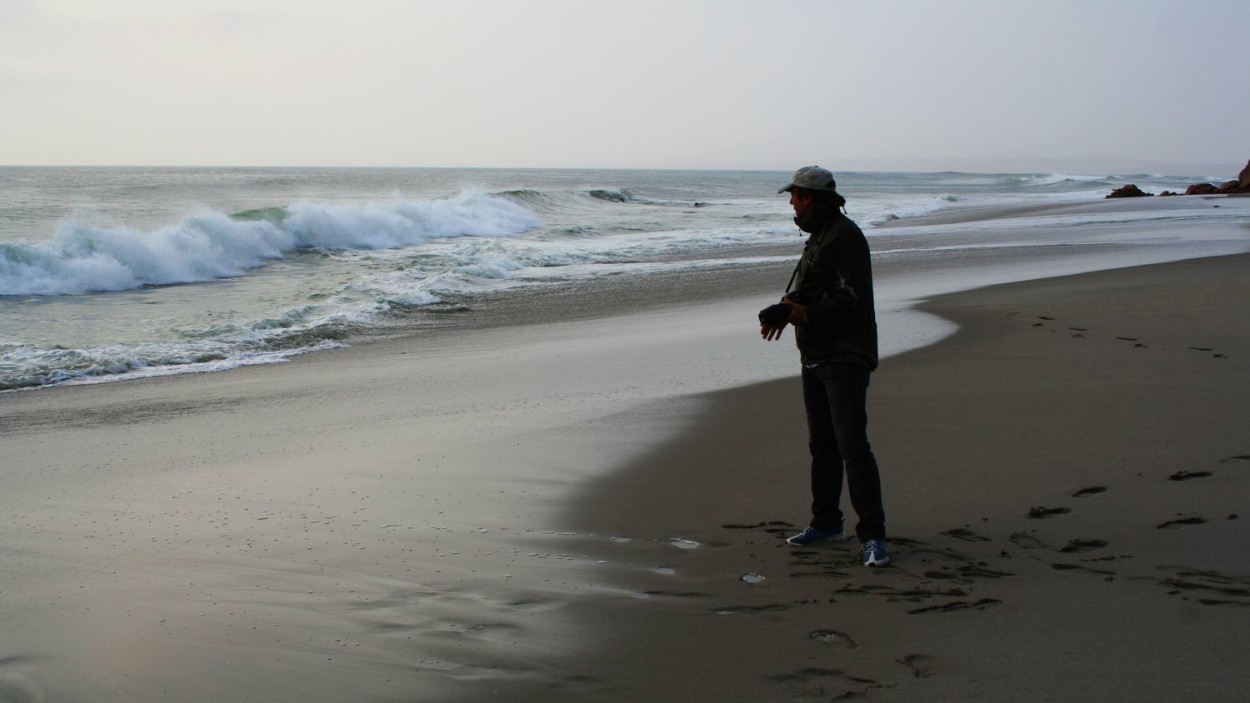
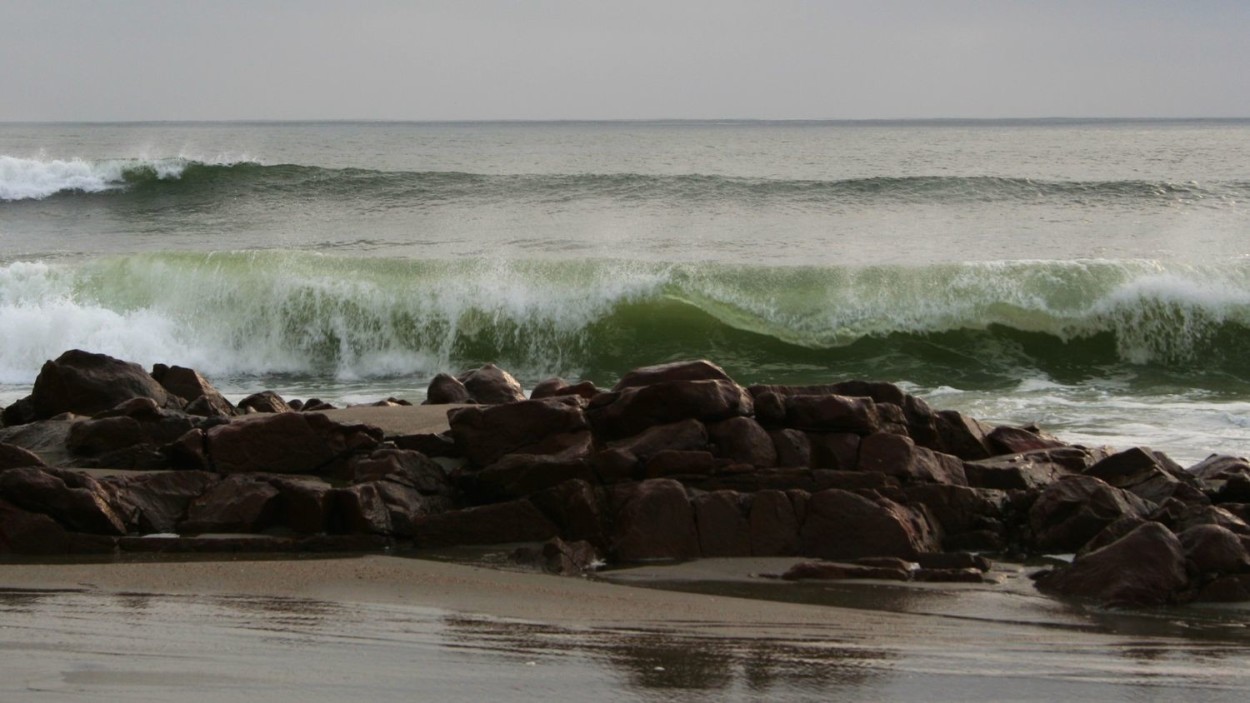
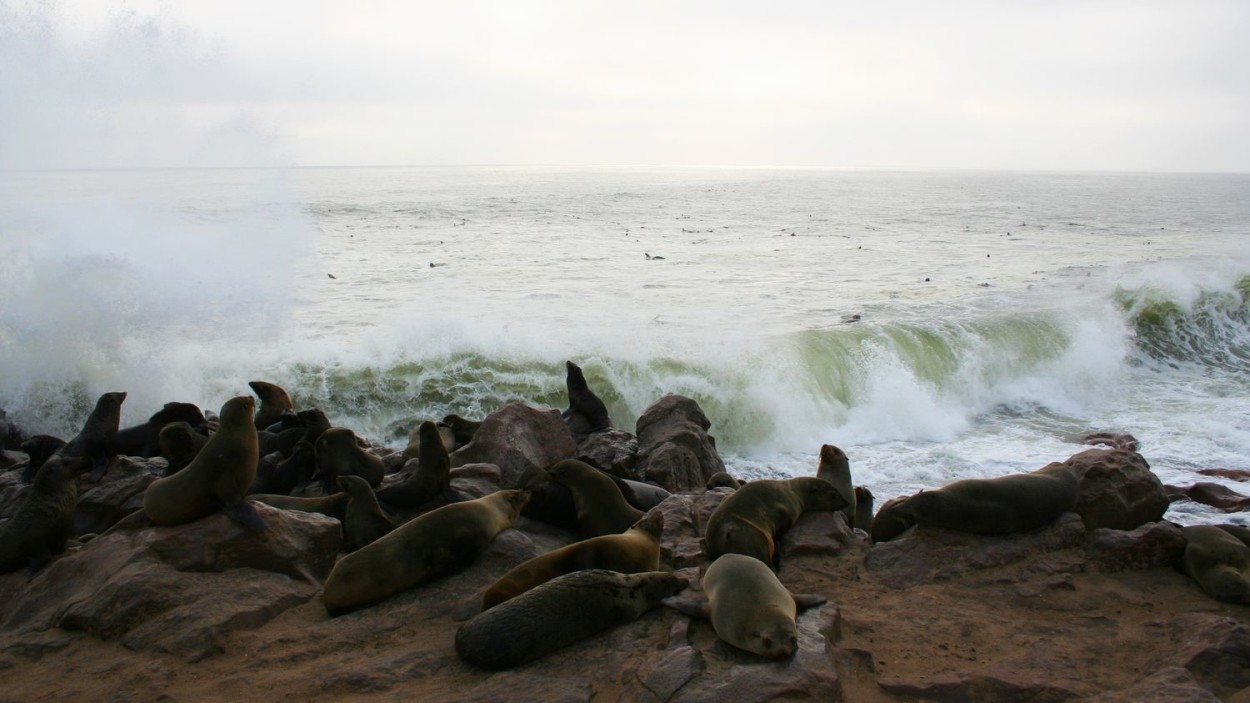
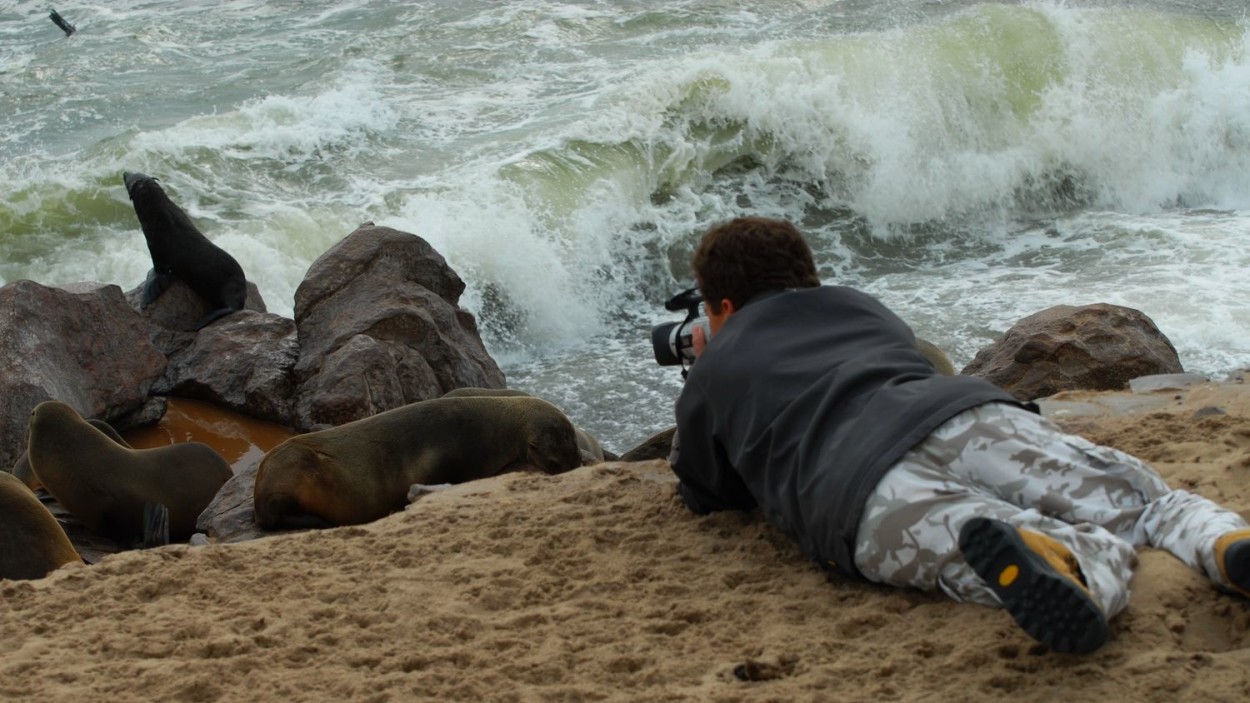
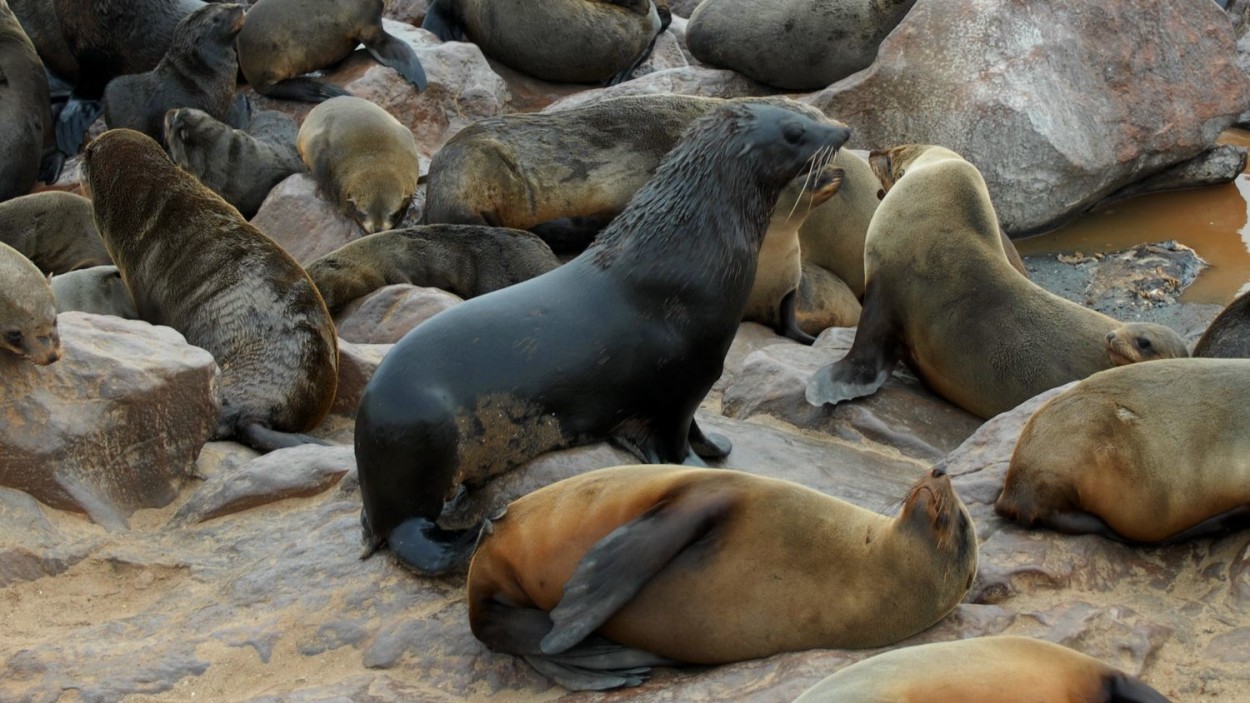
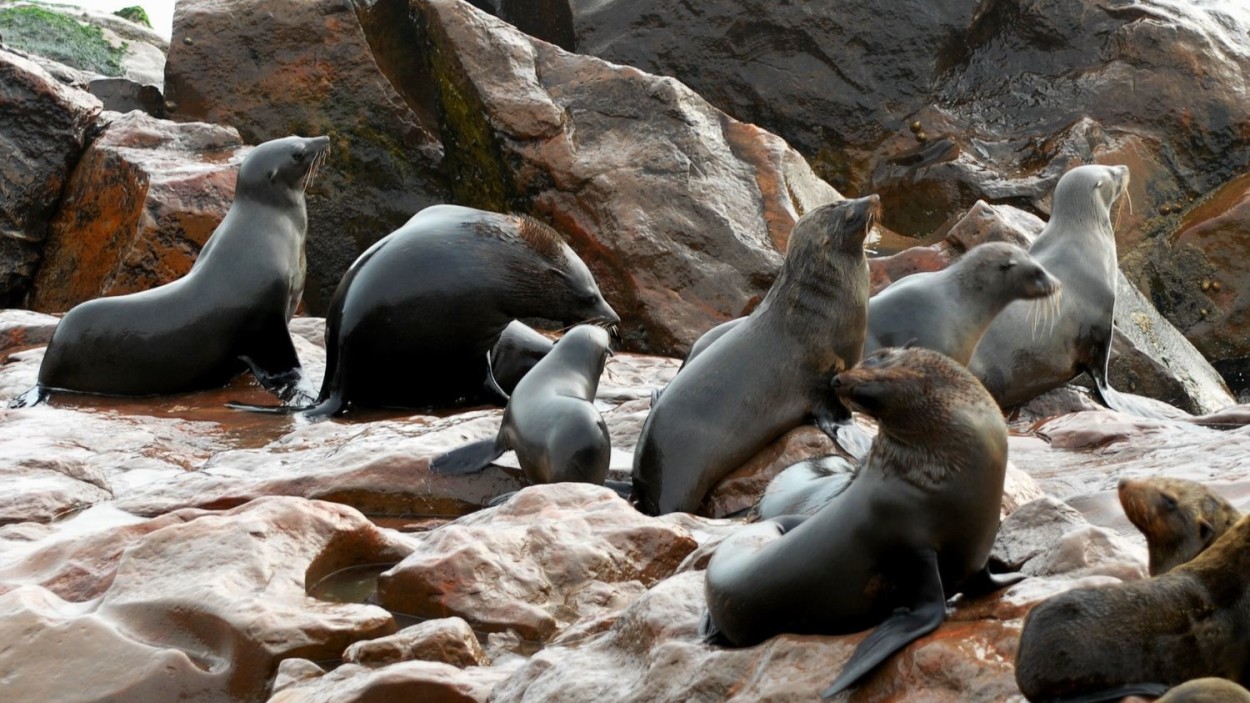
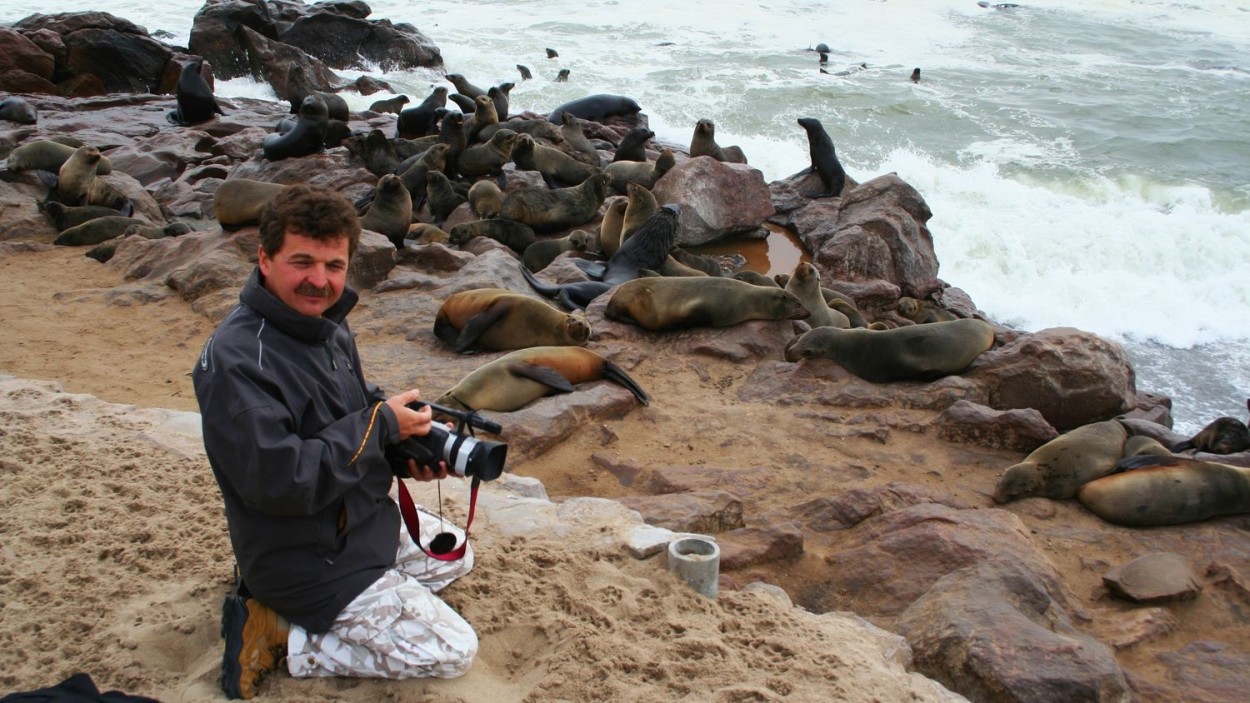
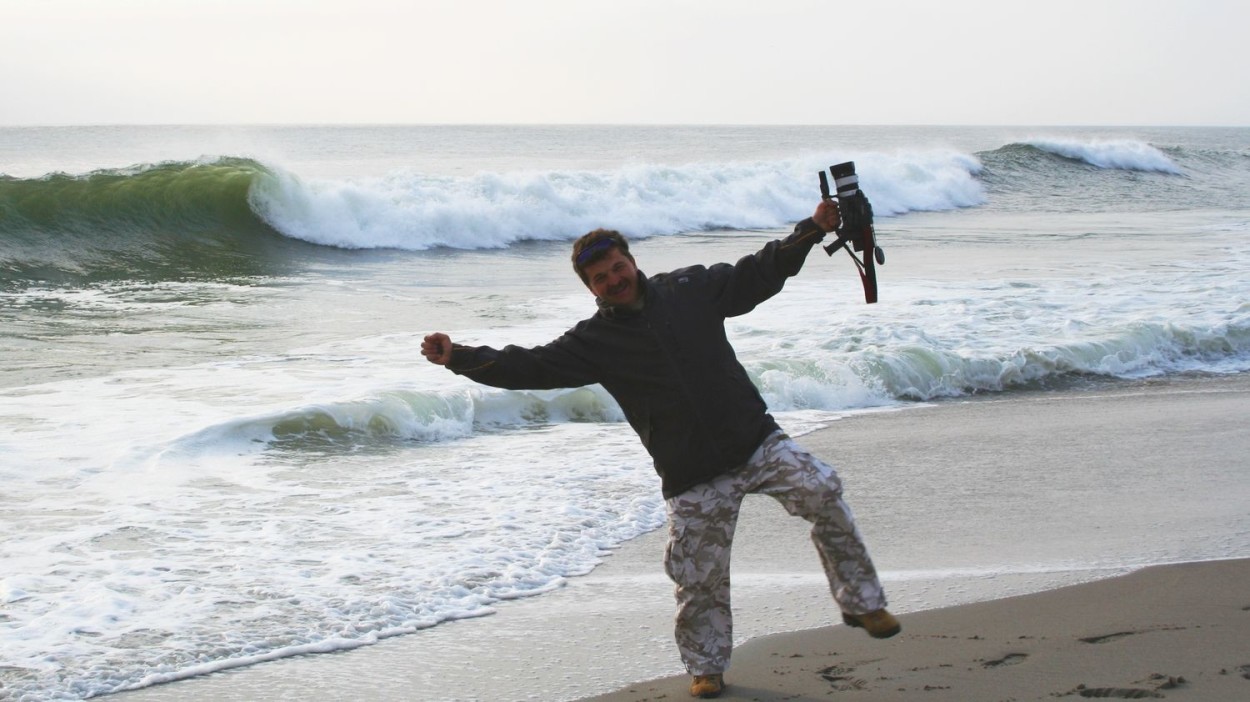
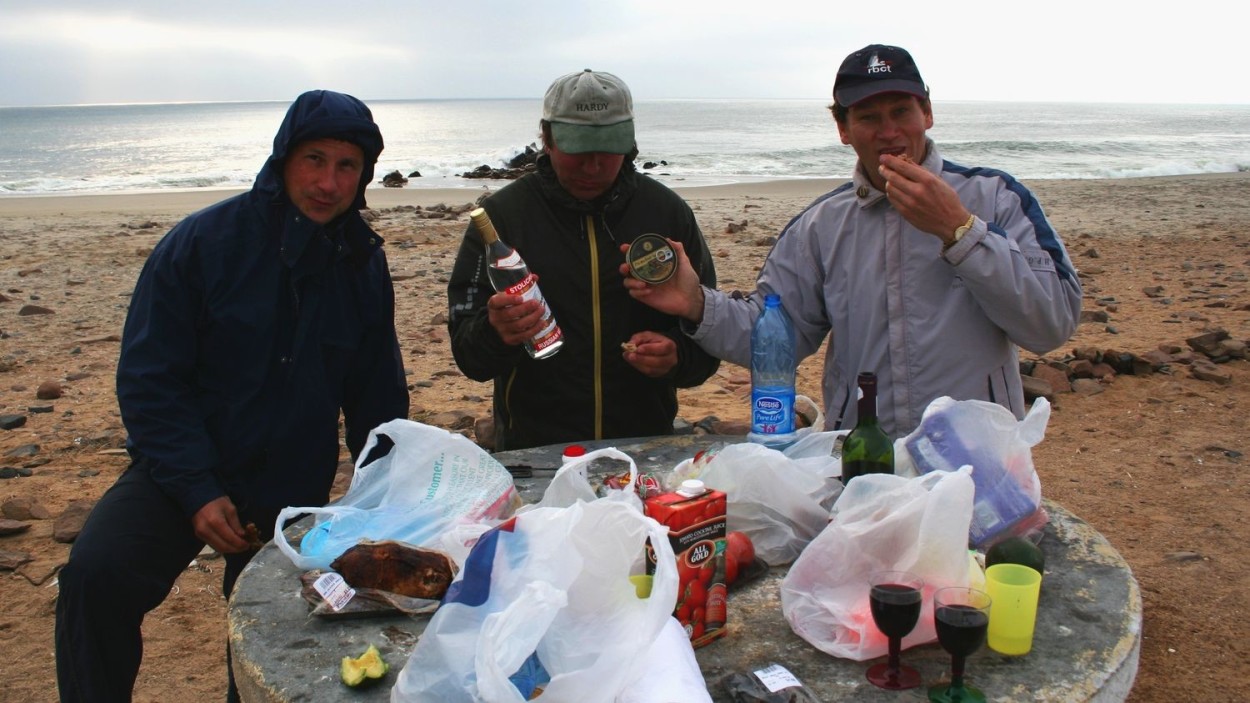
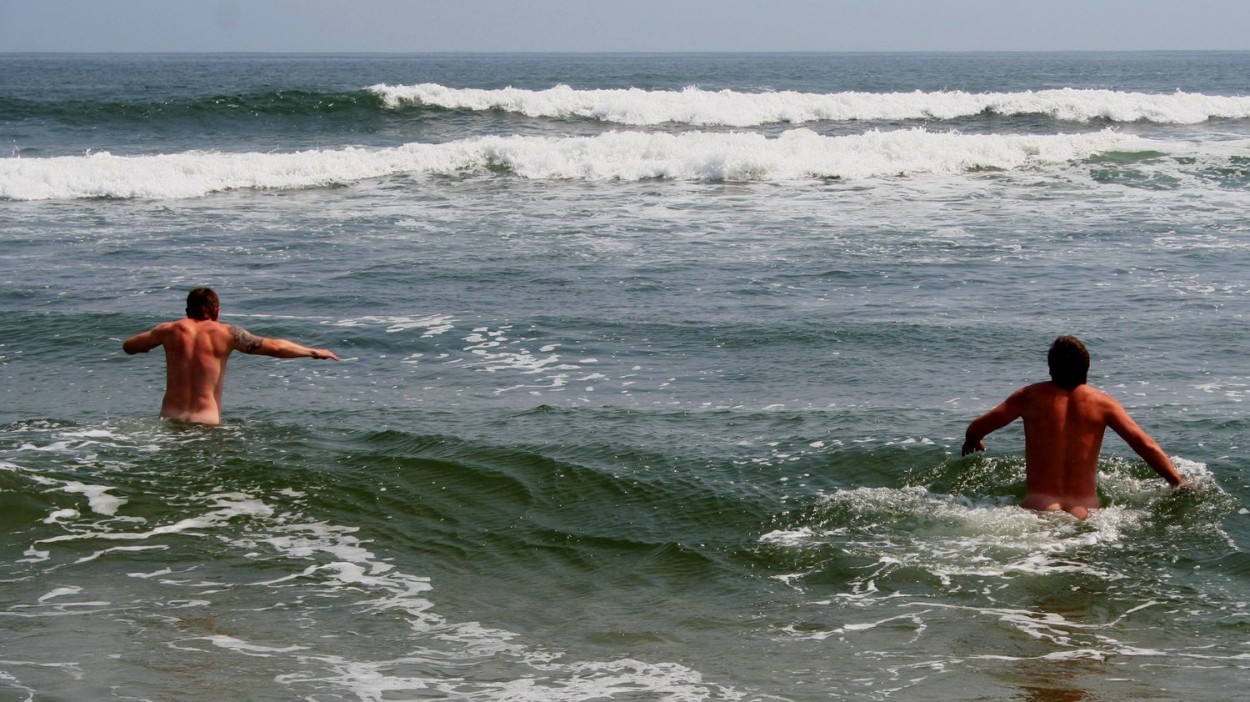
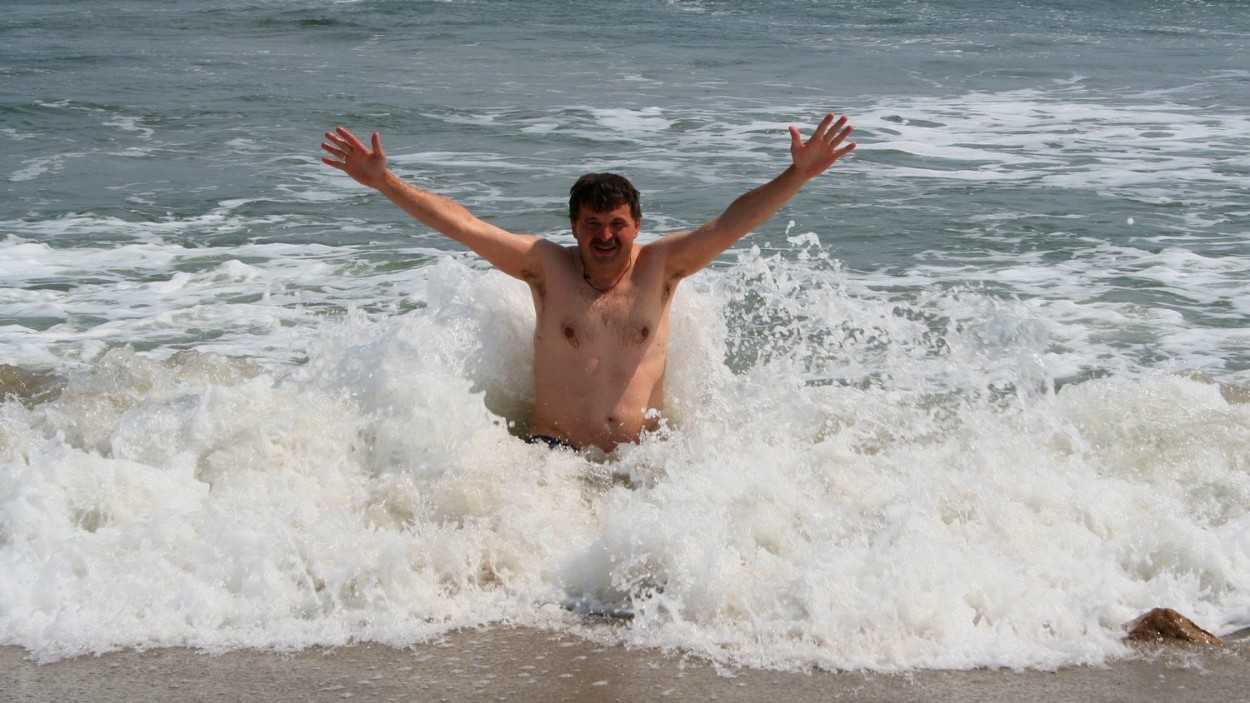
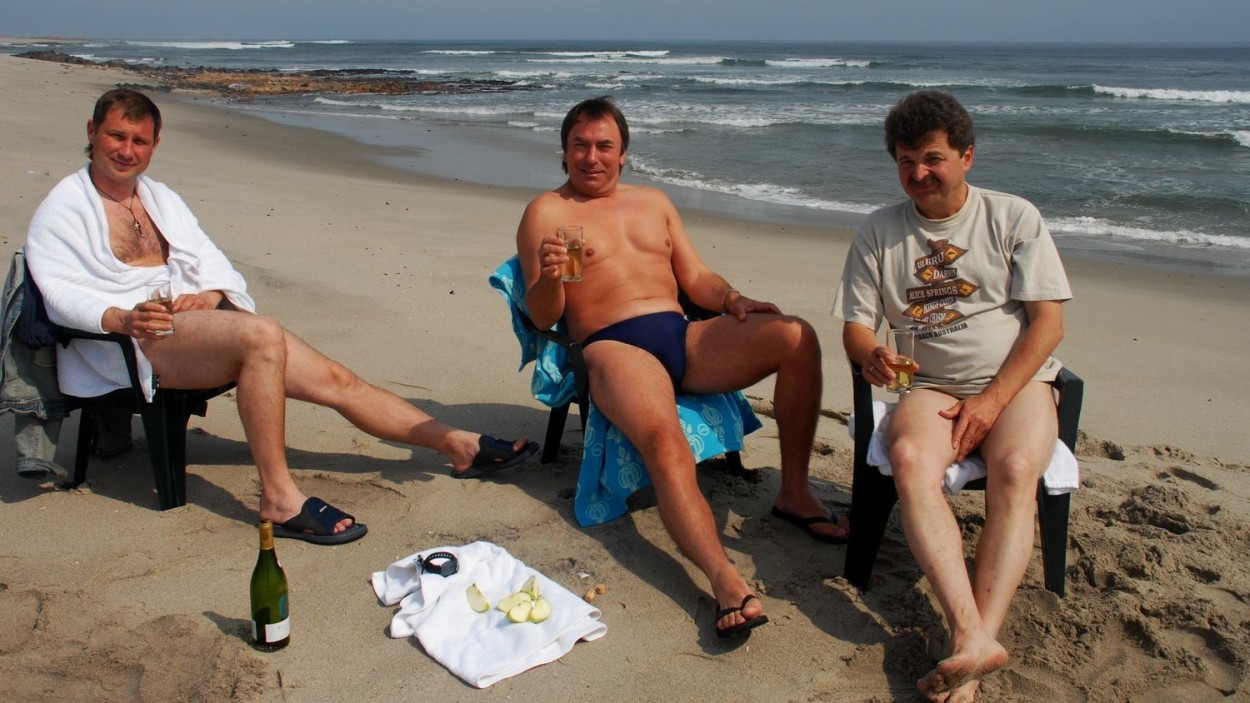
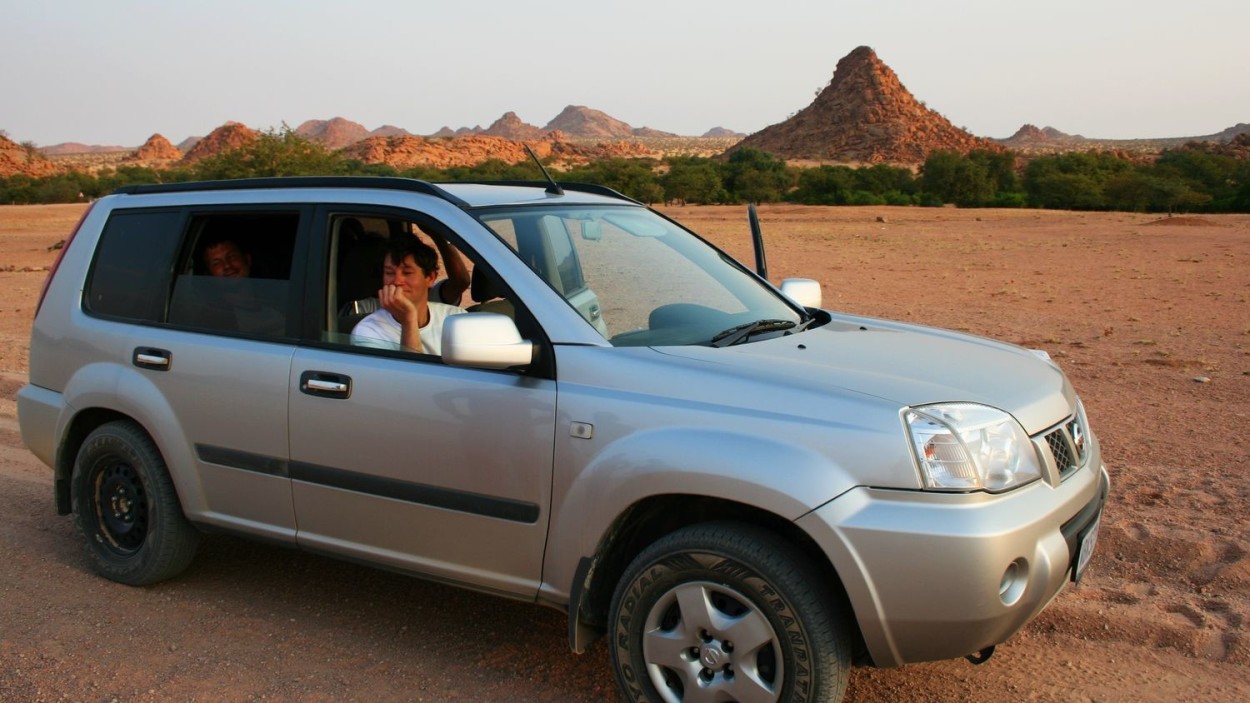
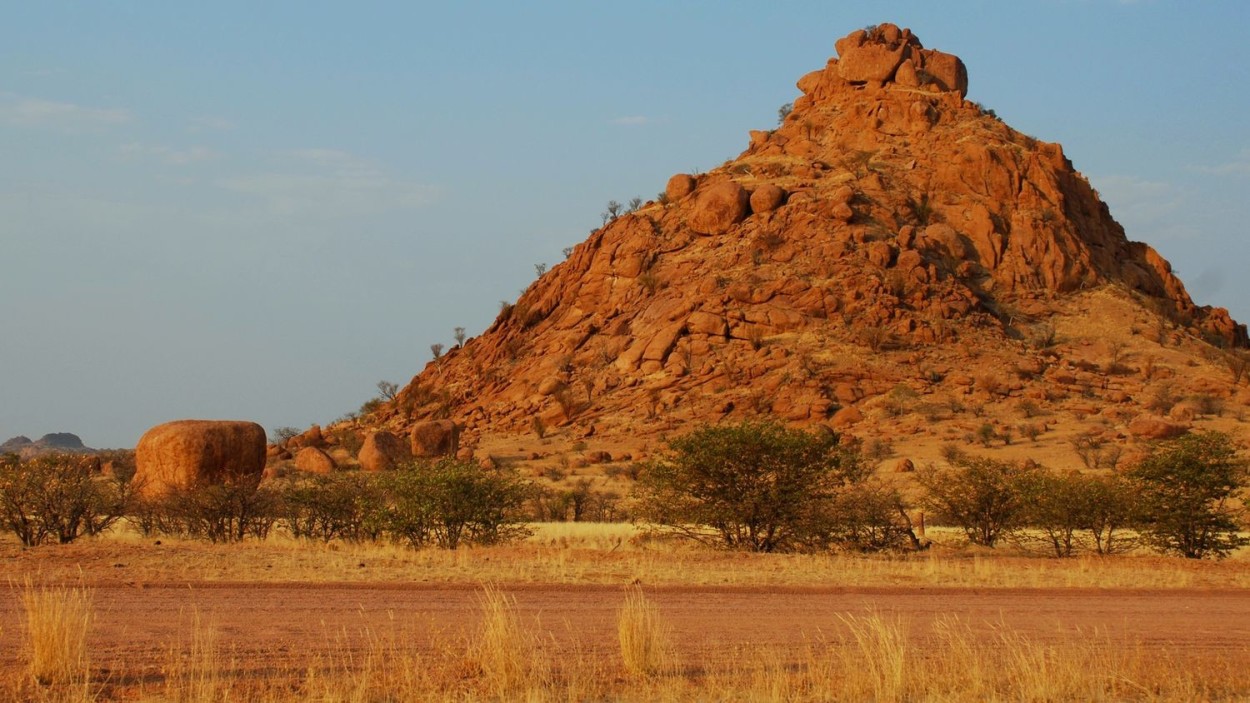
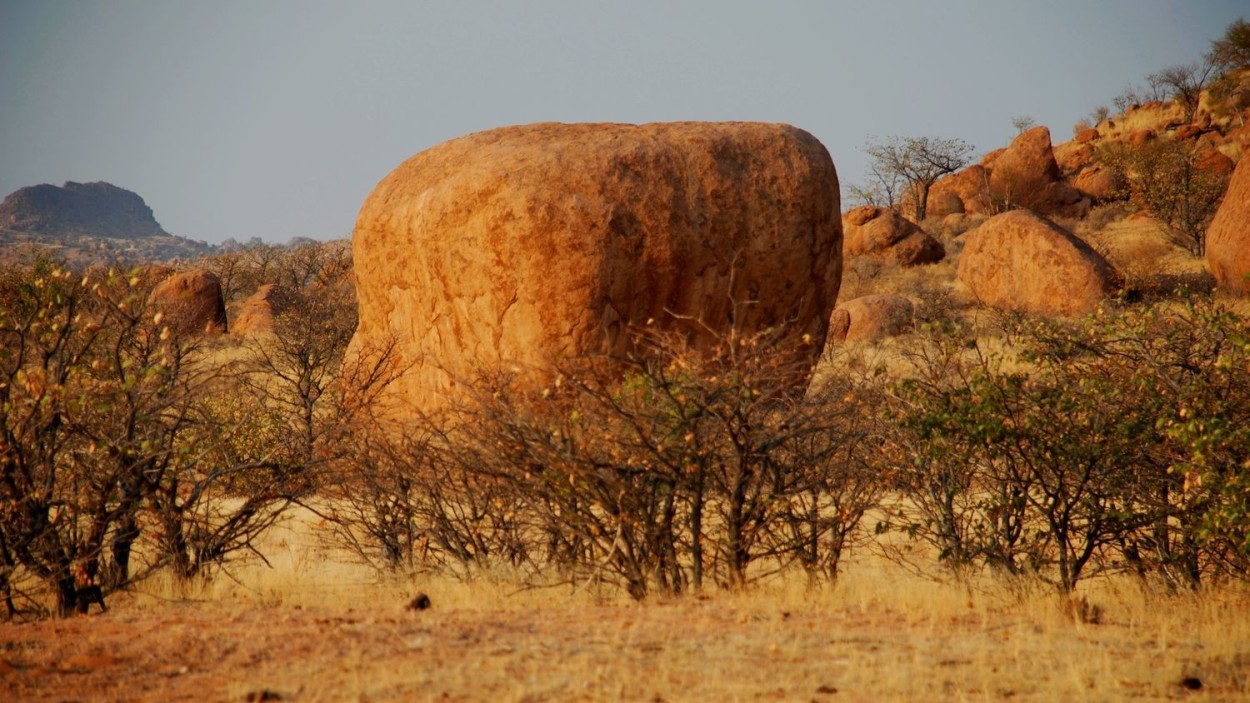
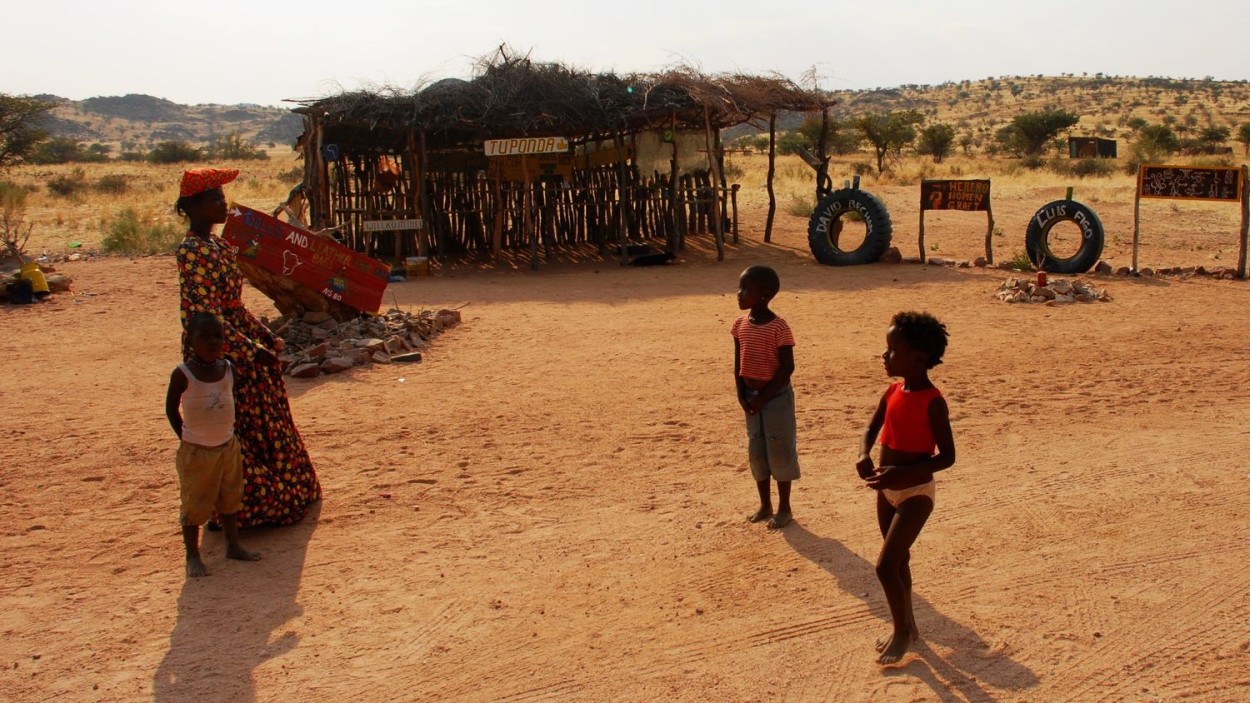
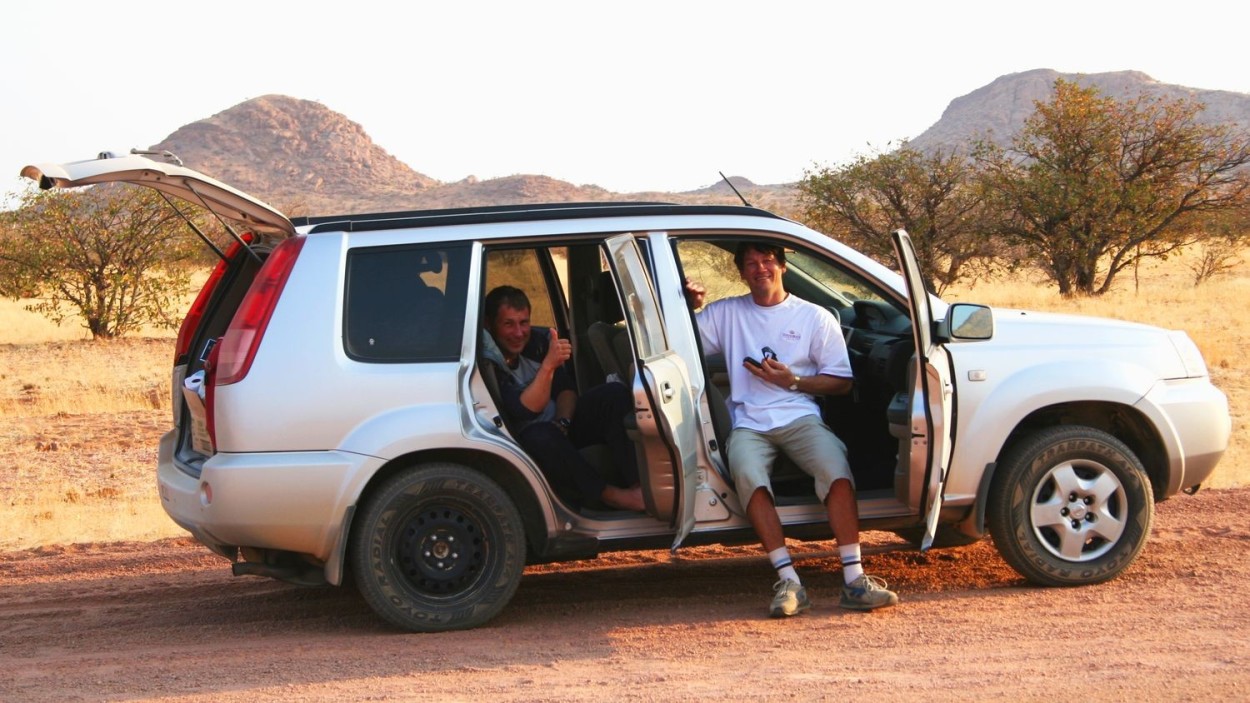
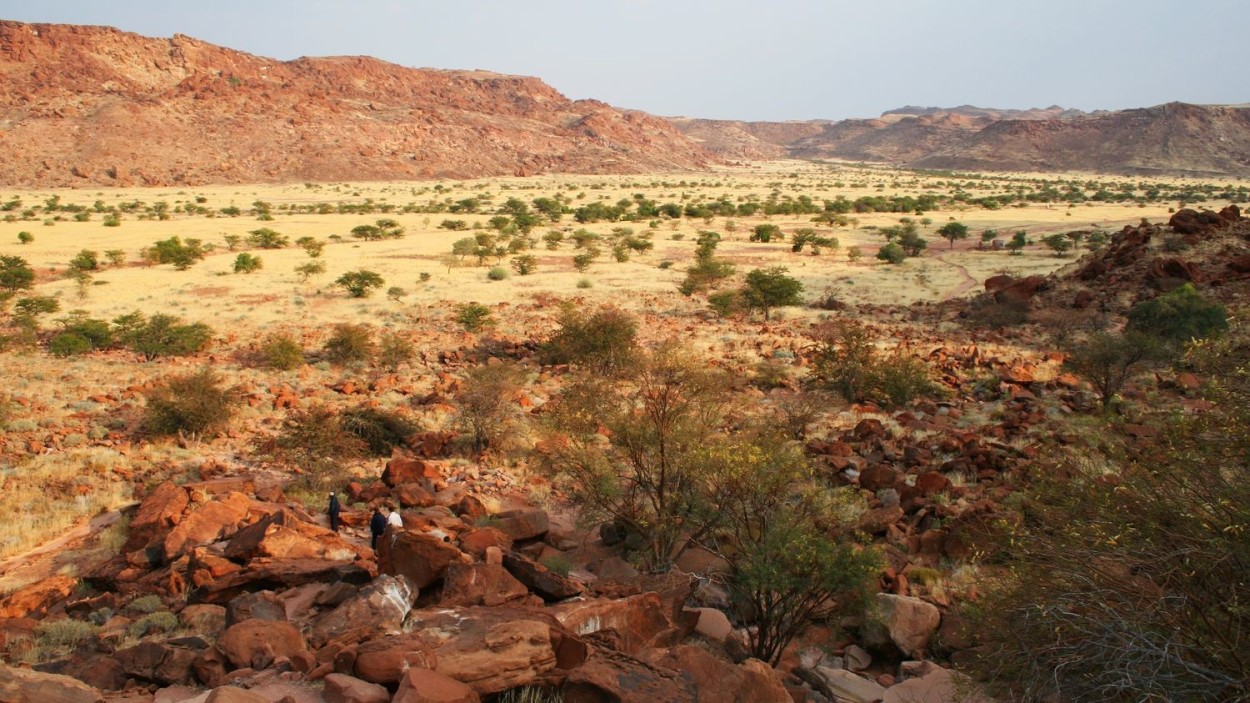
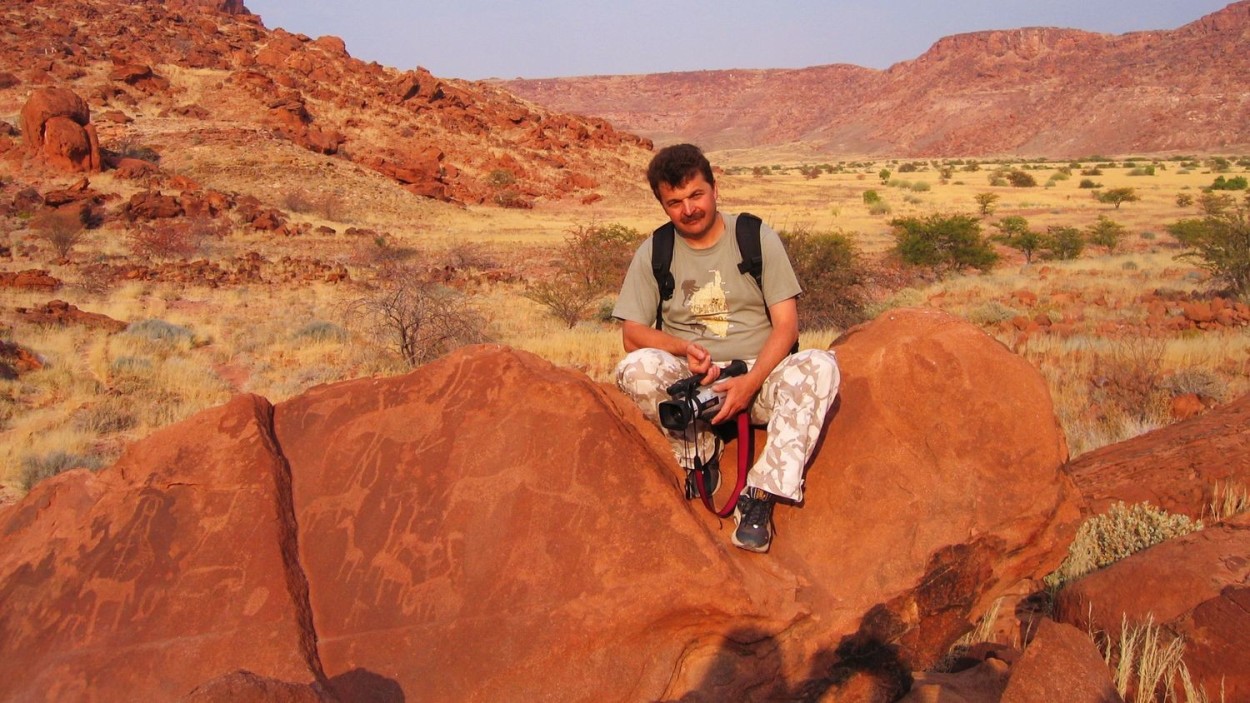
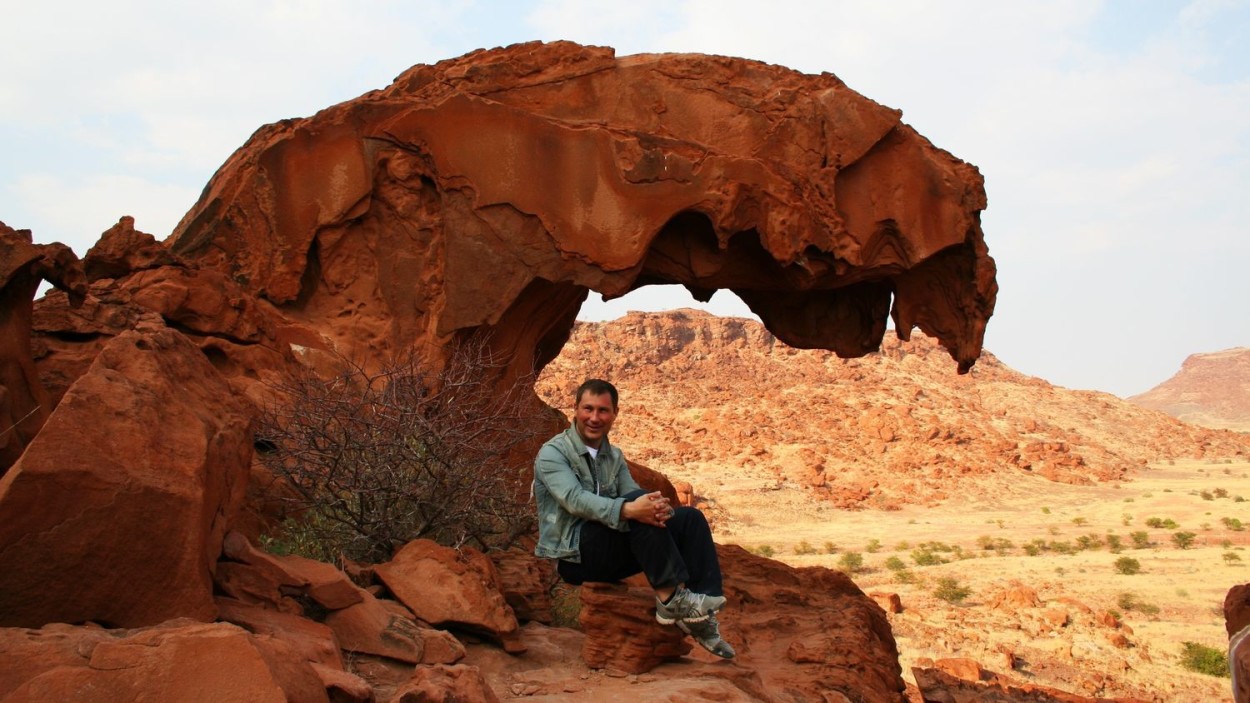
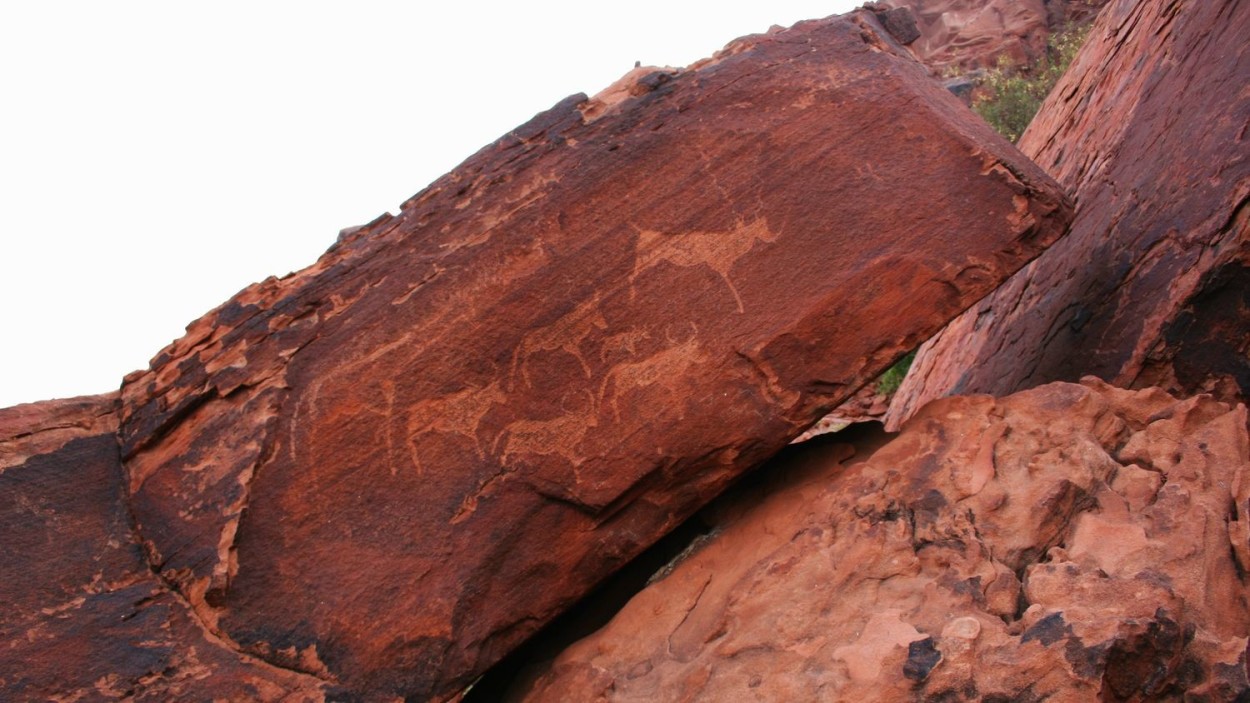
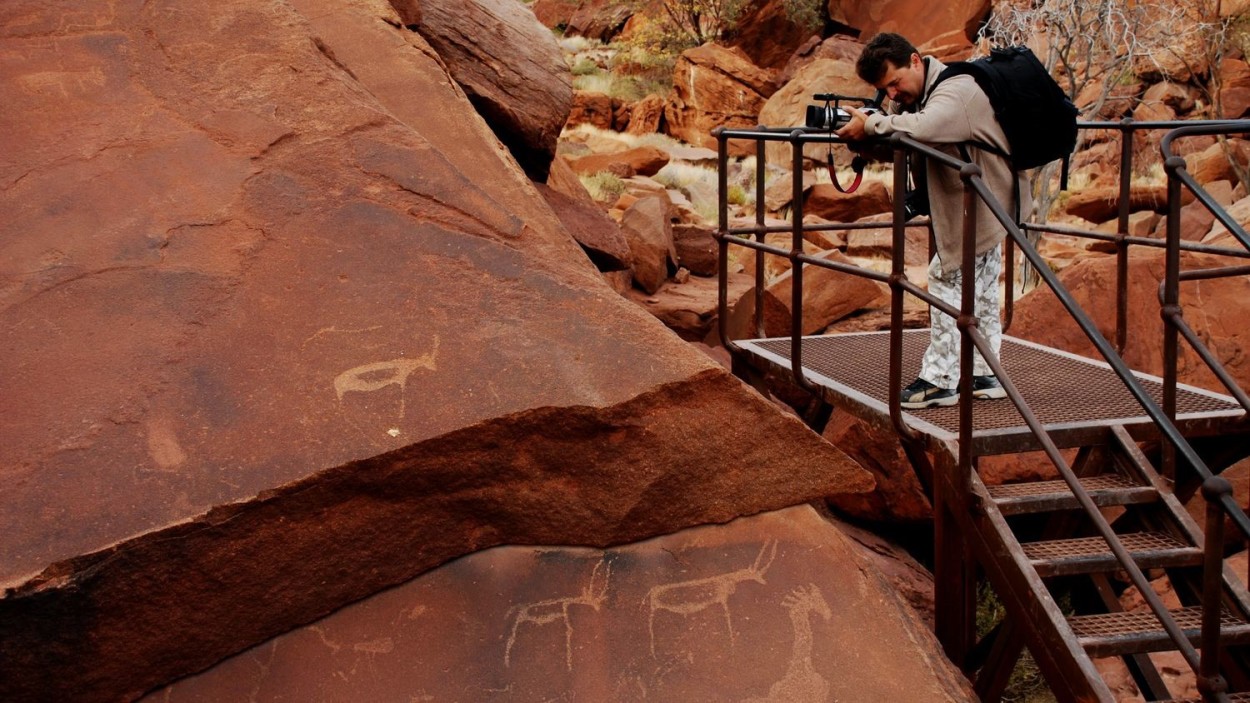
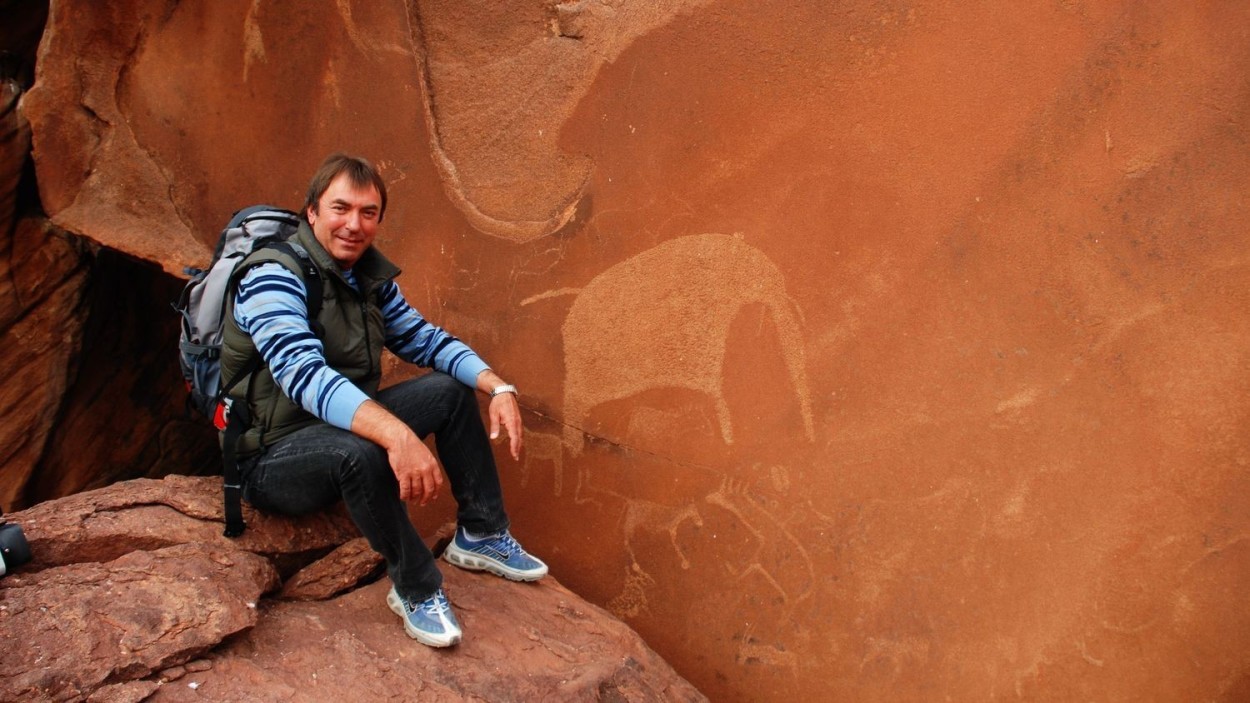
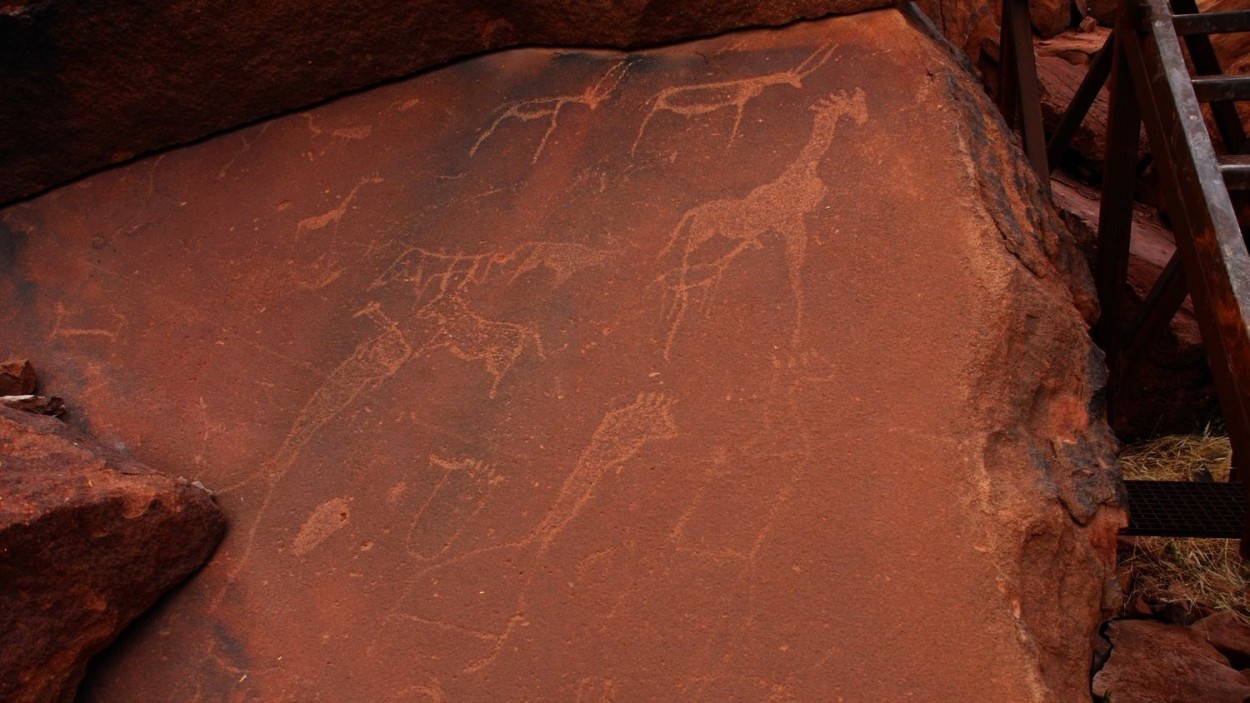
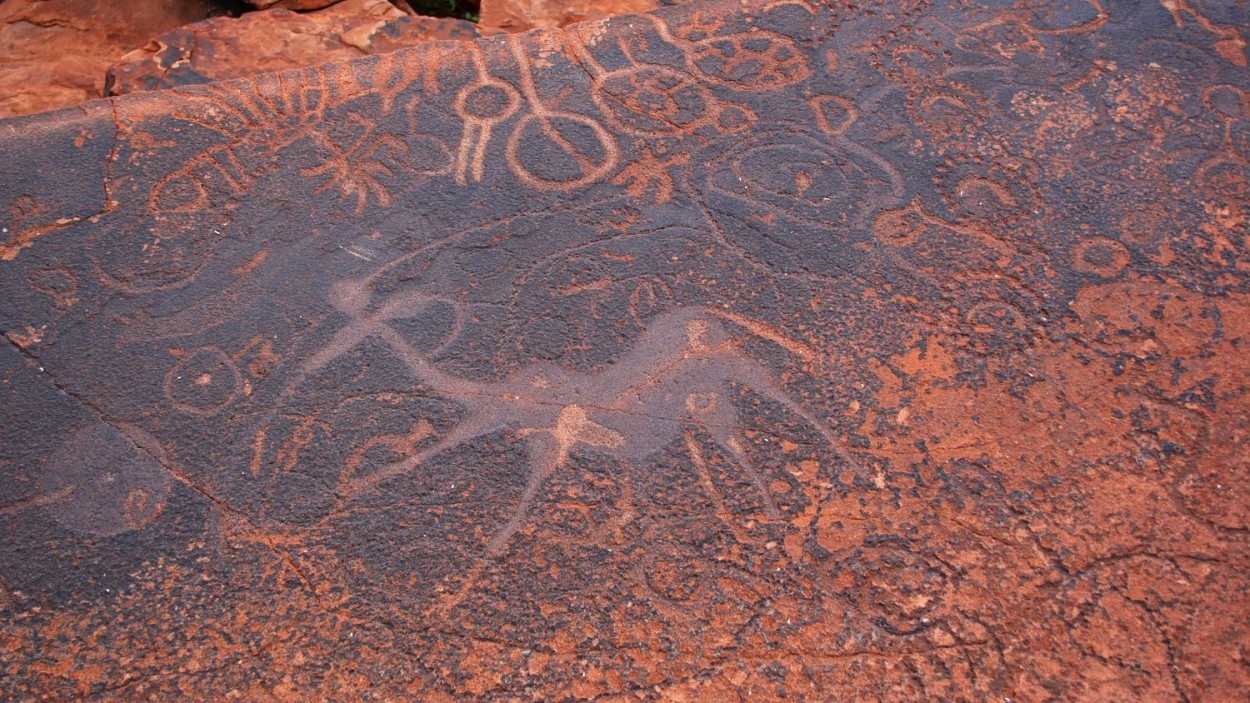
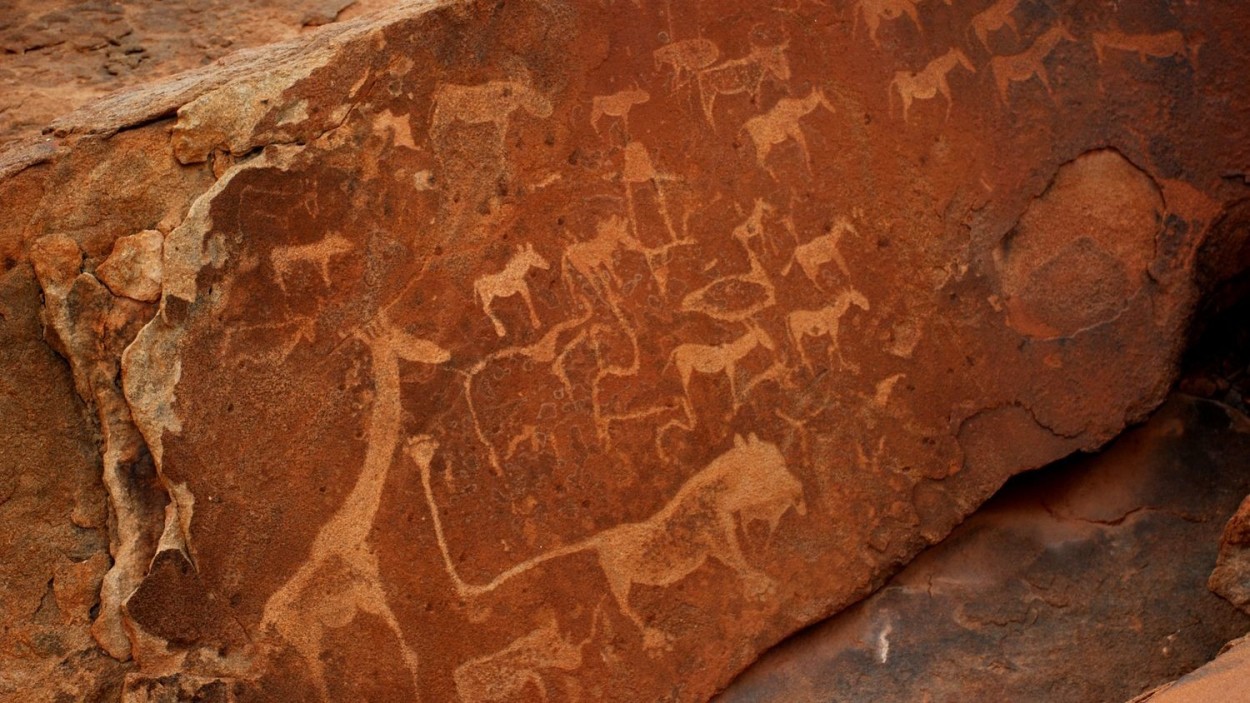
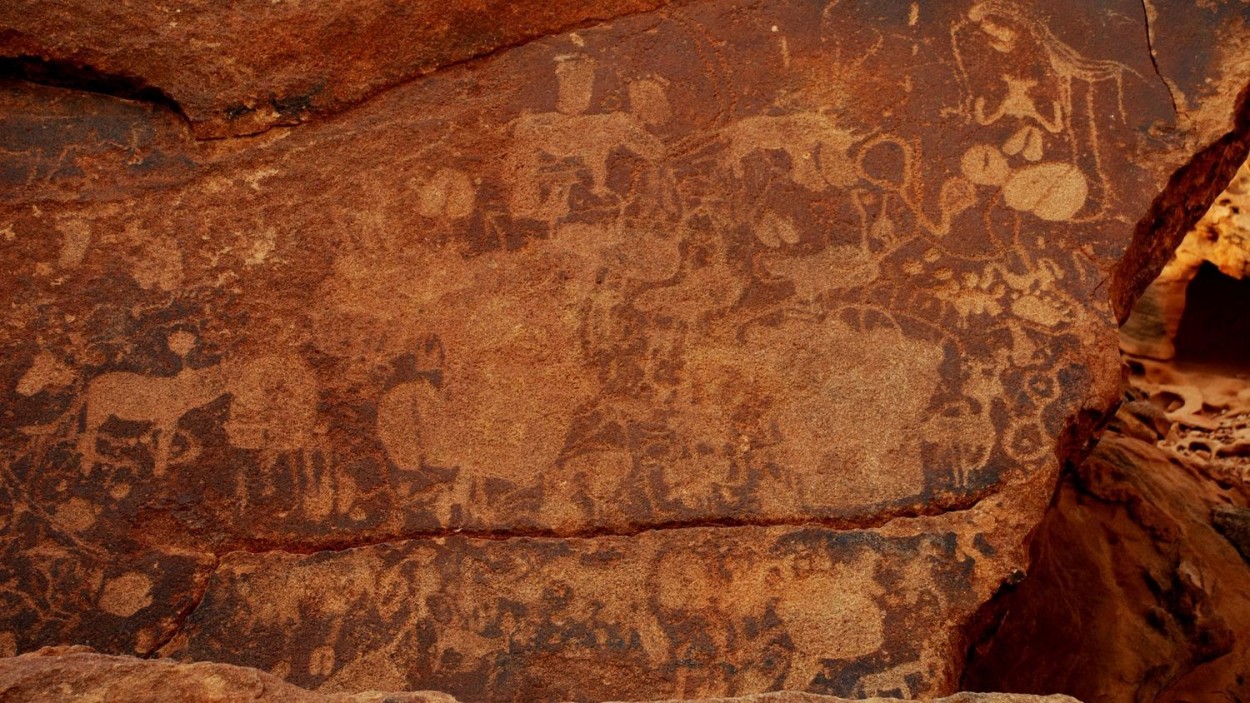
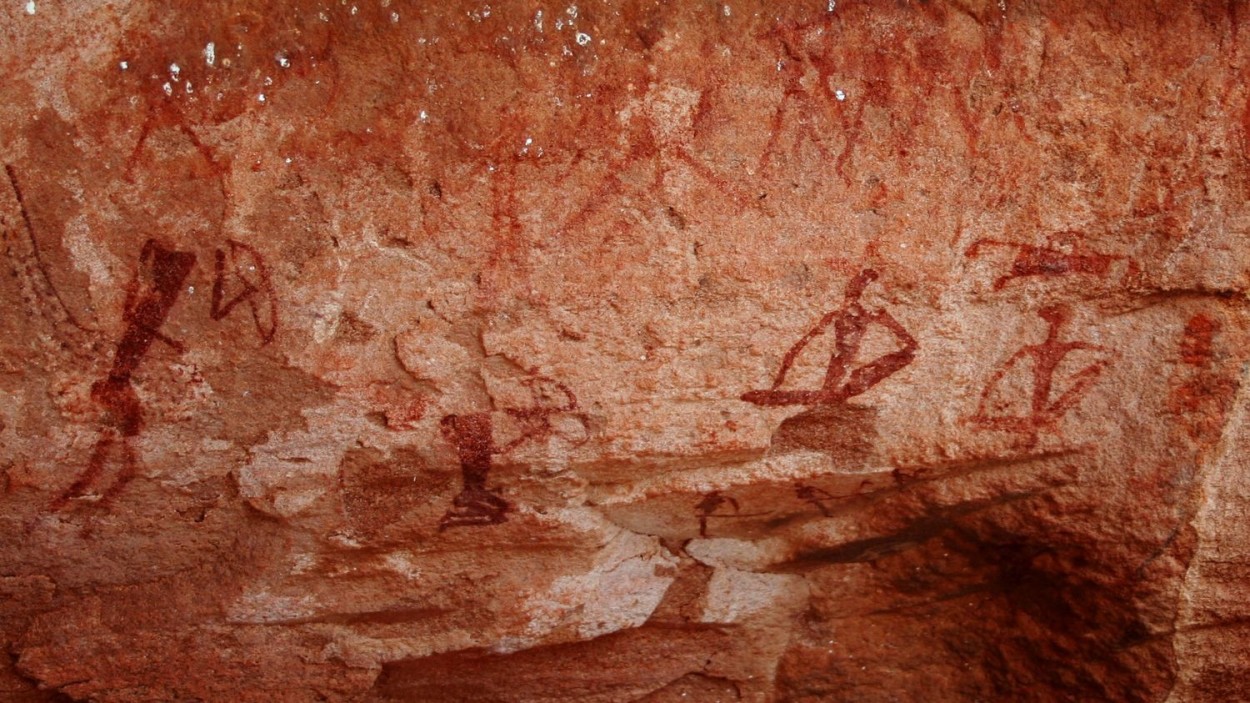
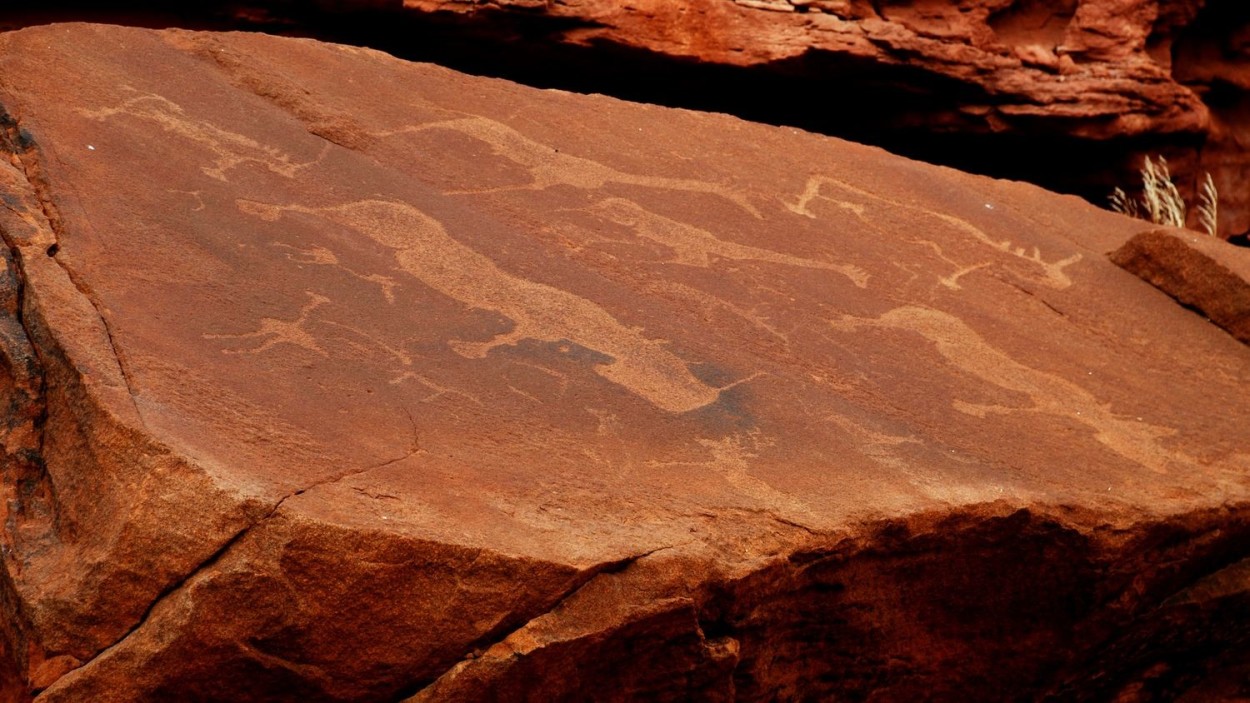
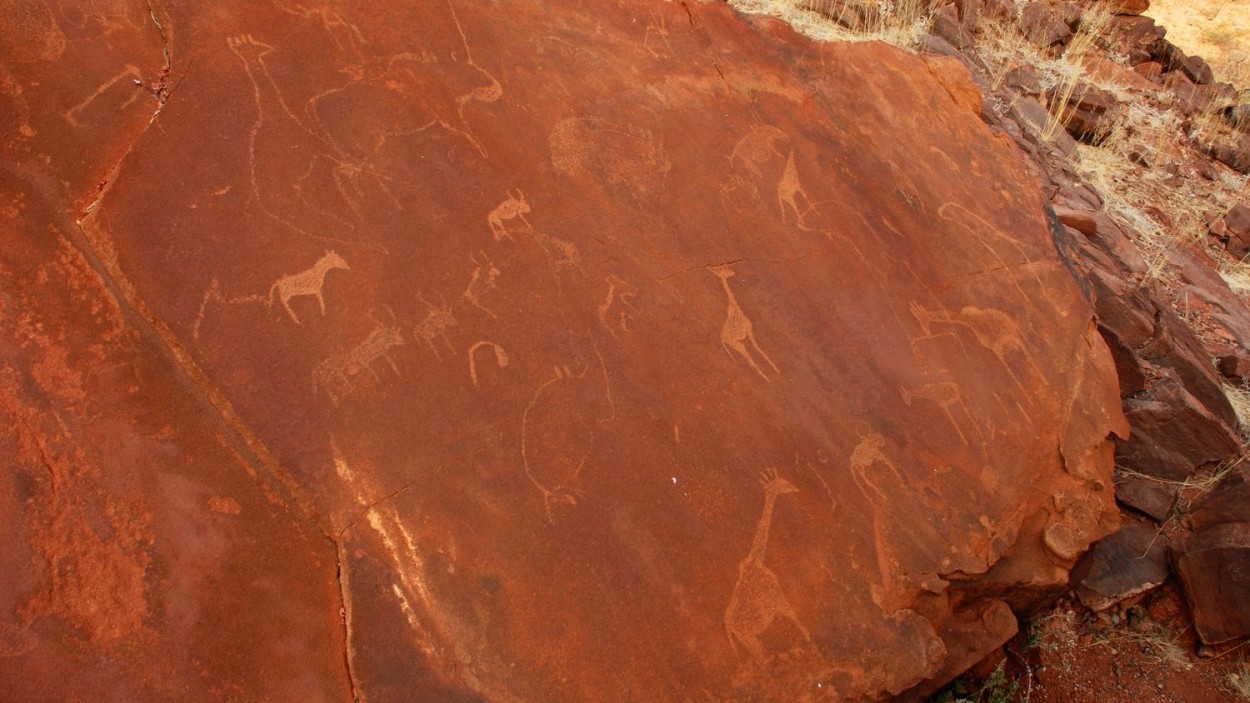
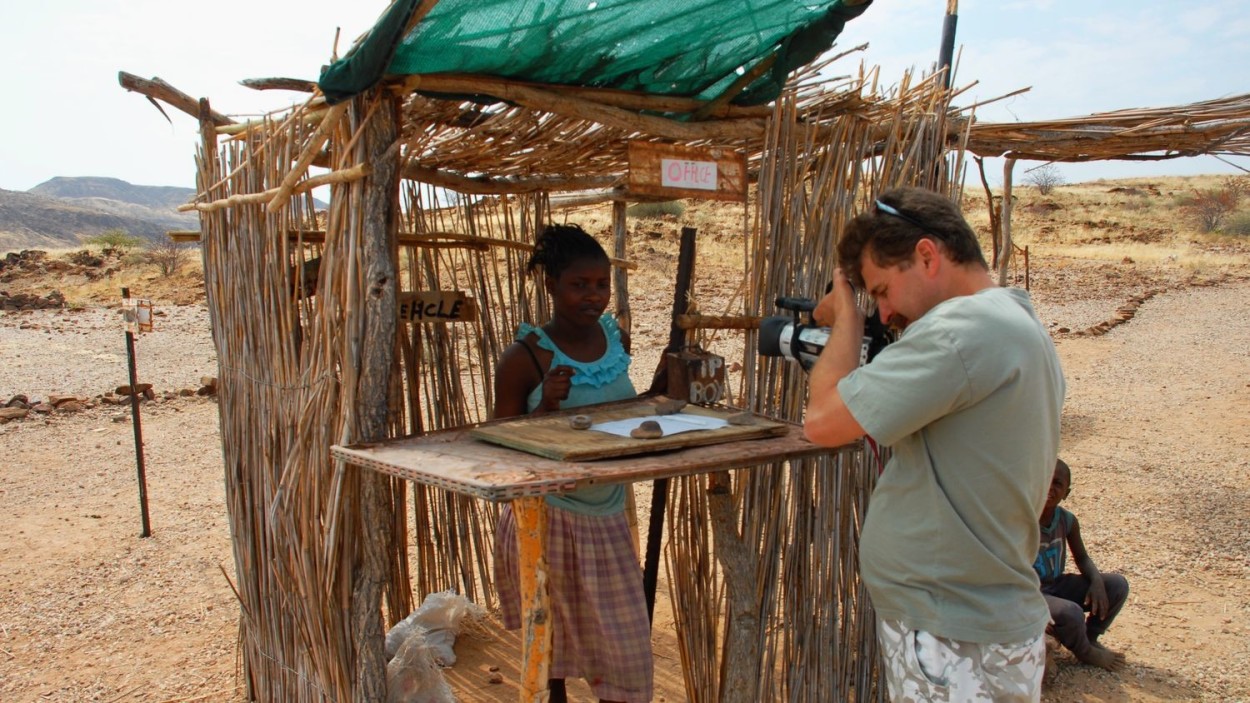
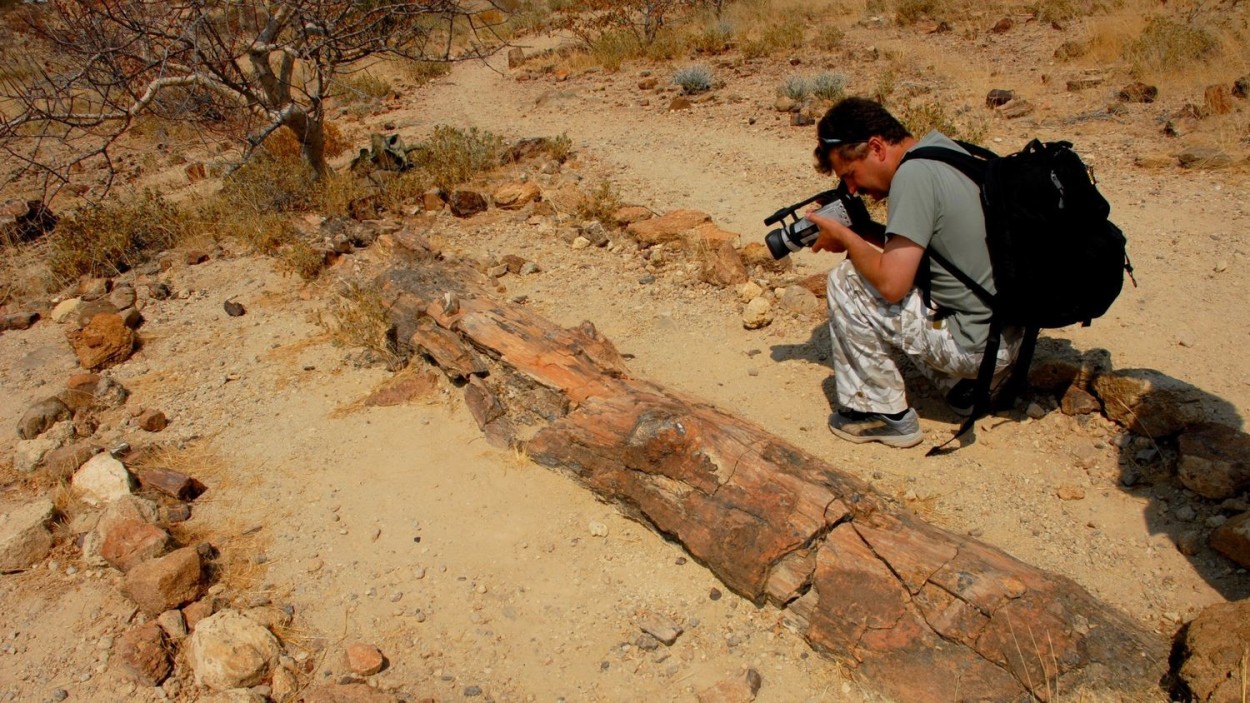
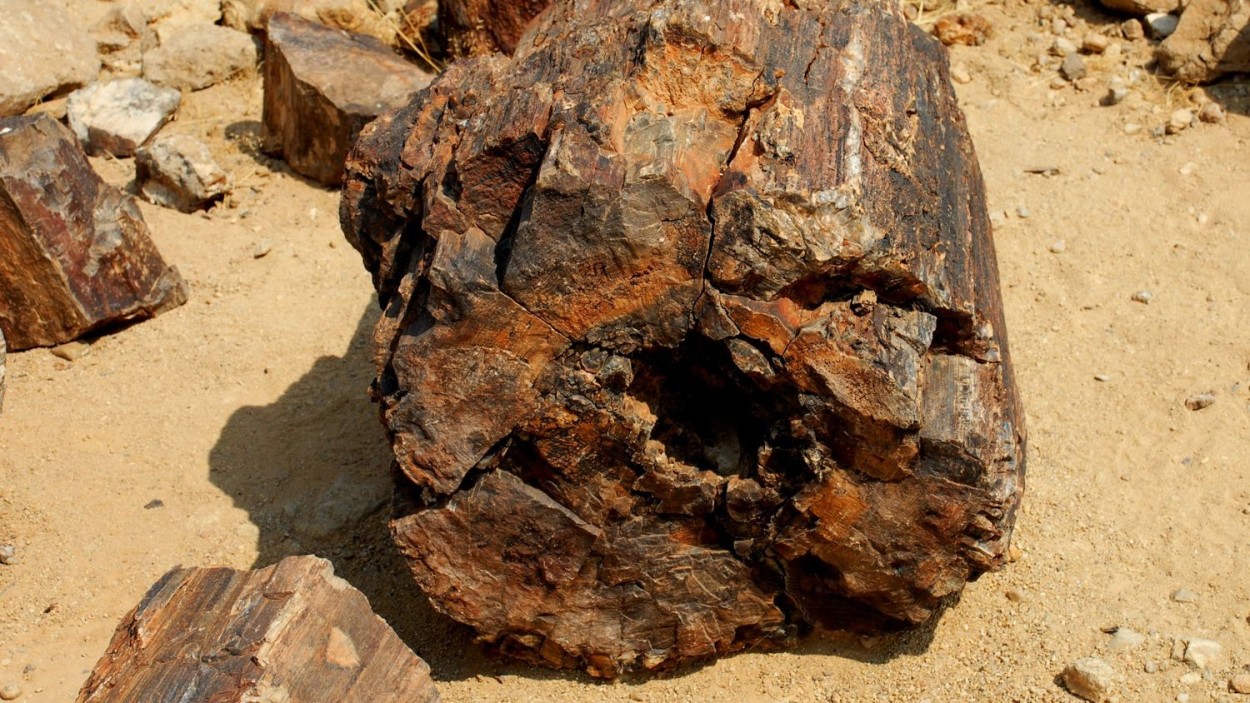
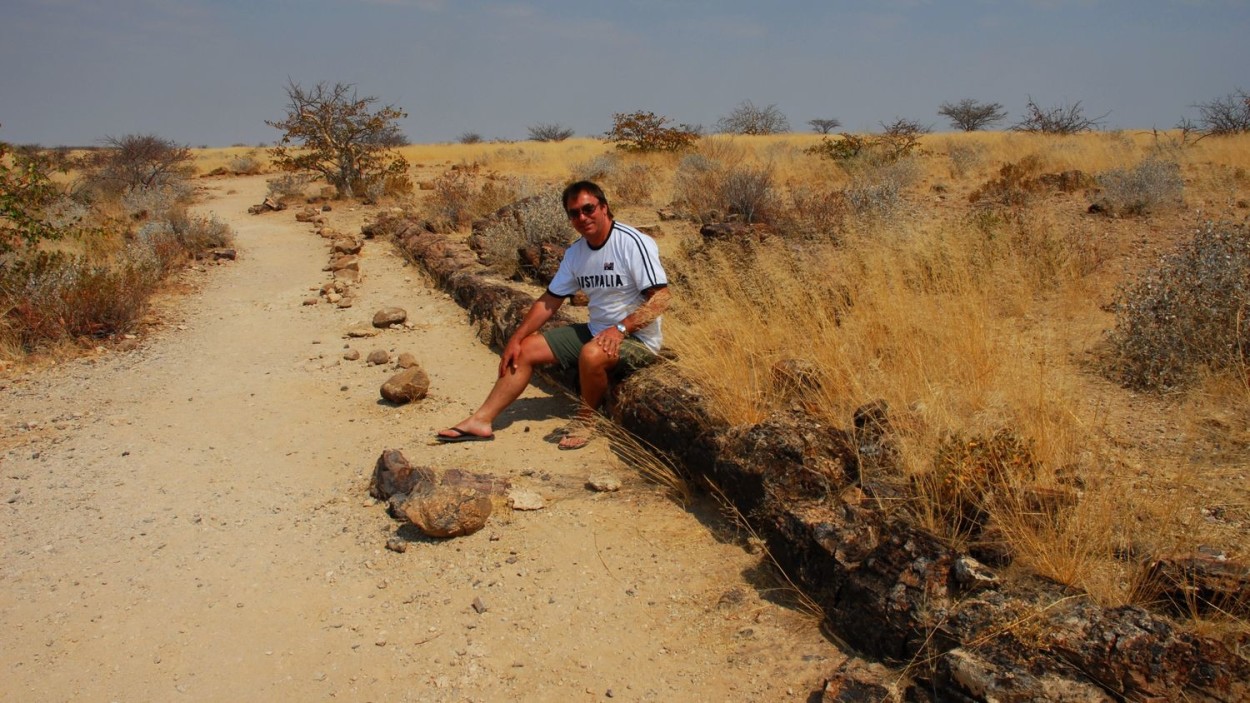
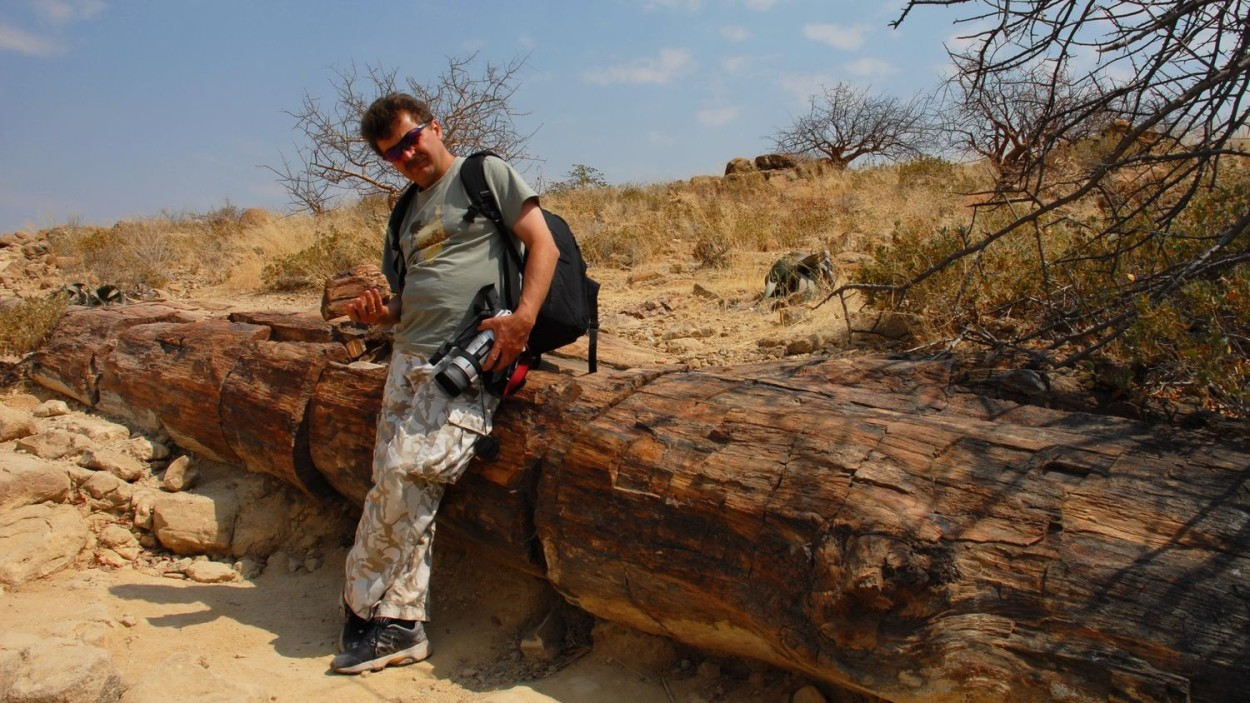
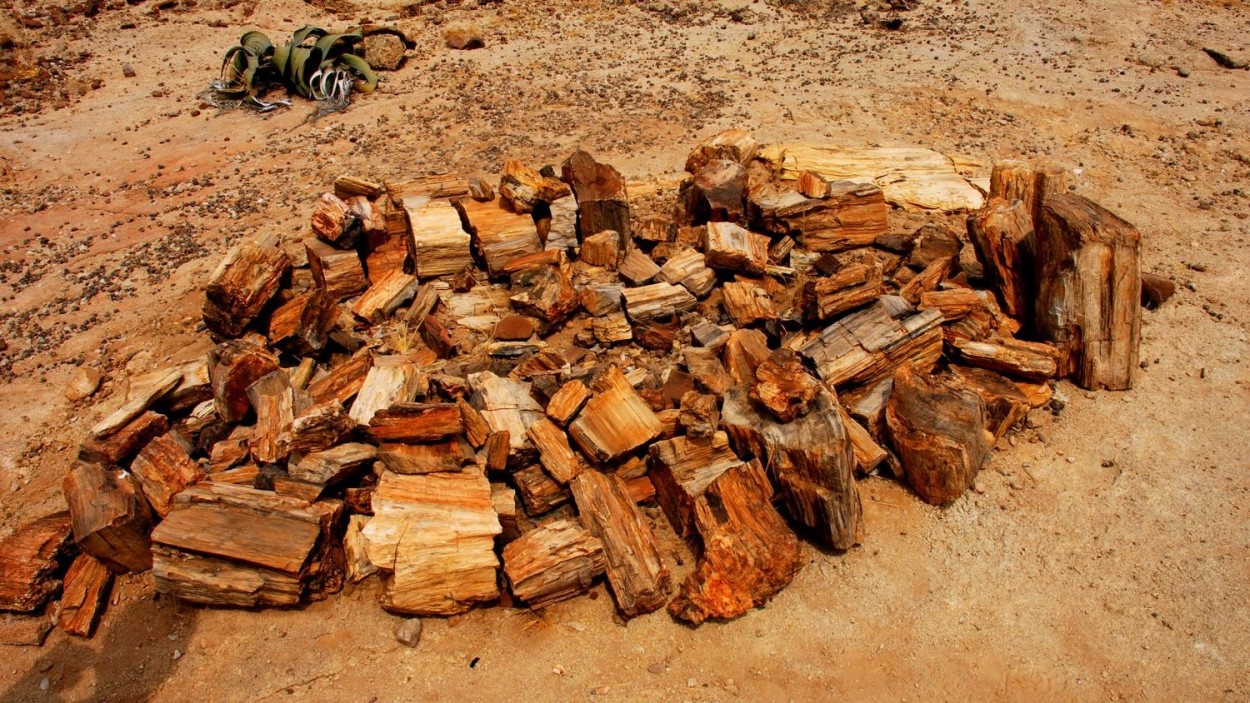
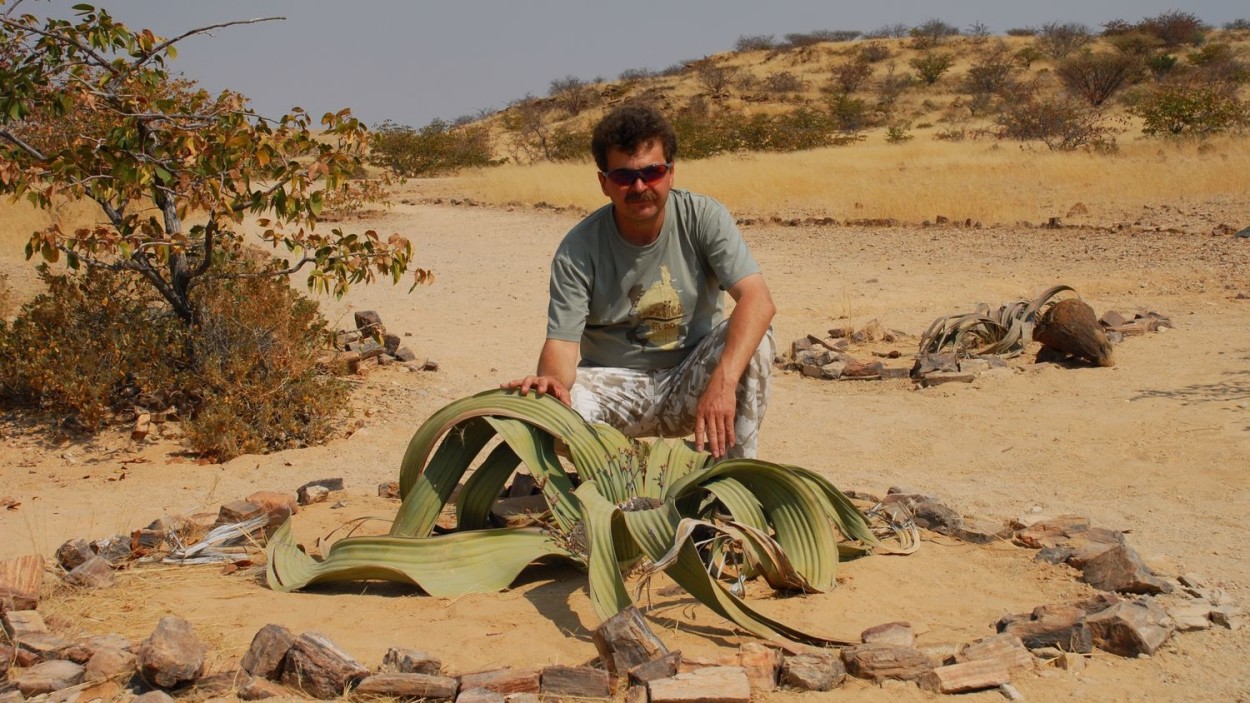
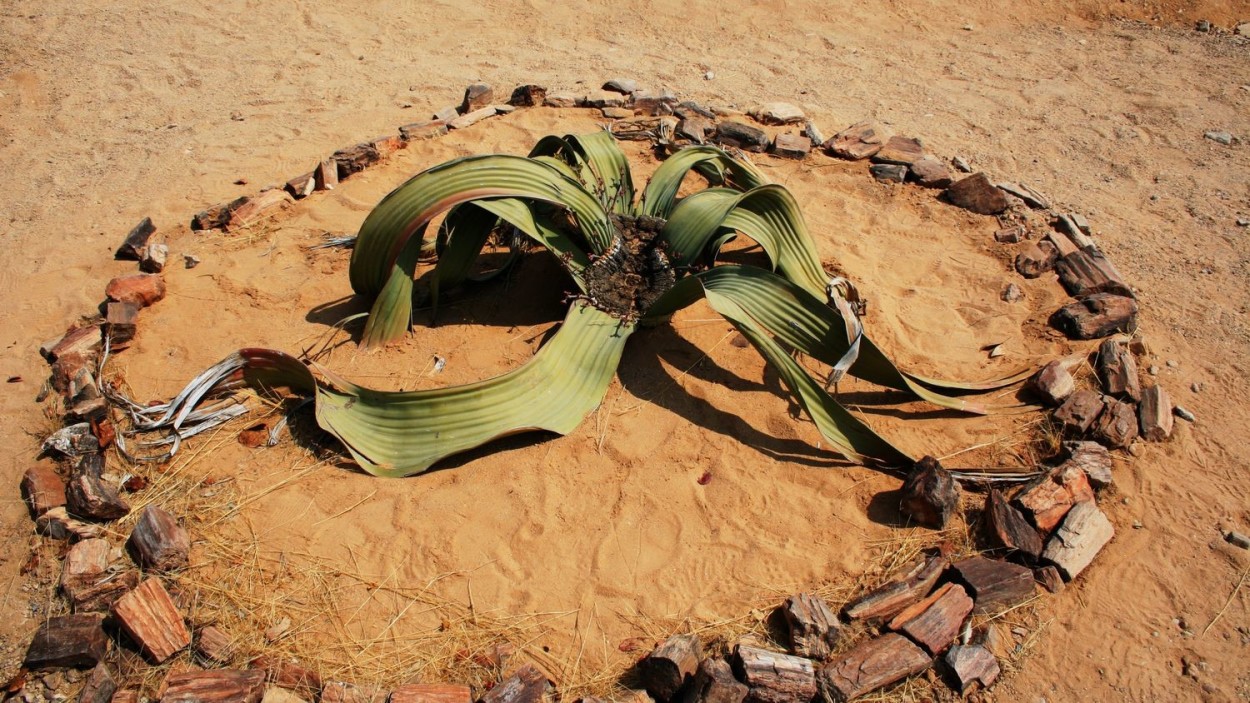
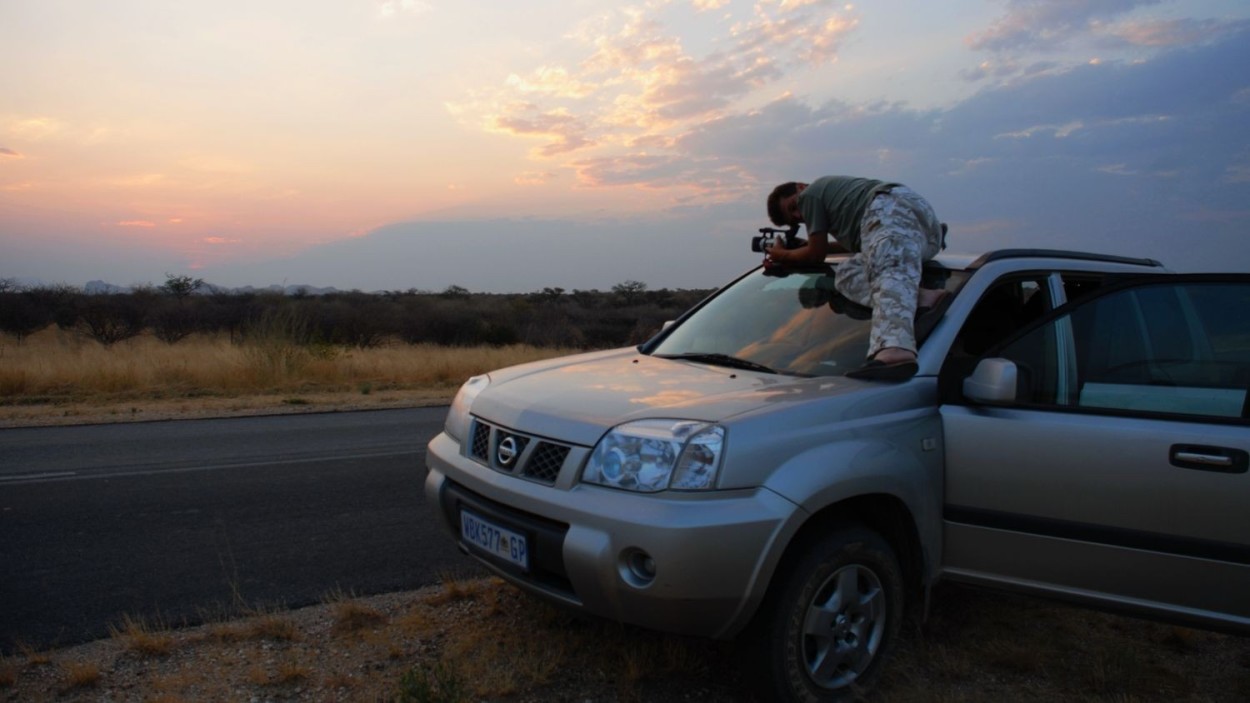
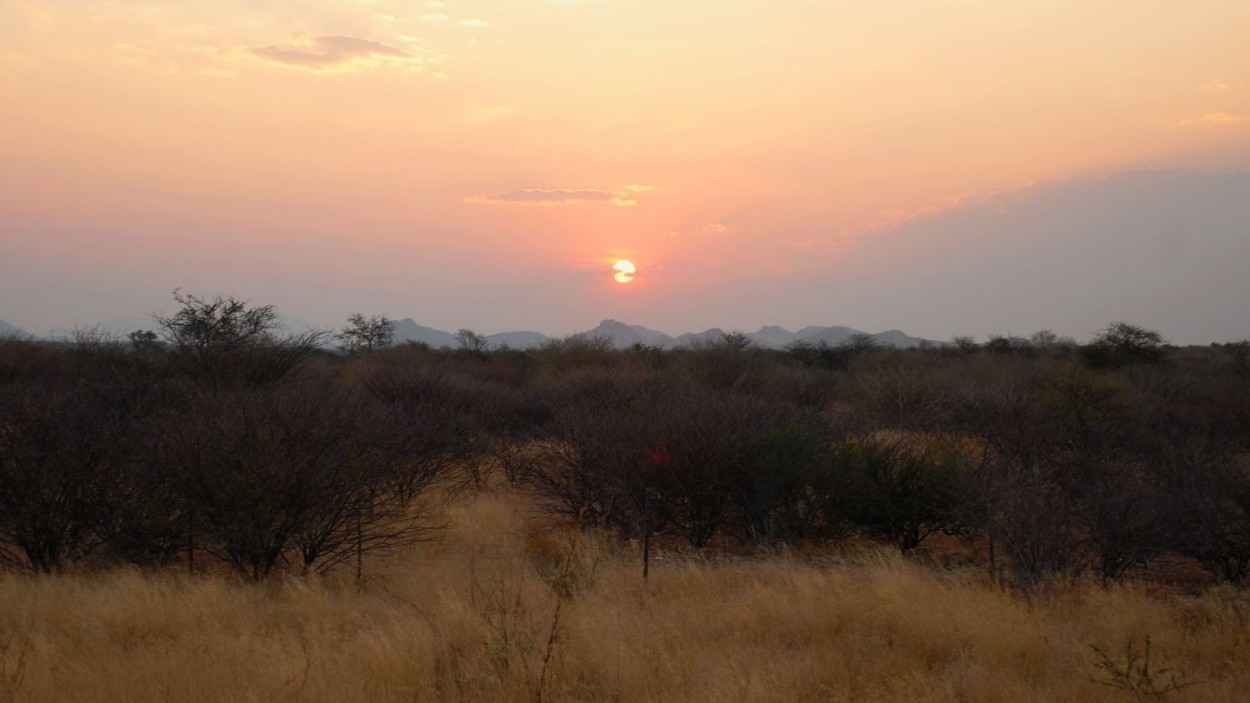
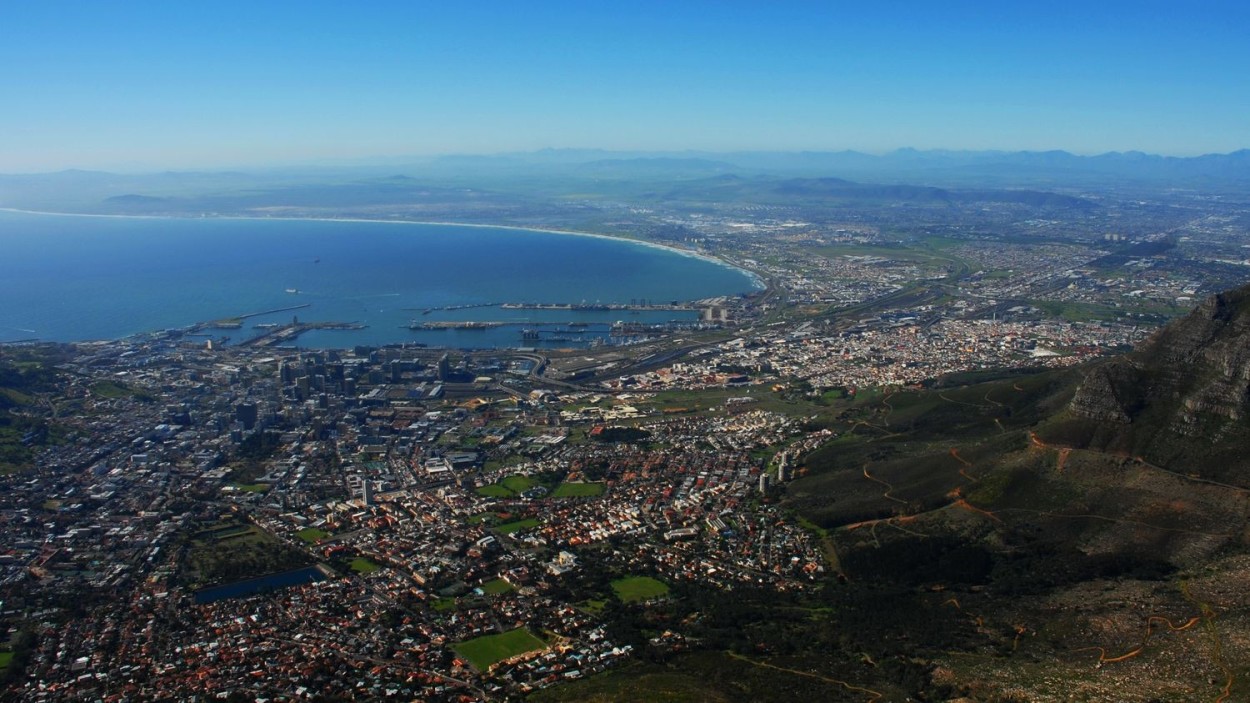
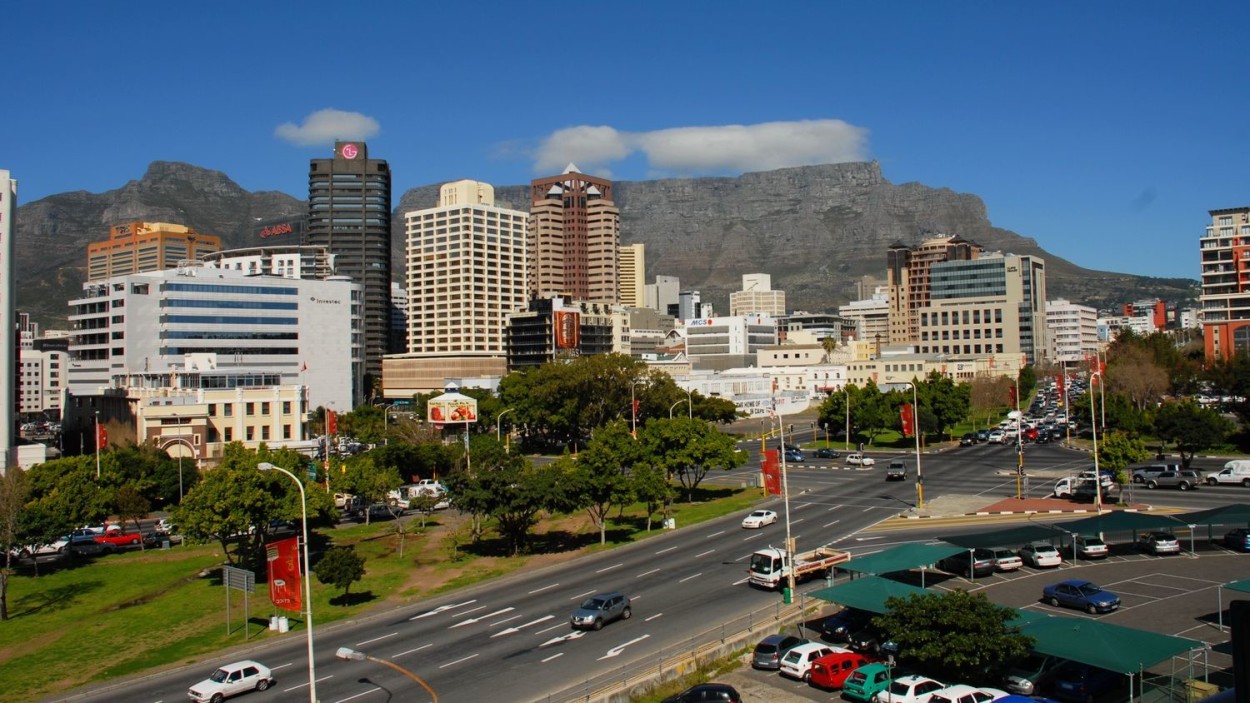
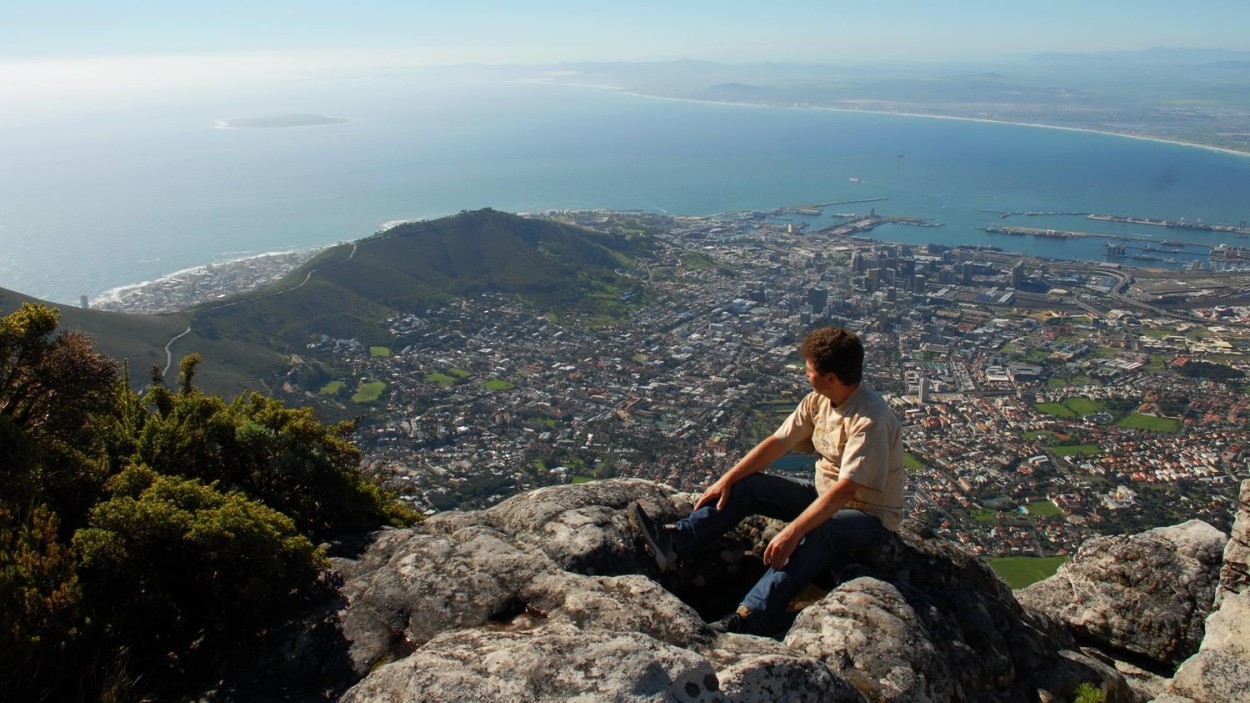
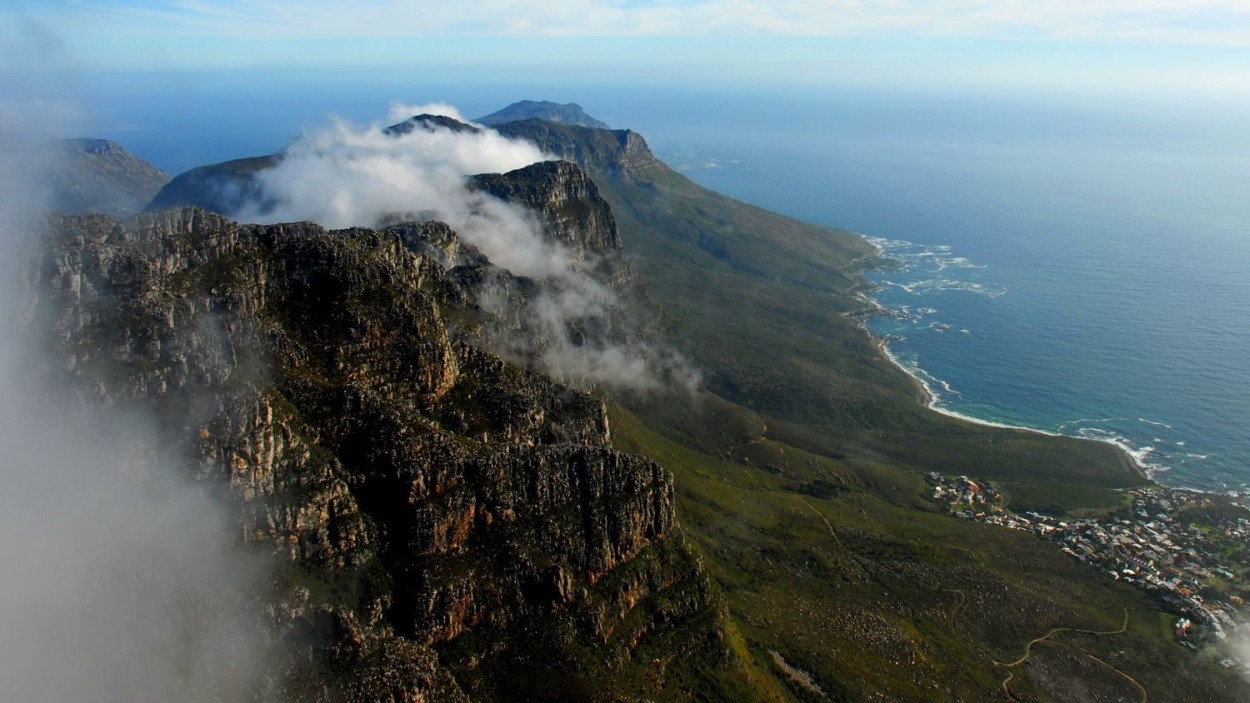
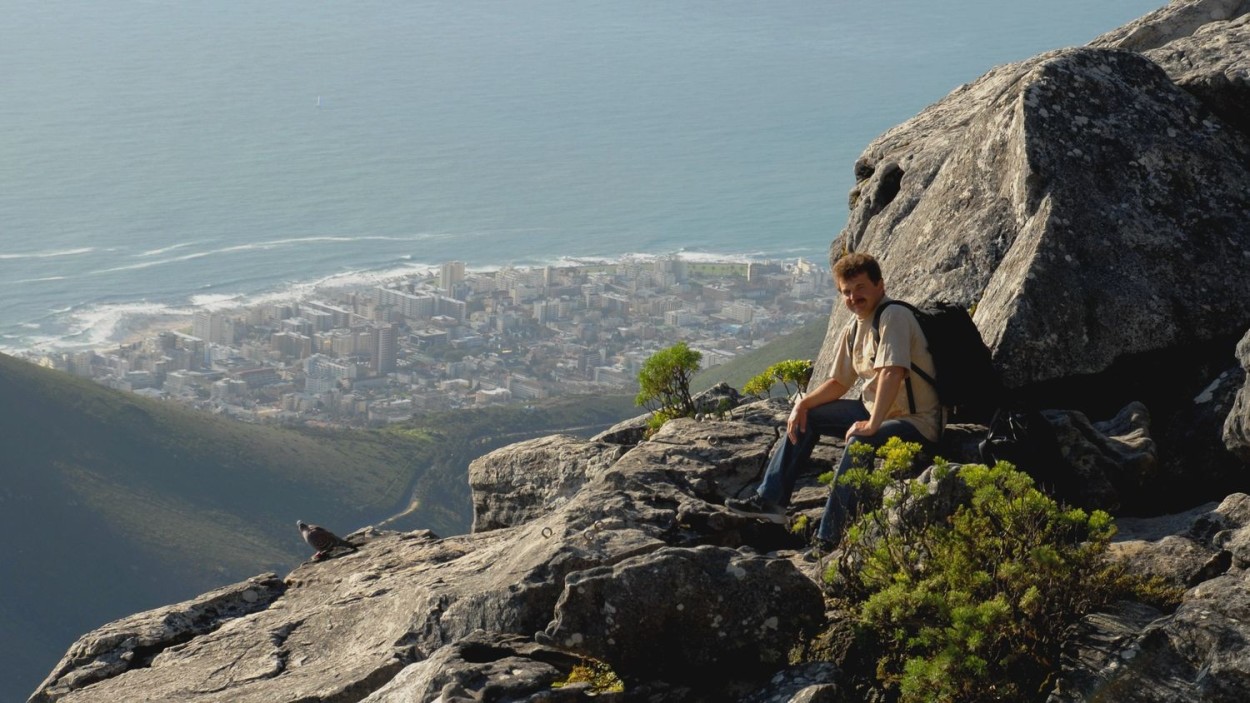
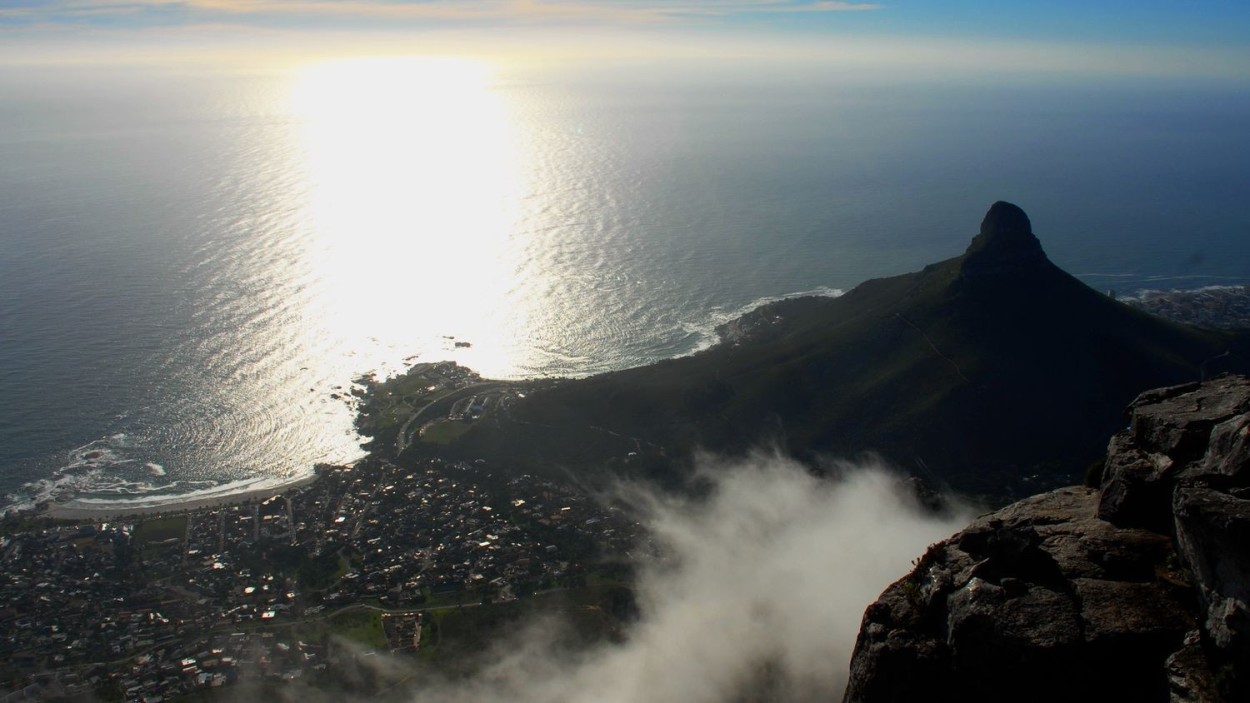
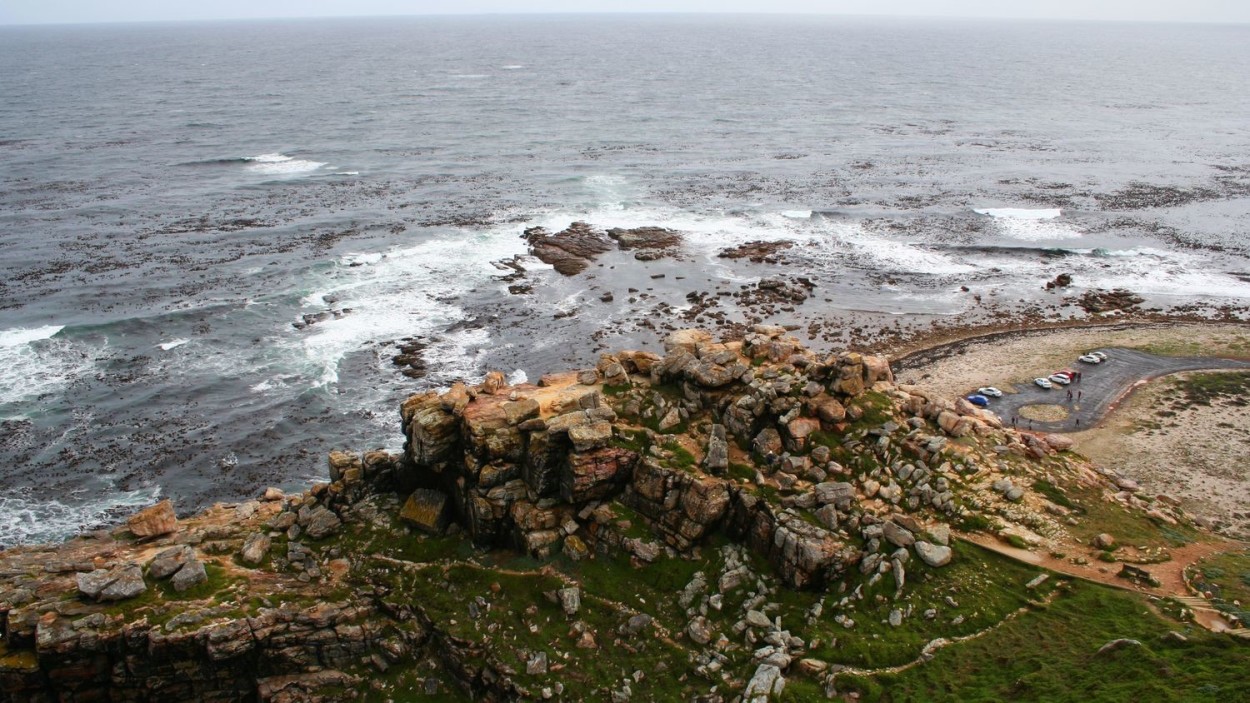
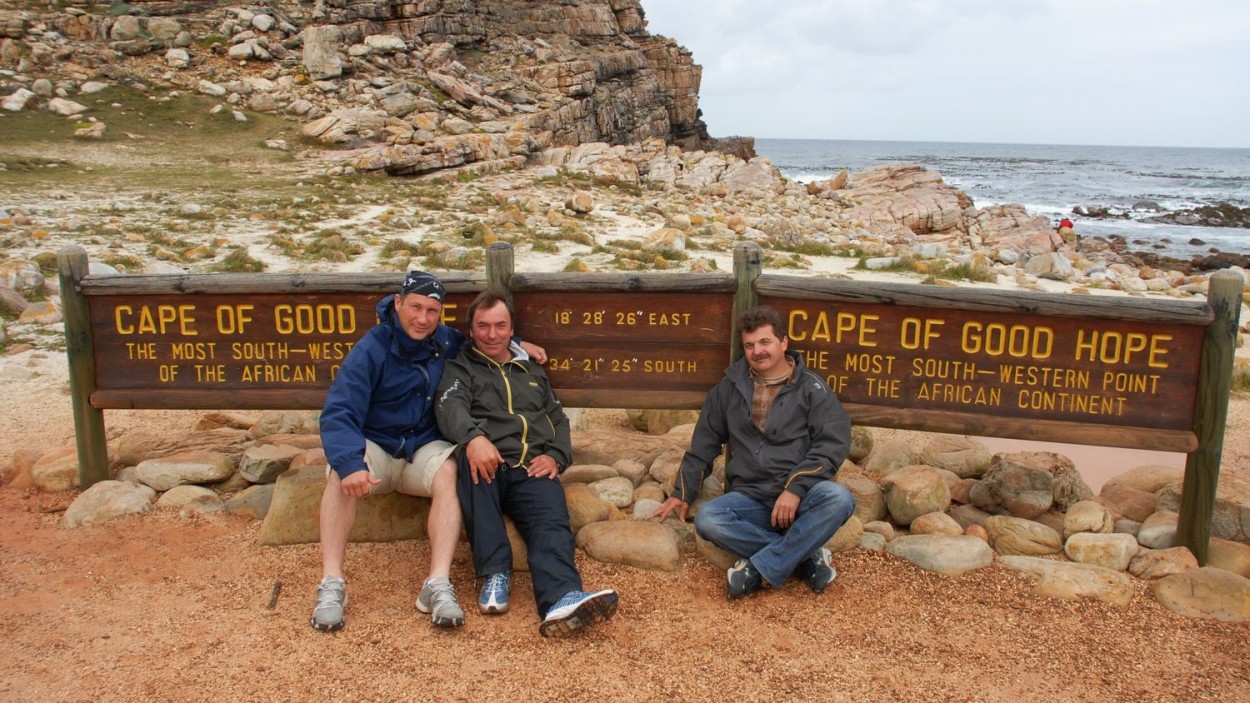
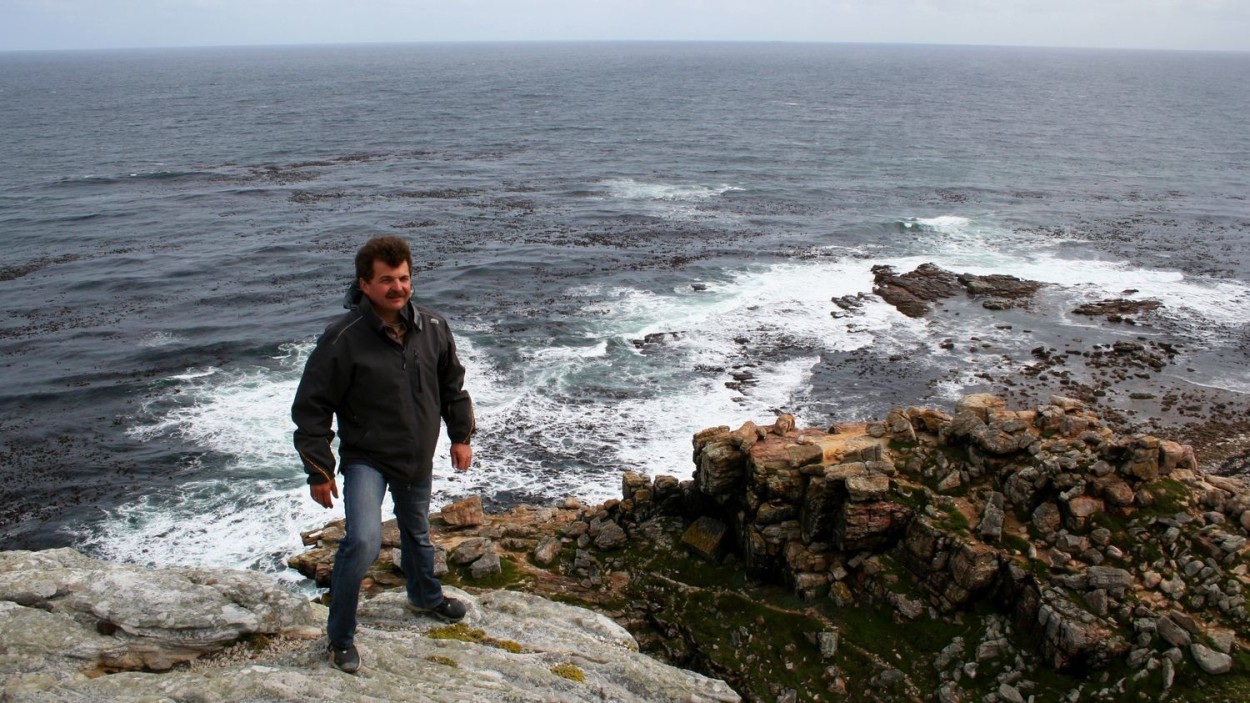
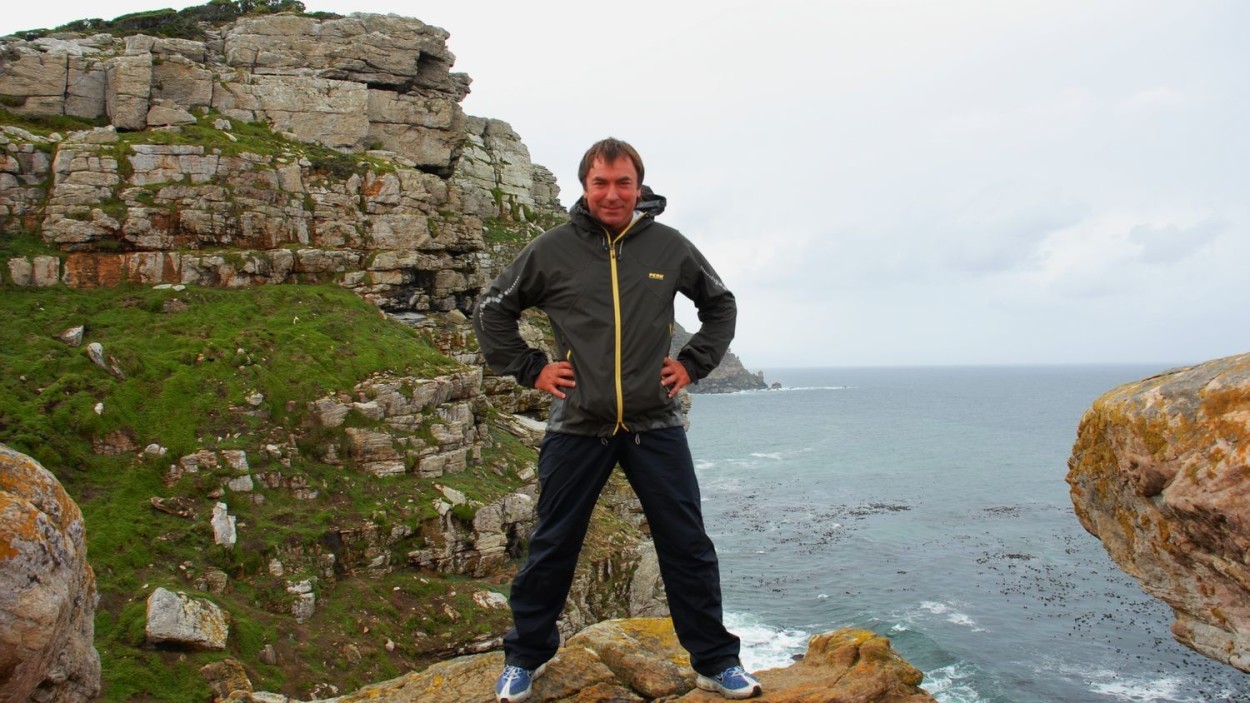
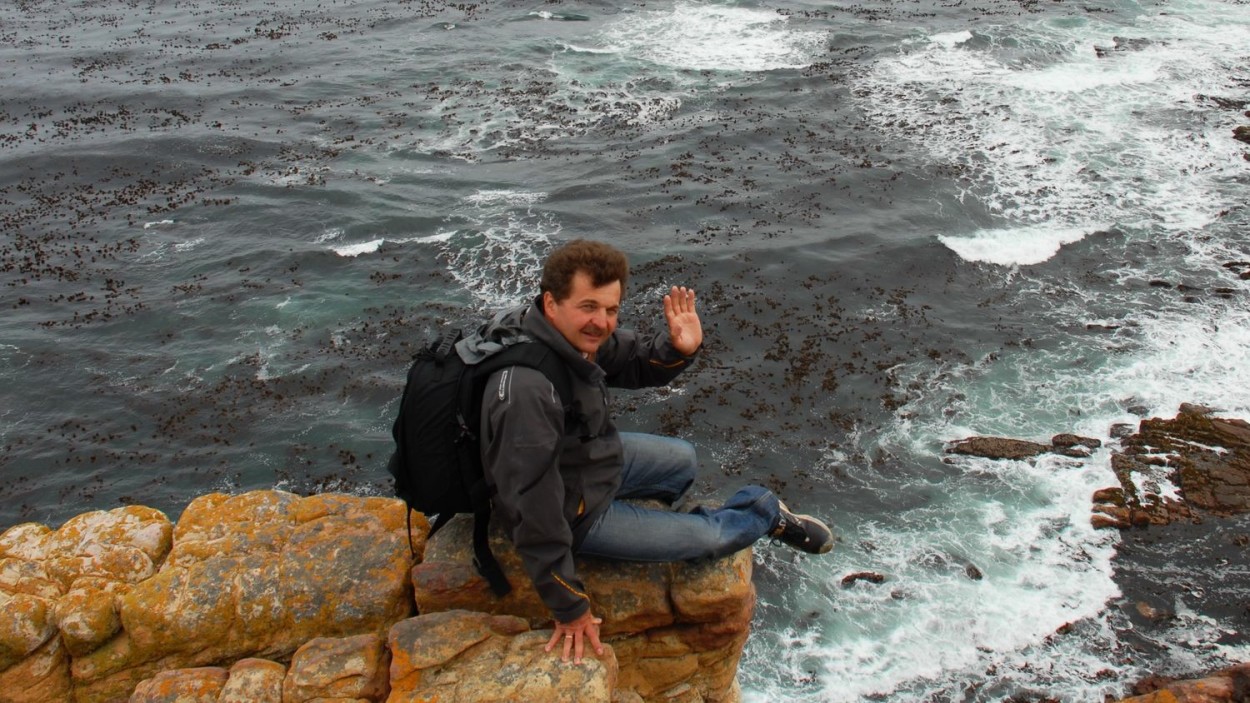
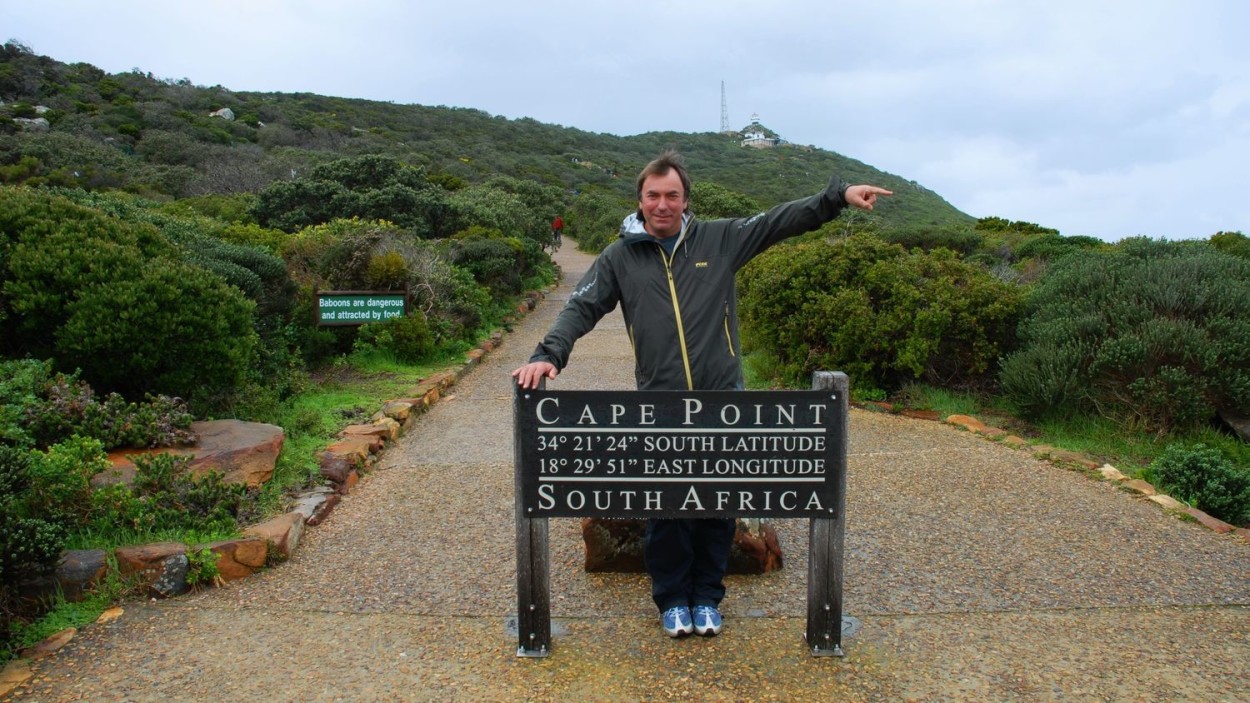
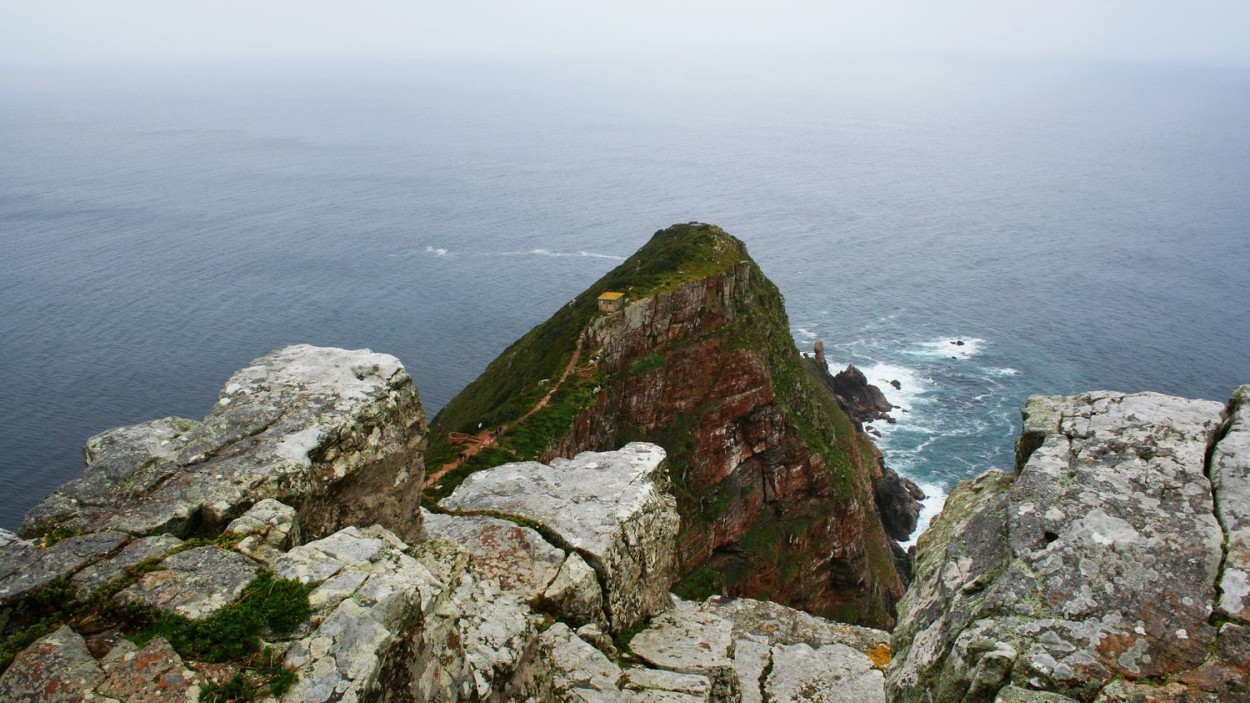
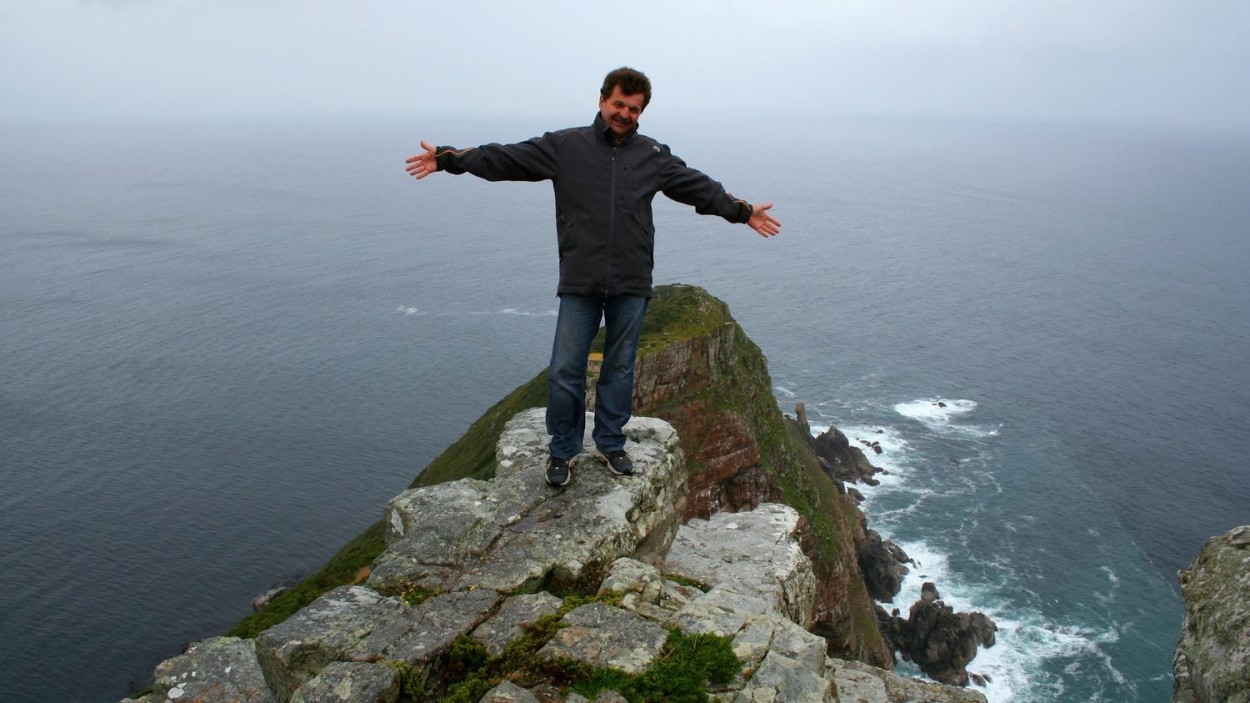
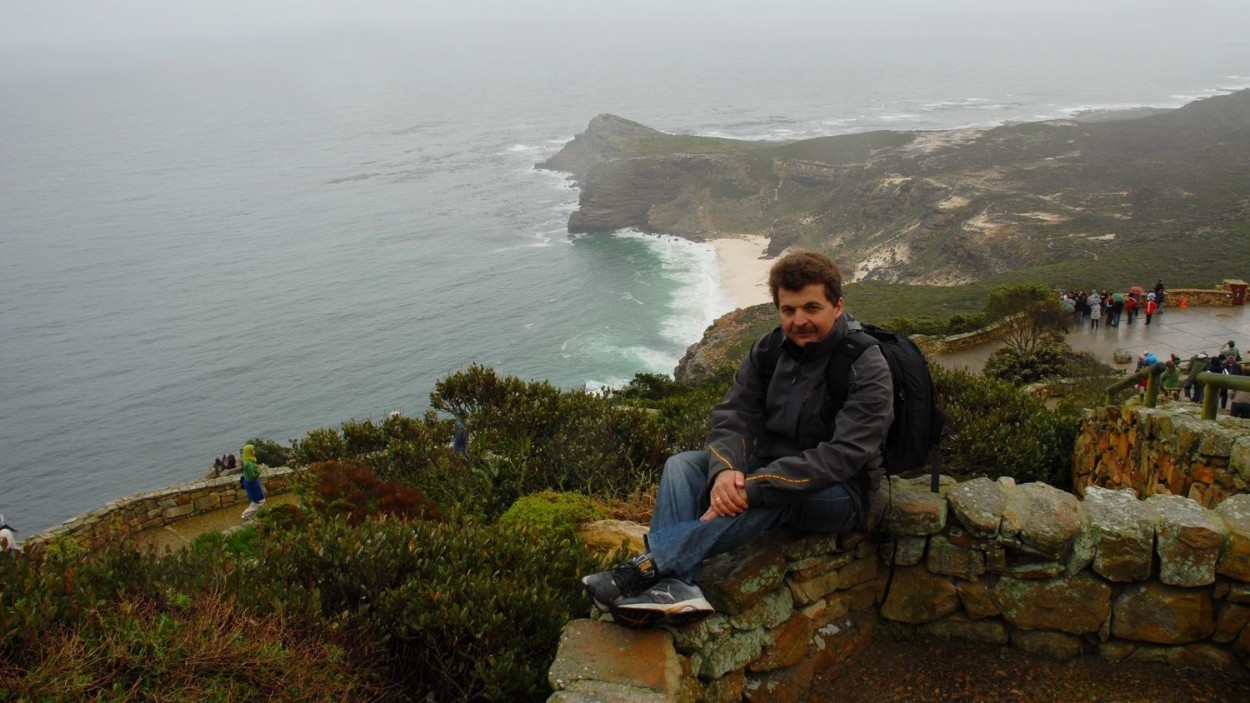
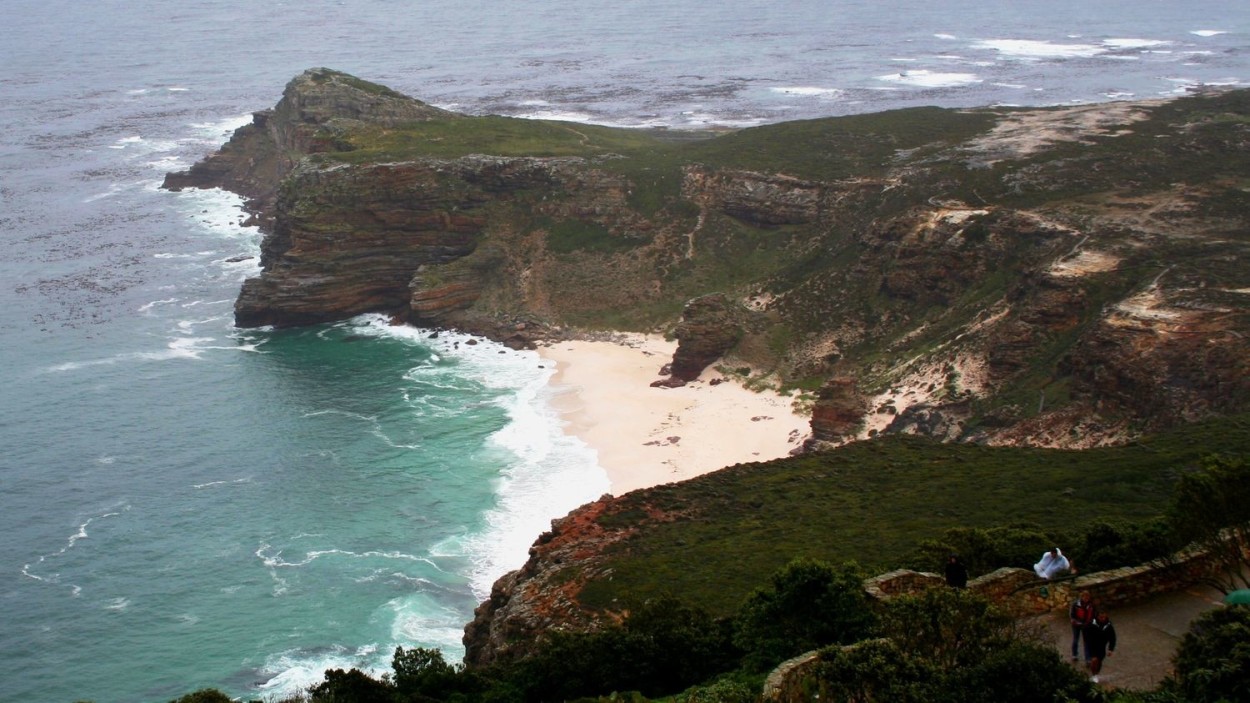
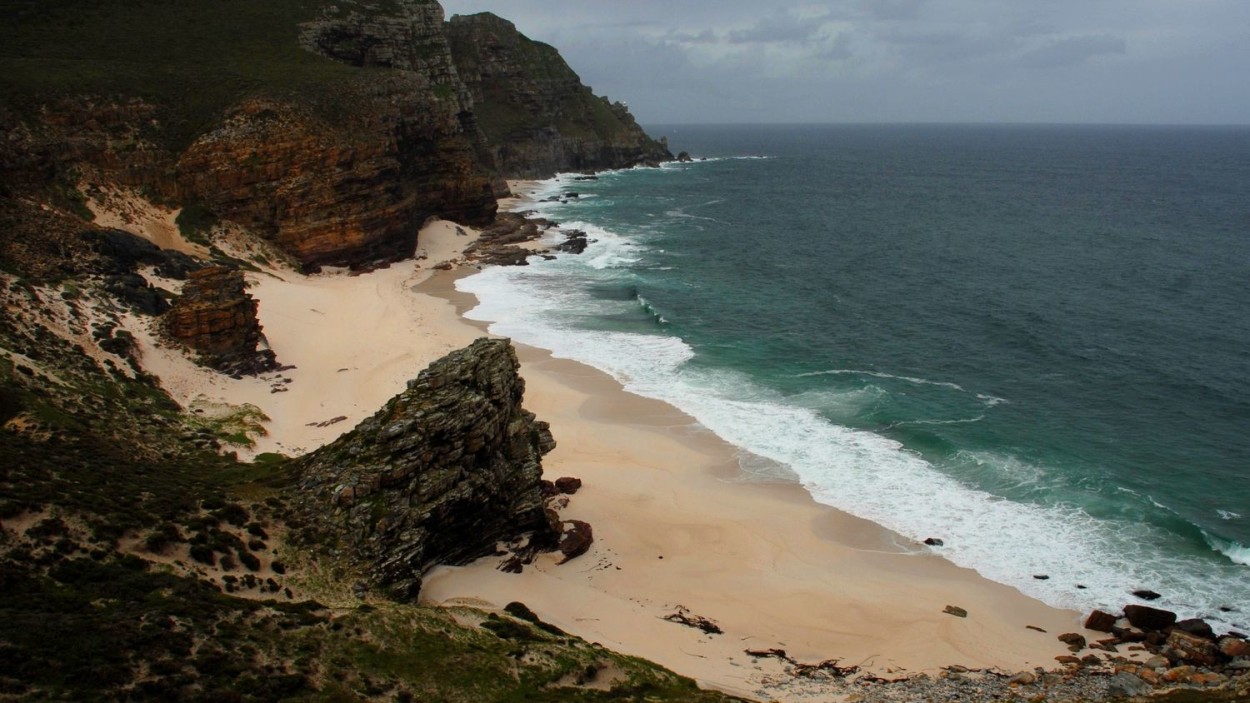
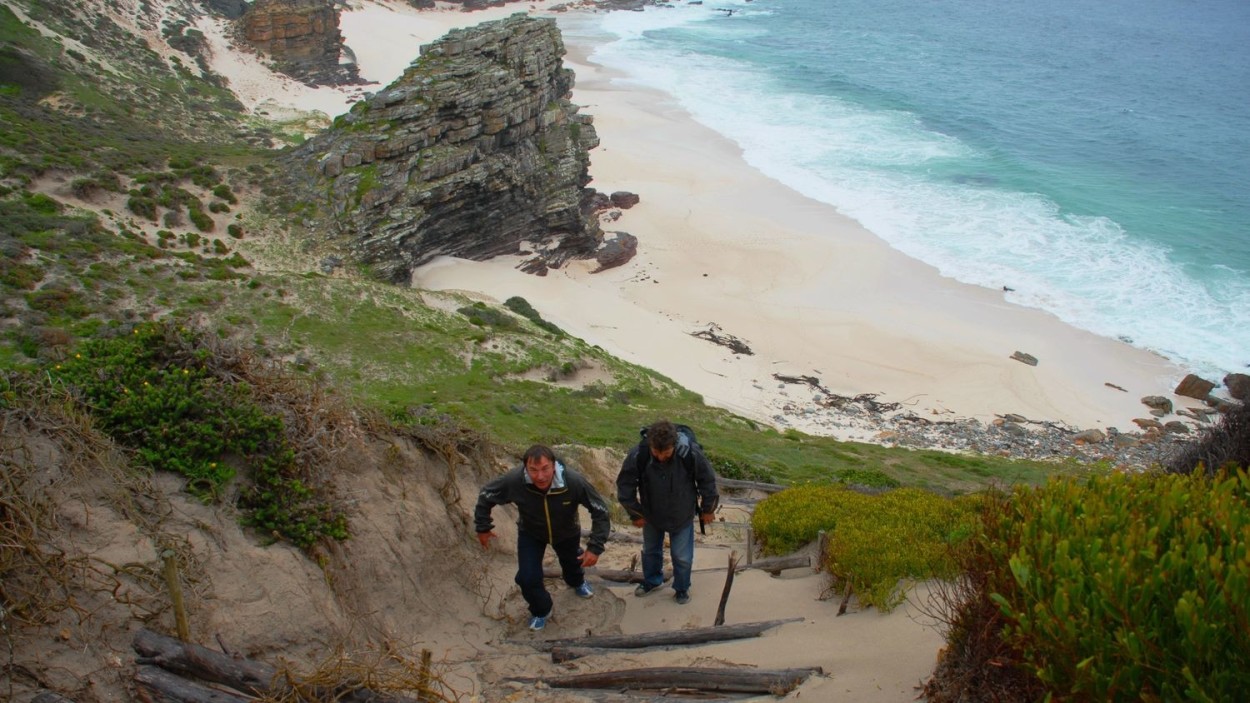
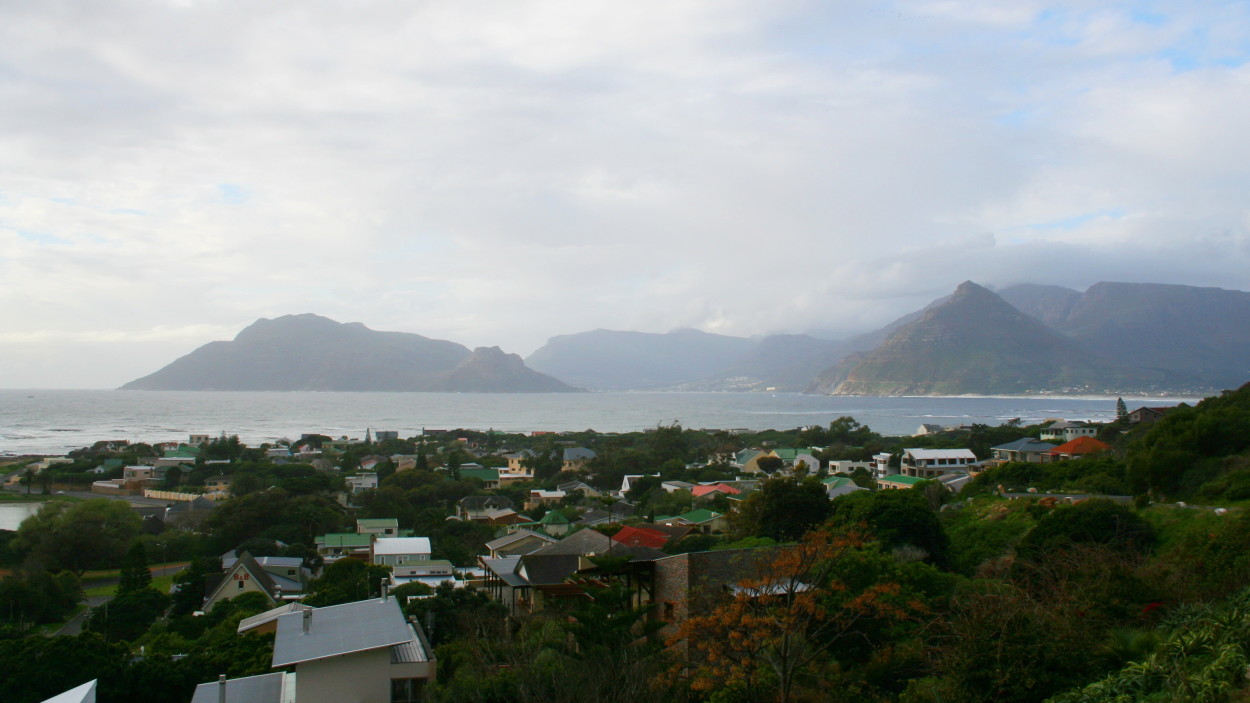
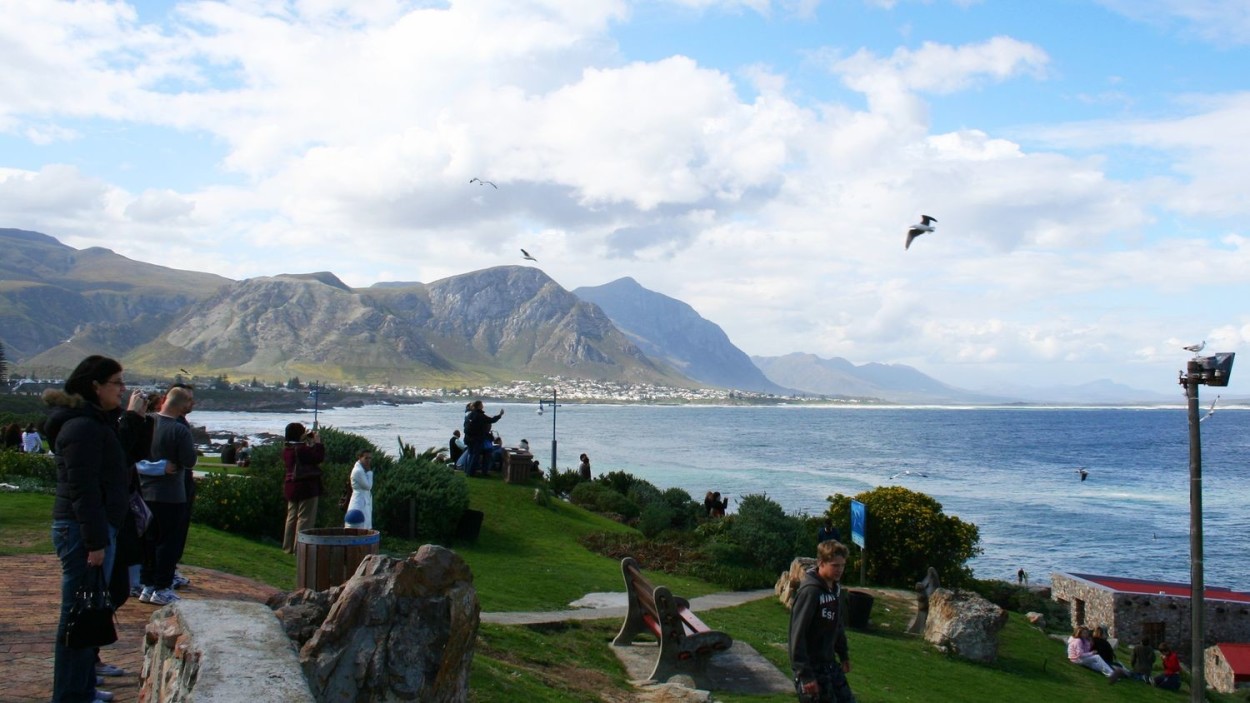
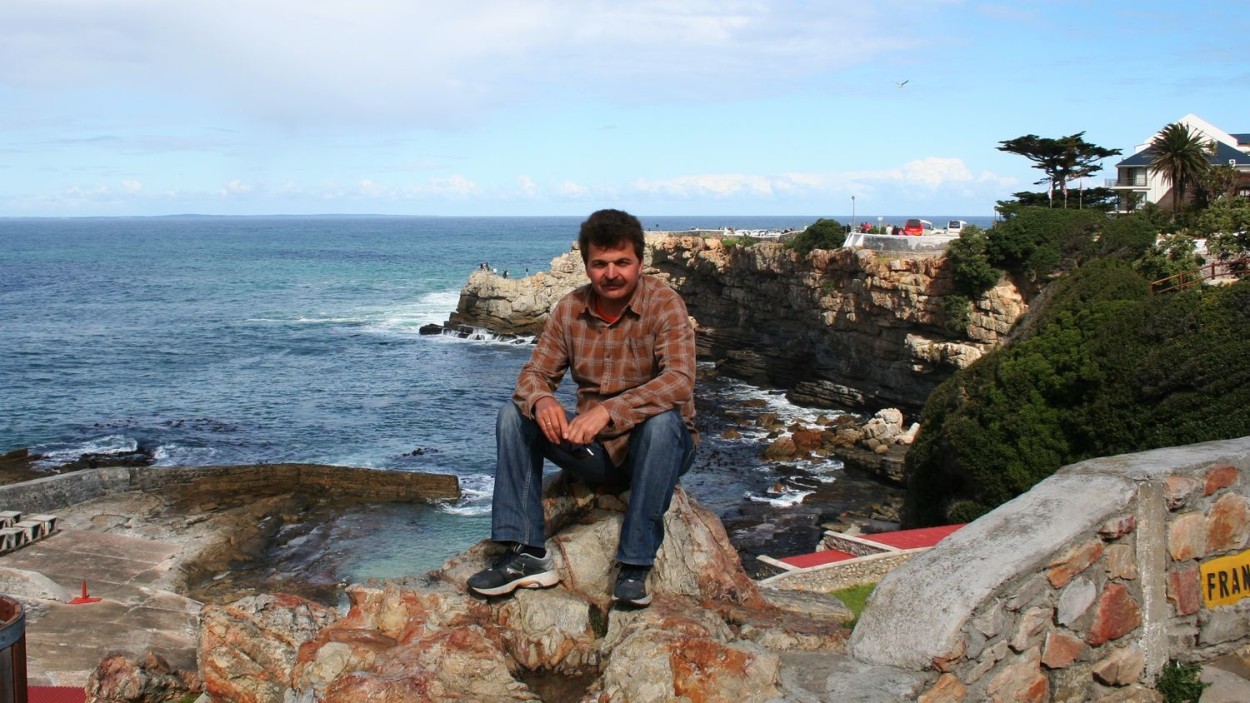
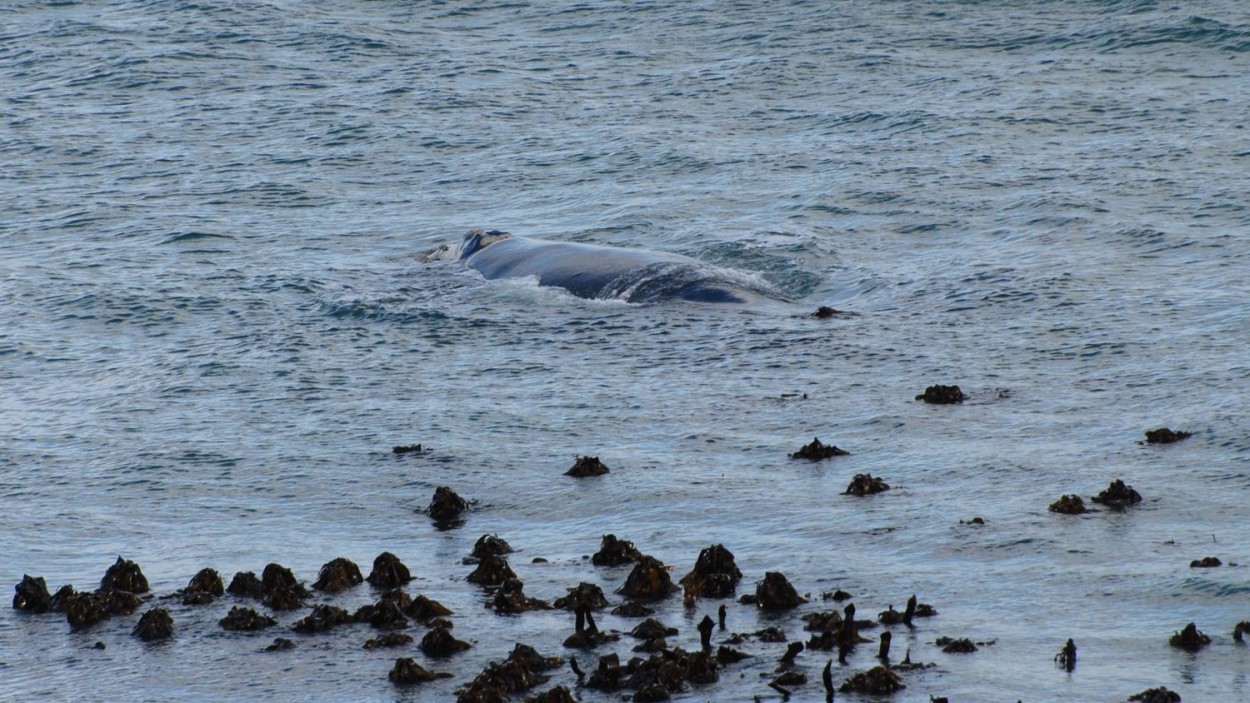
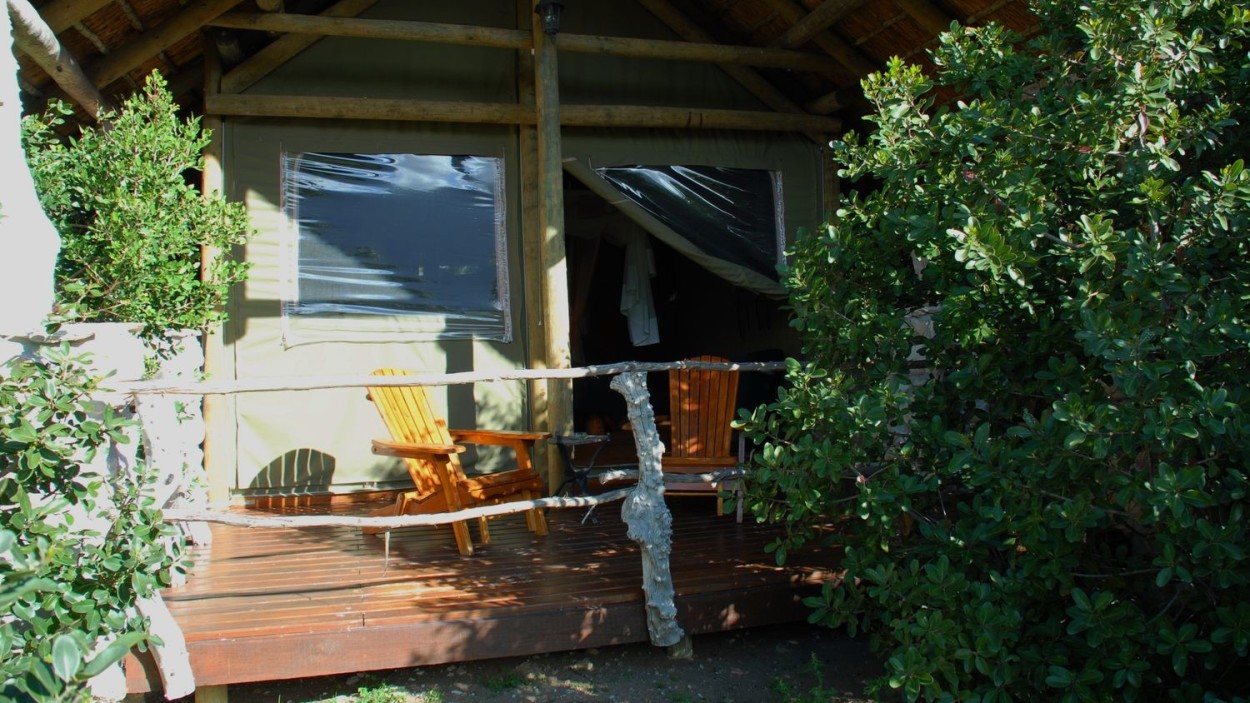
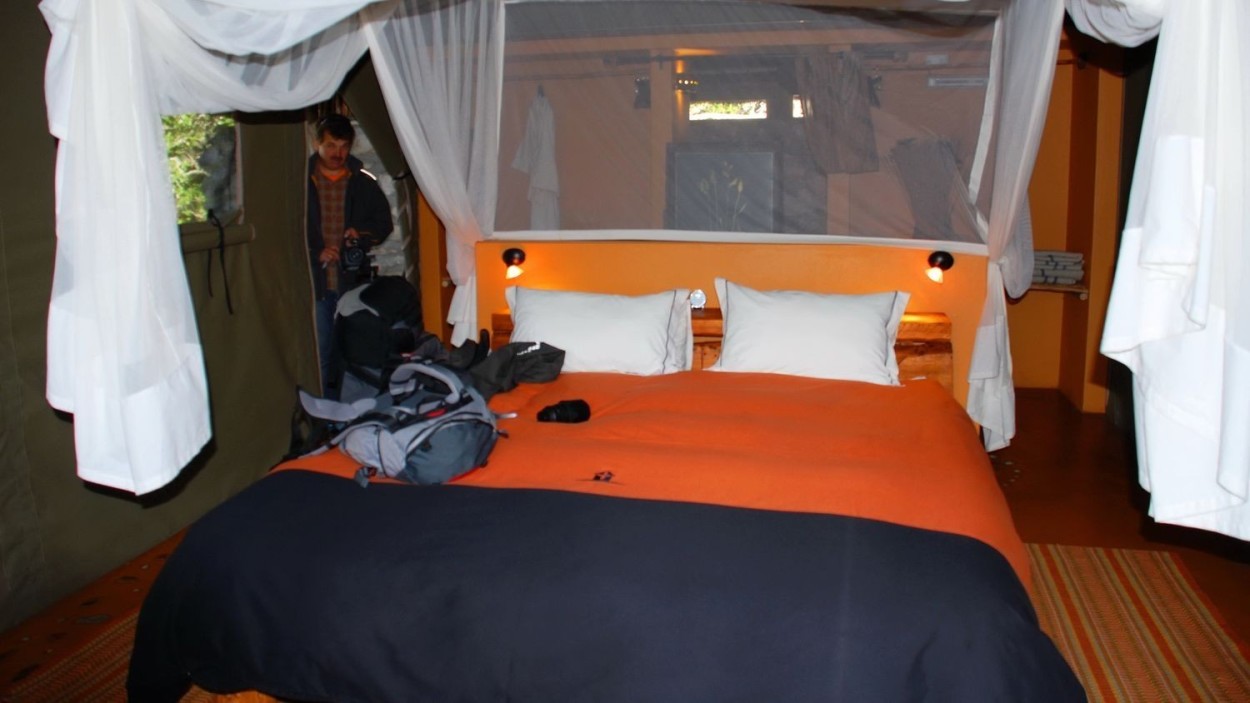
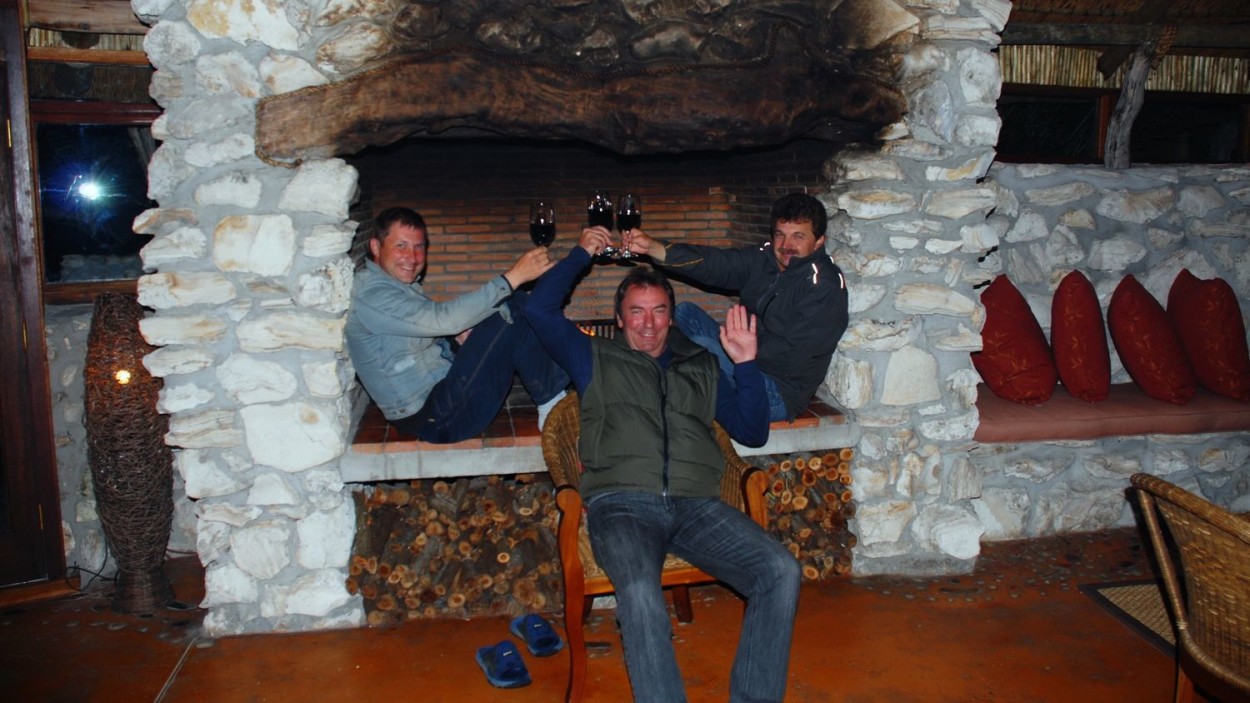
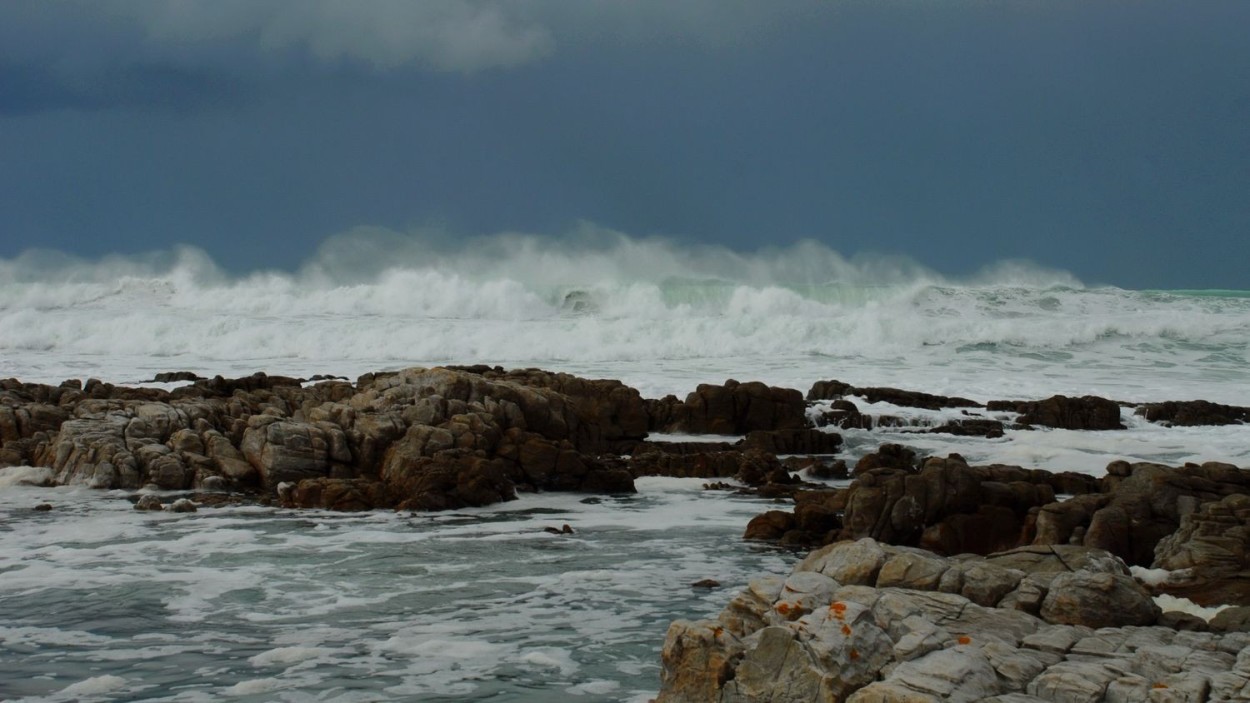
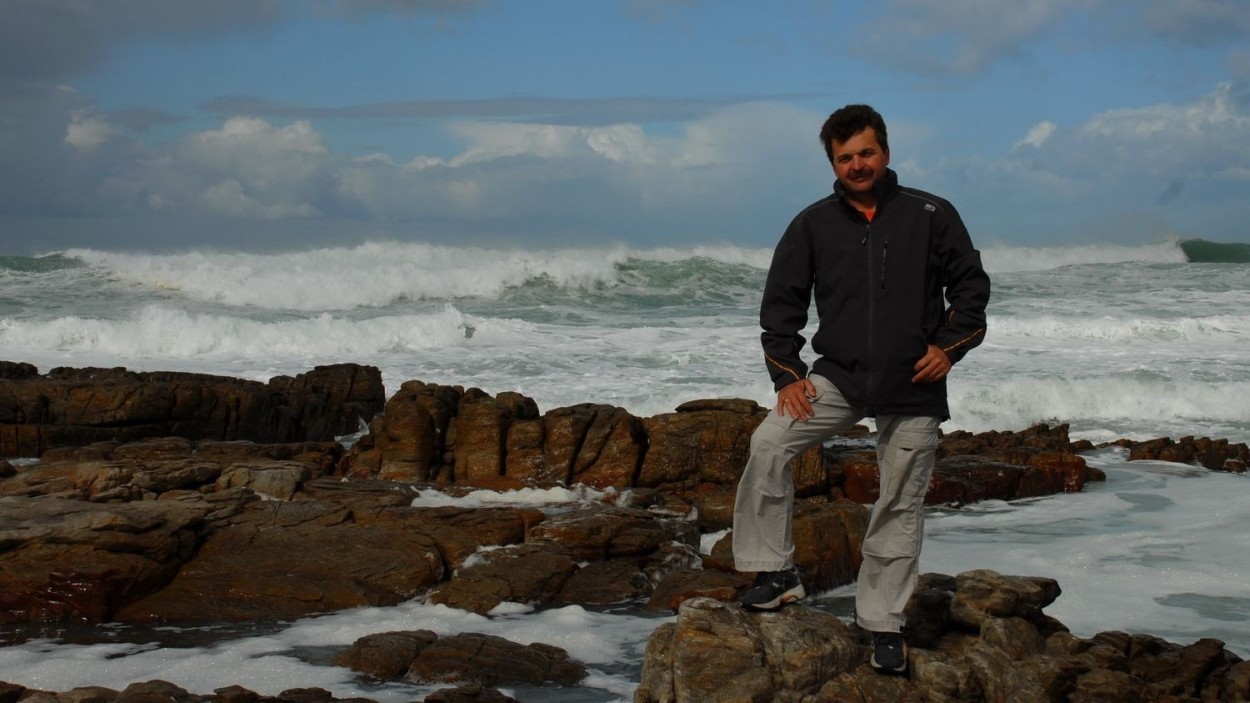
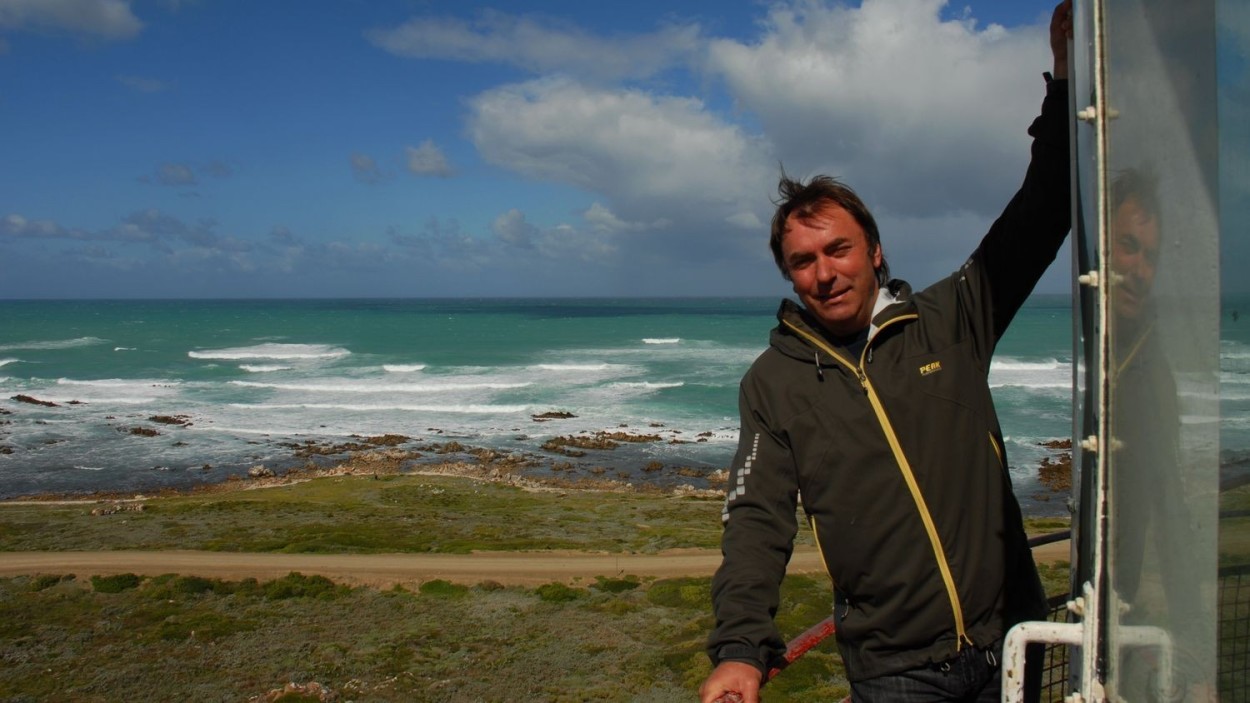
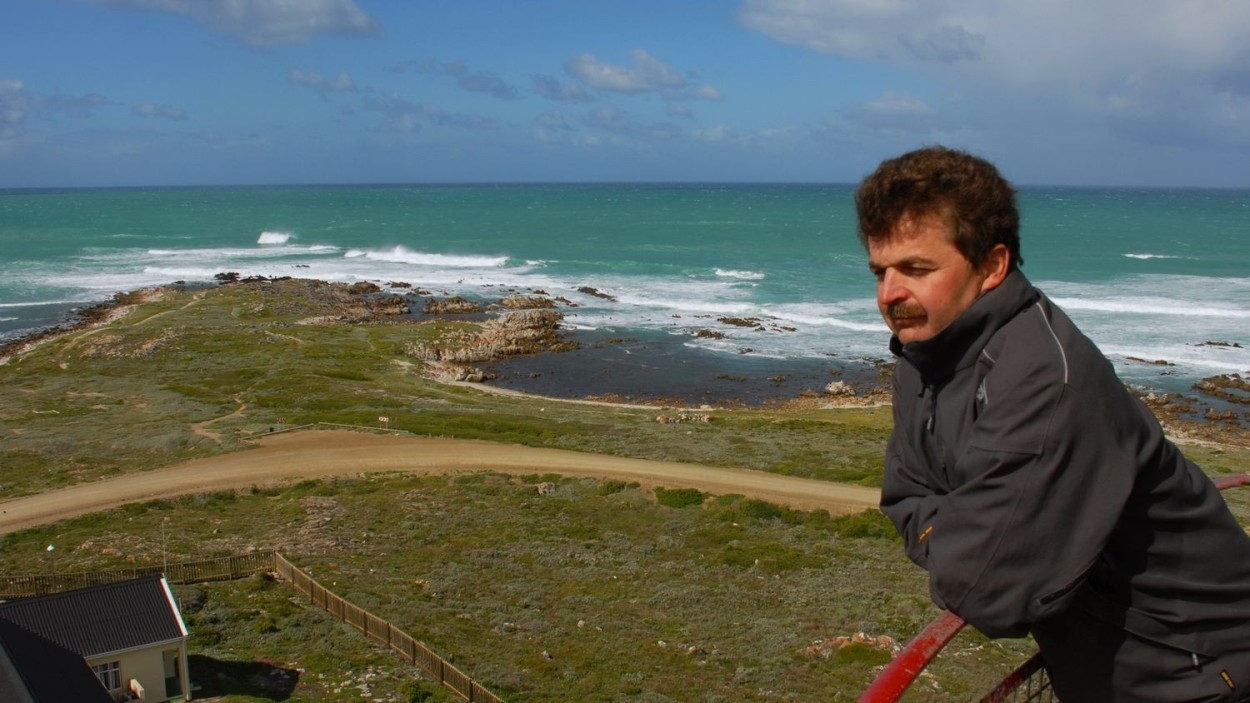
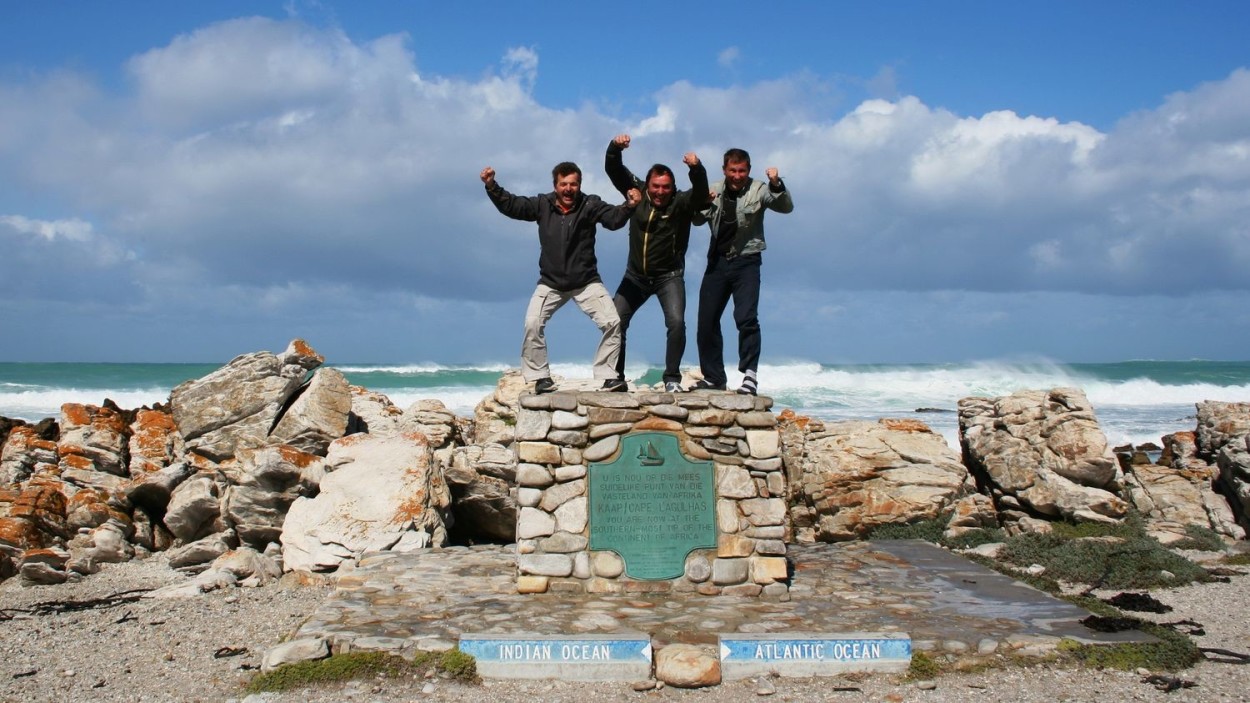
Comments
zortilo nrel
2020-12-17
I like this website very much, Its a very nice situation to read and receive info .
vreyrolinomit
2021-01-03
Perfectly composed subject material, regards for selective information.
James B.
2021-02-28
Generally I don’t read article on blogs, but I wish to say that this write-up very forced me to try and do so! Your writing style has been surprised me. Thanks, quite nice post.
Leave Comment